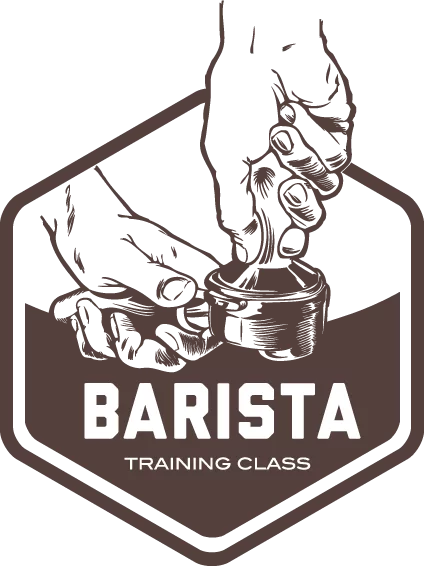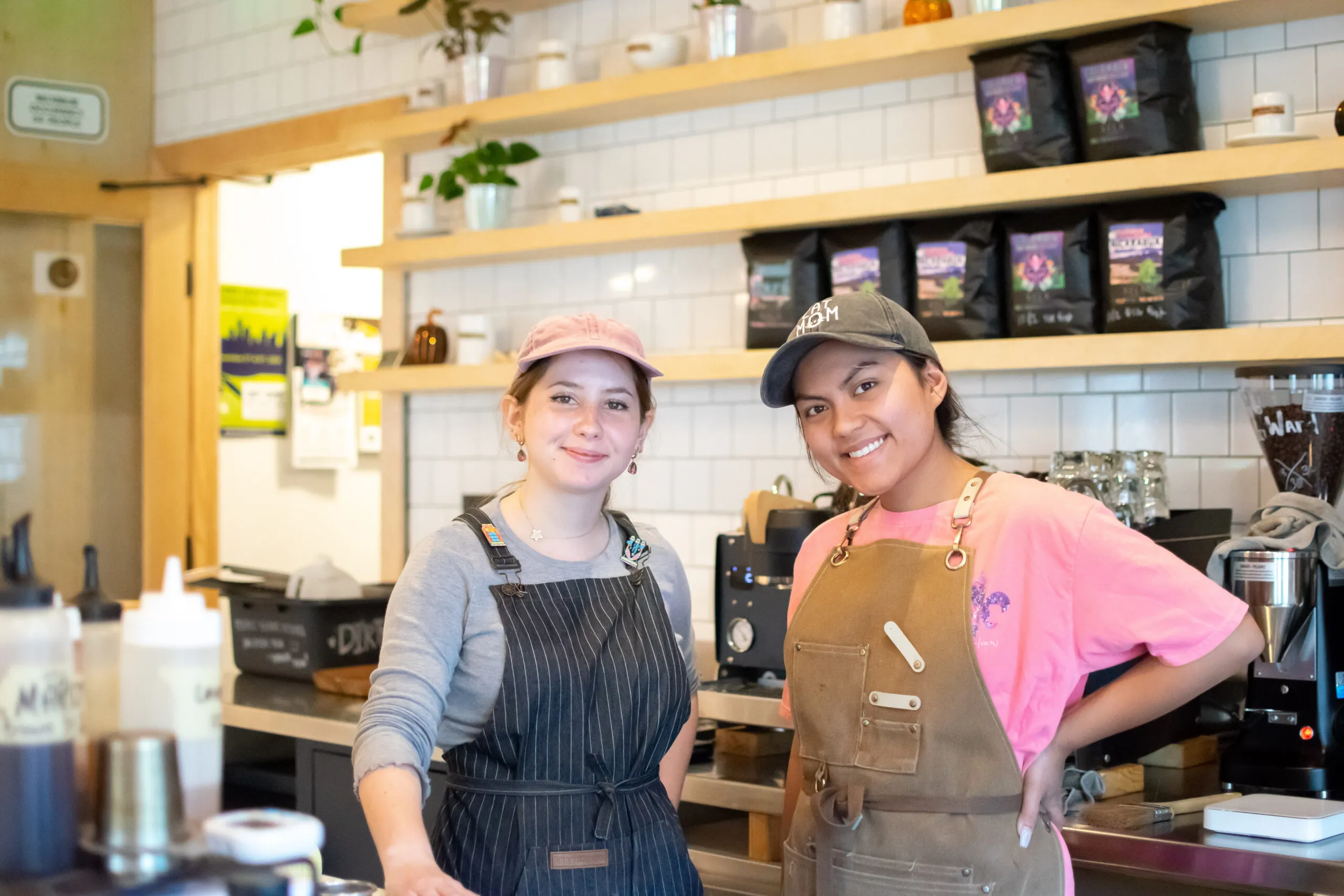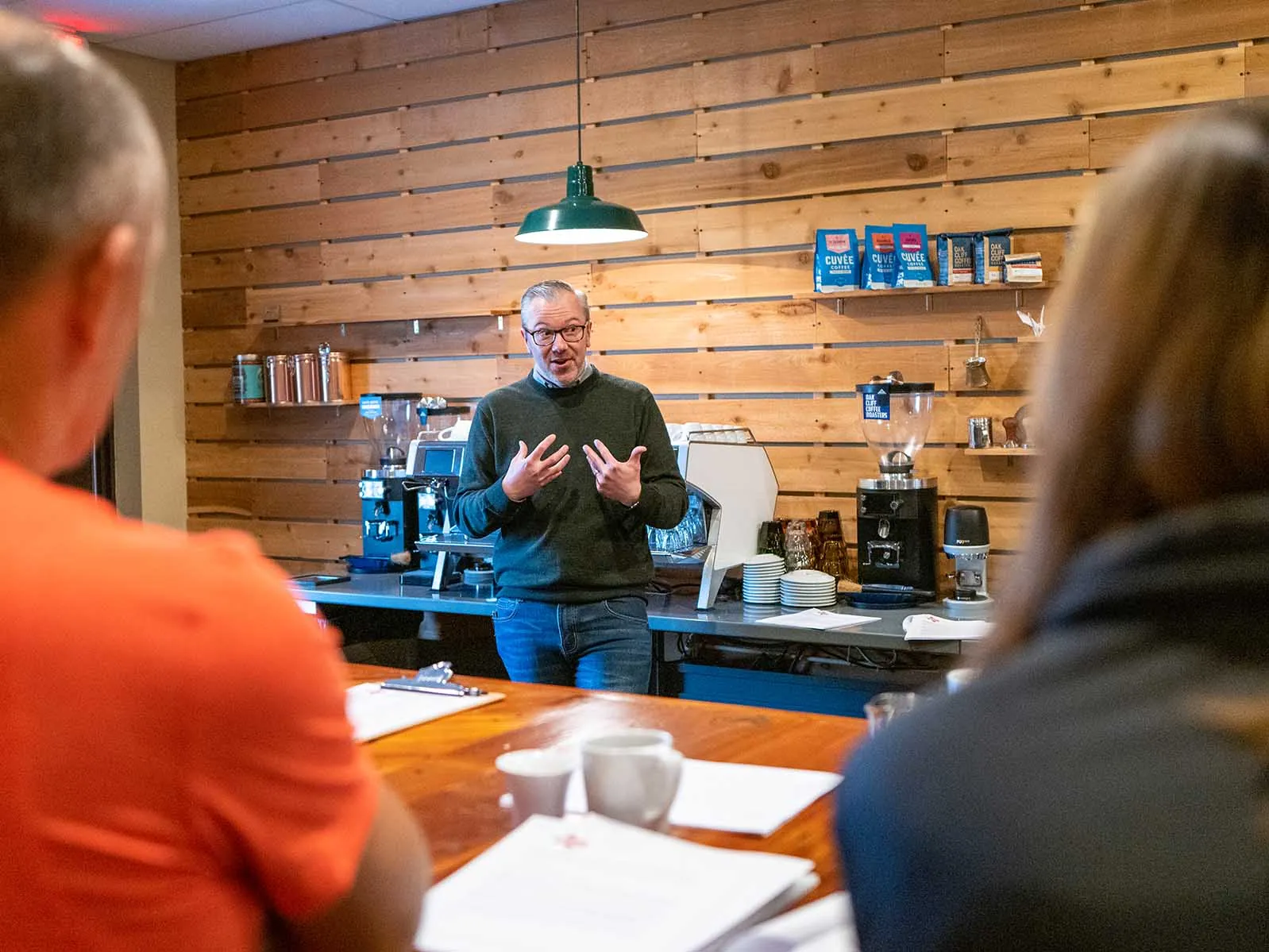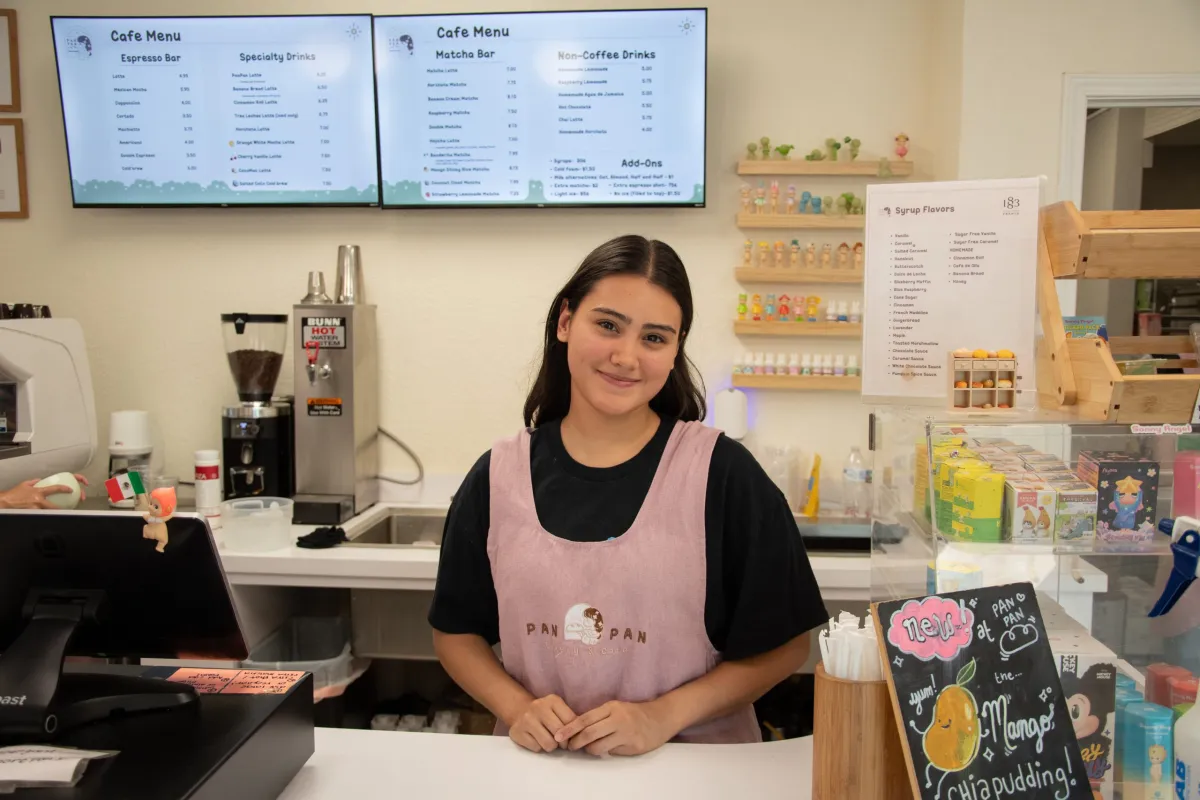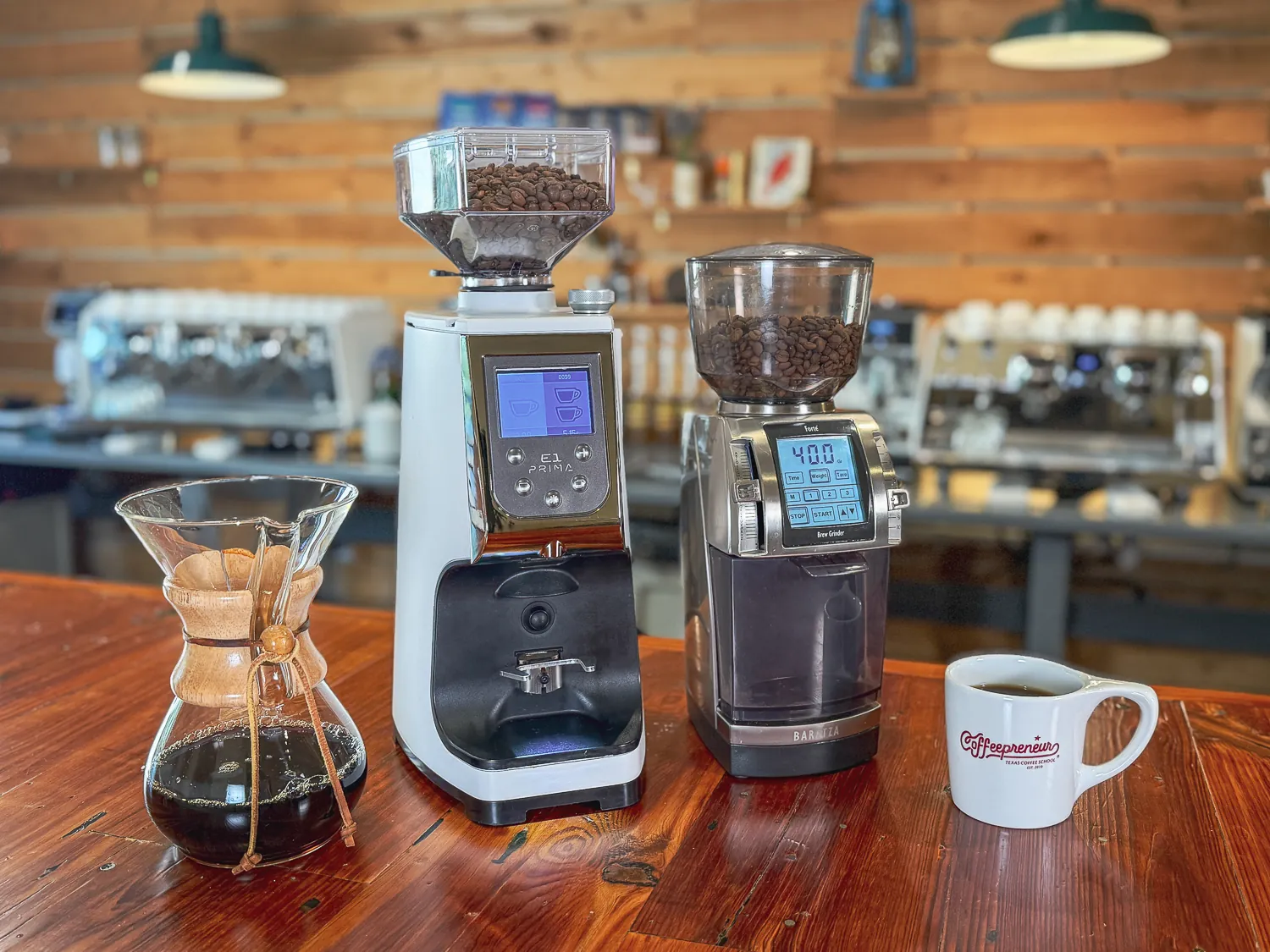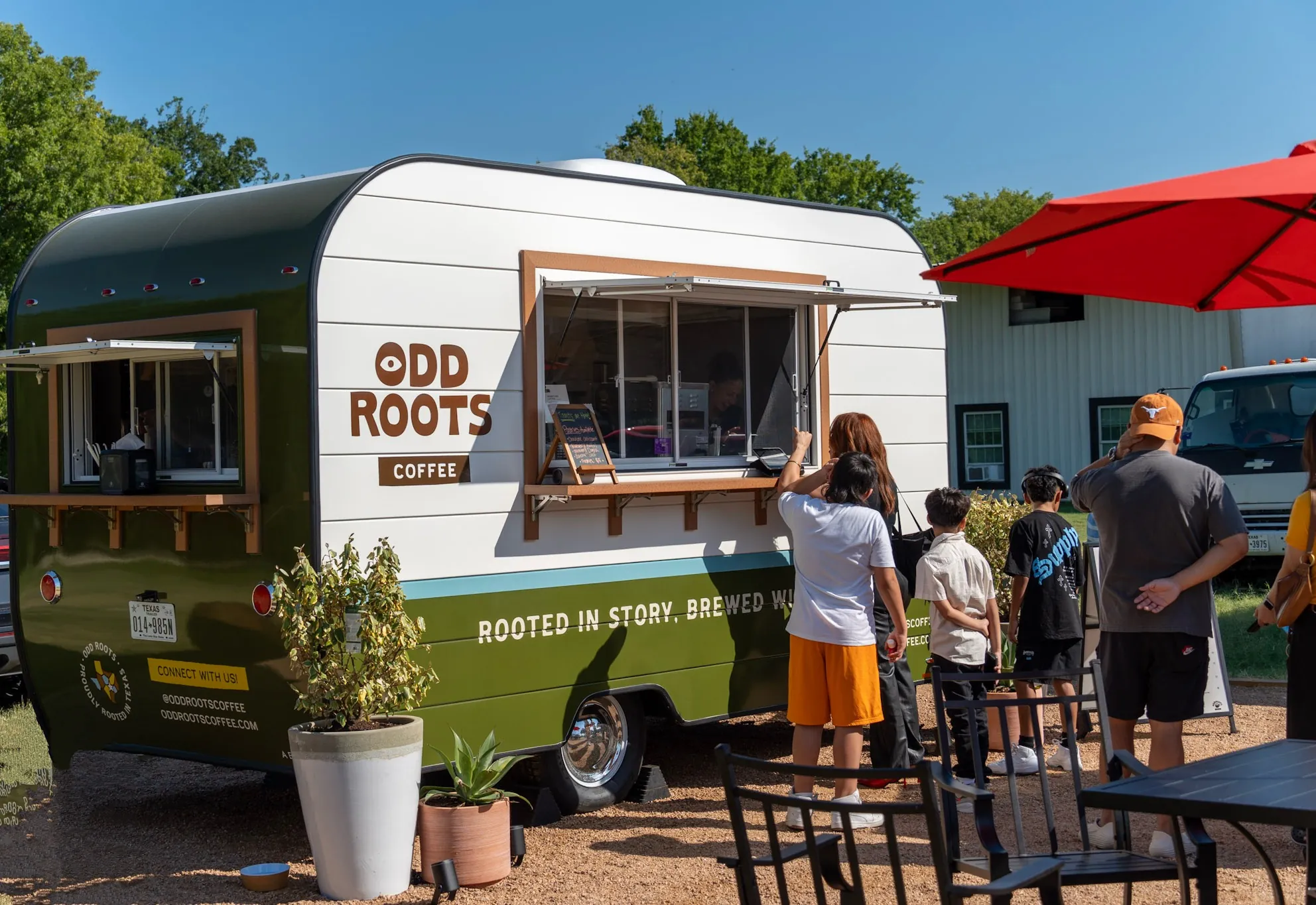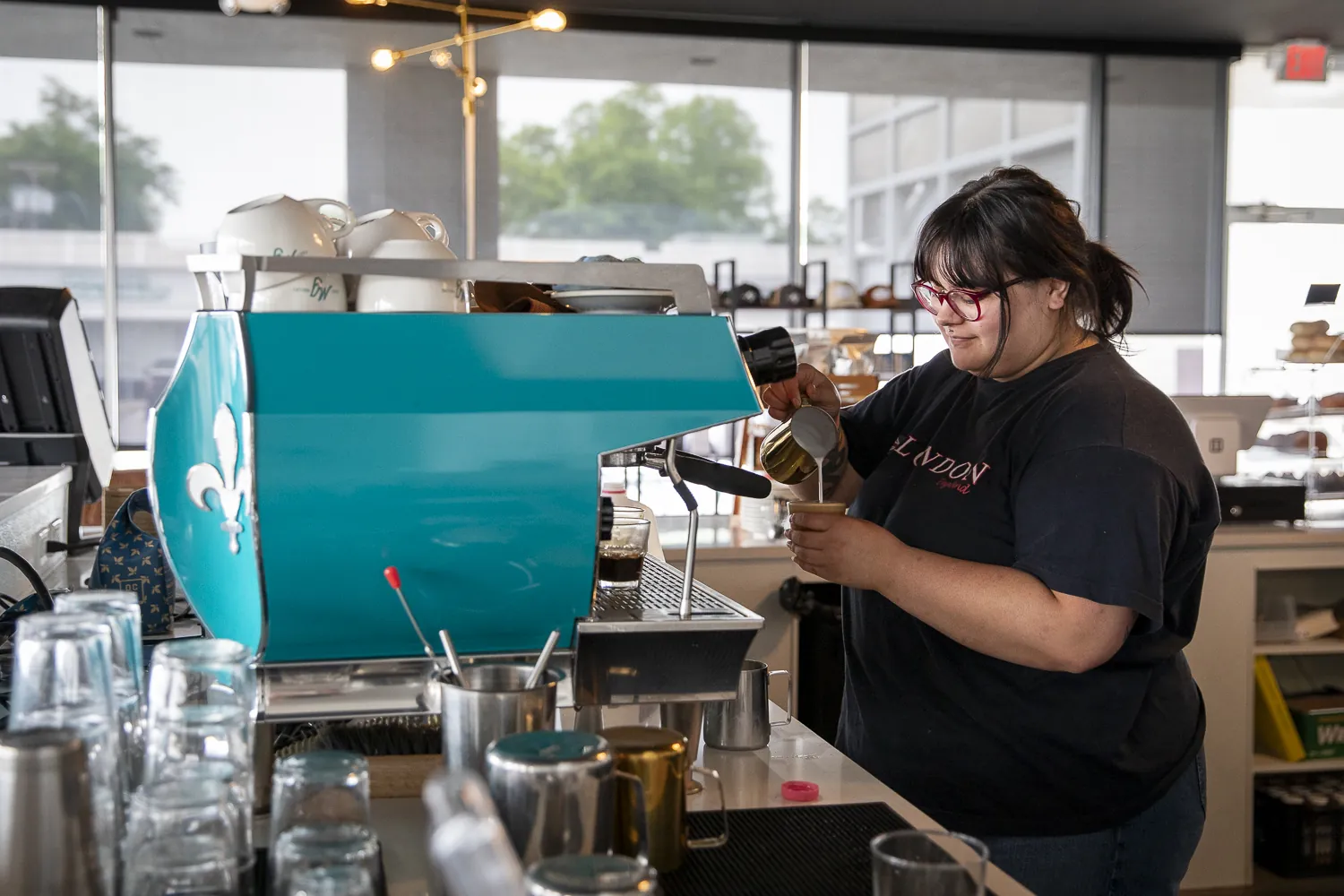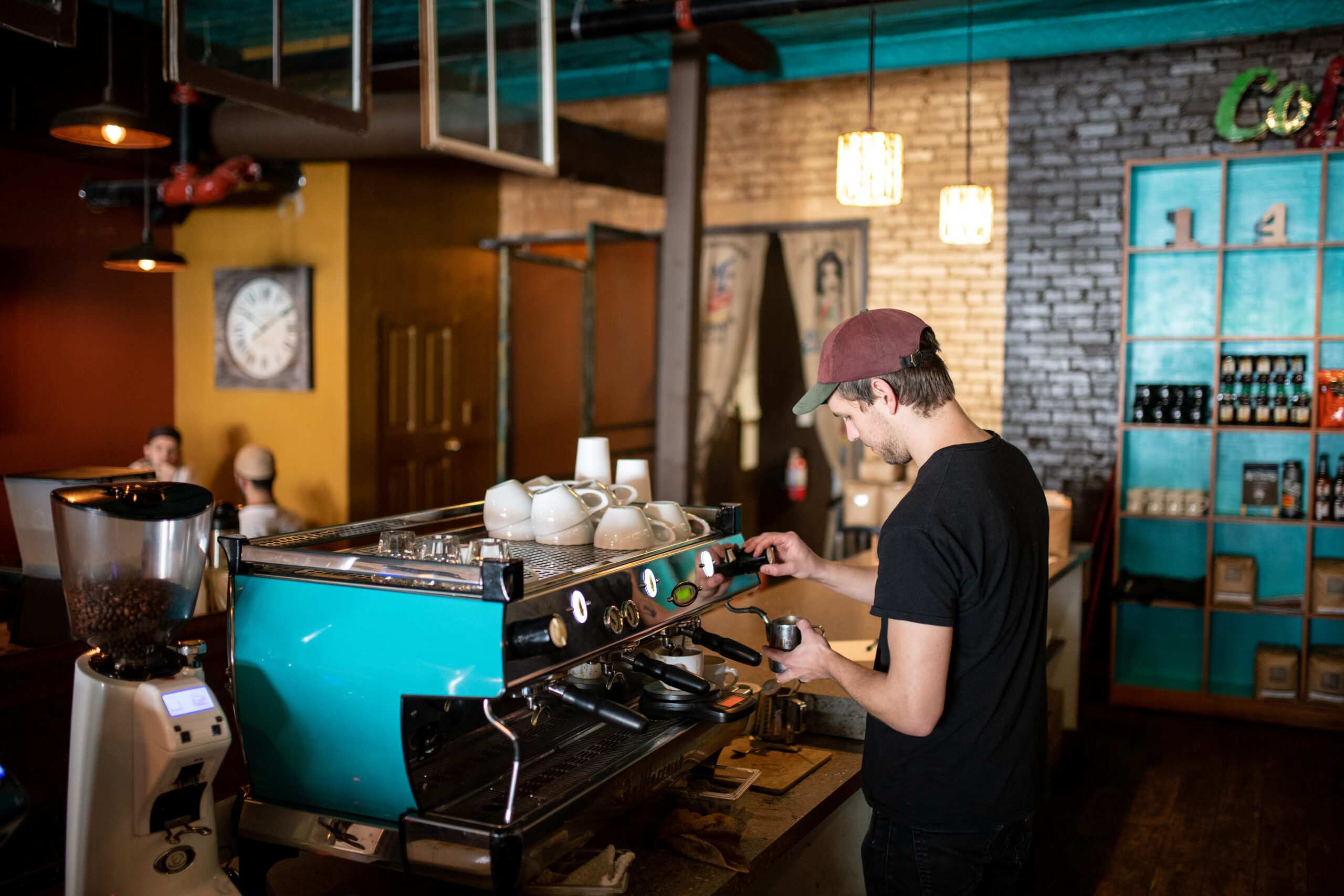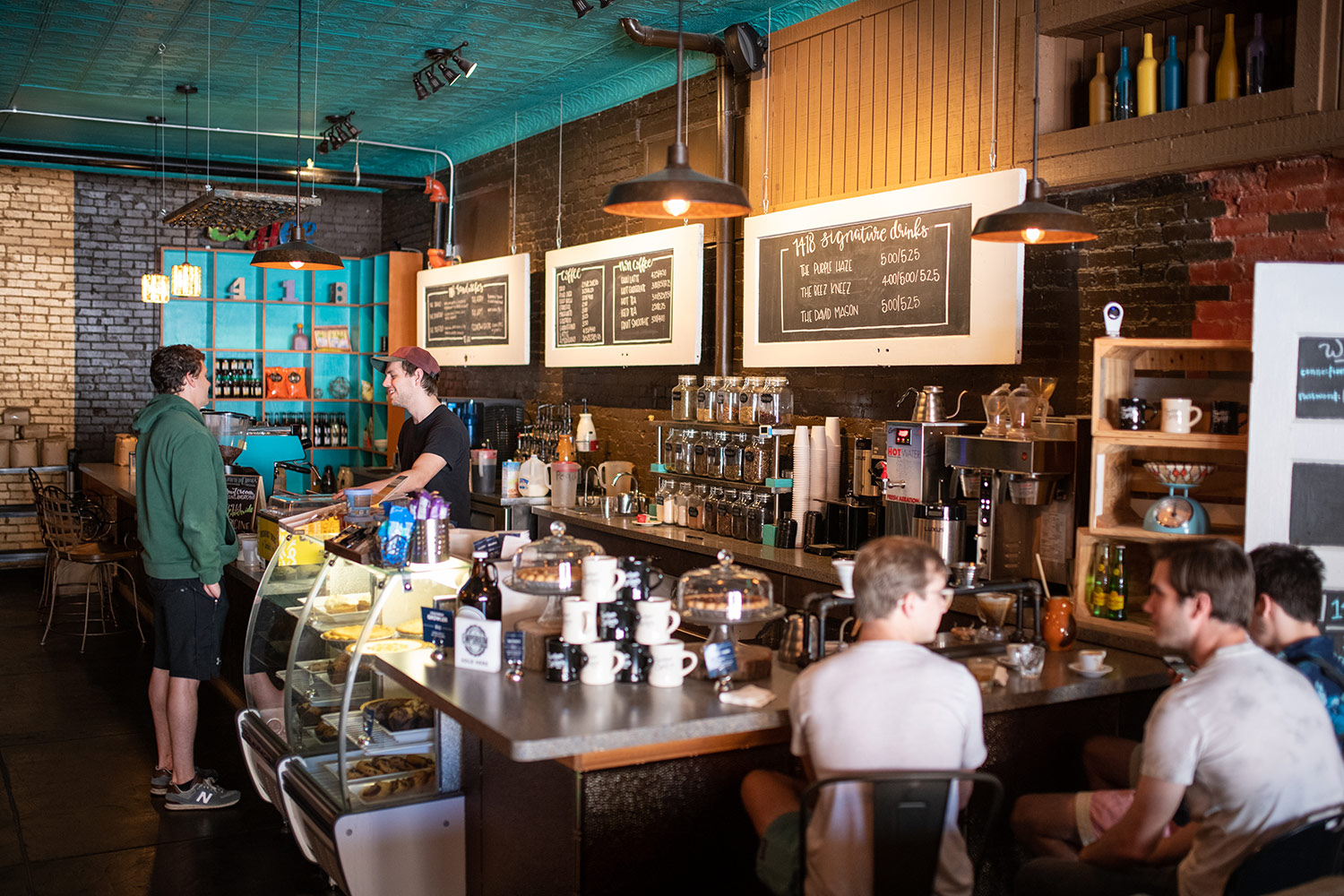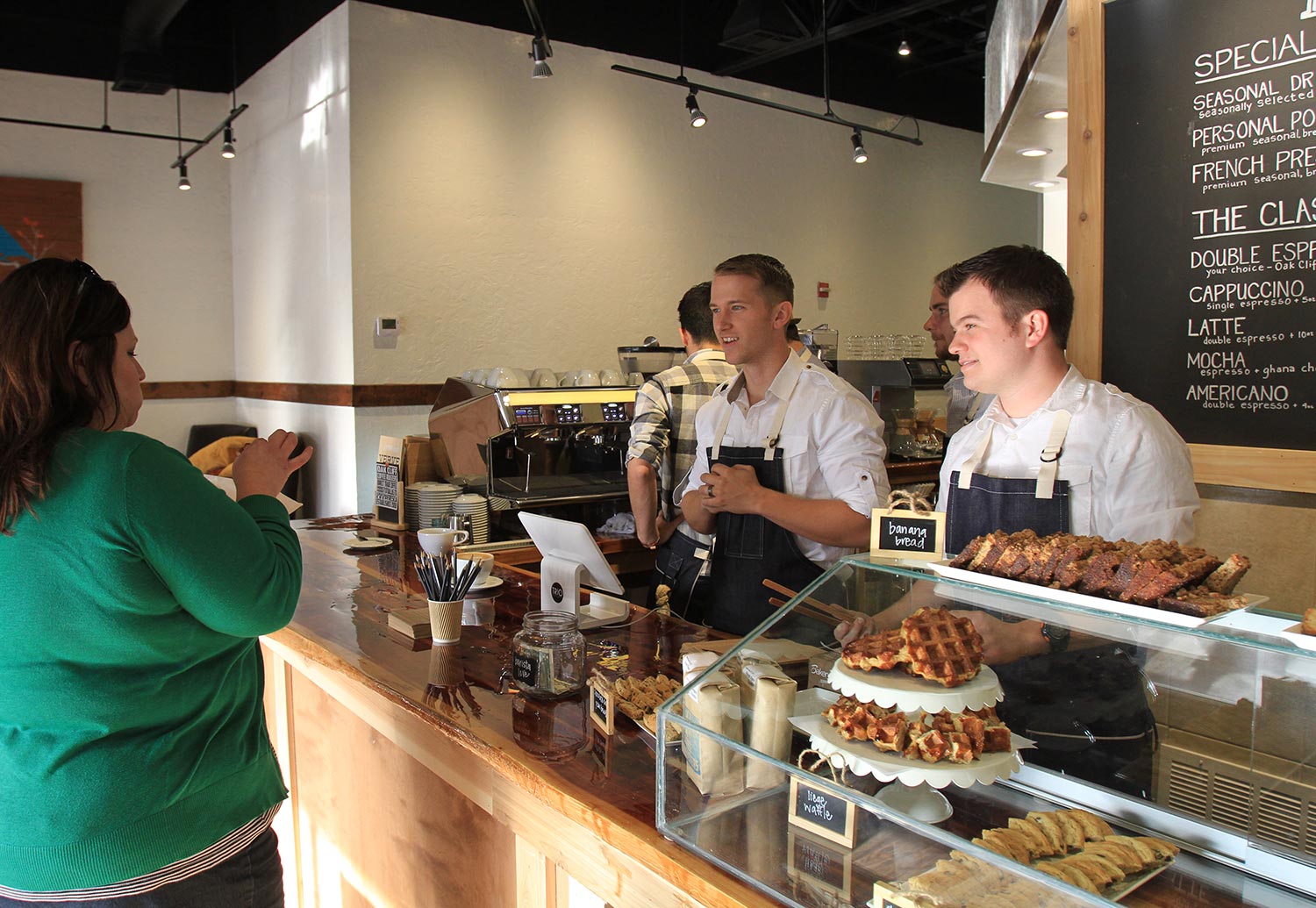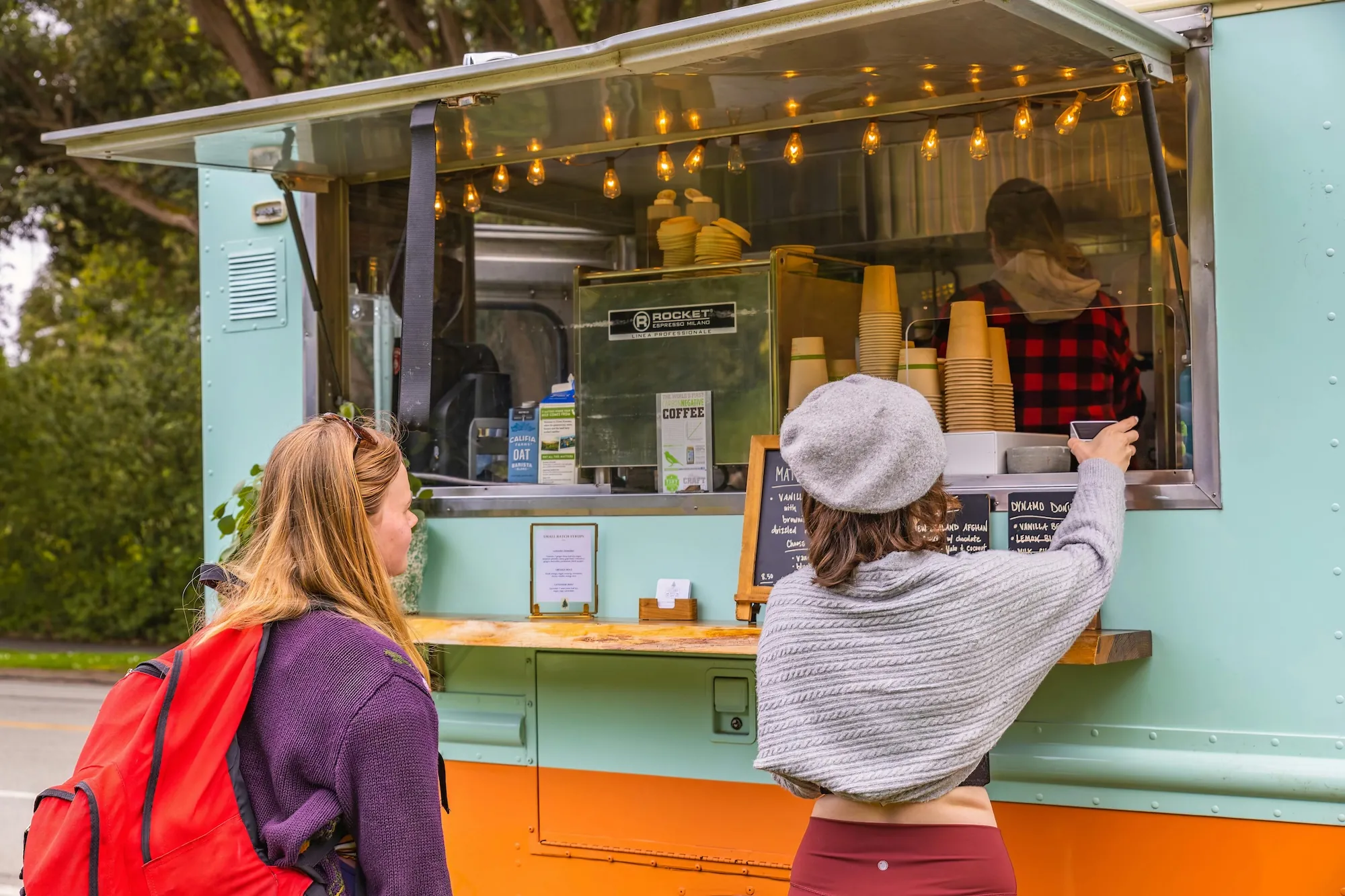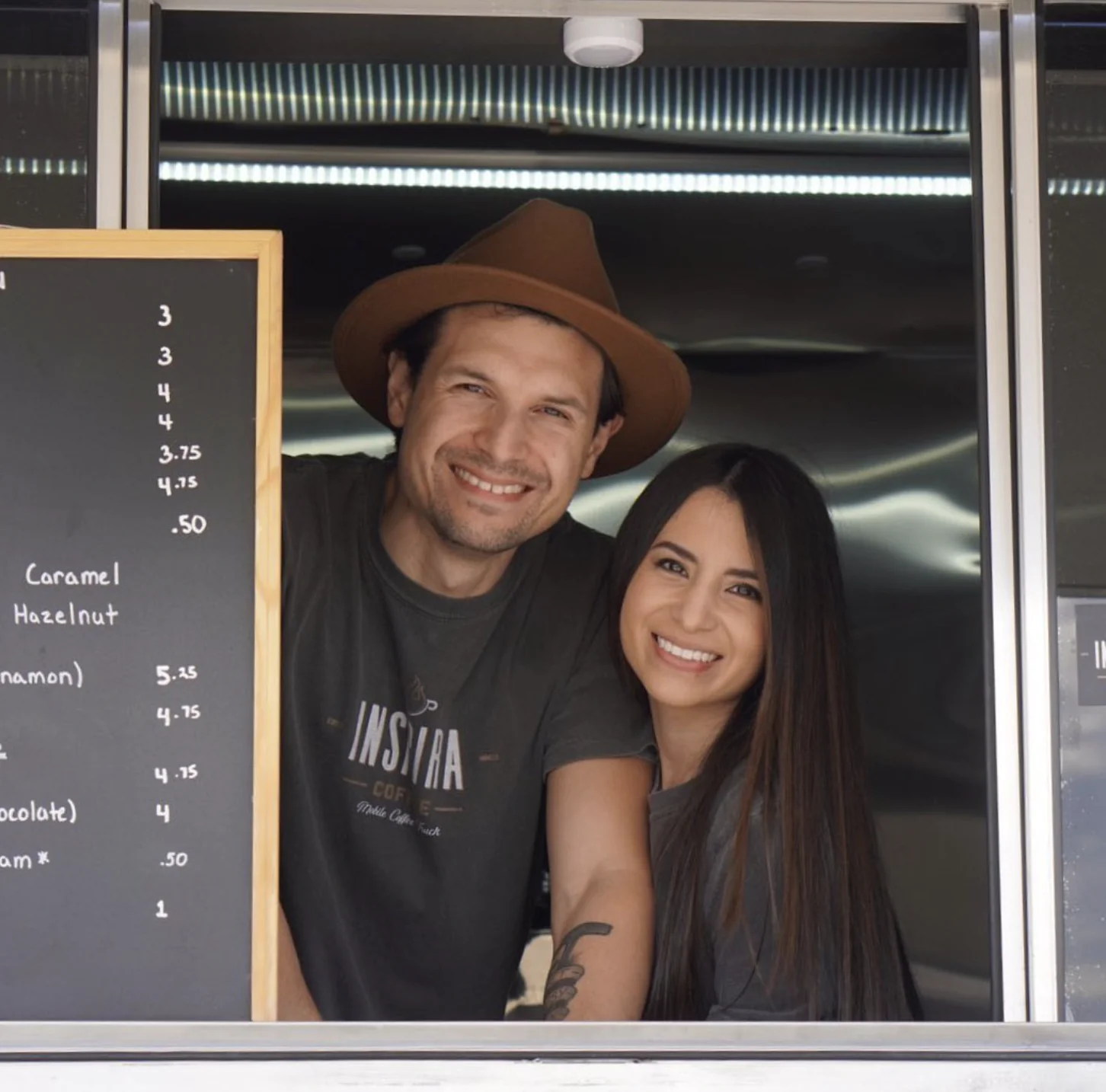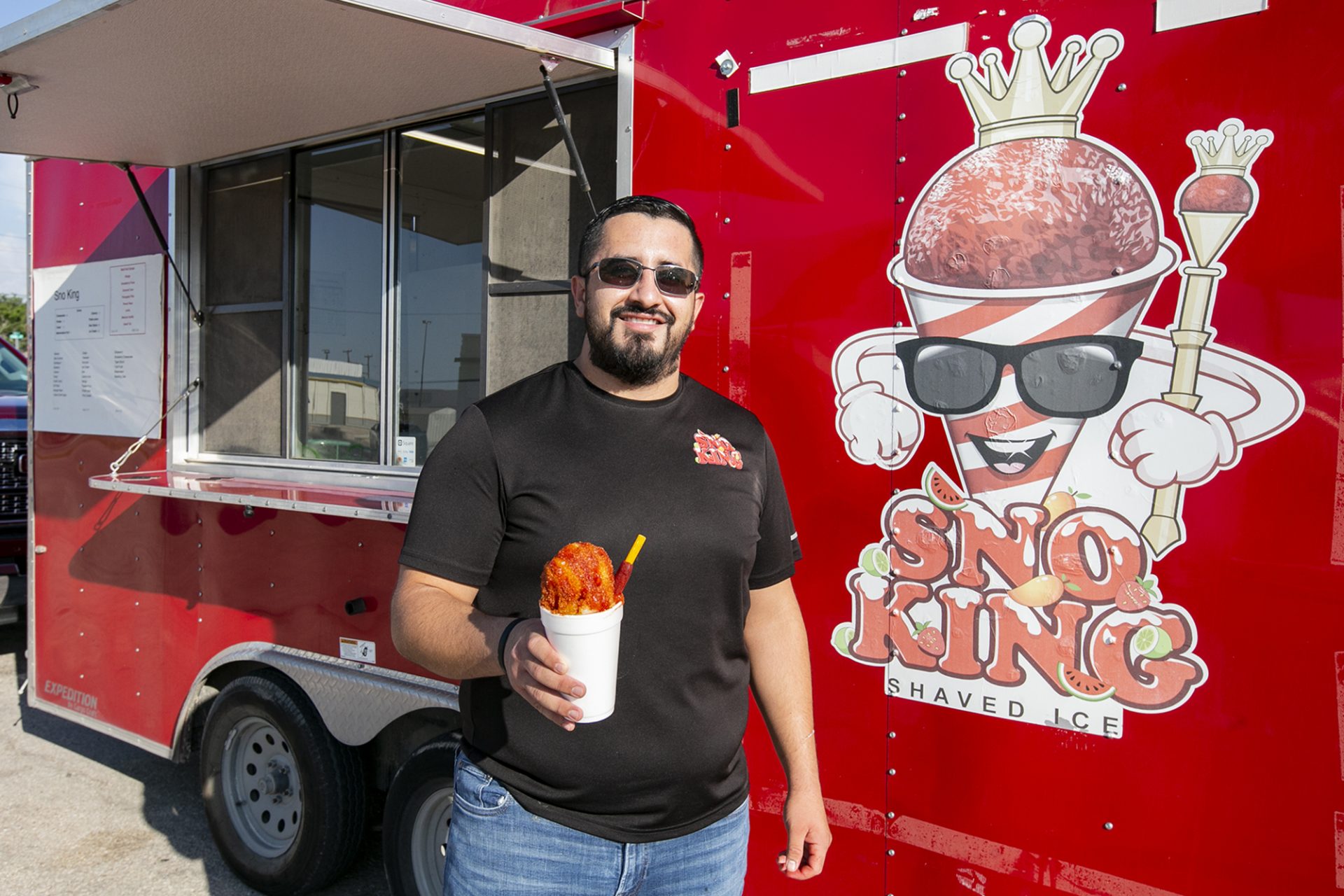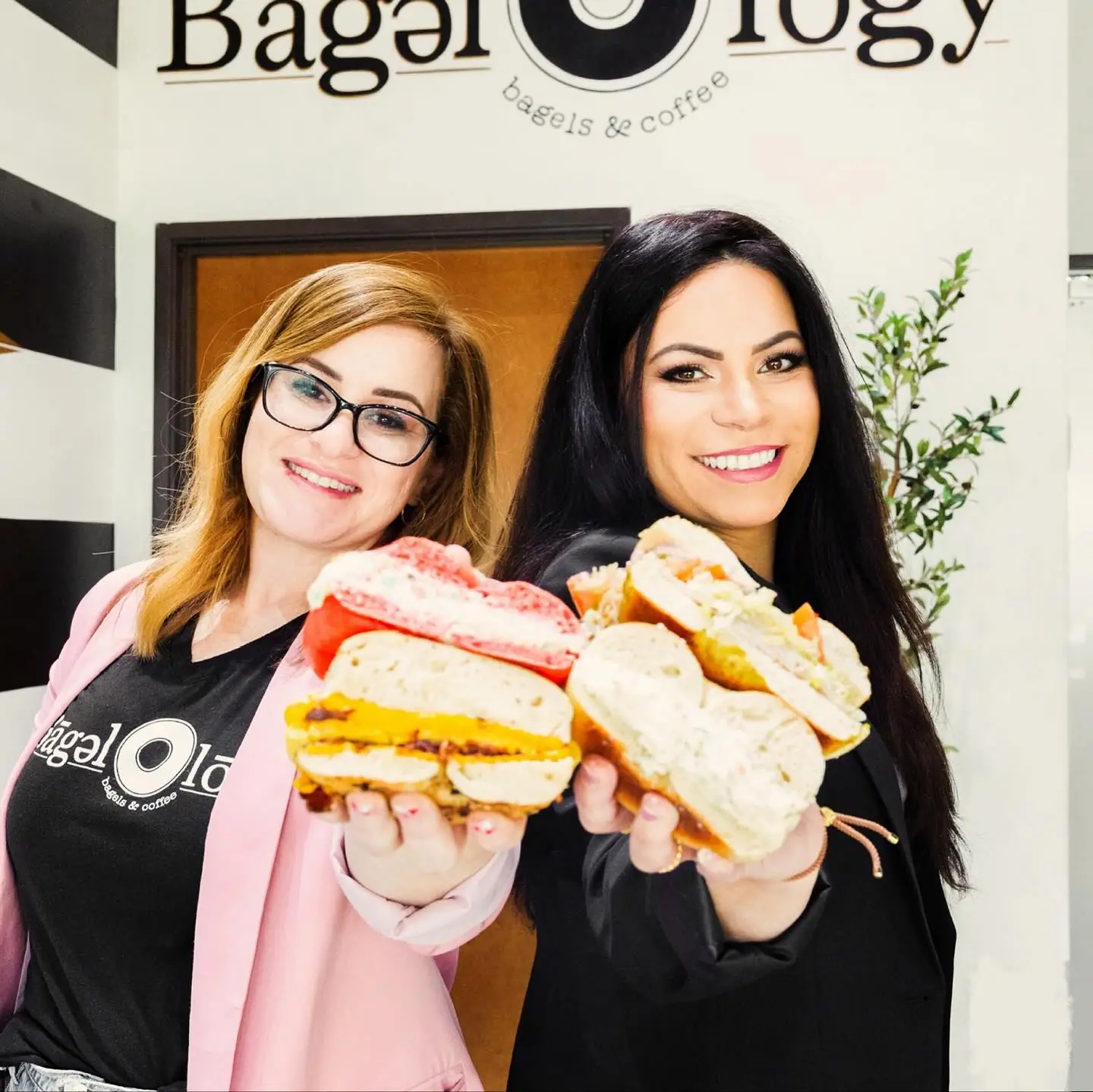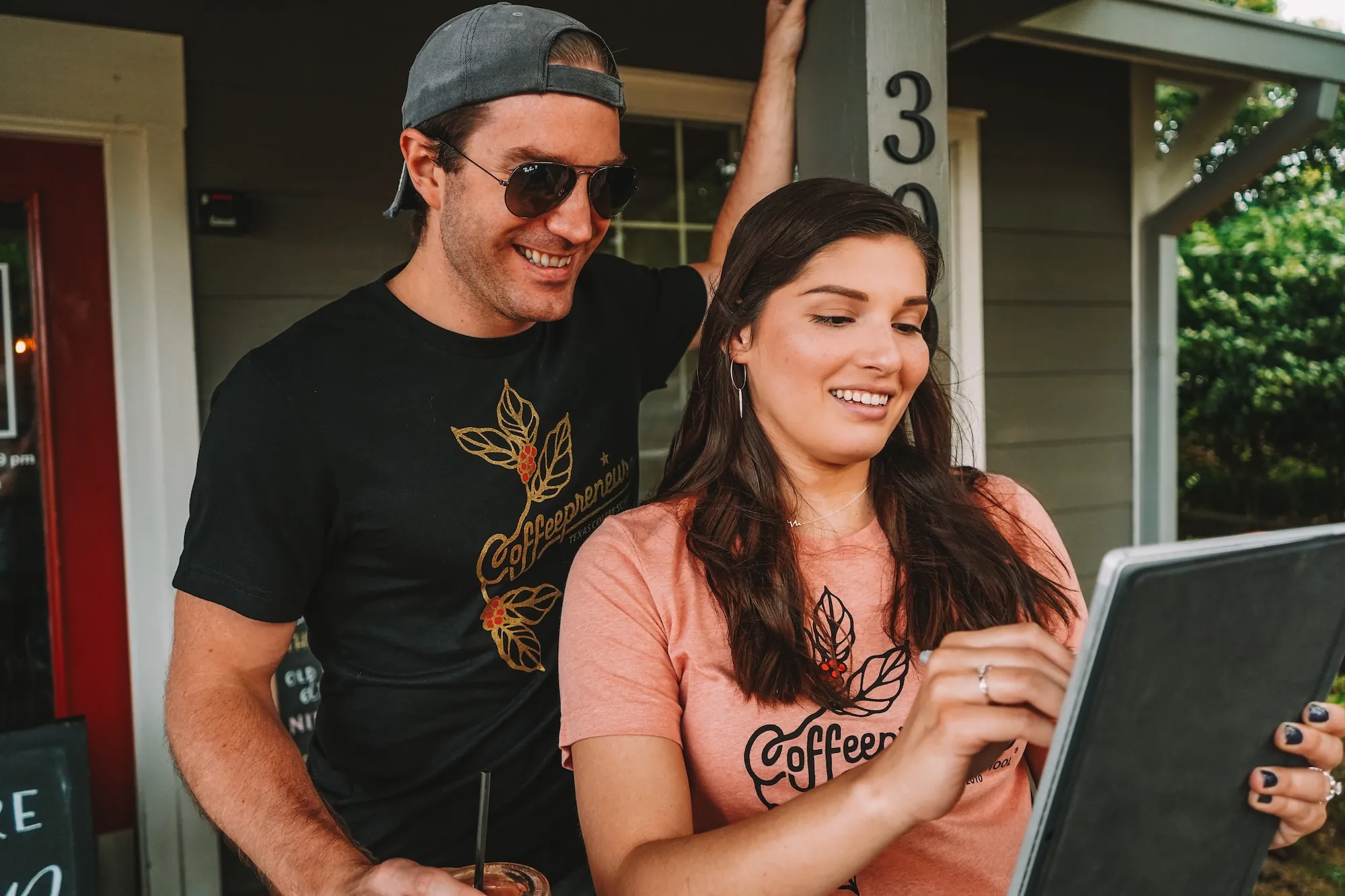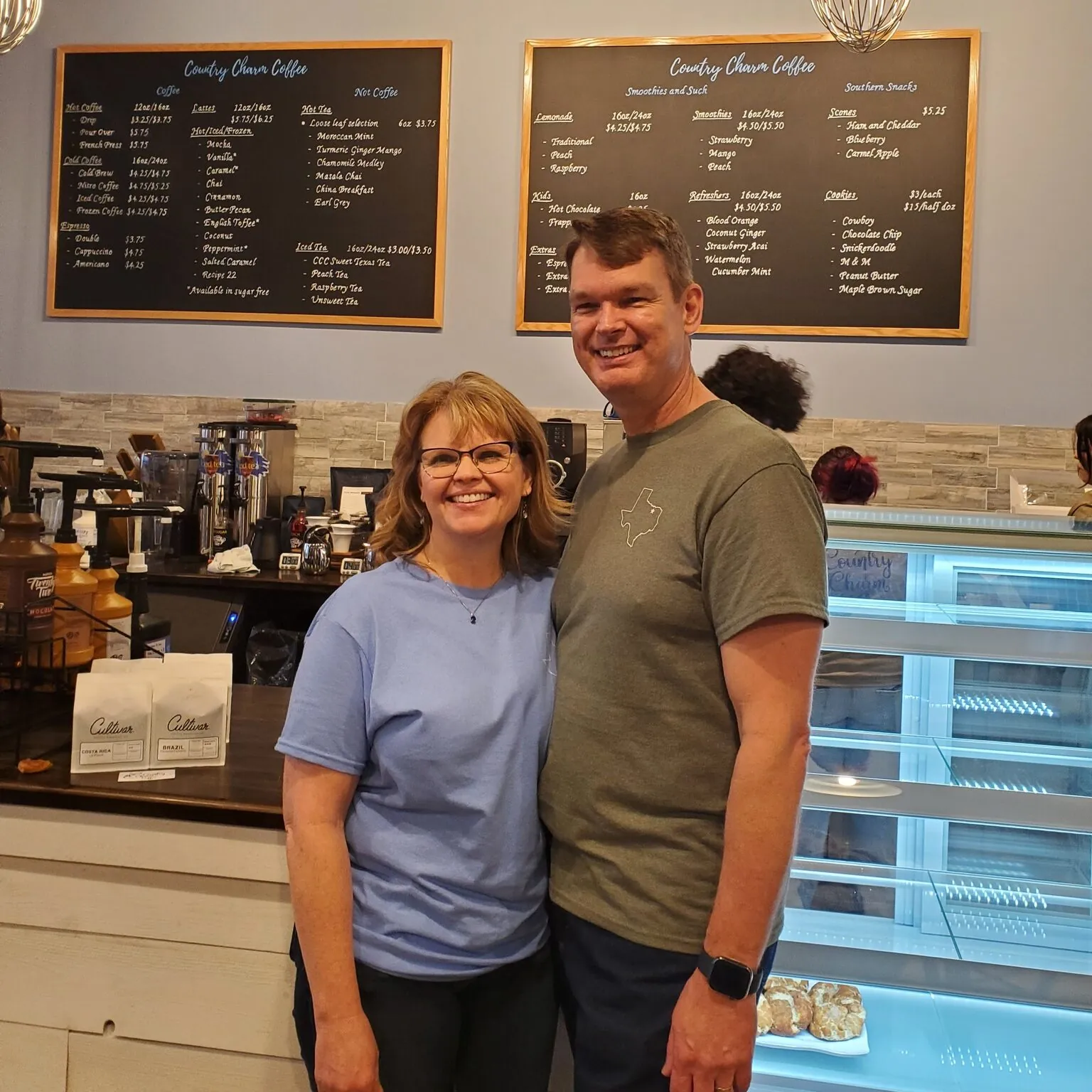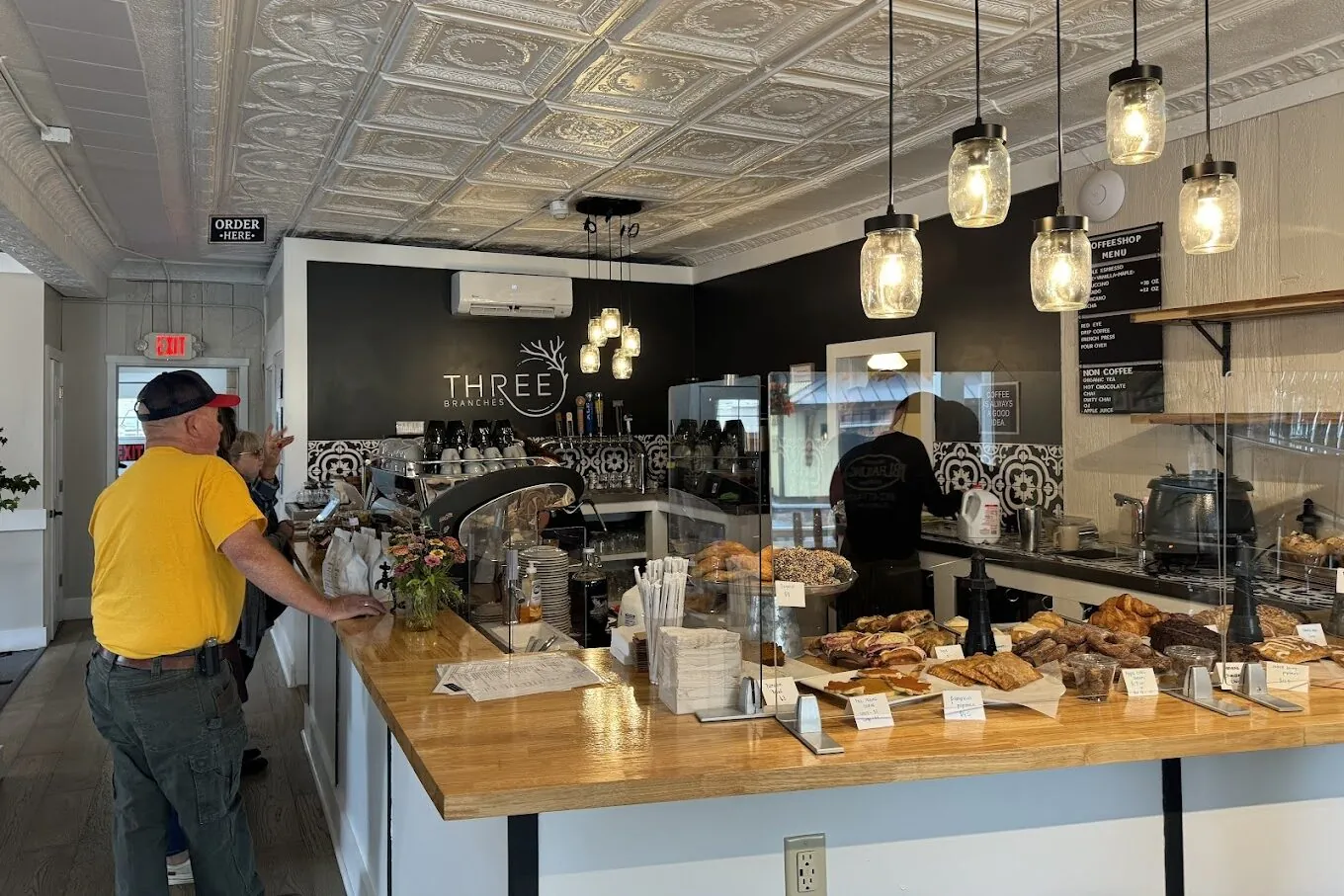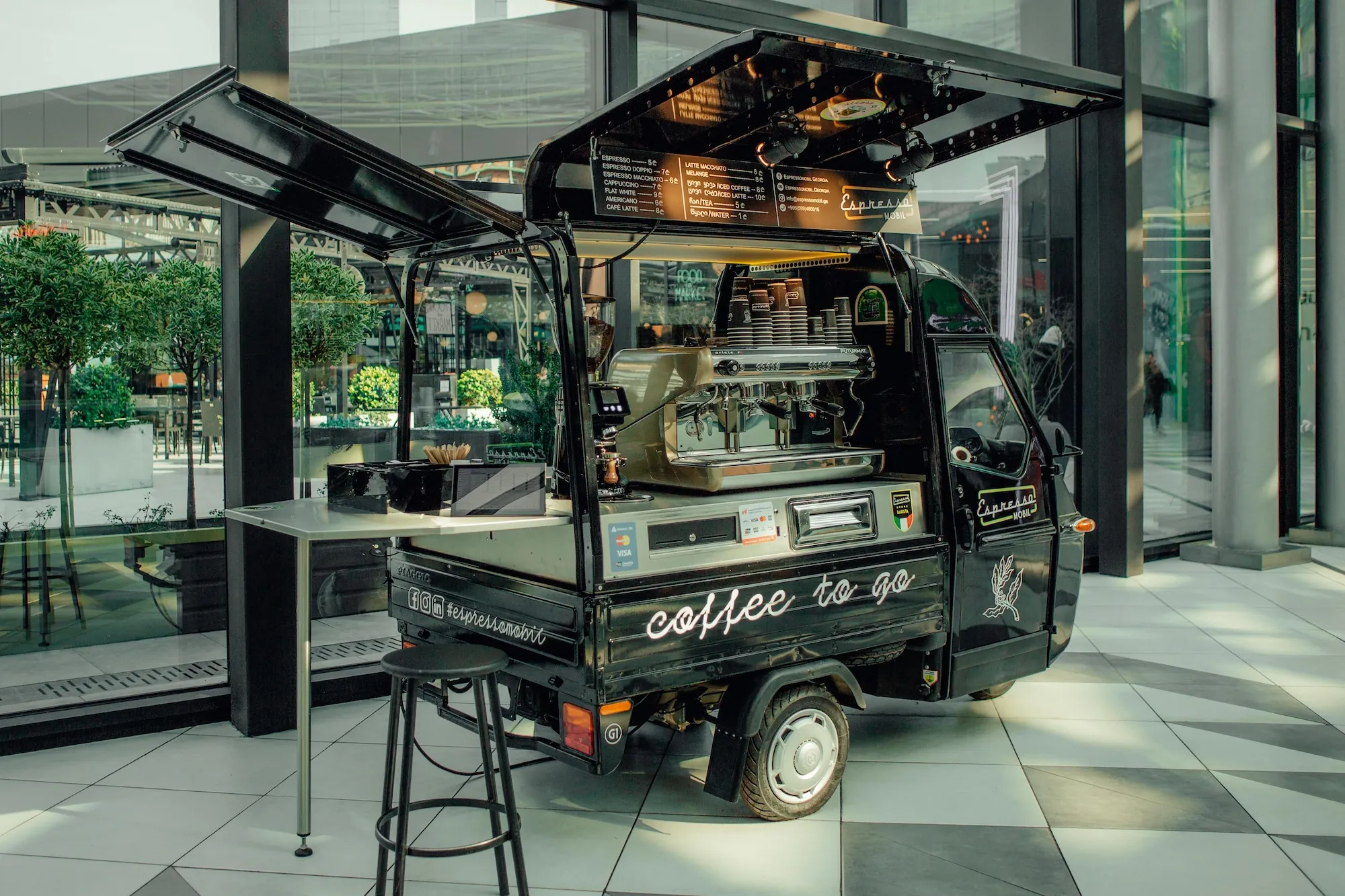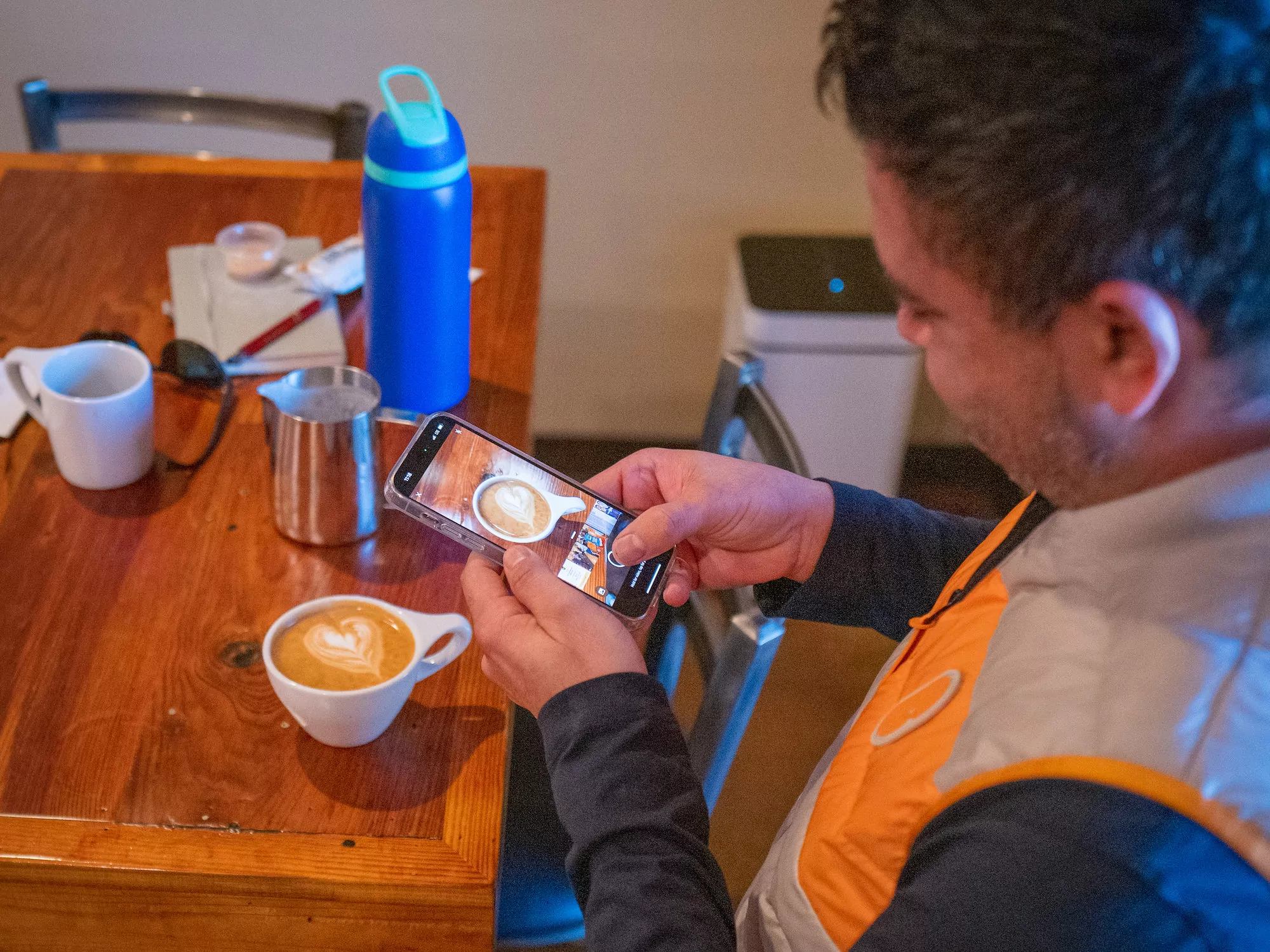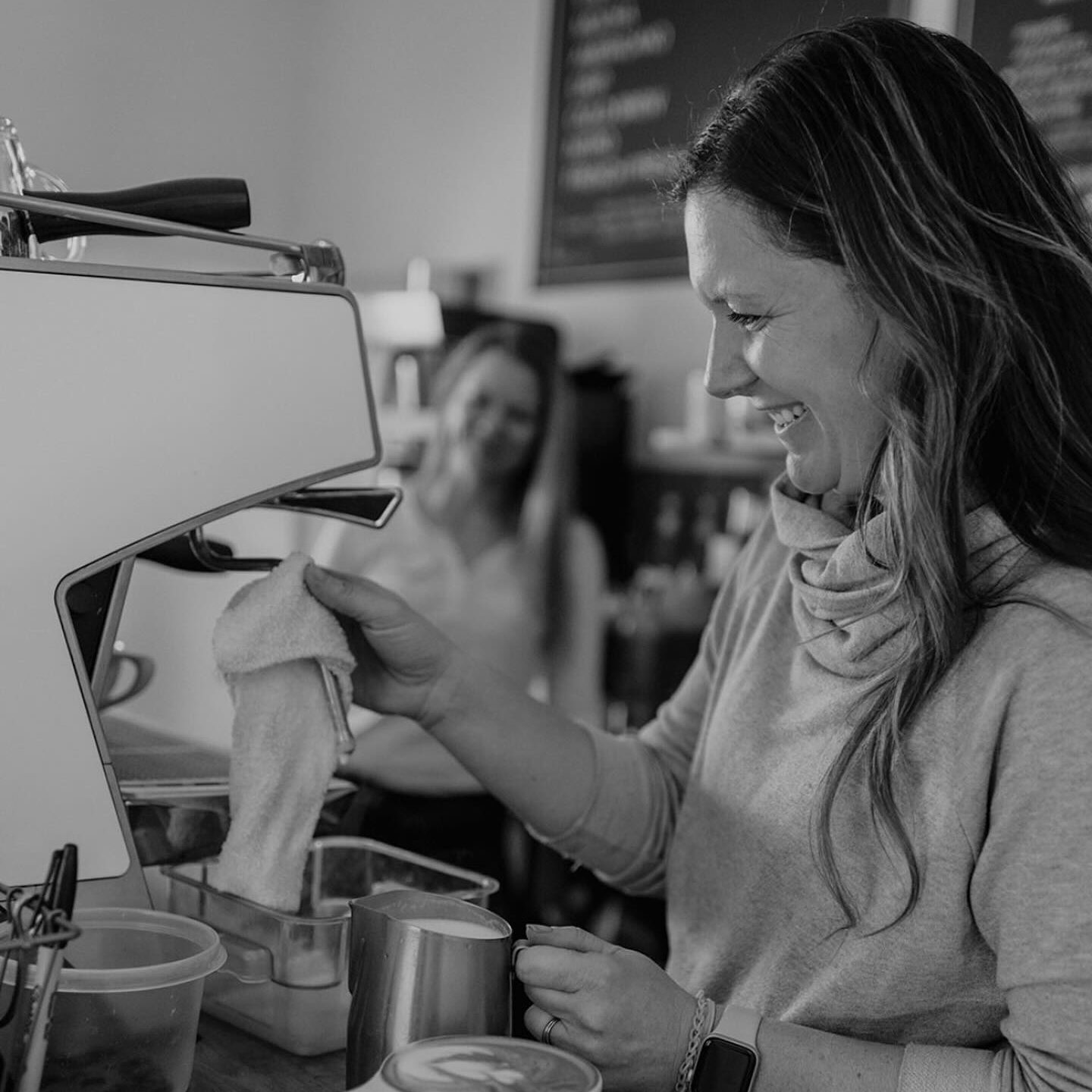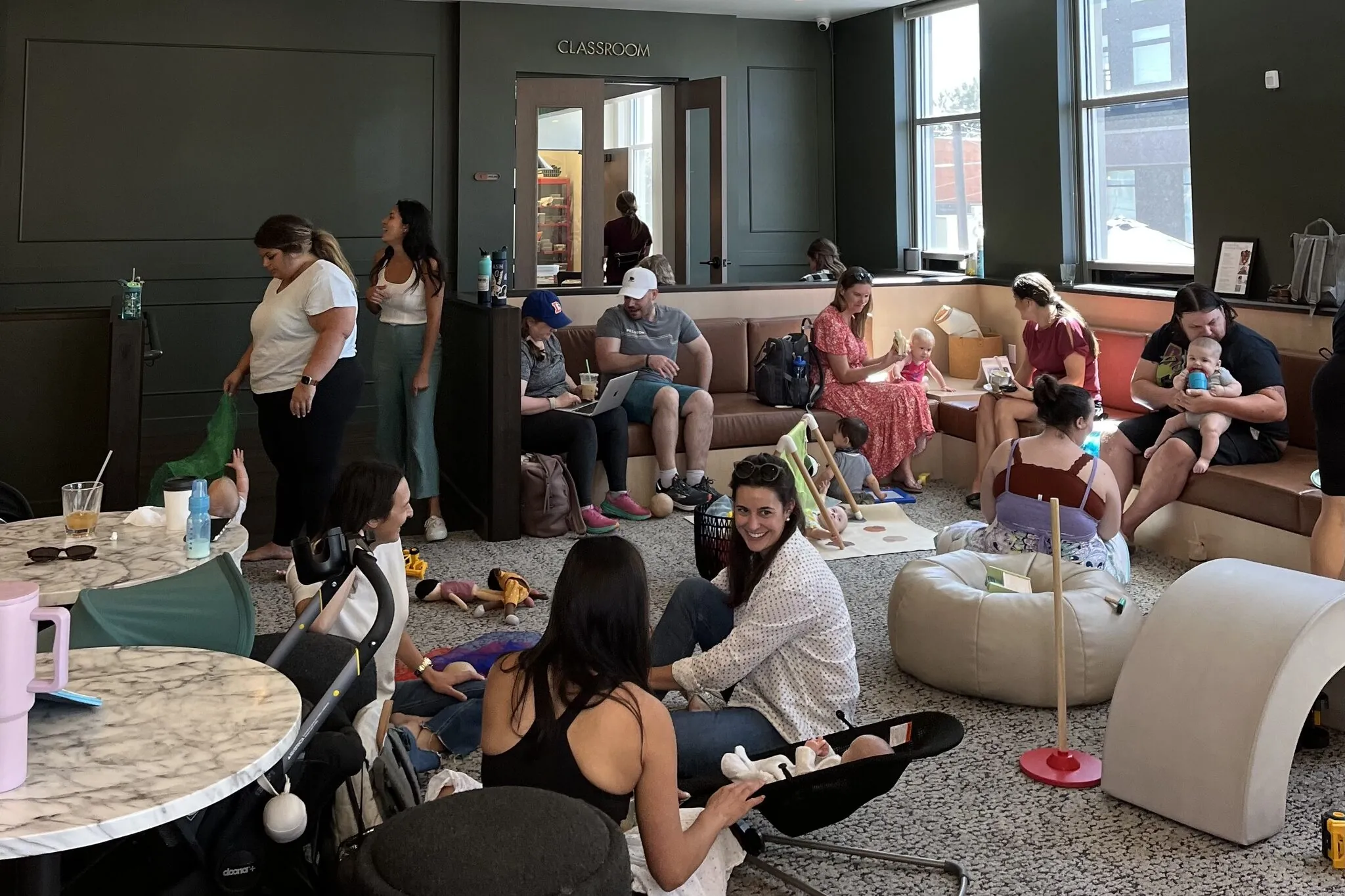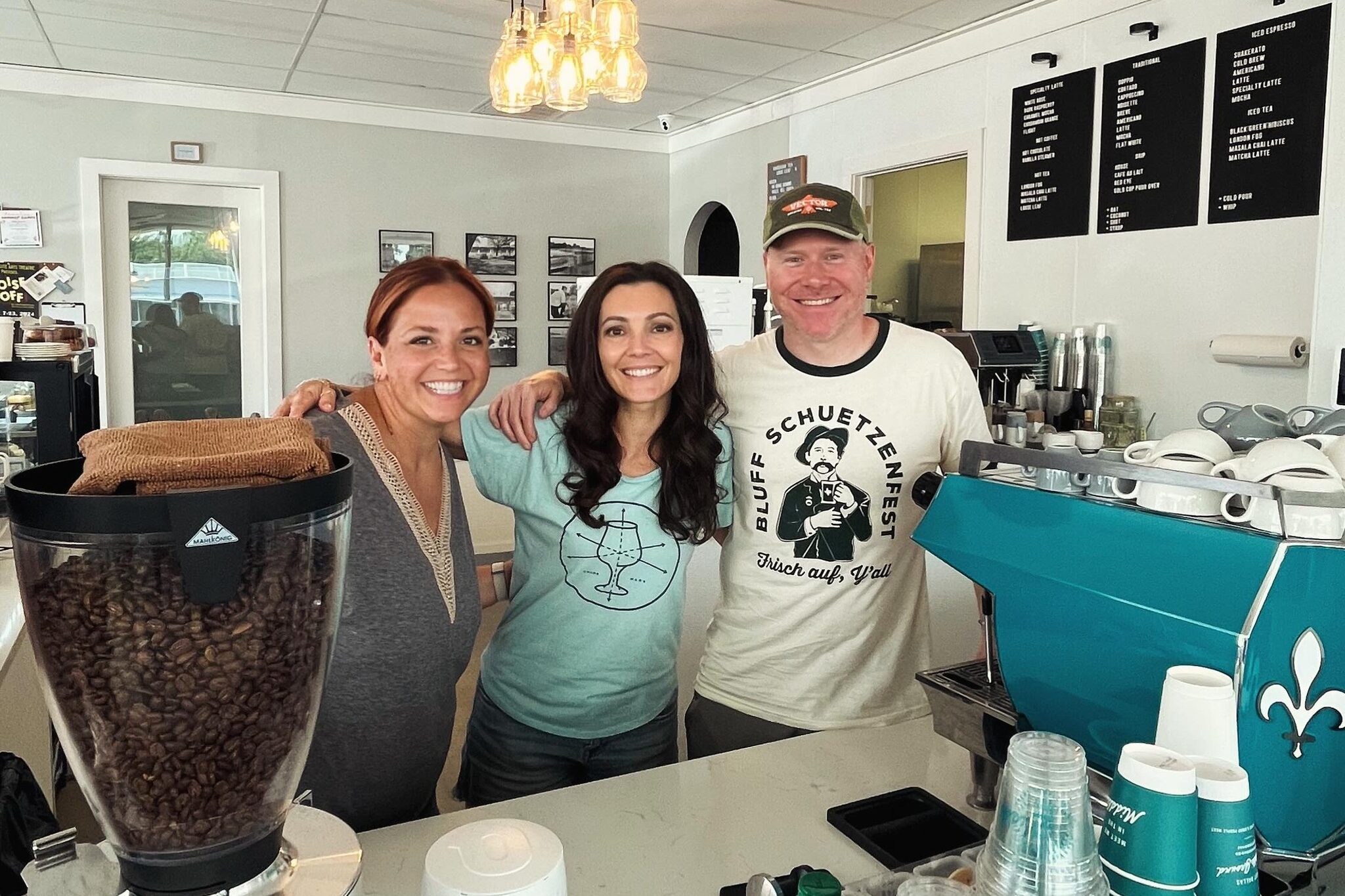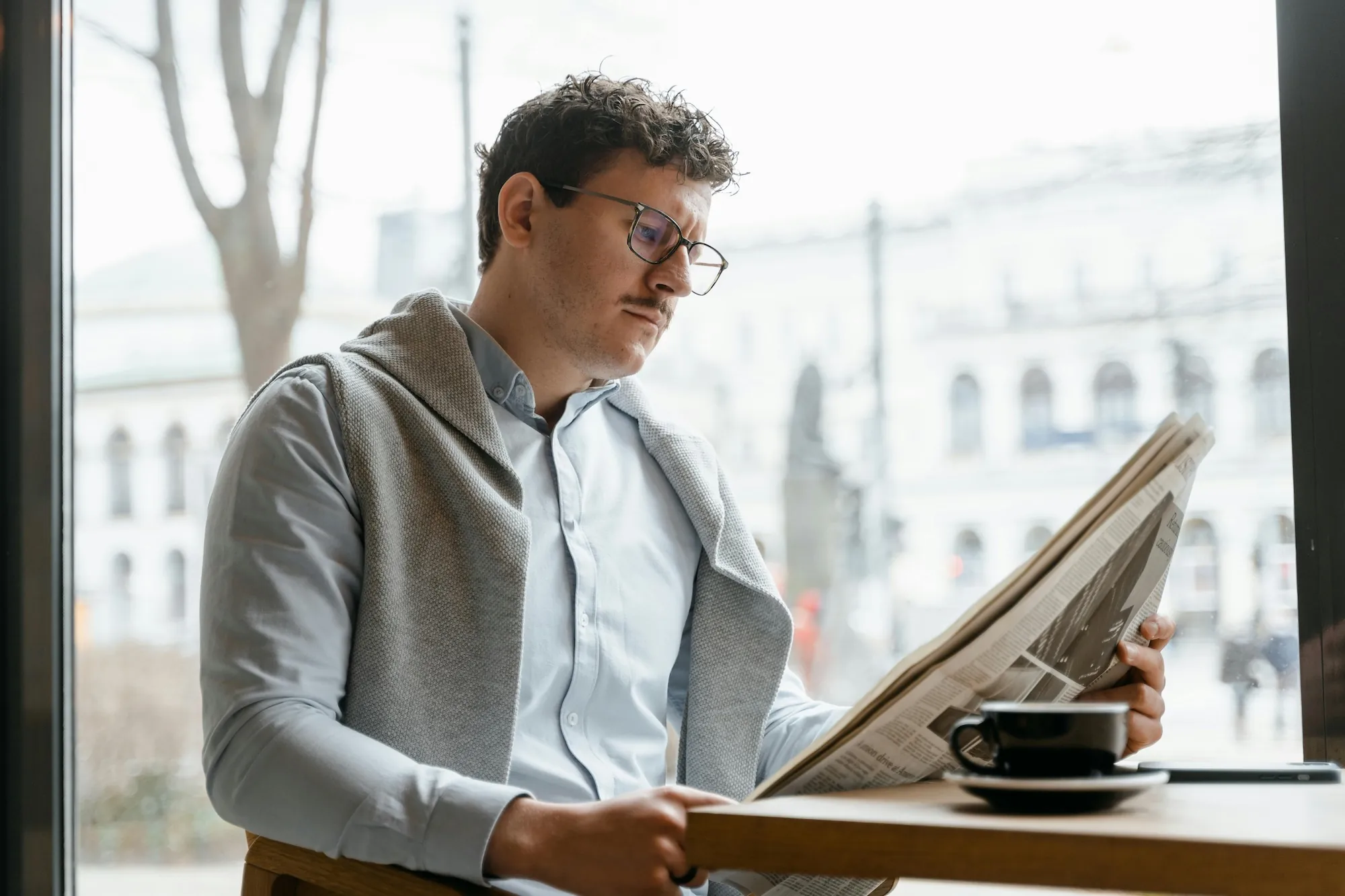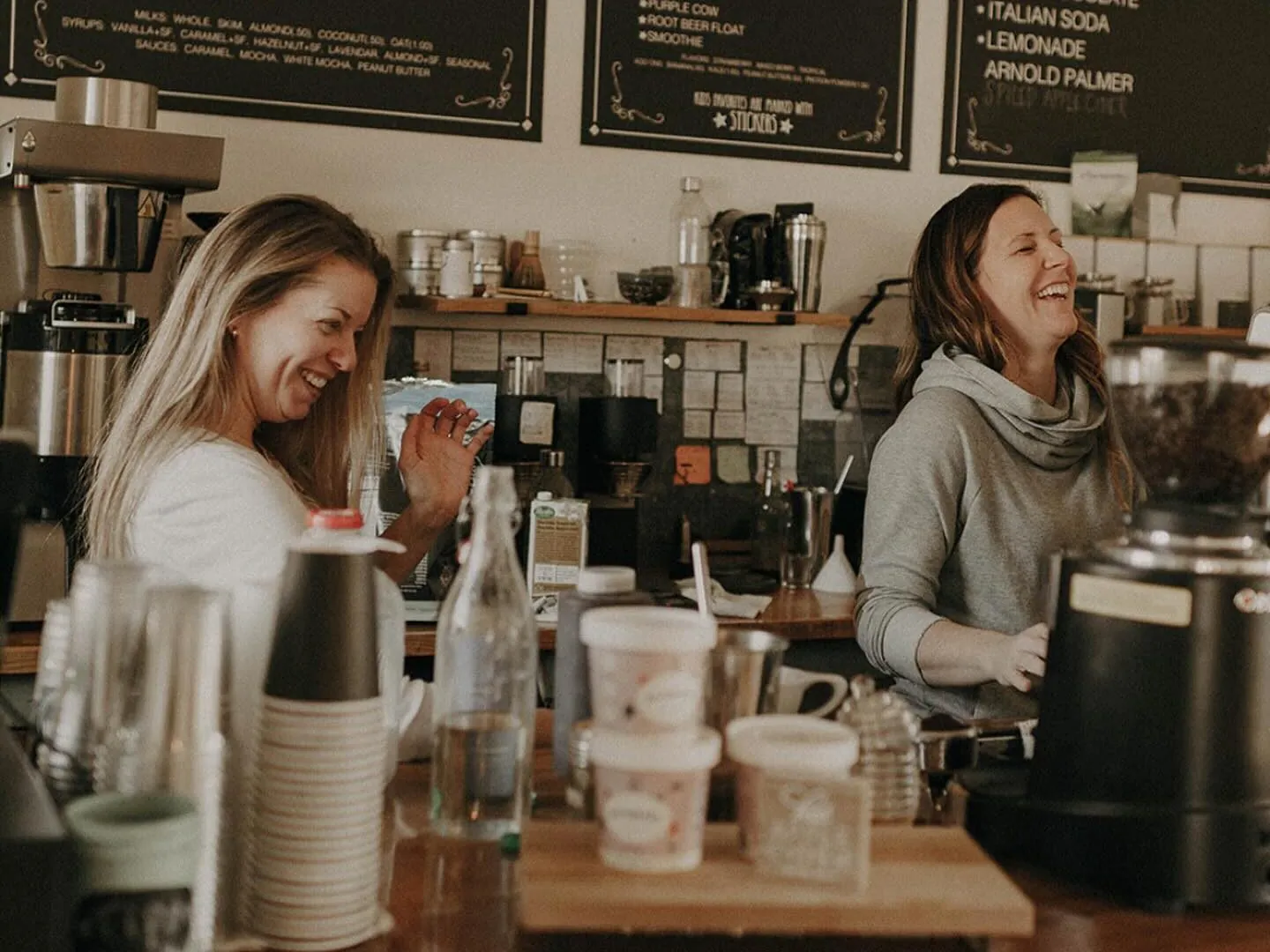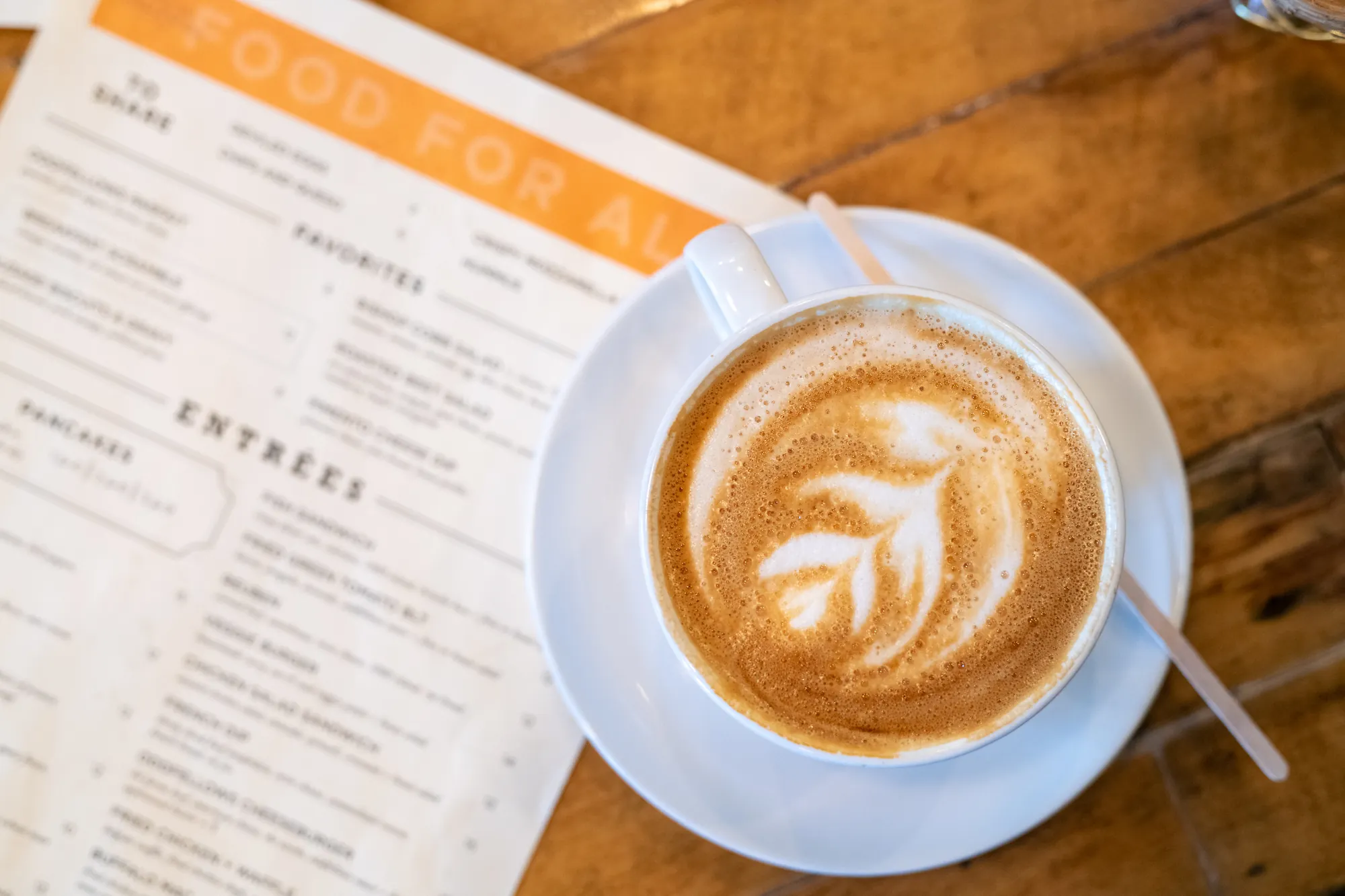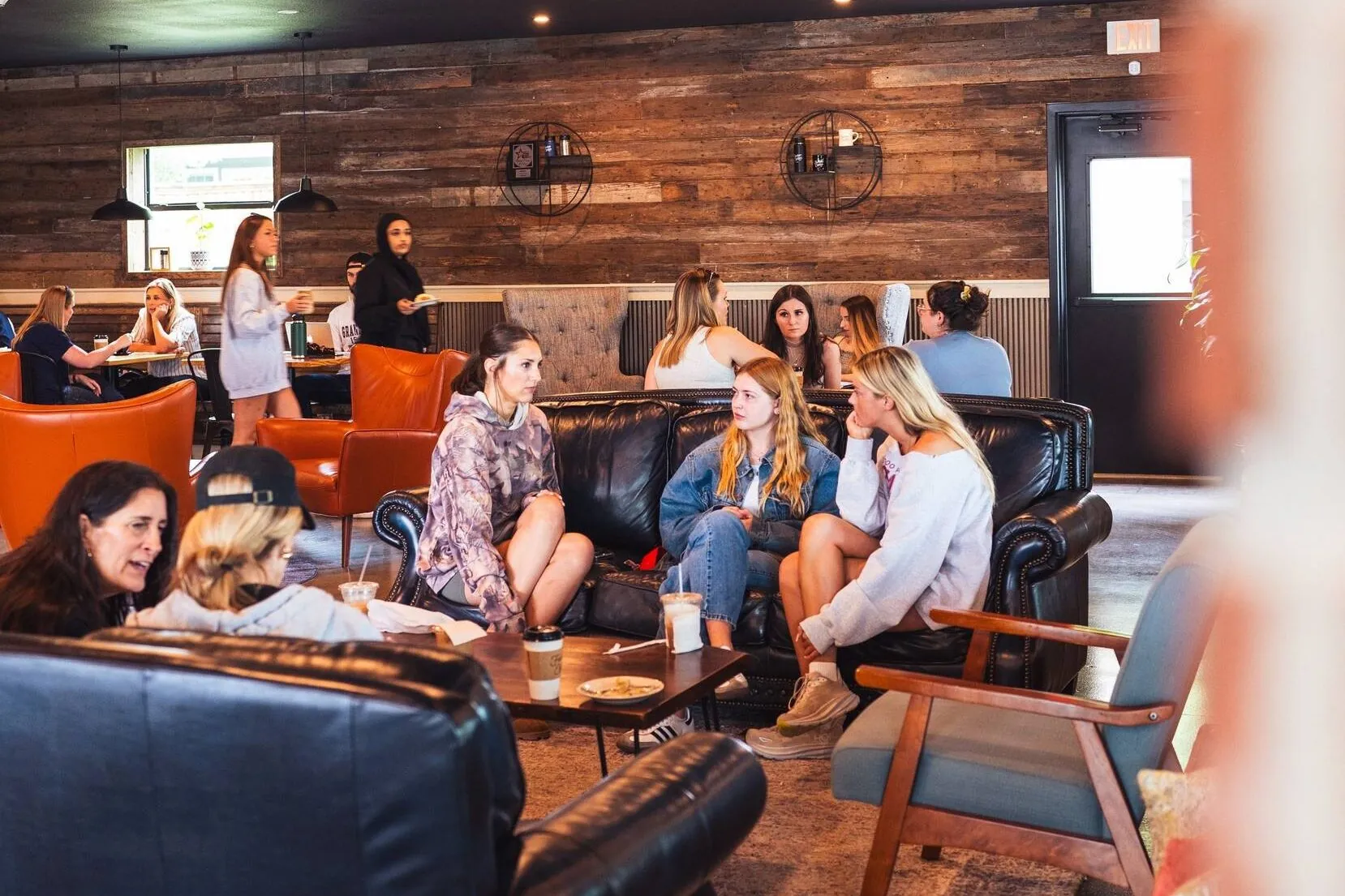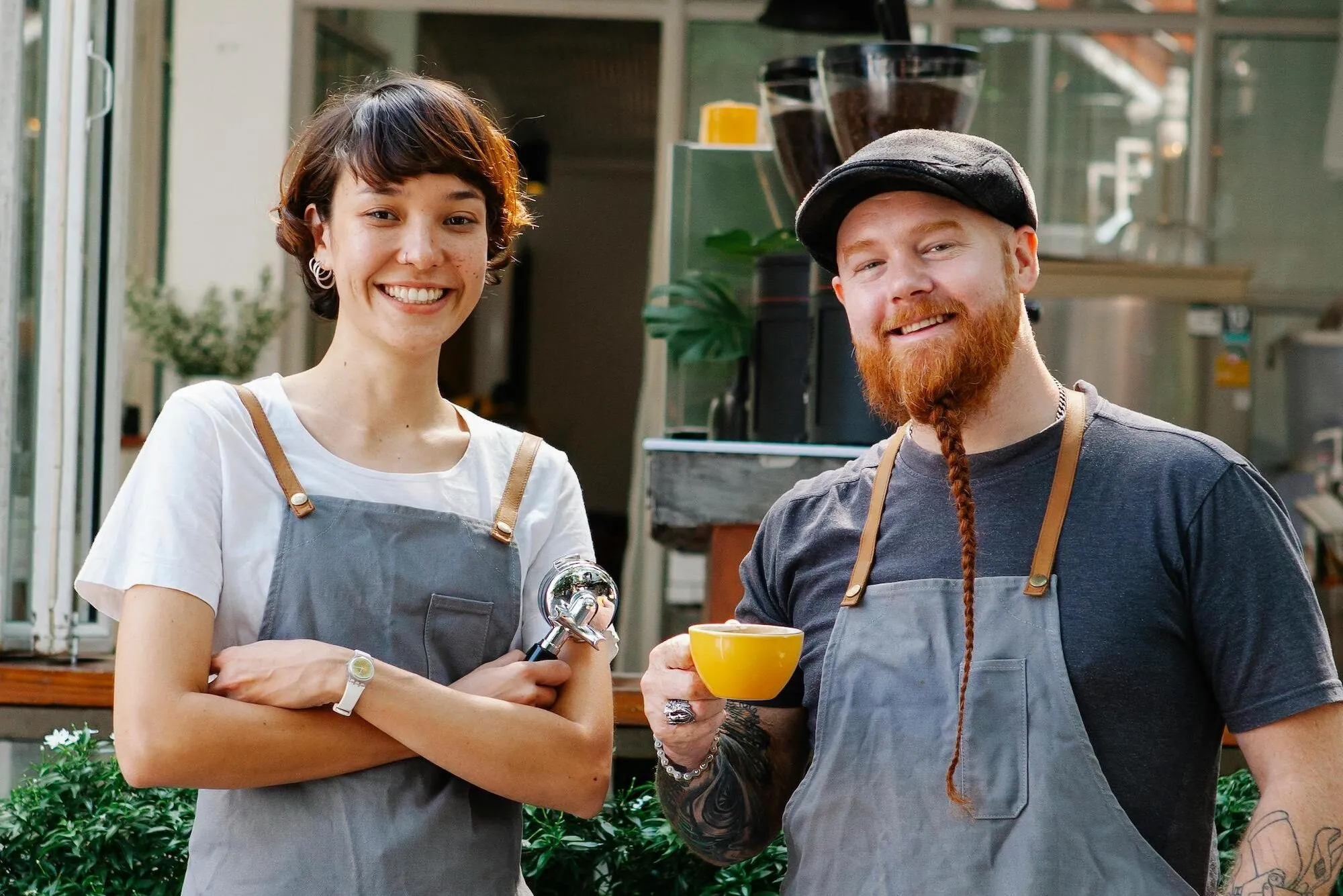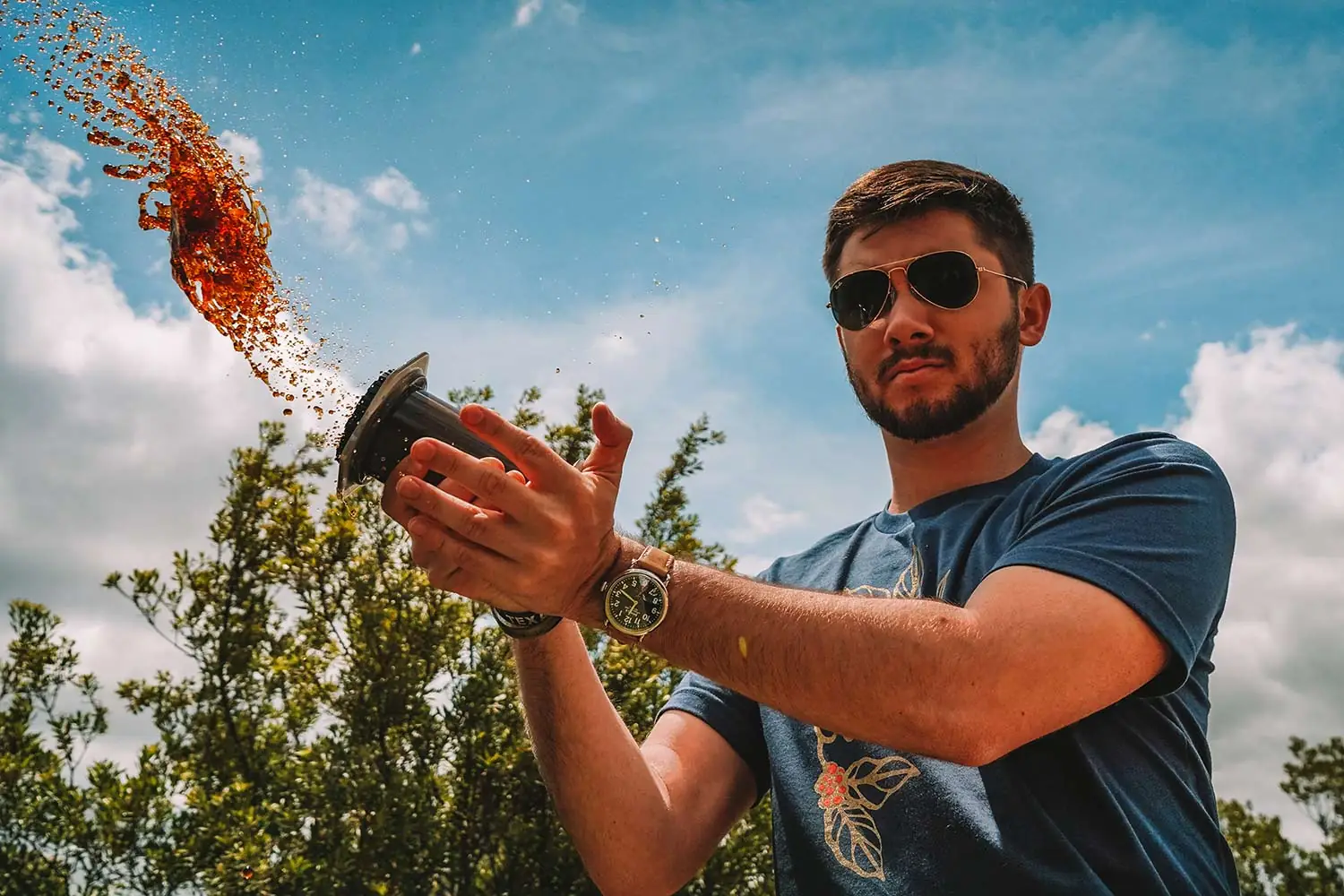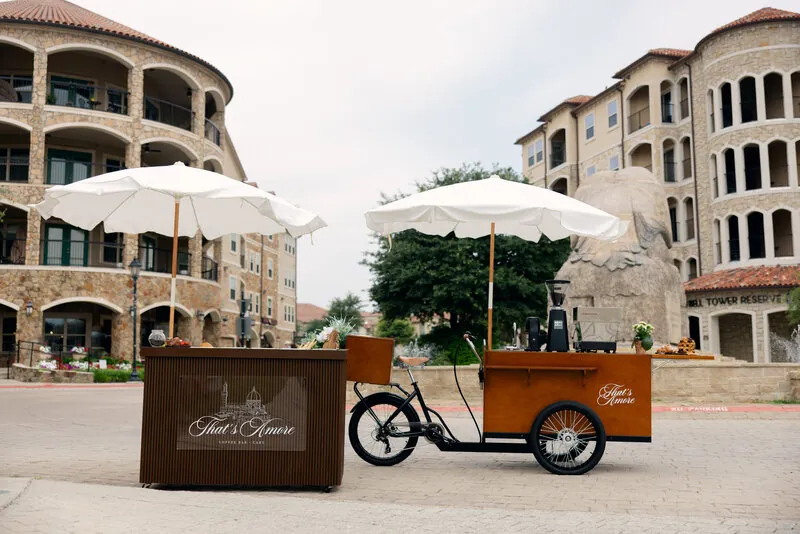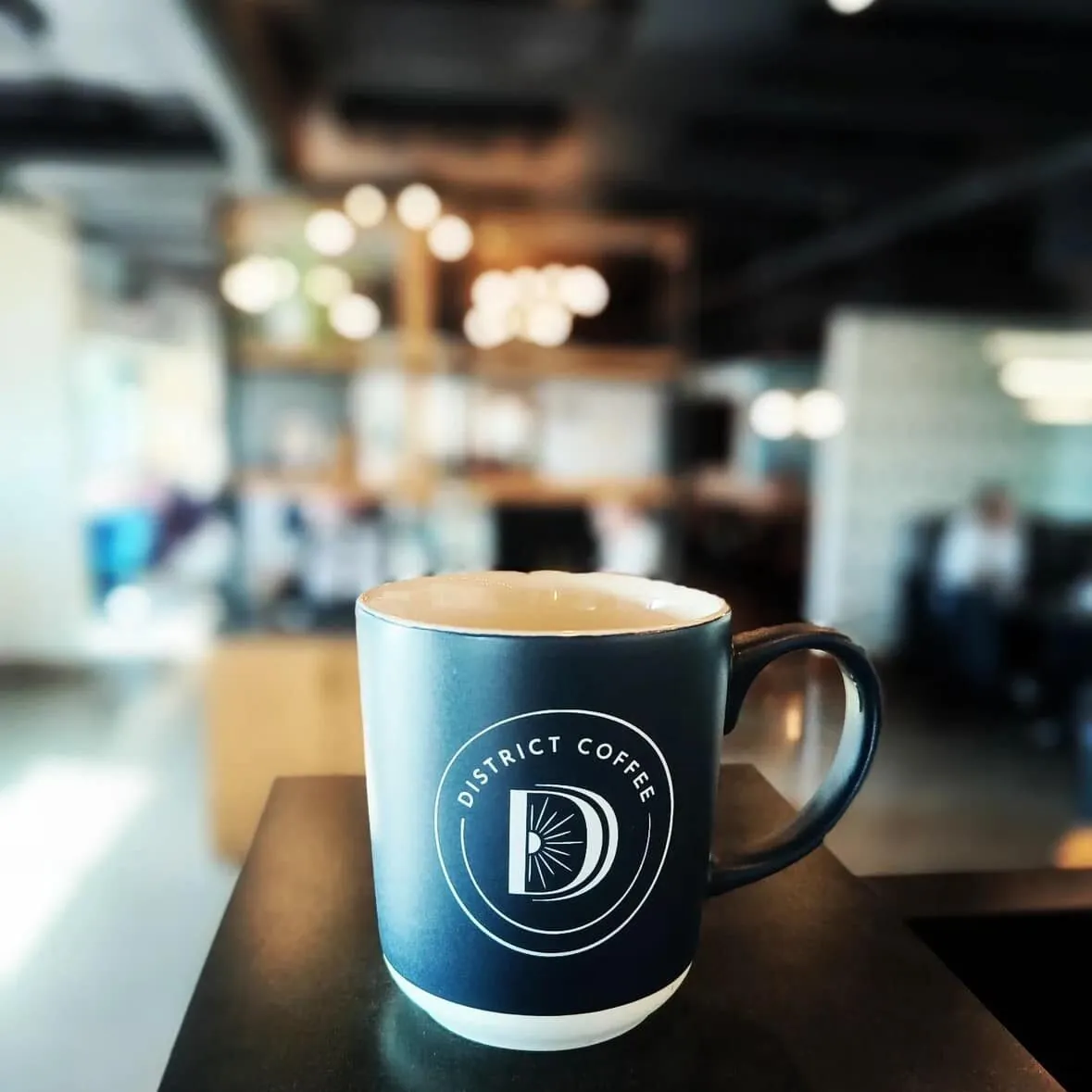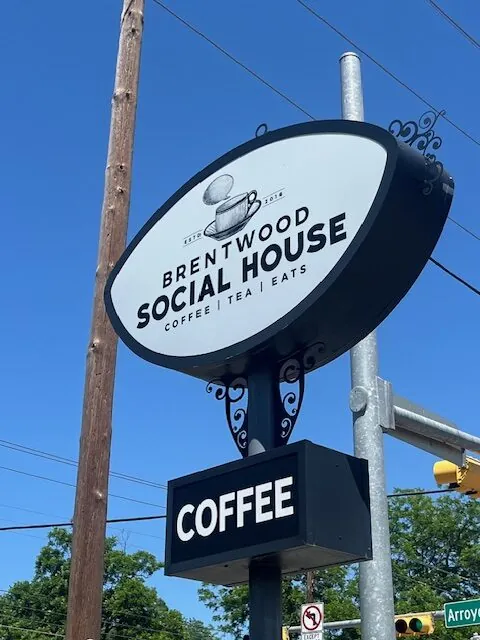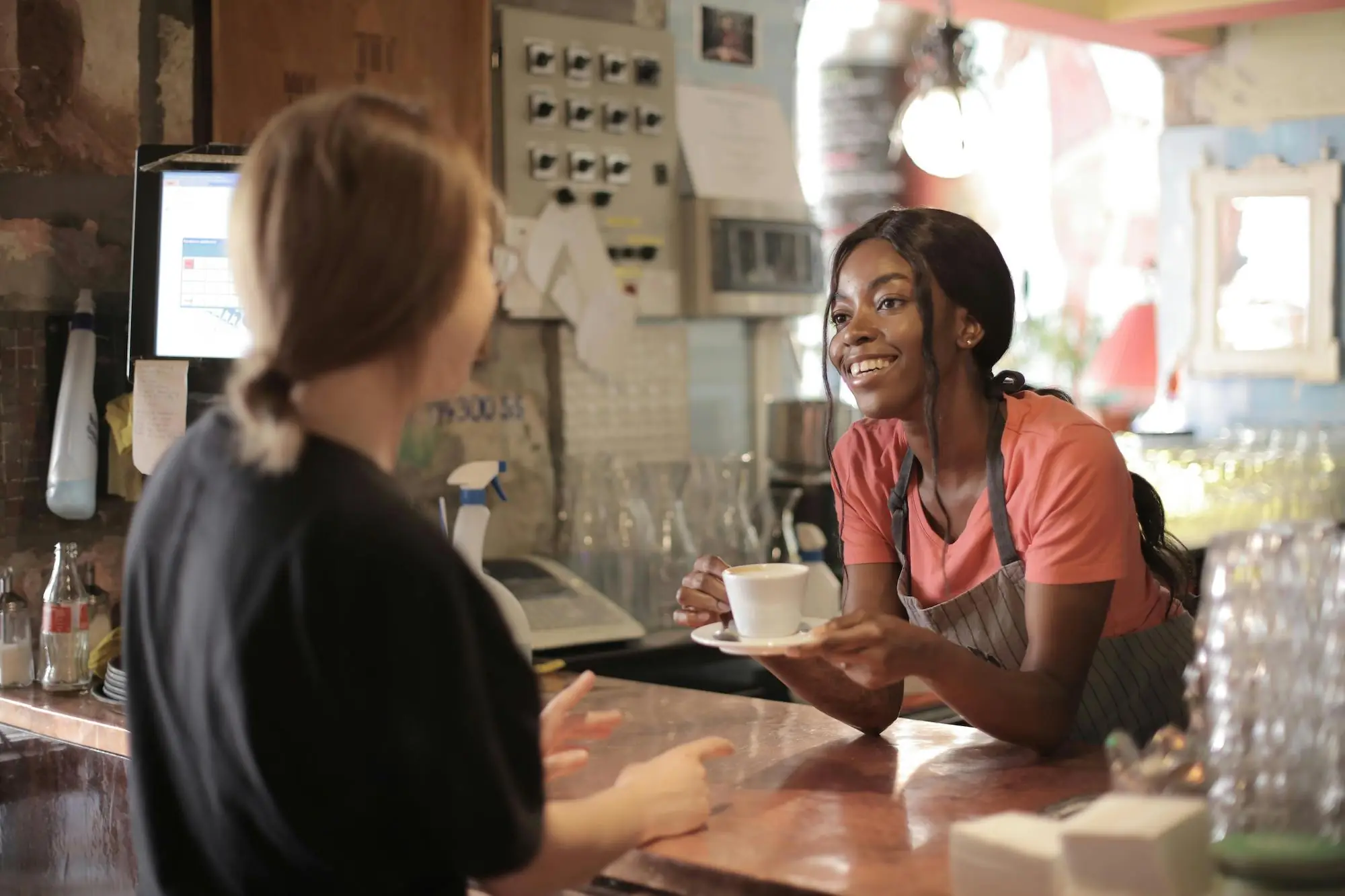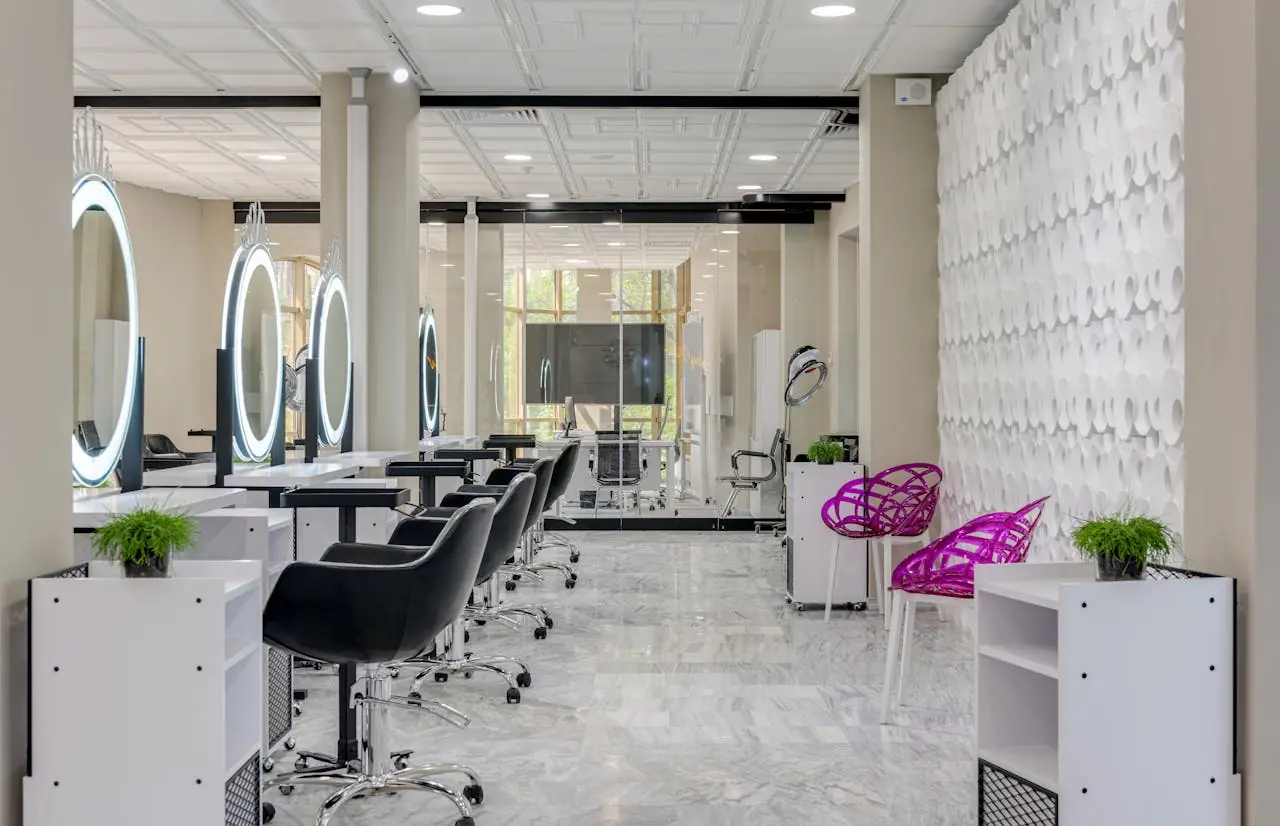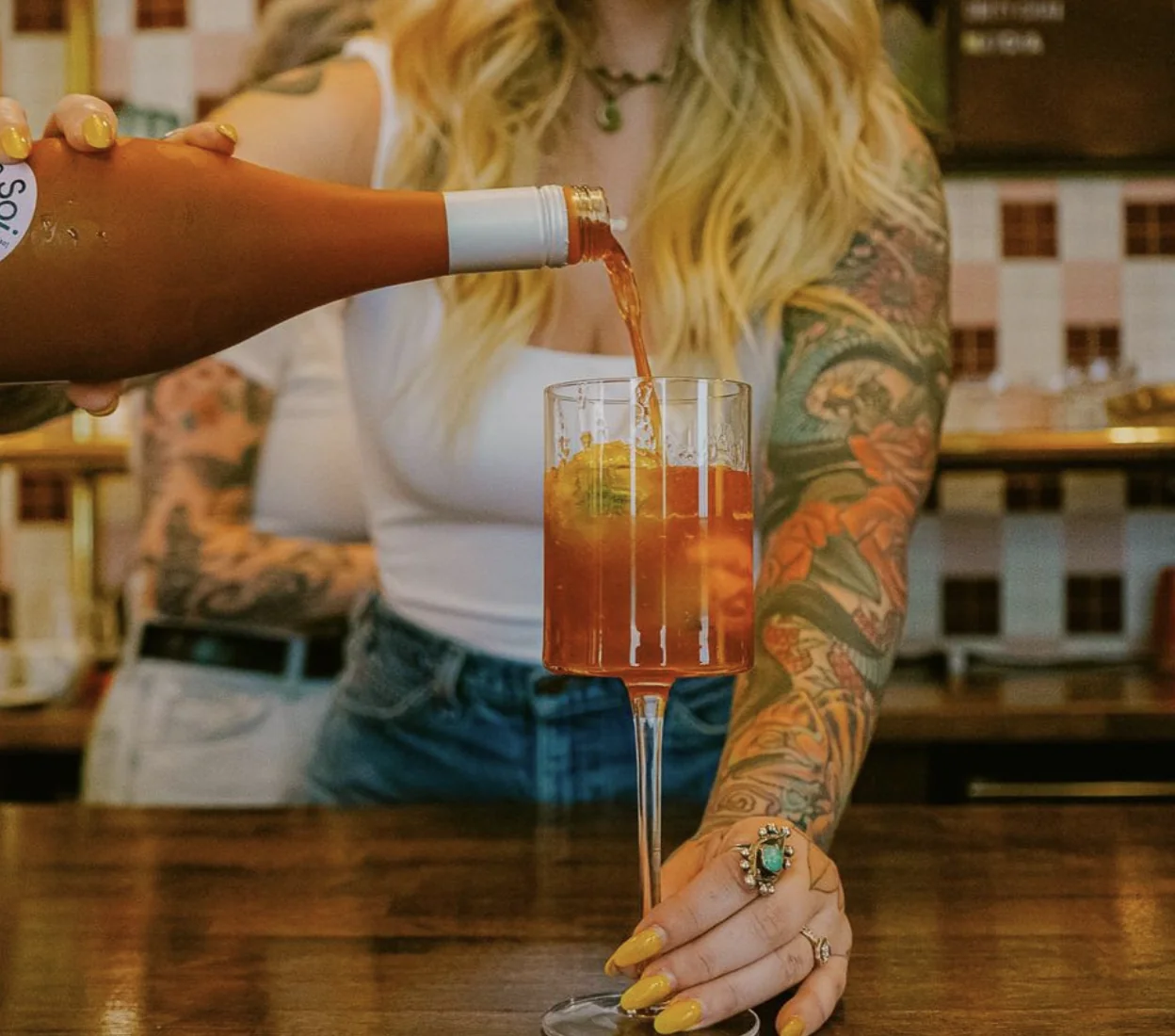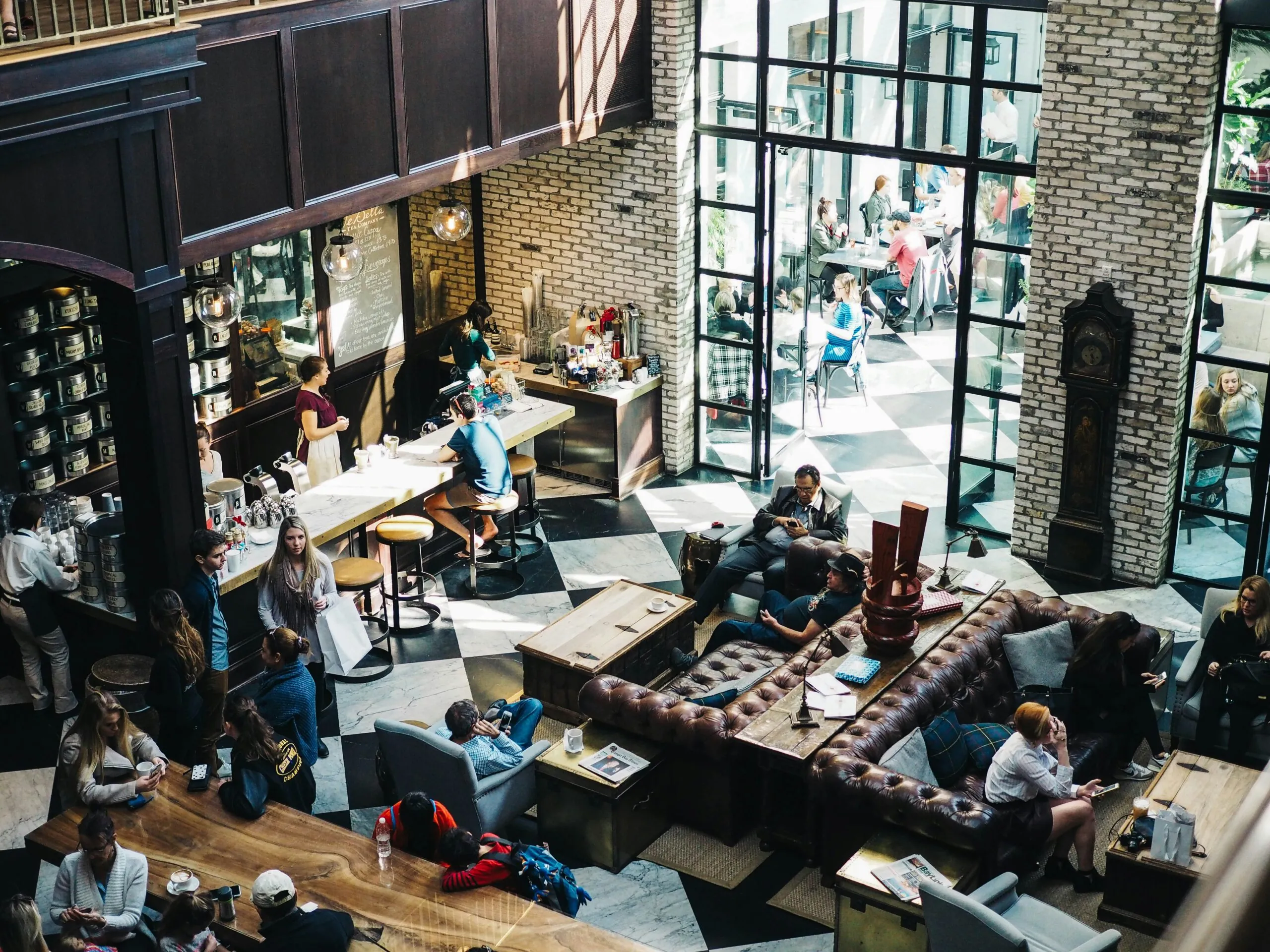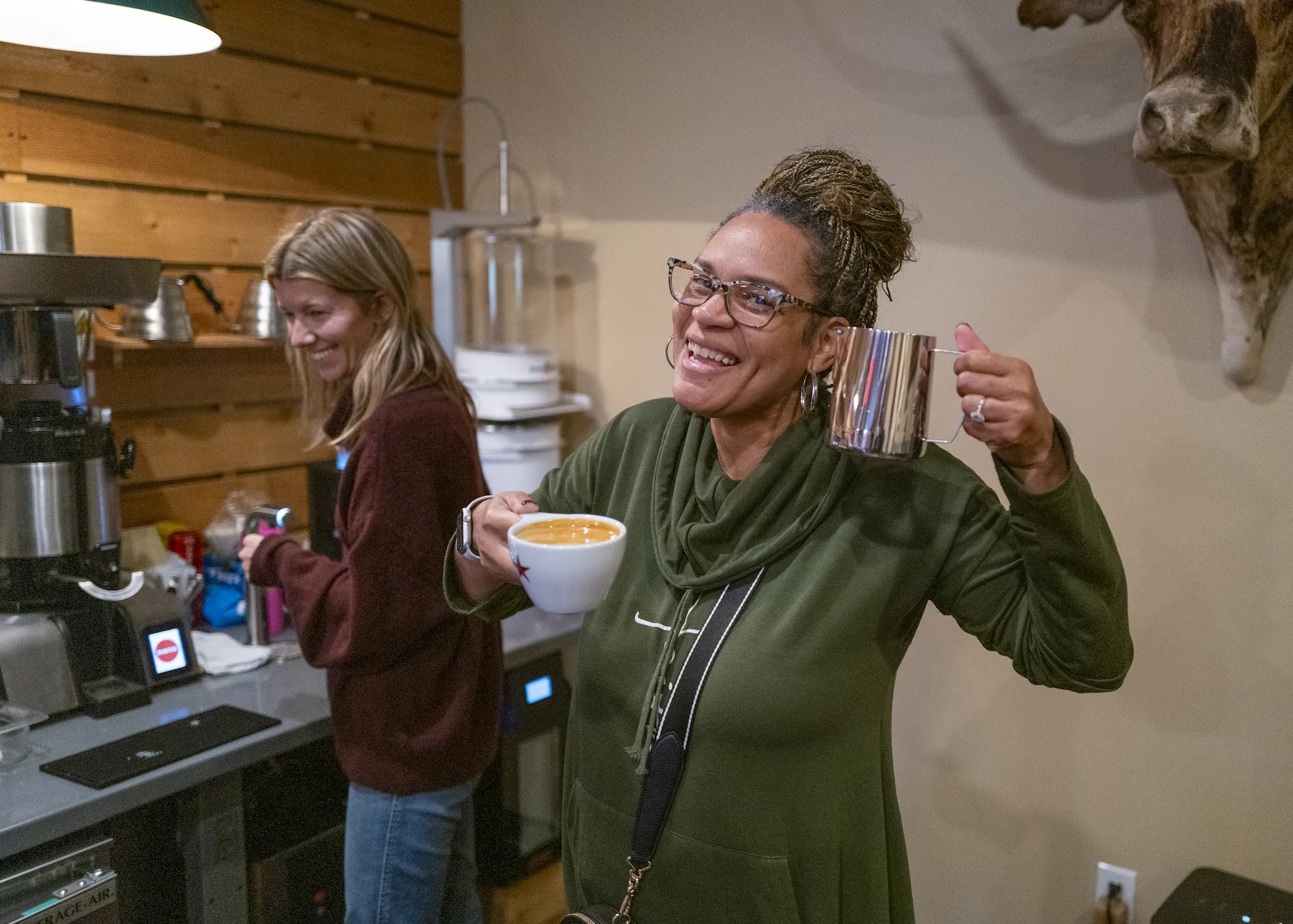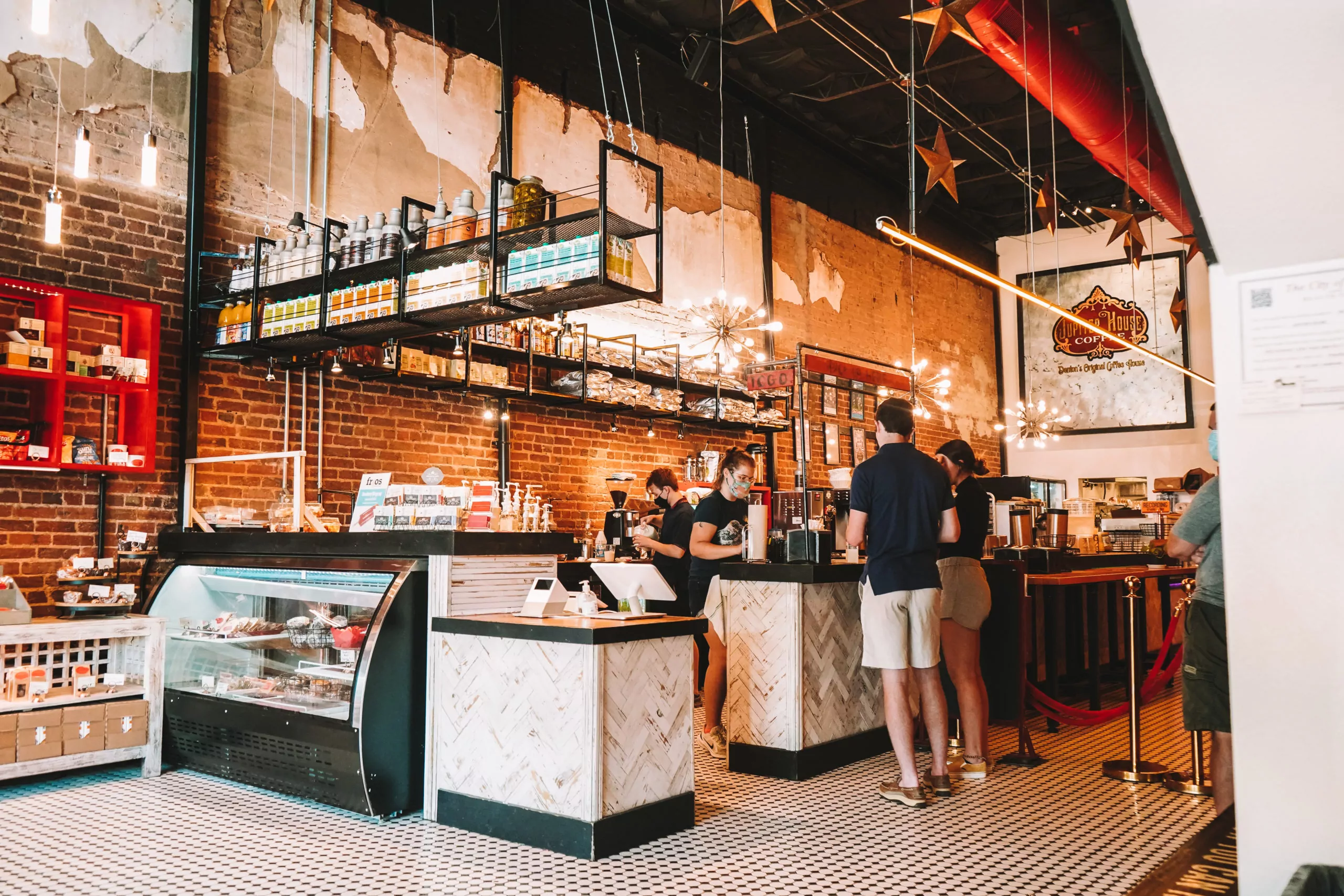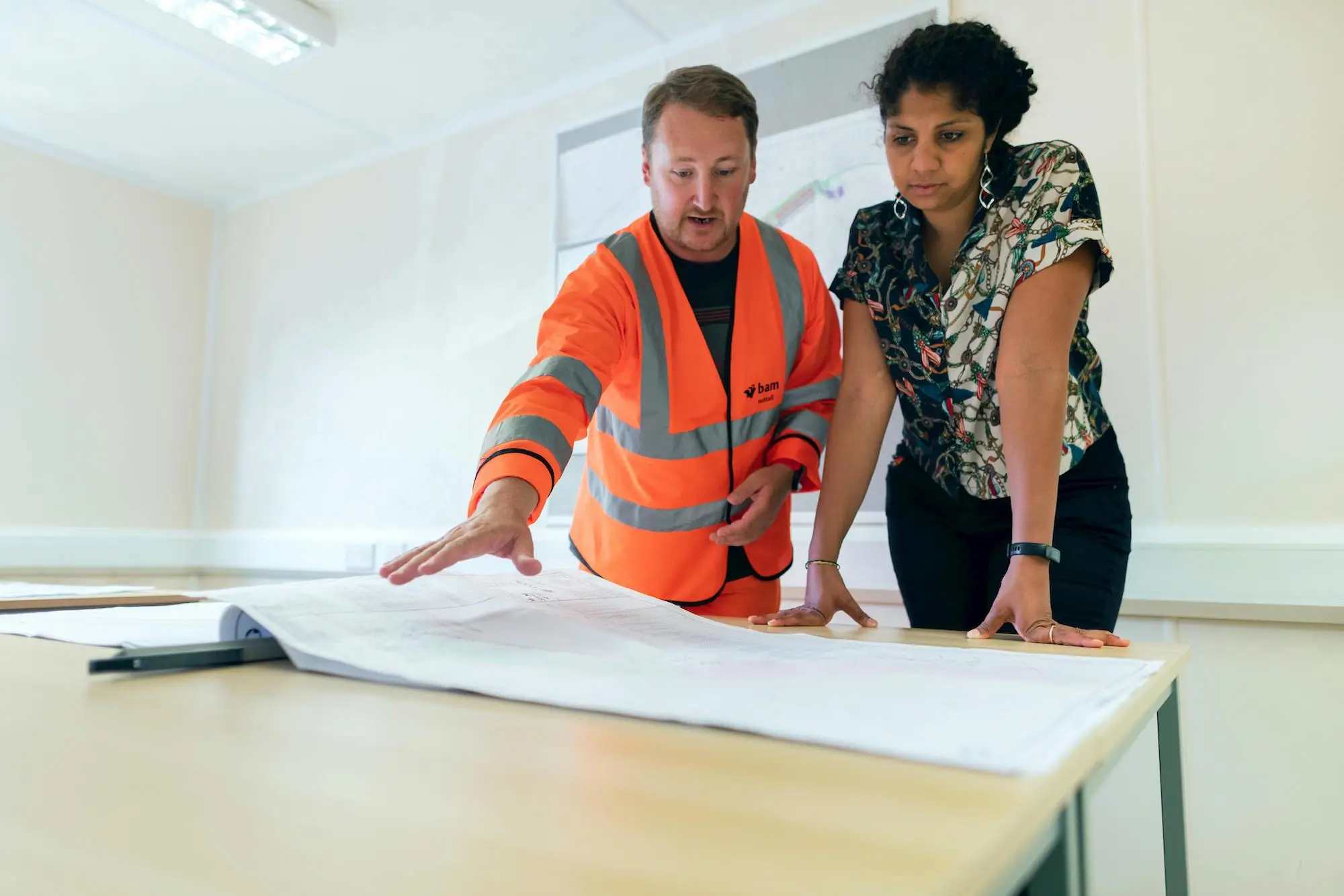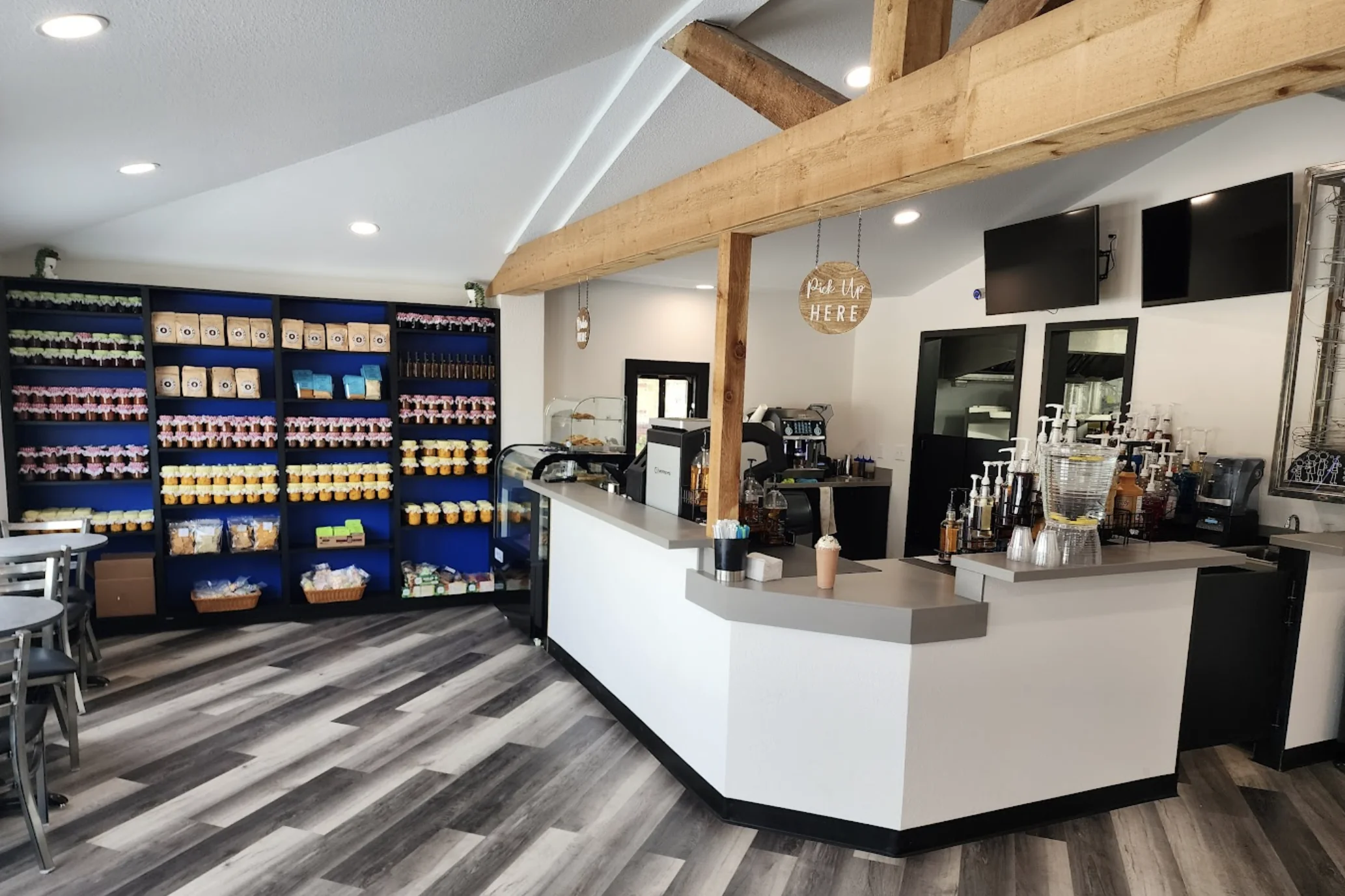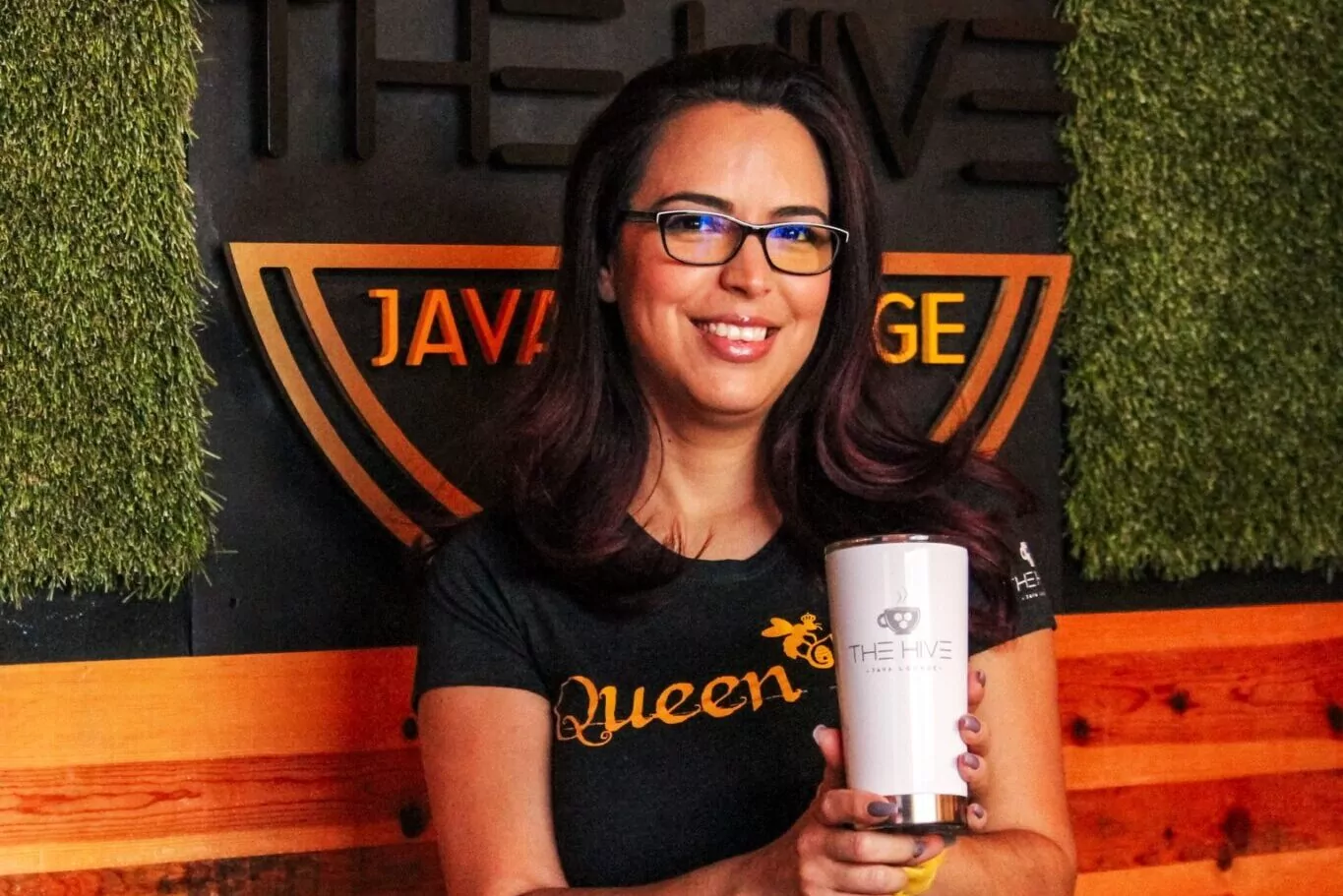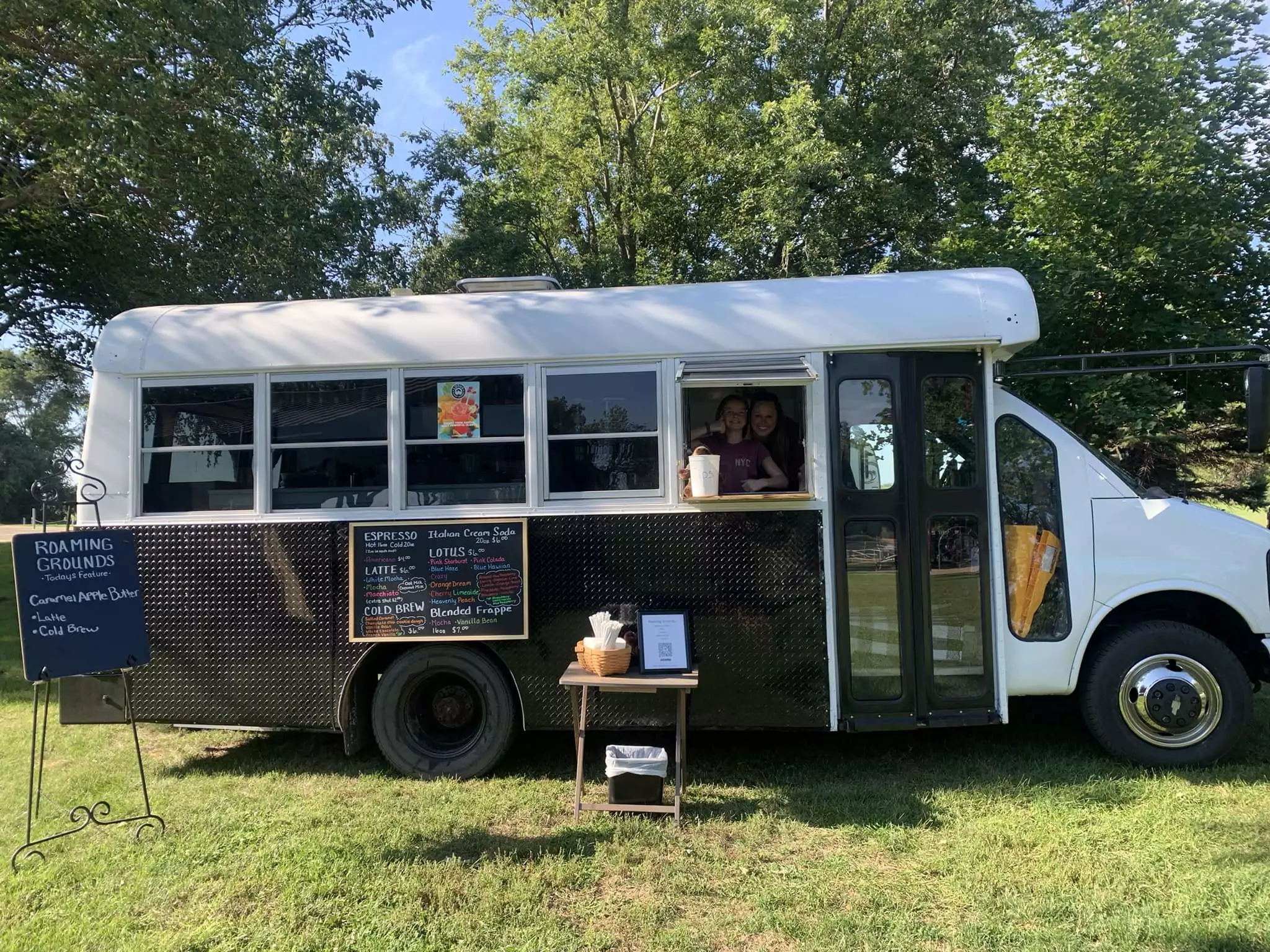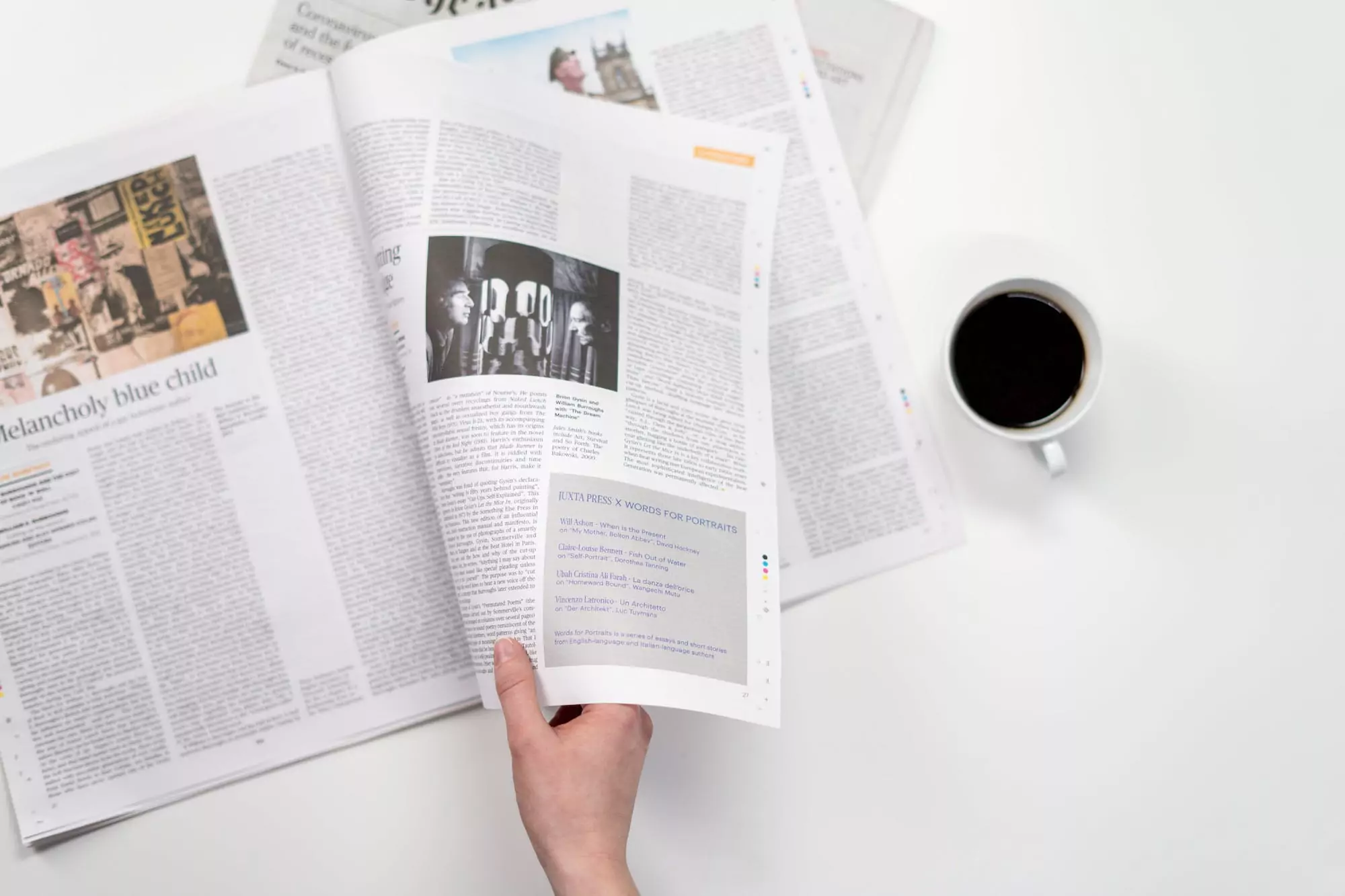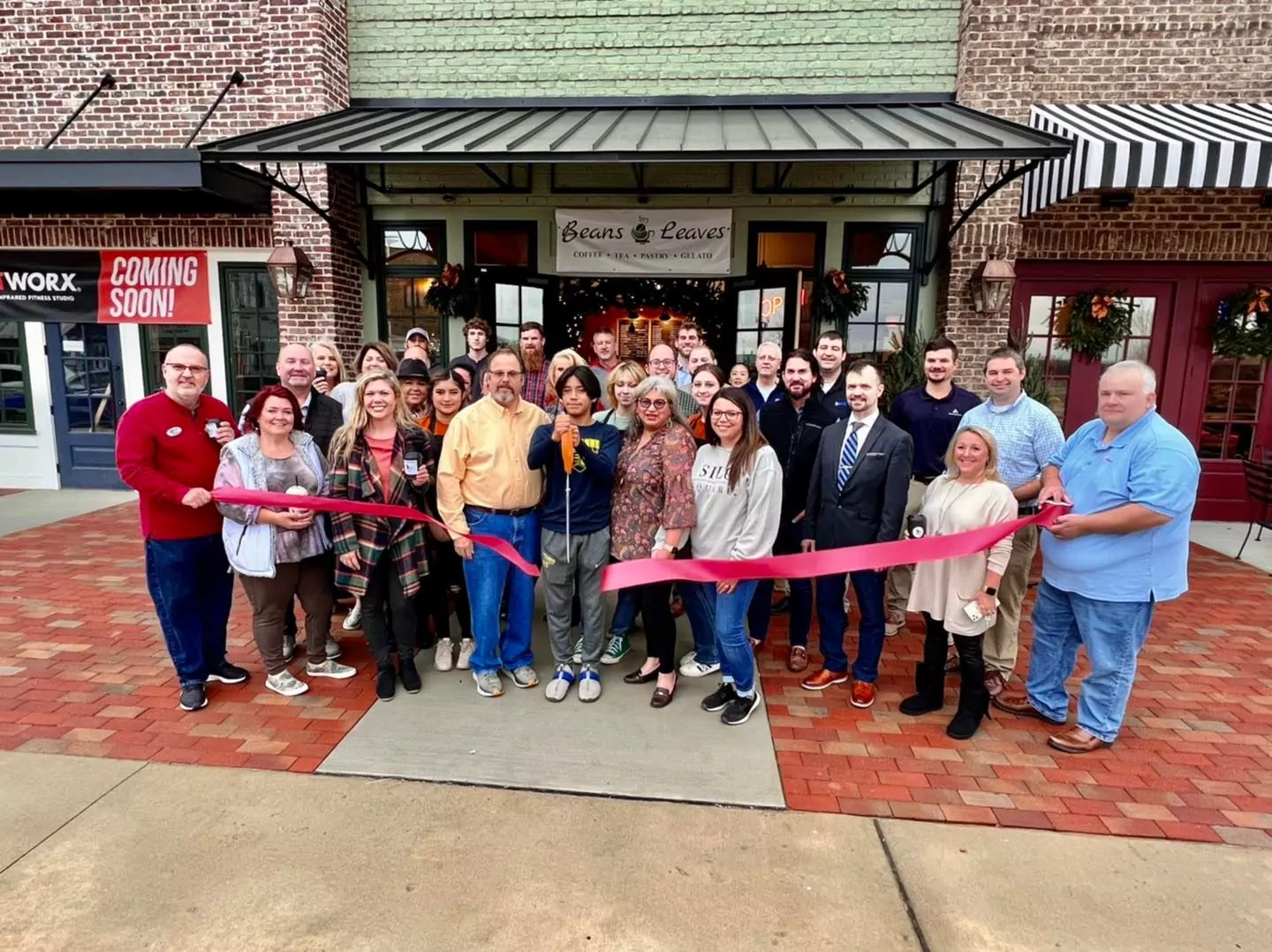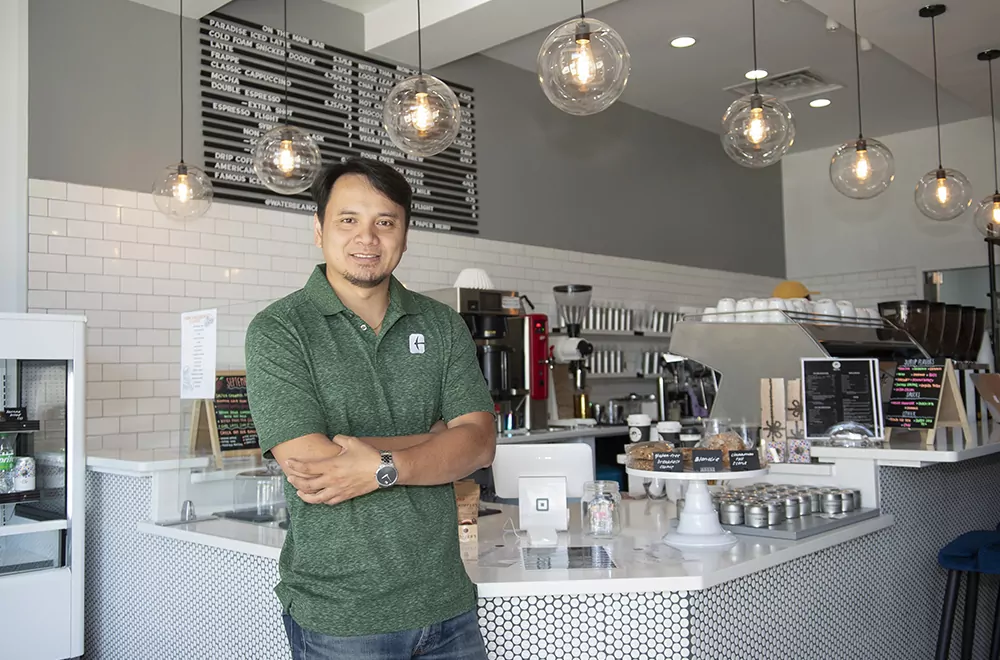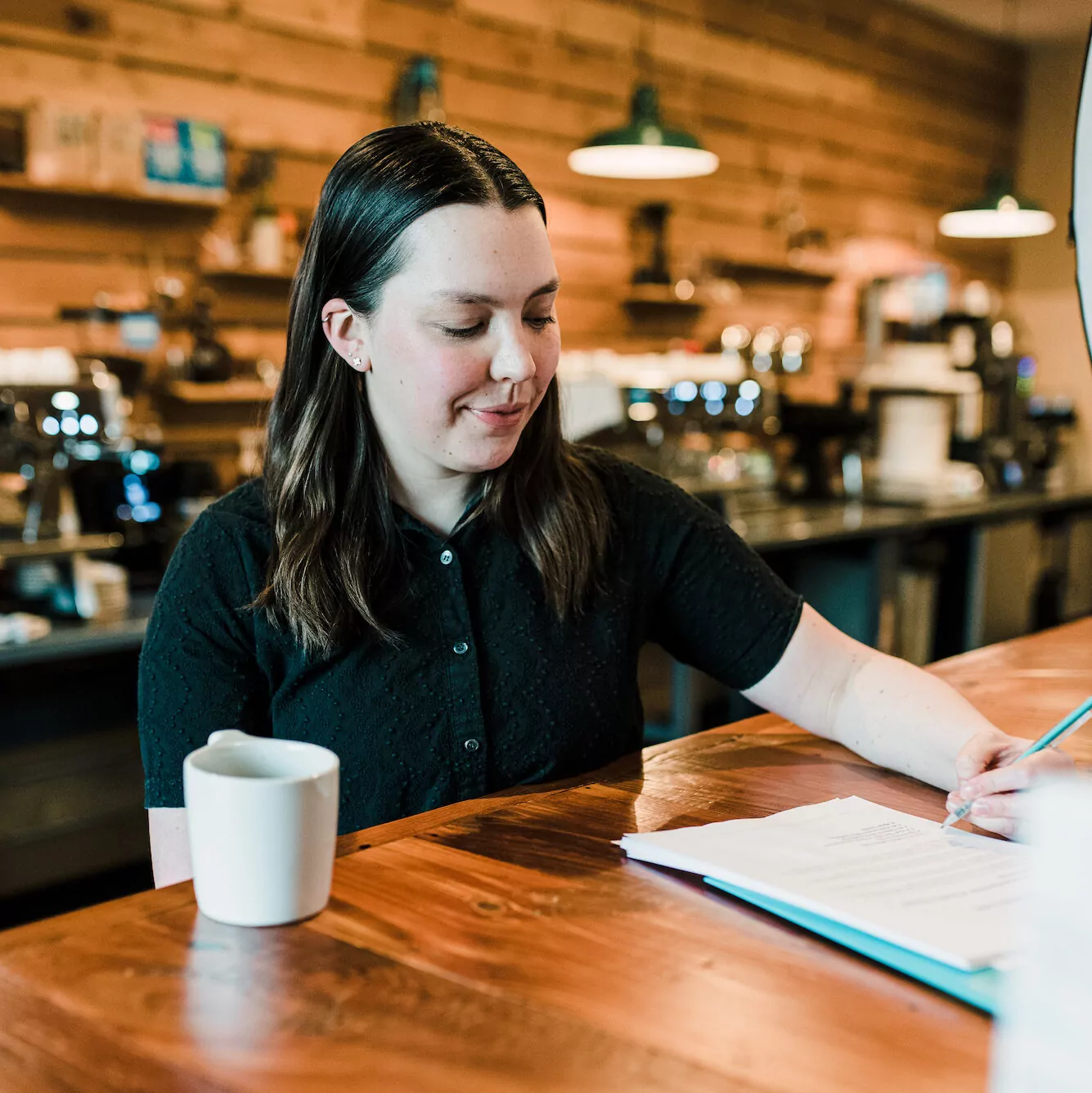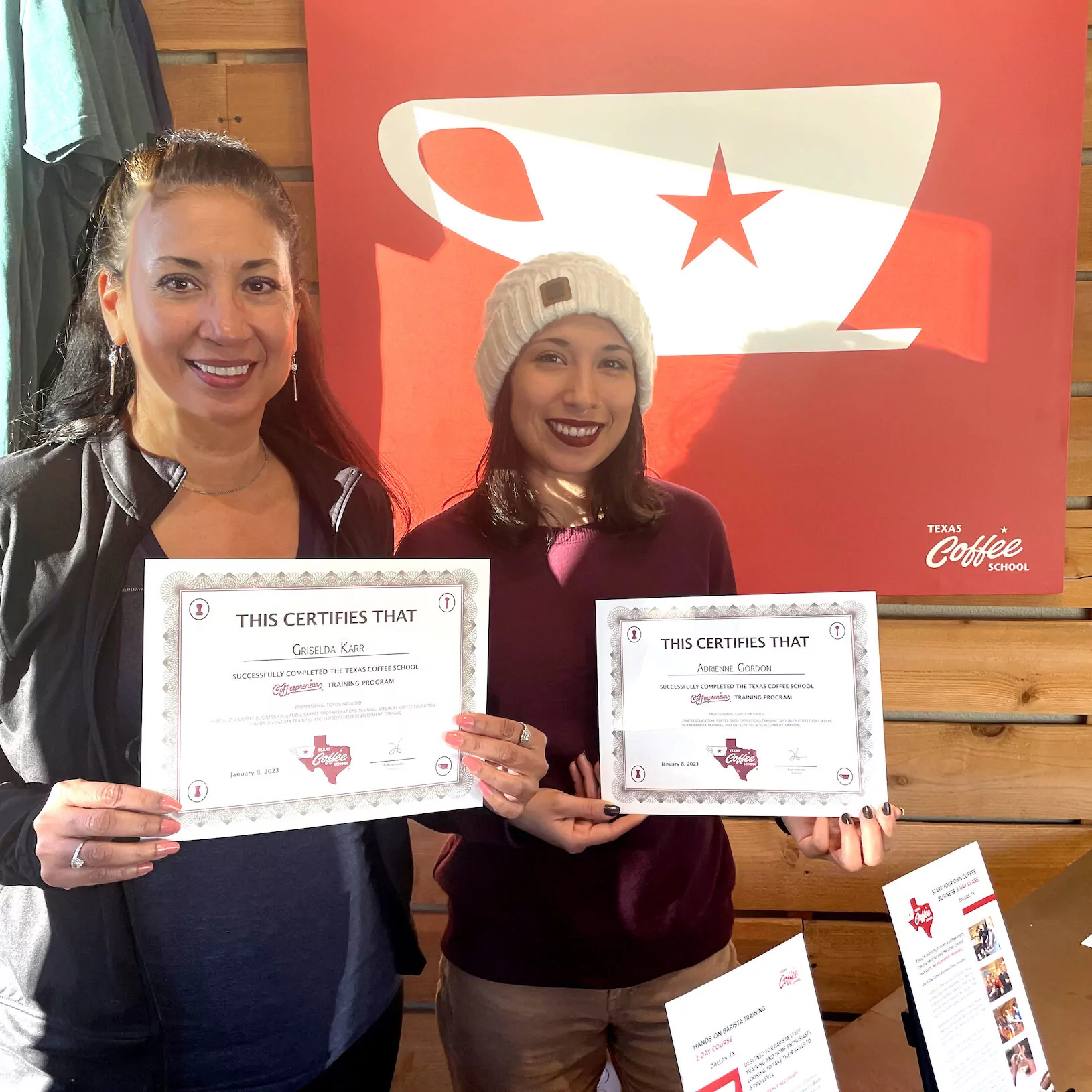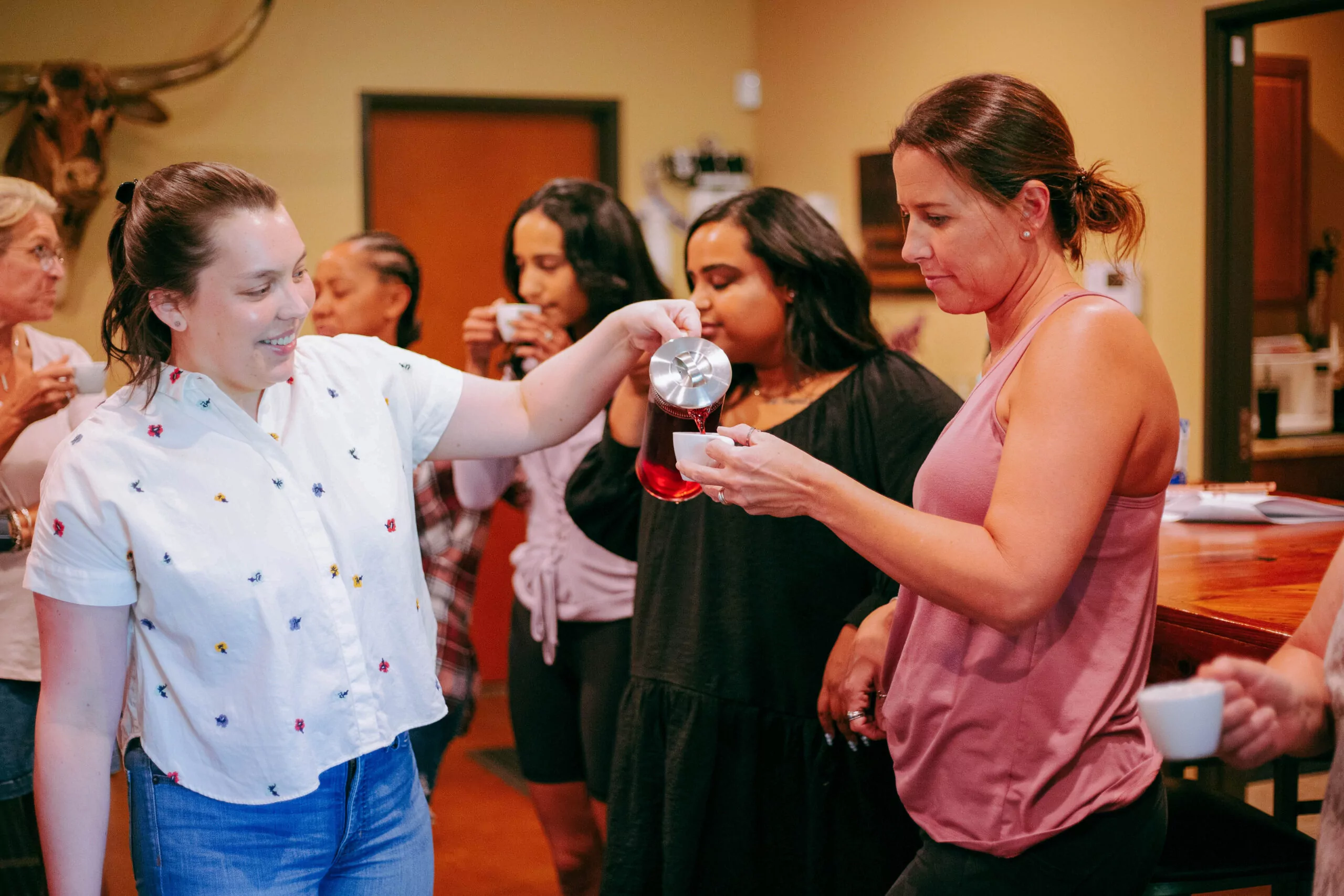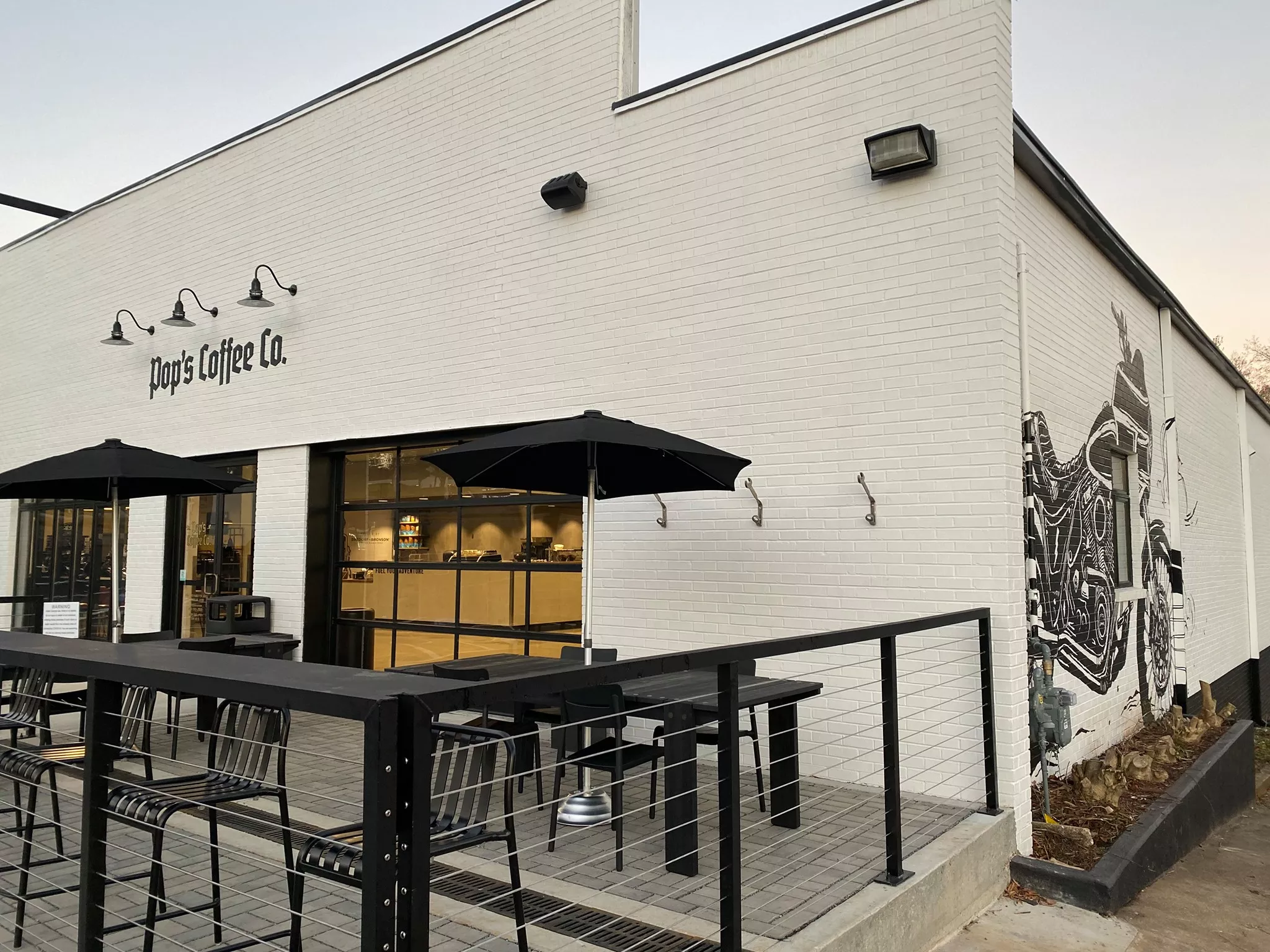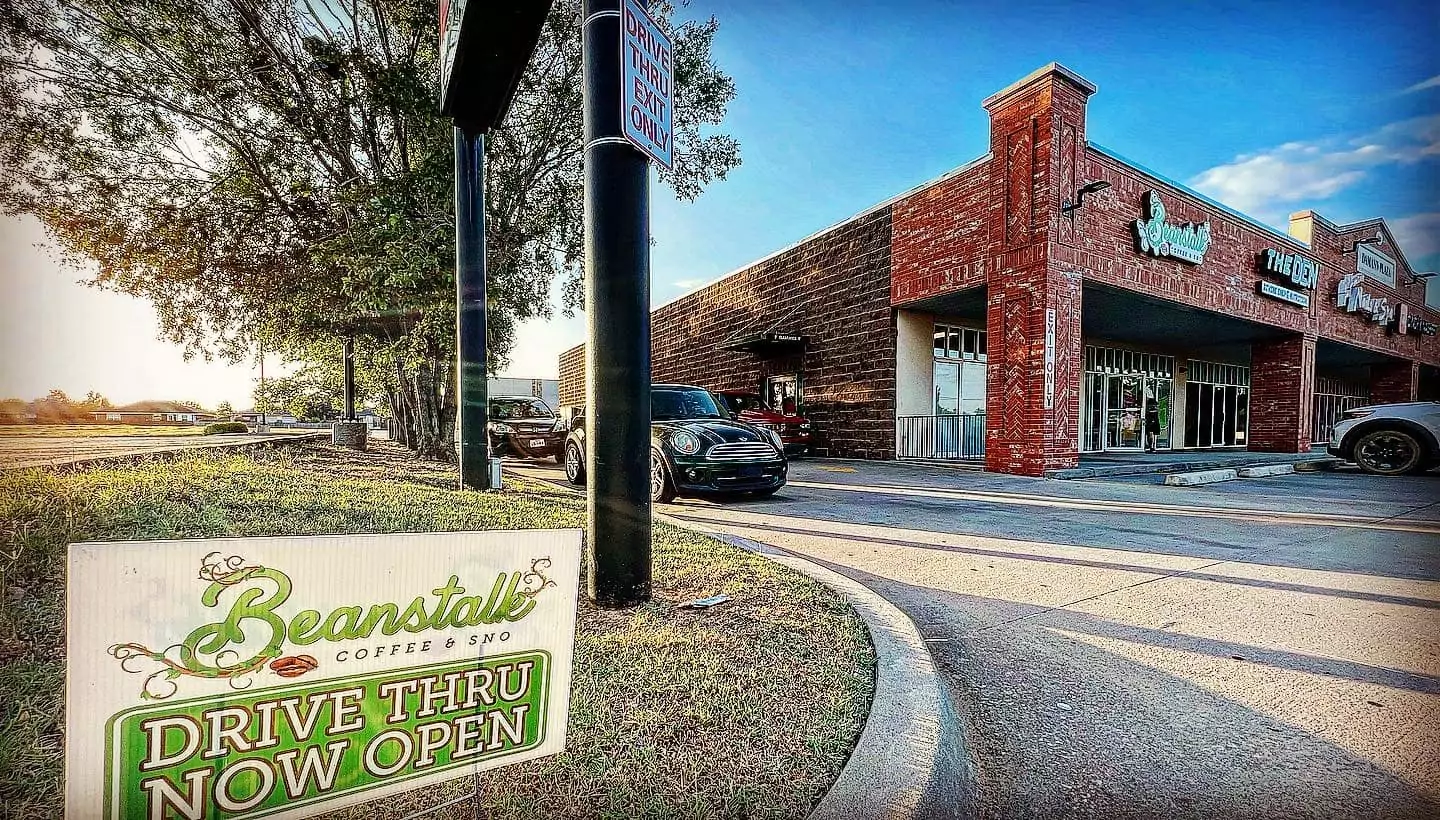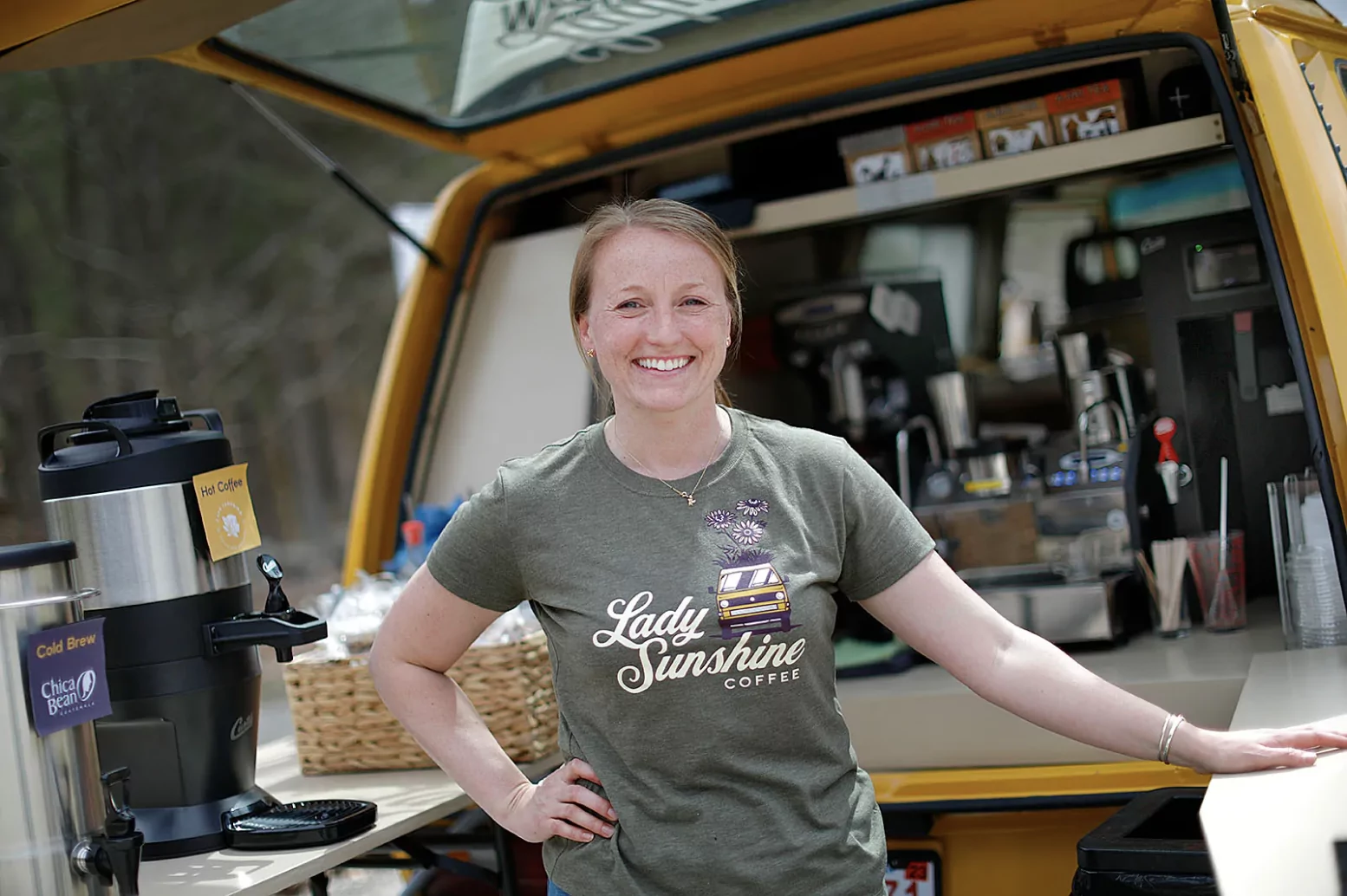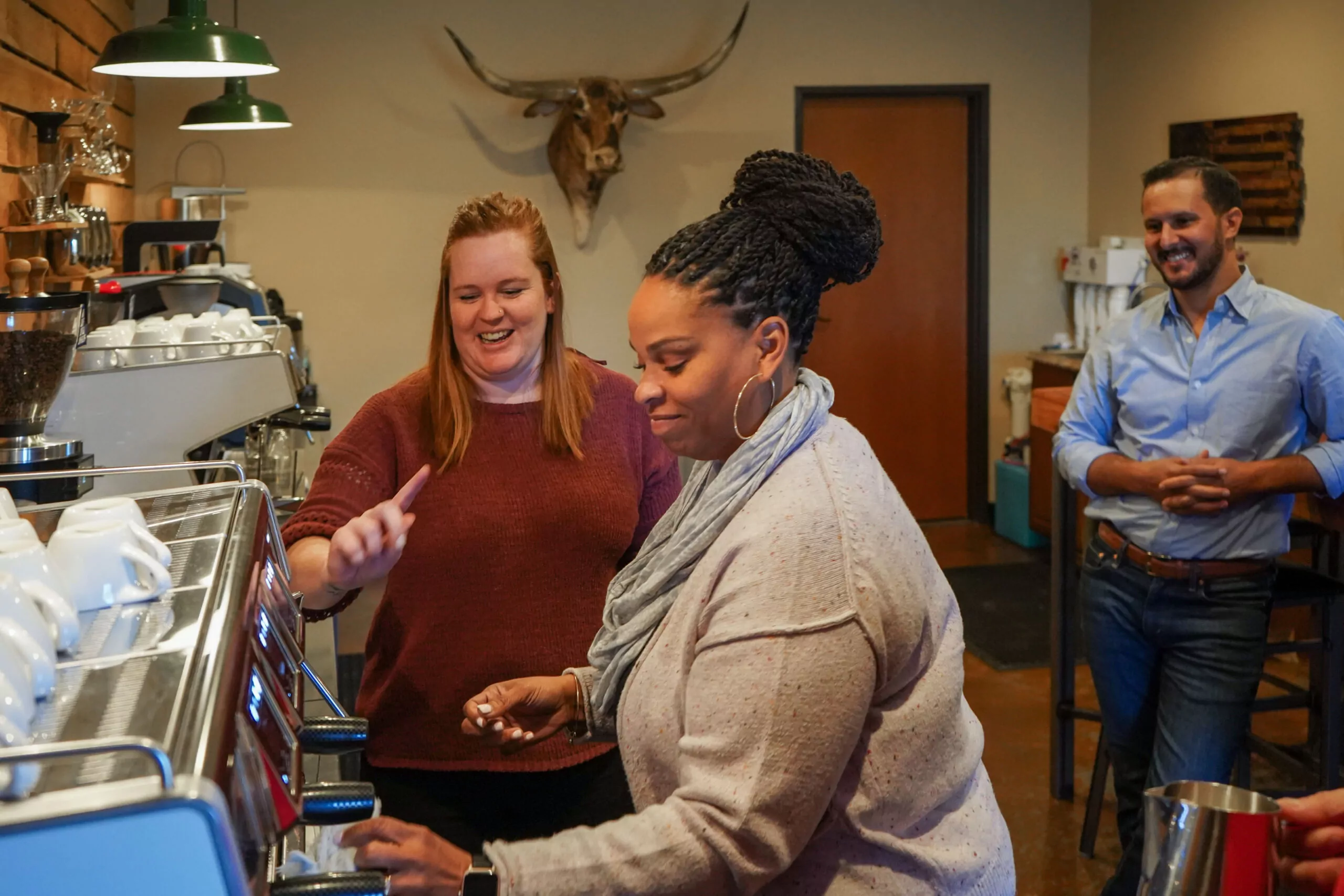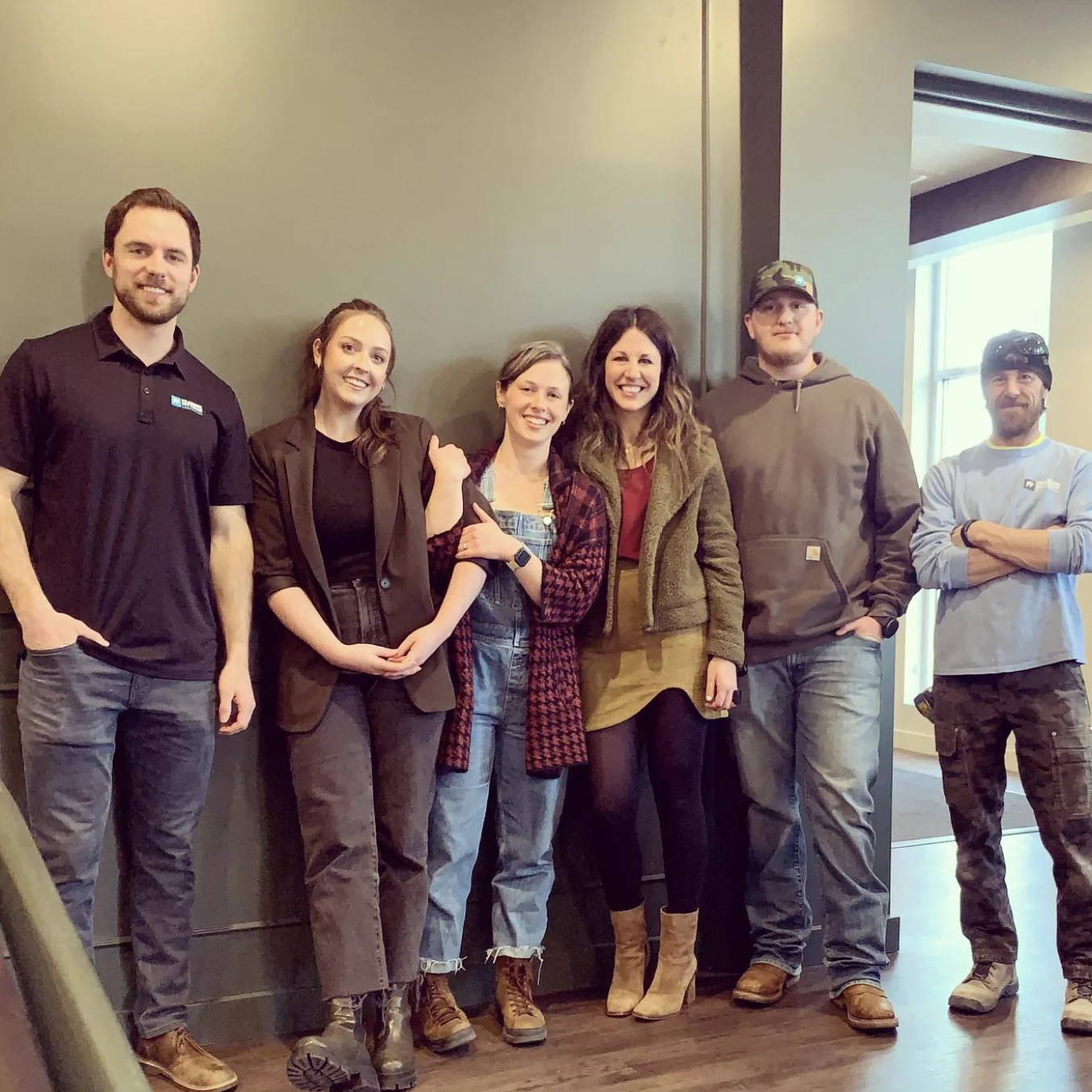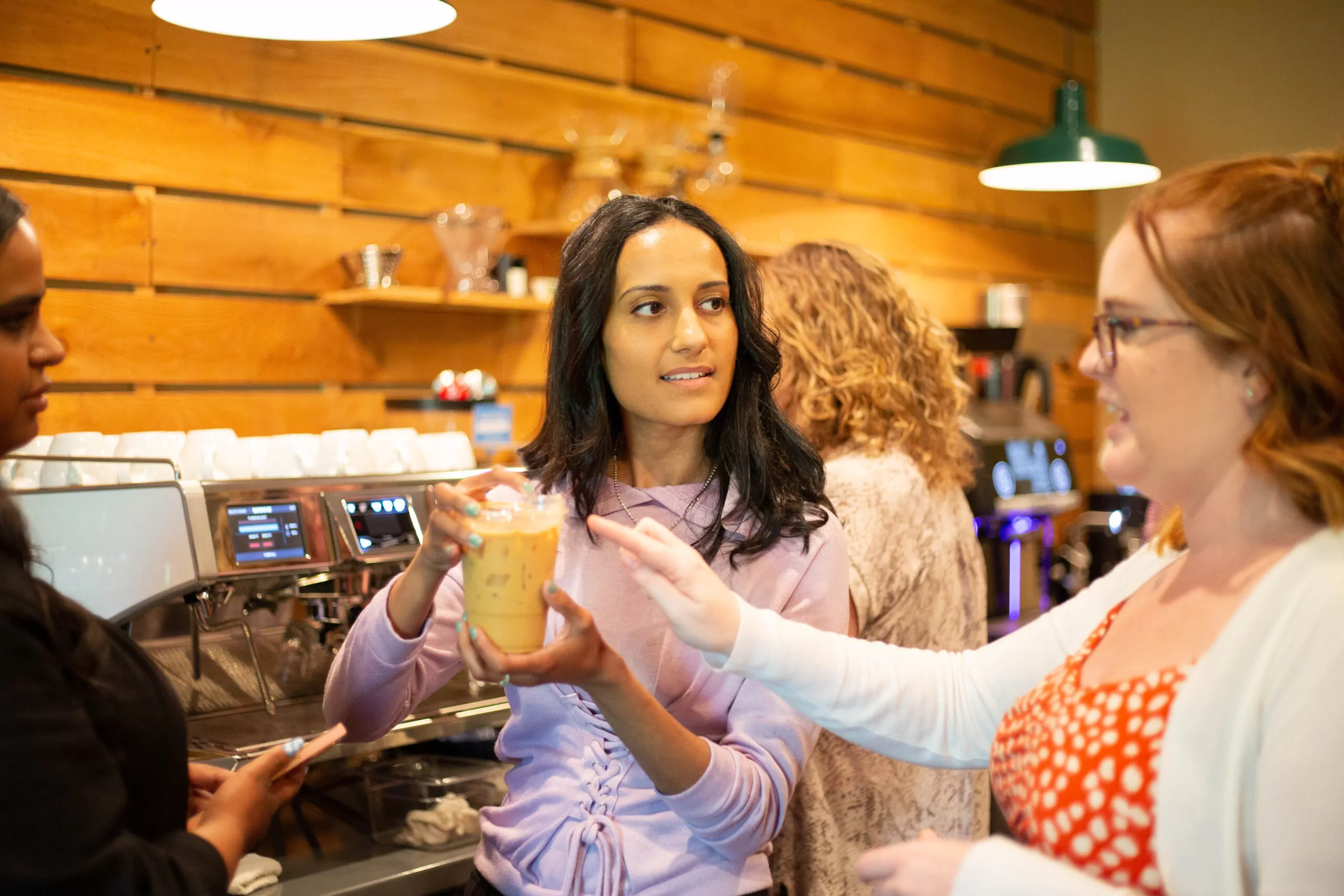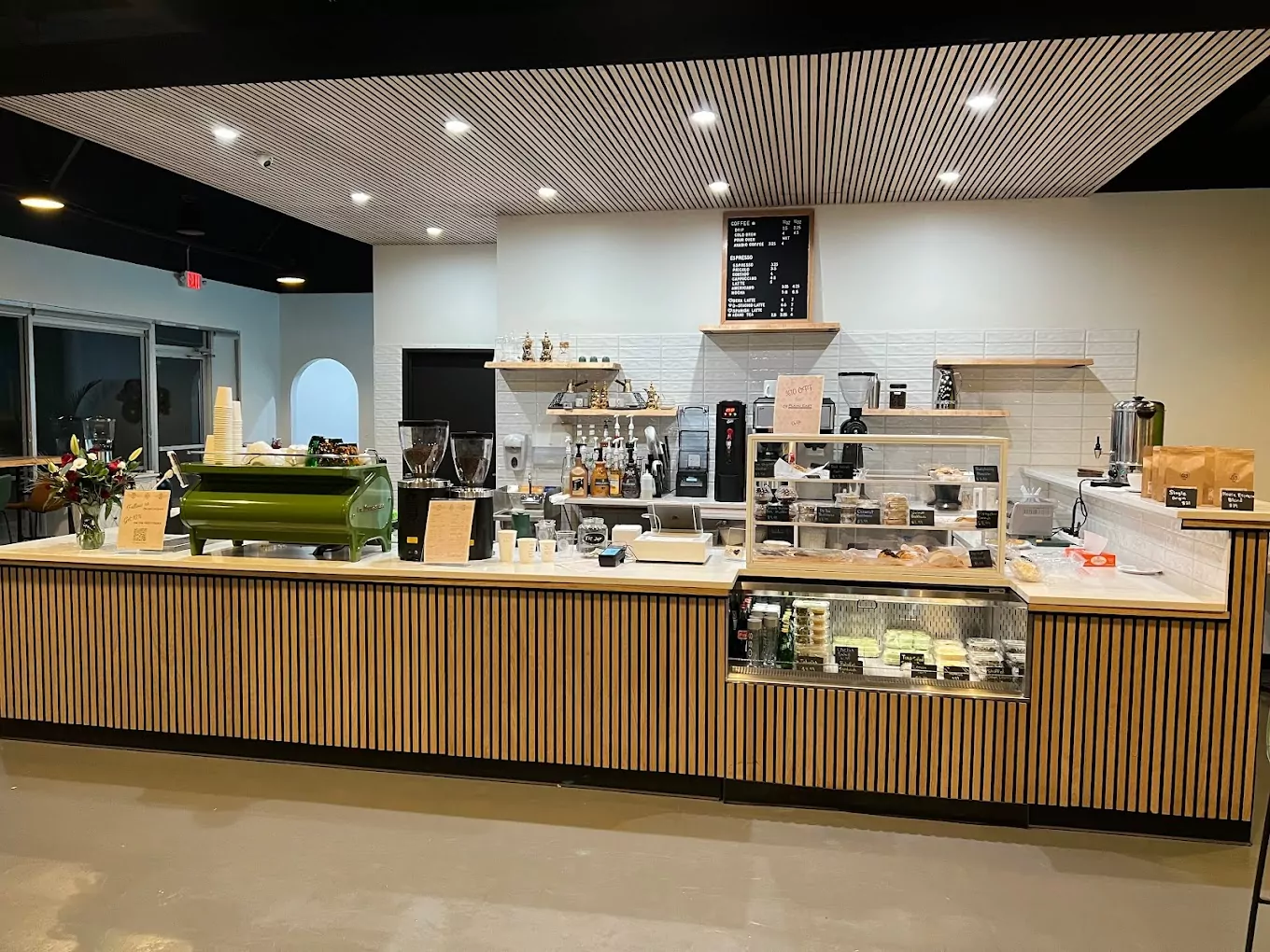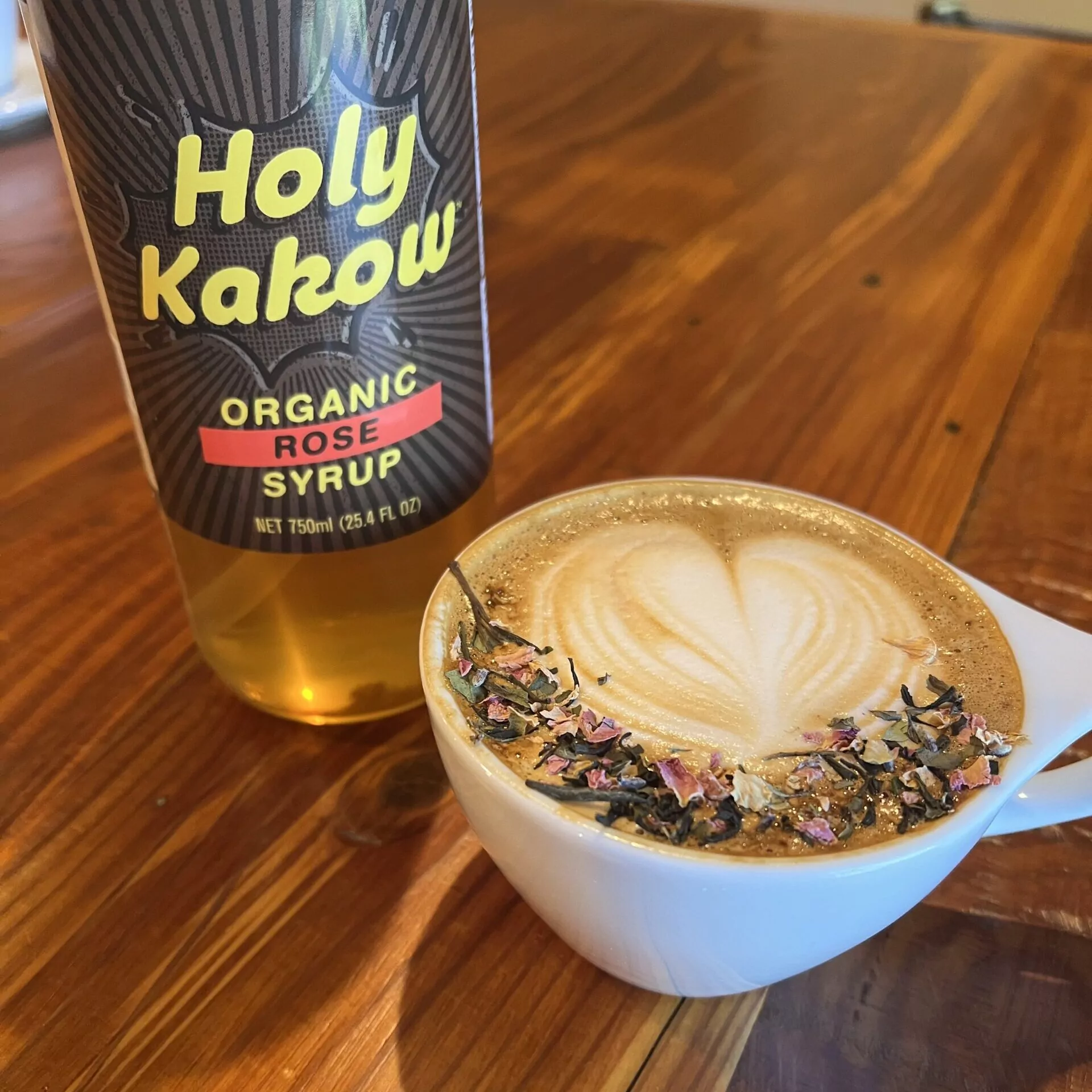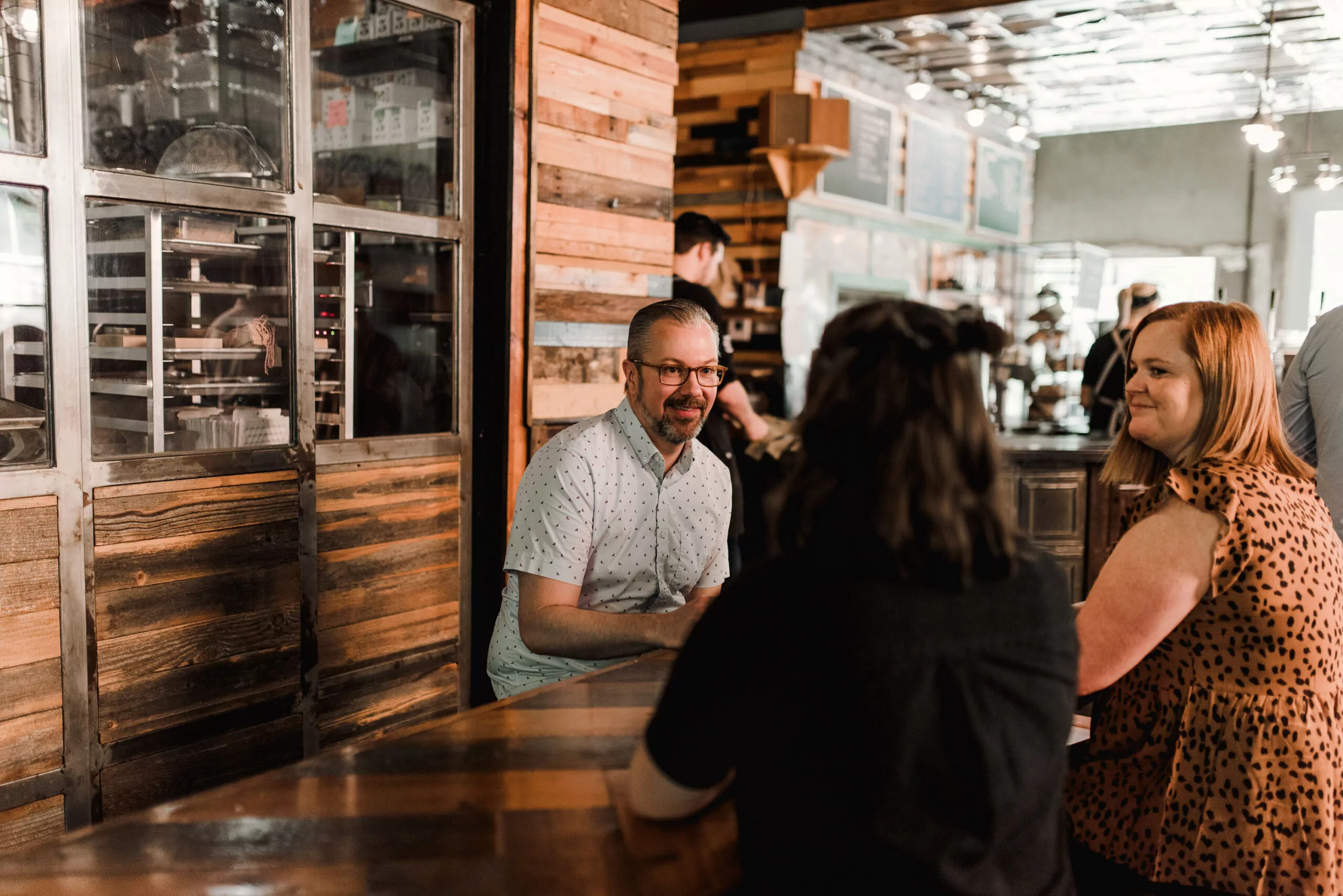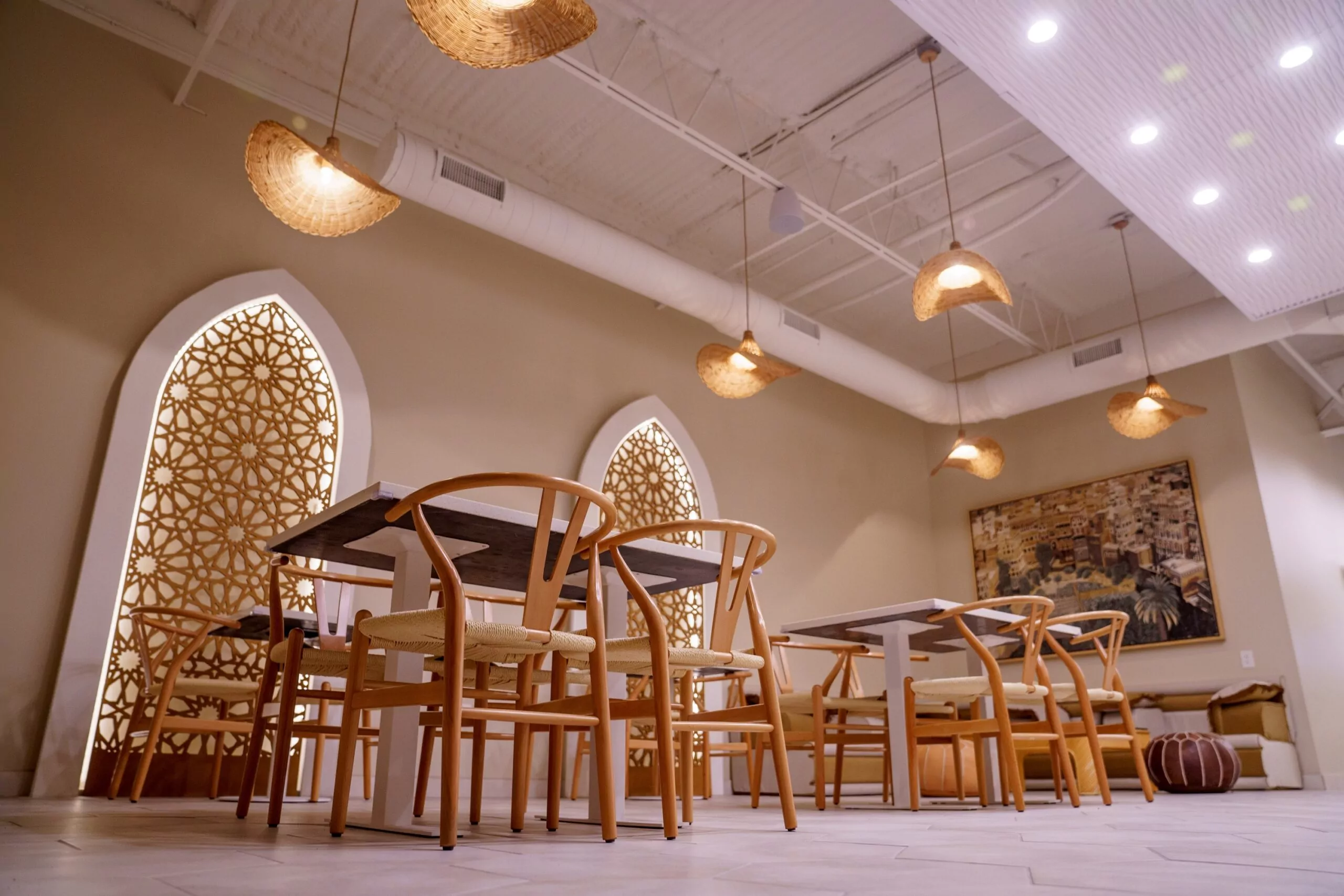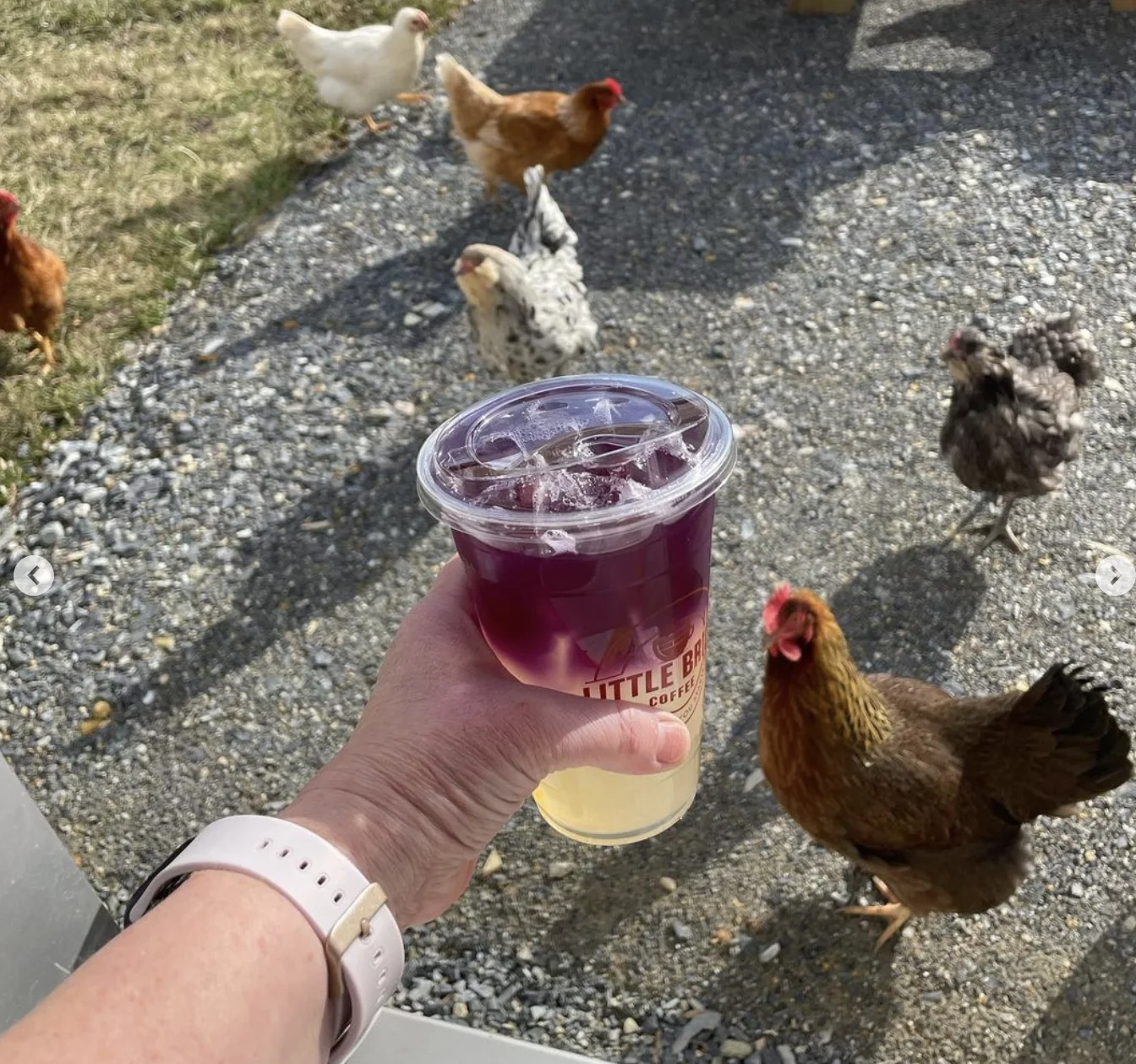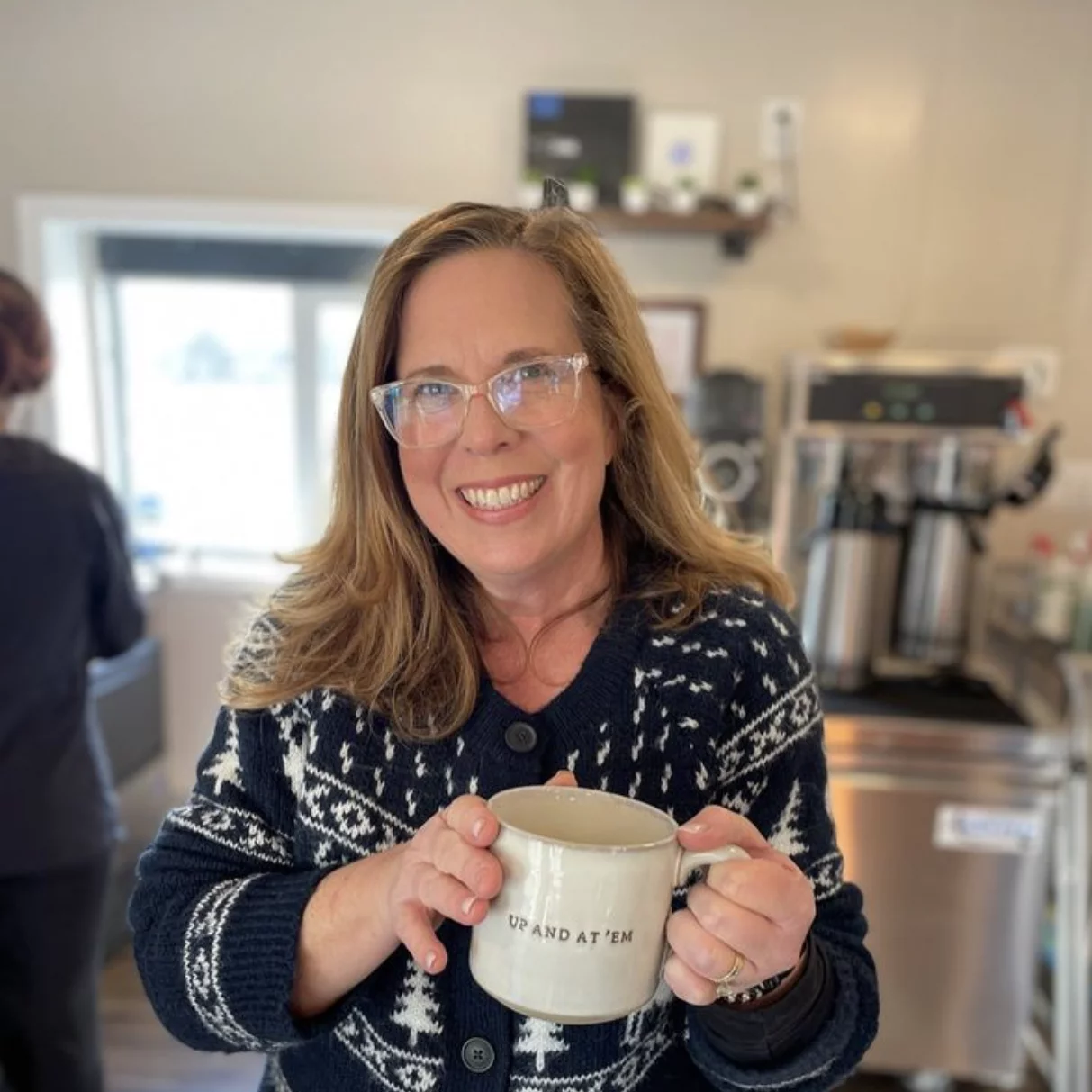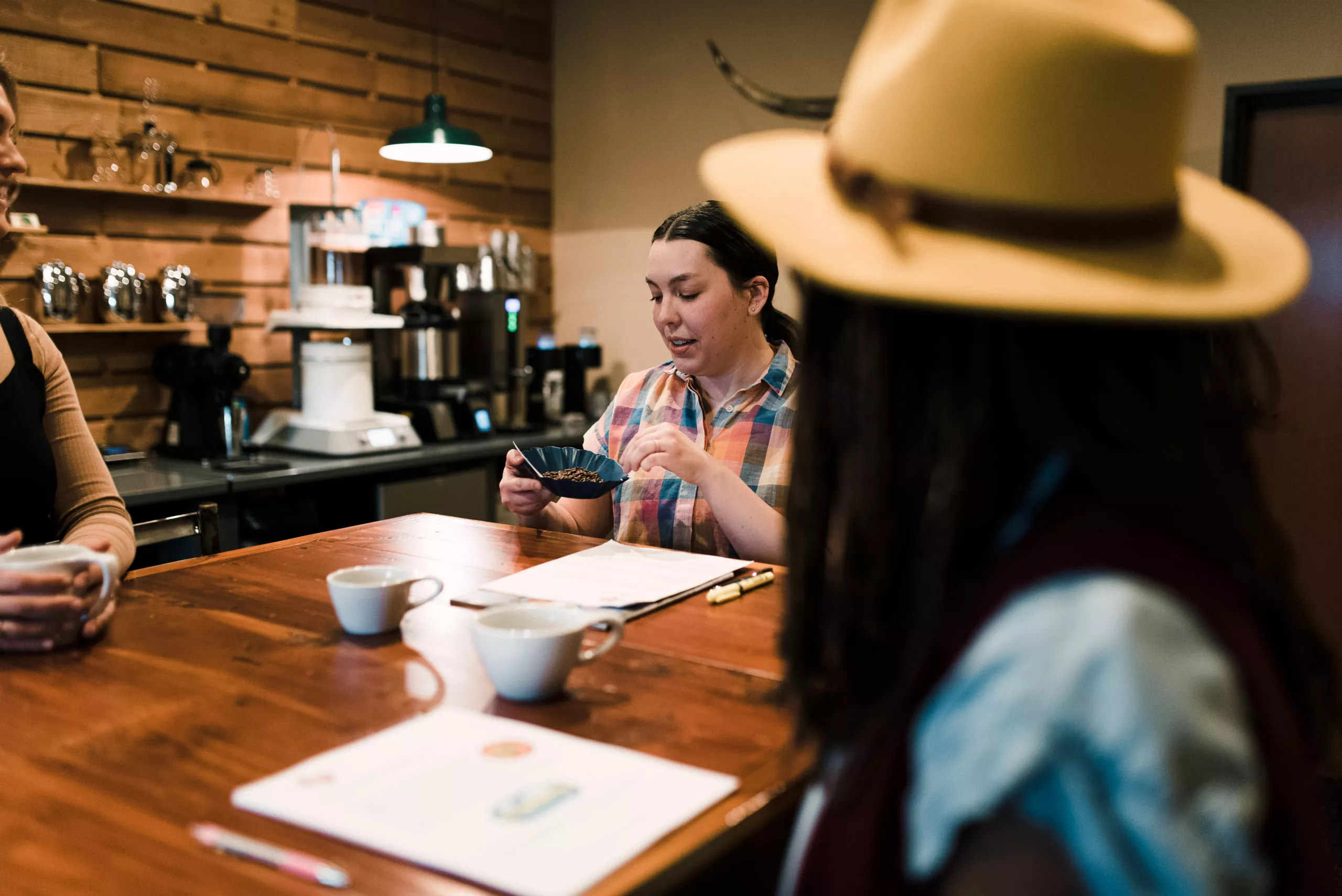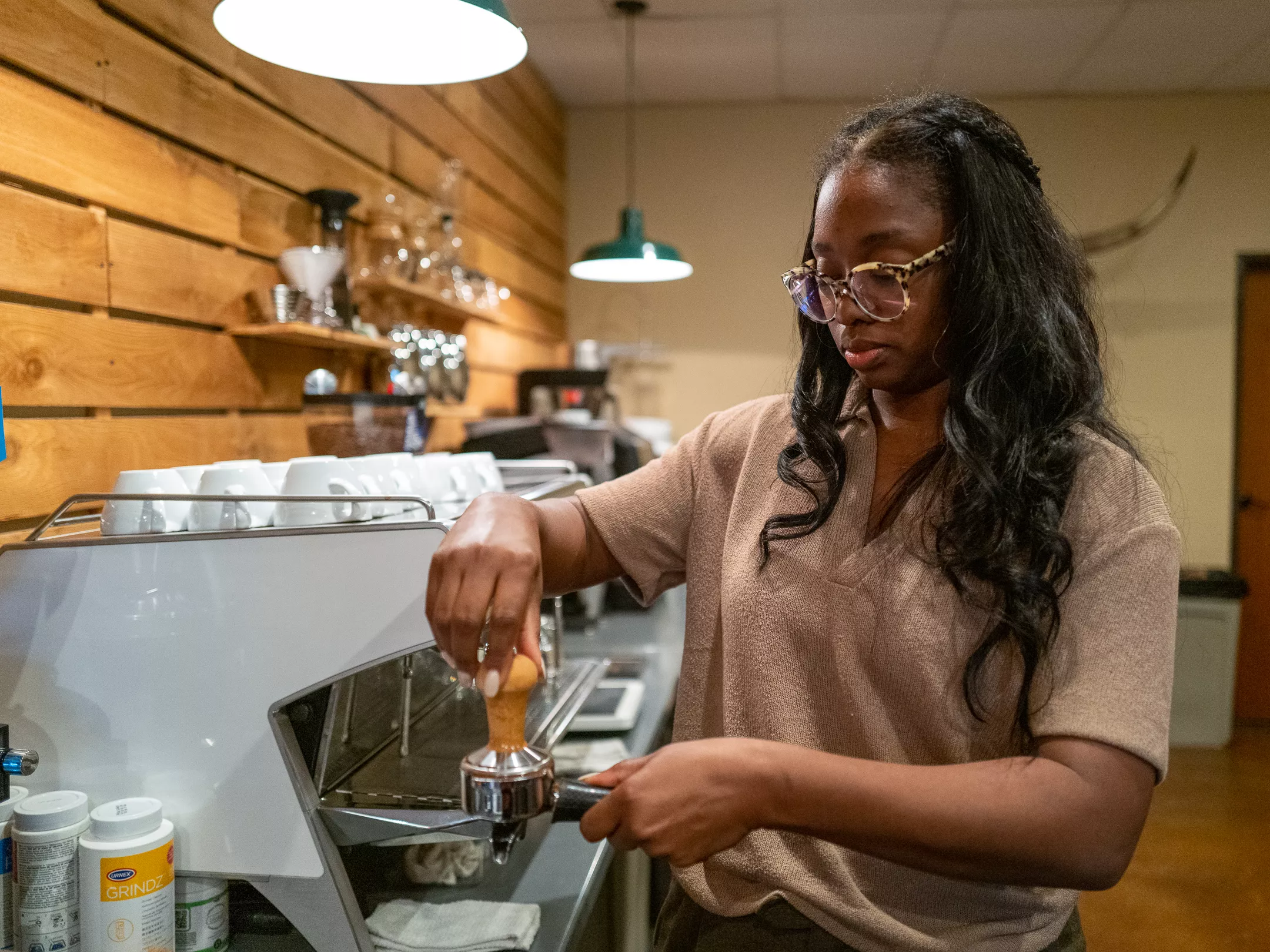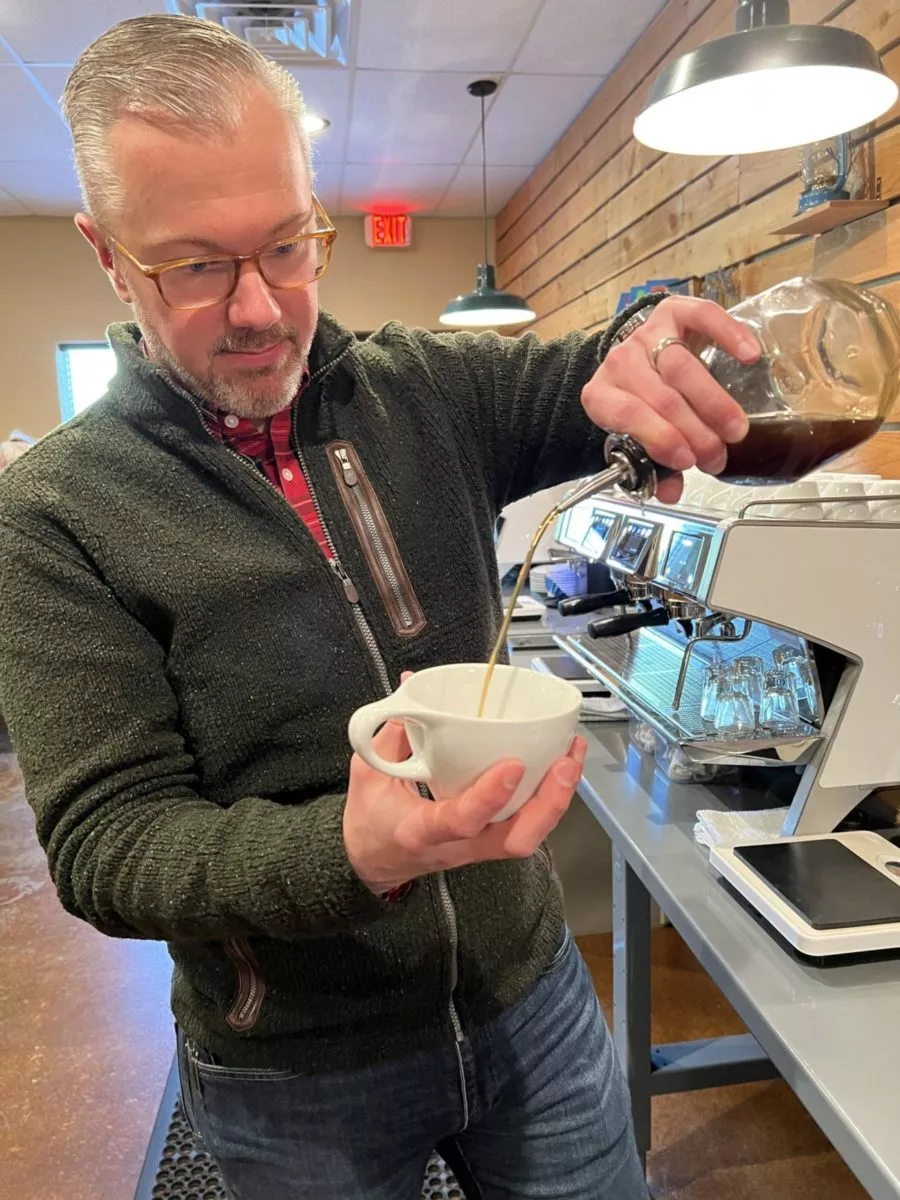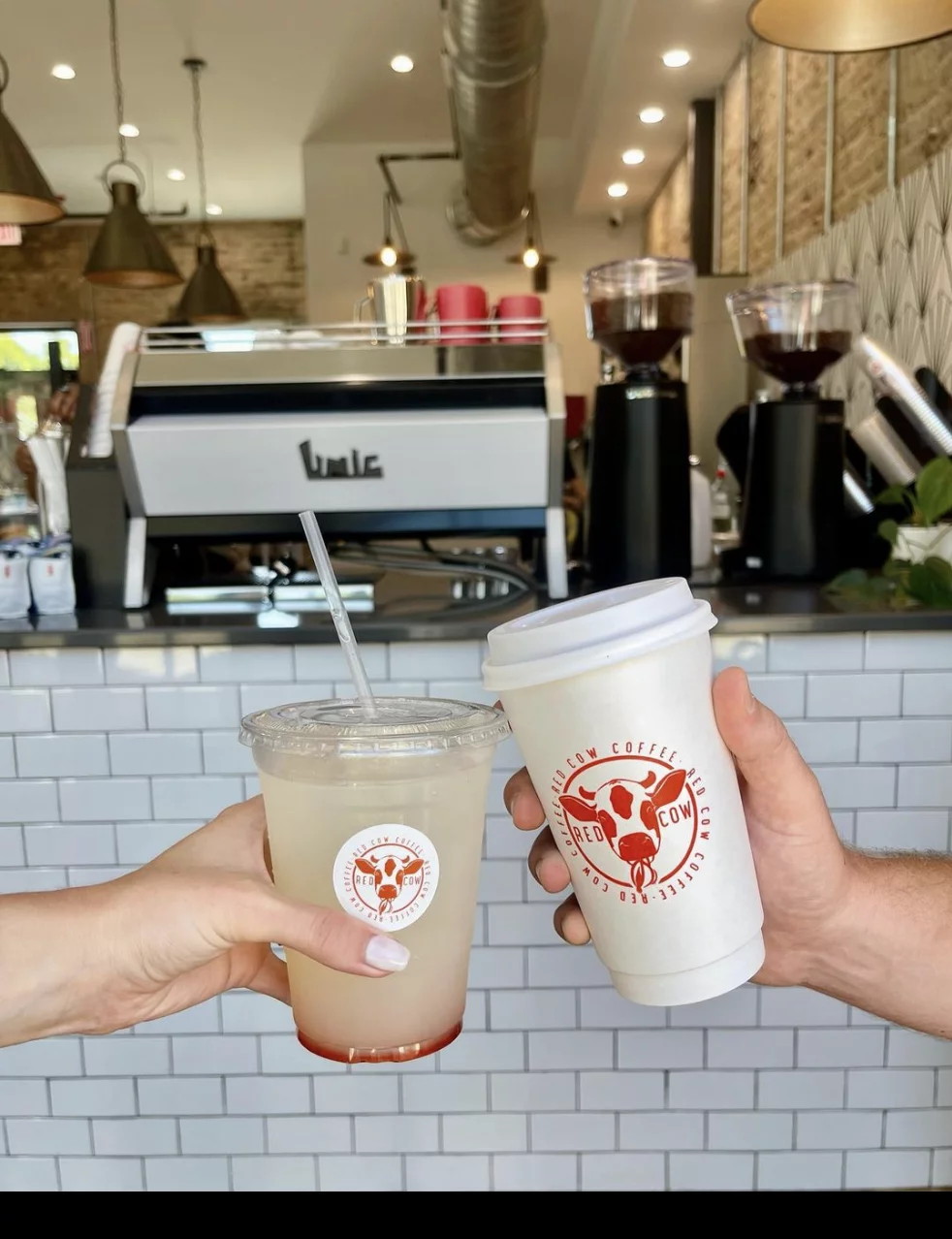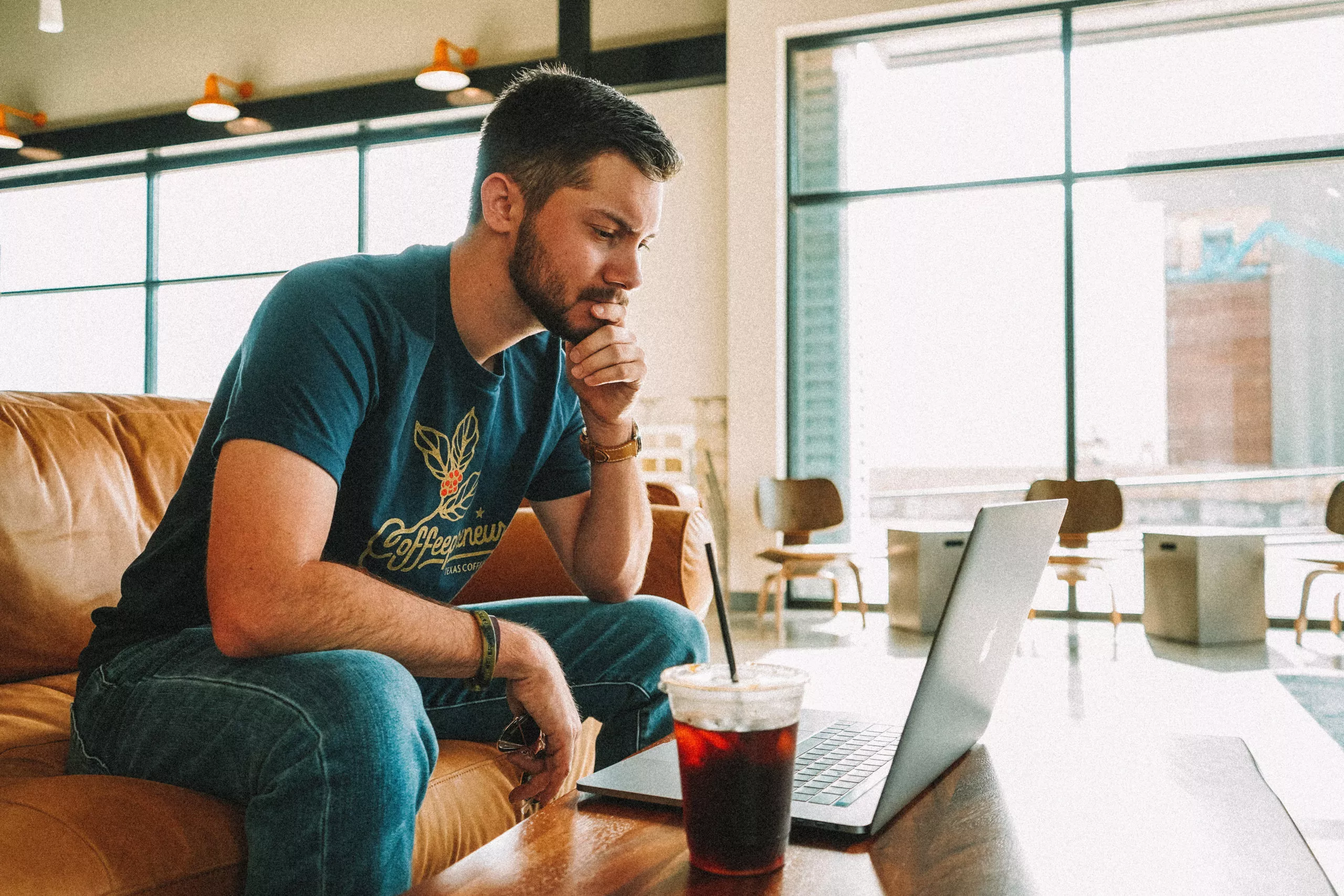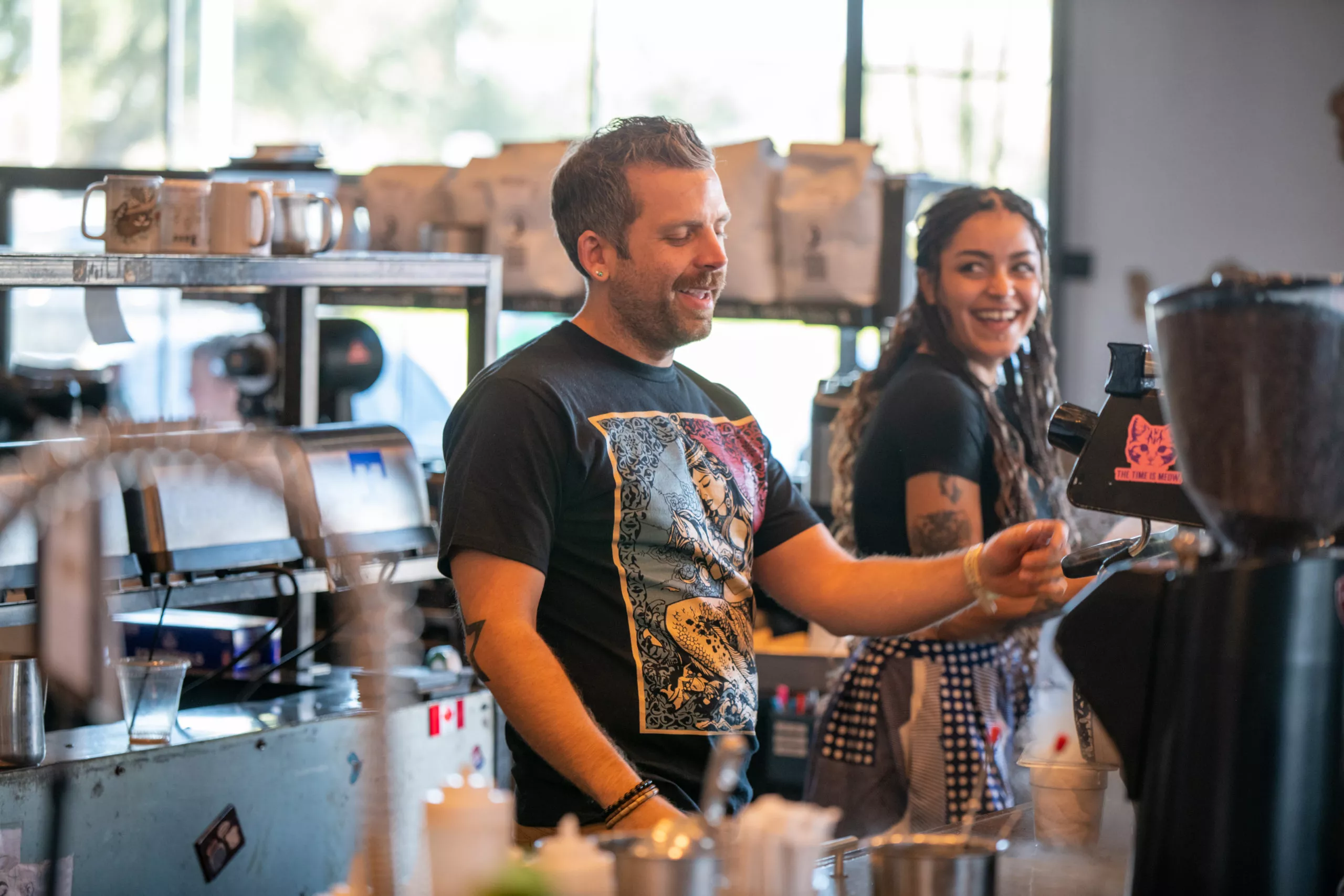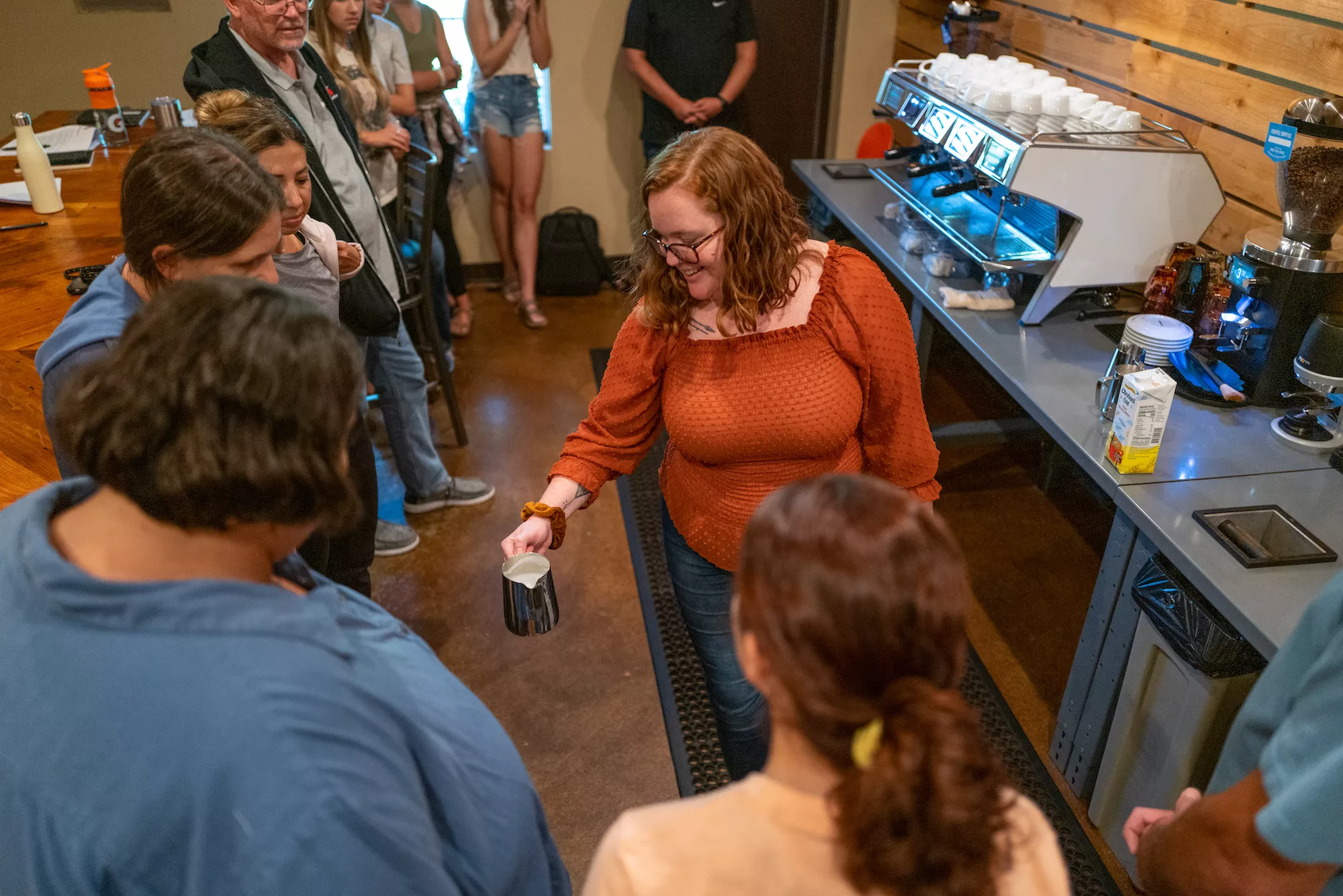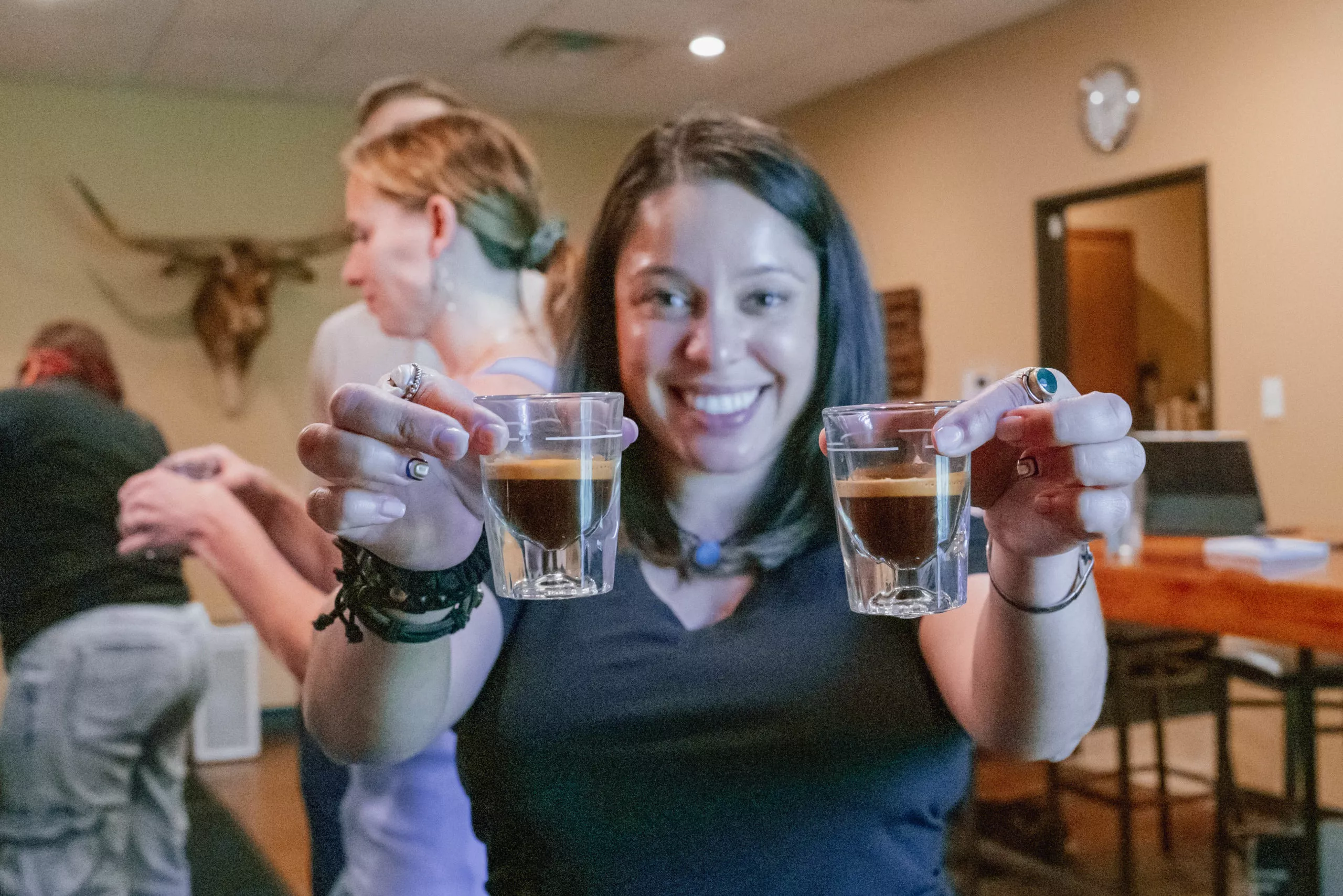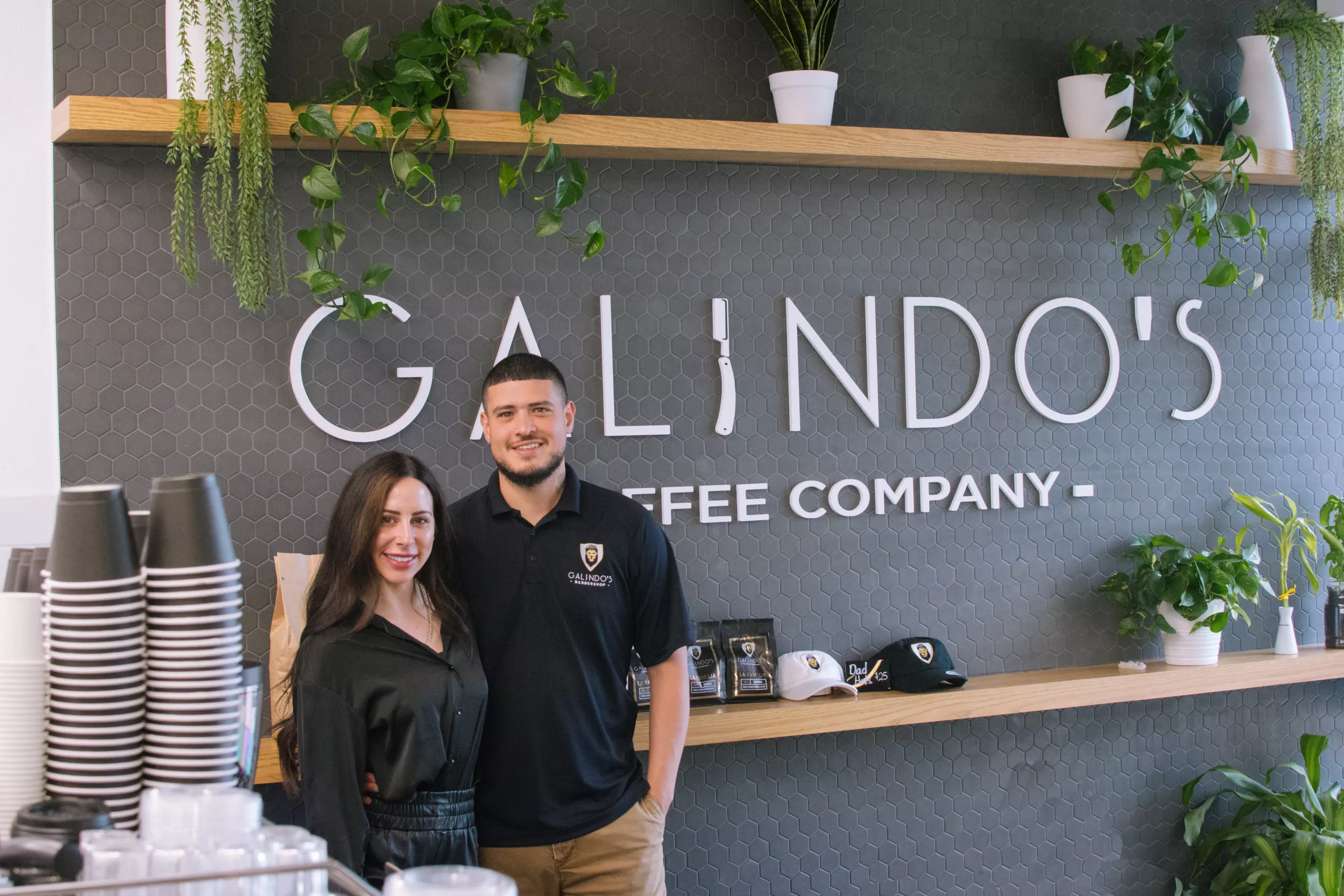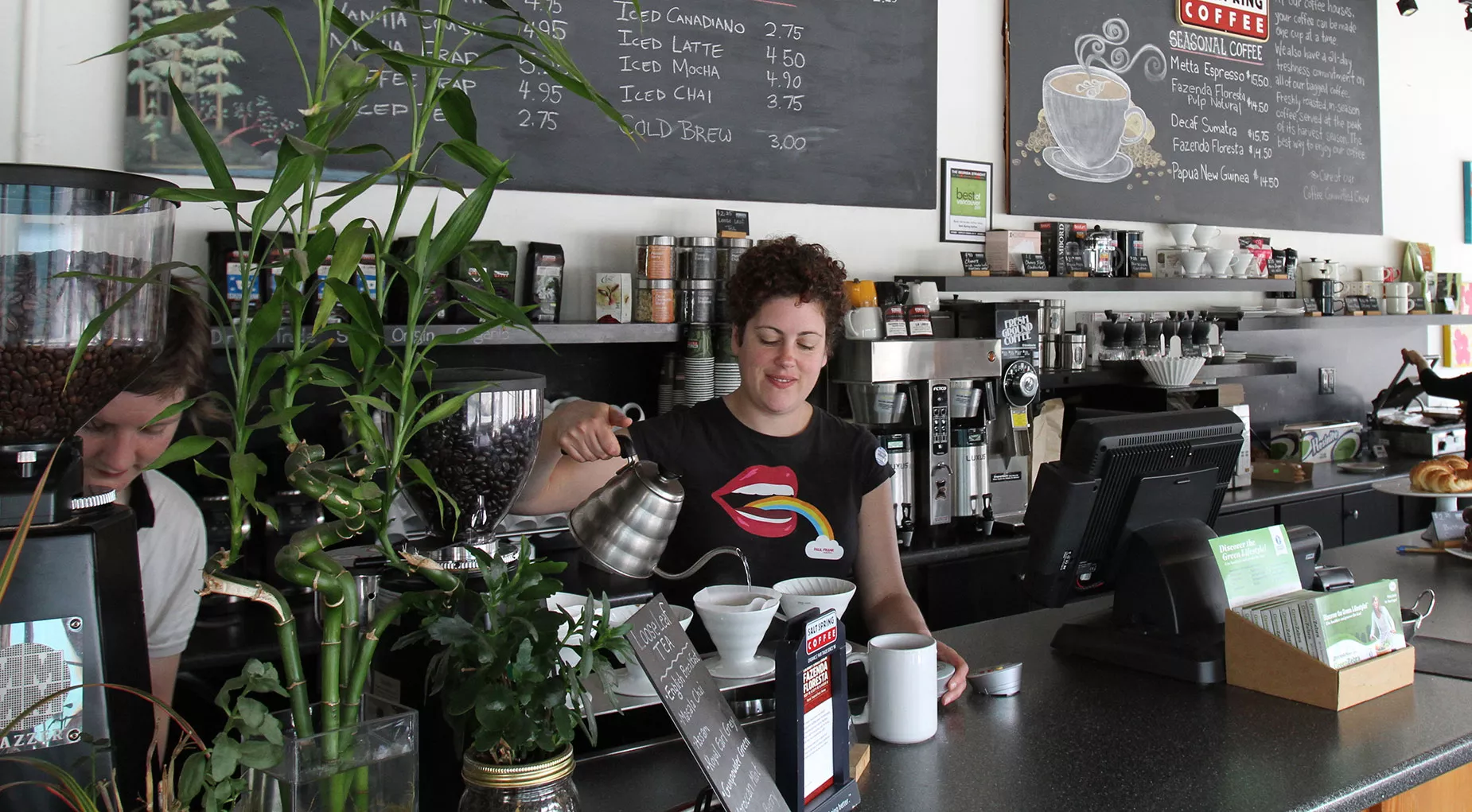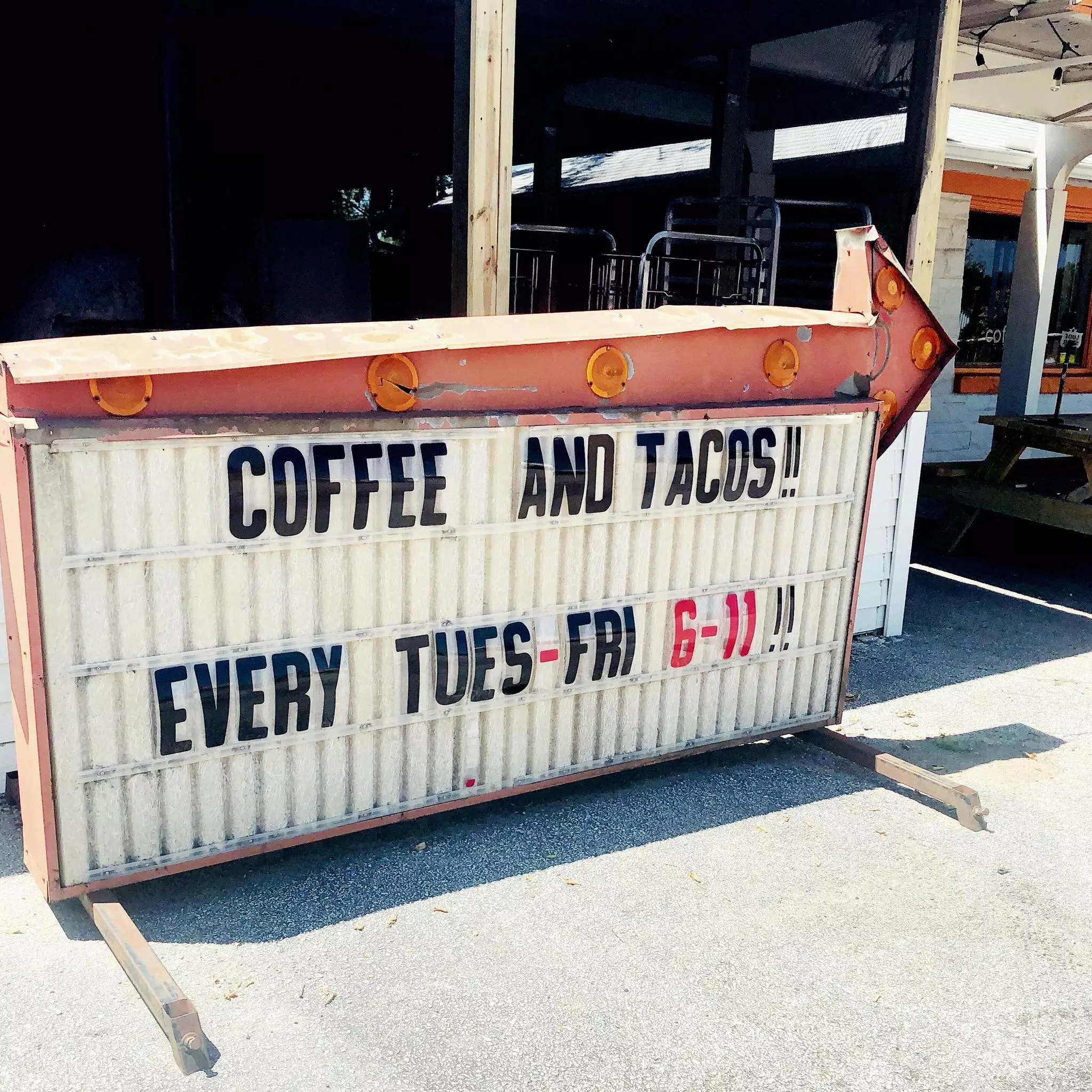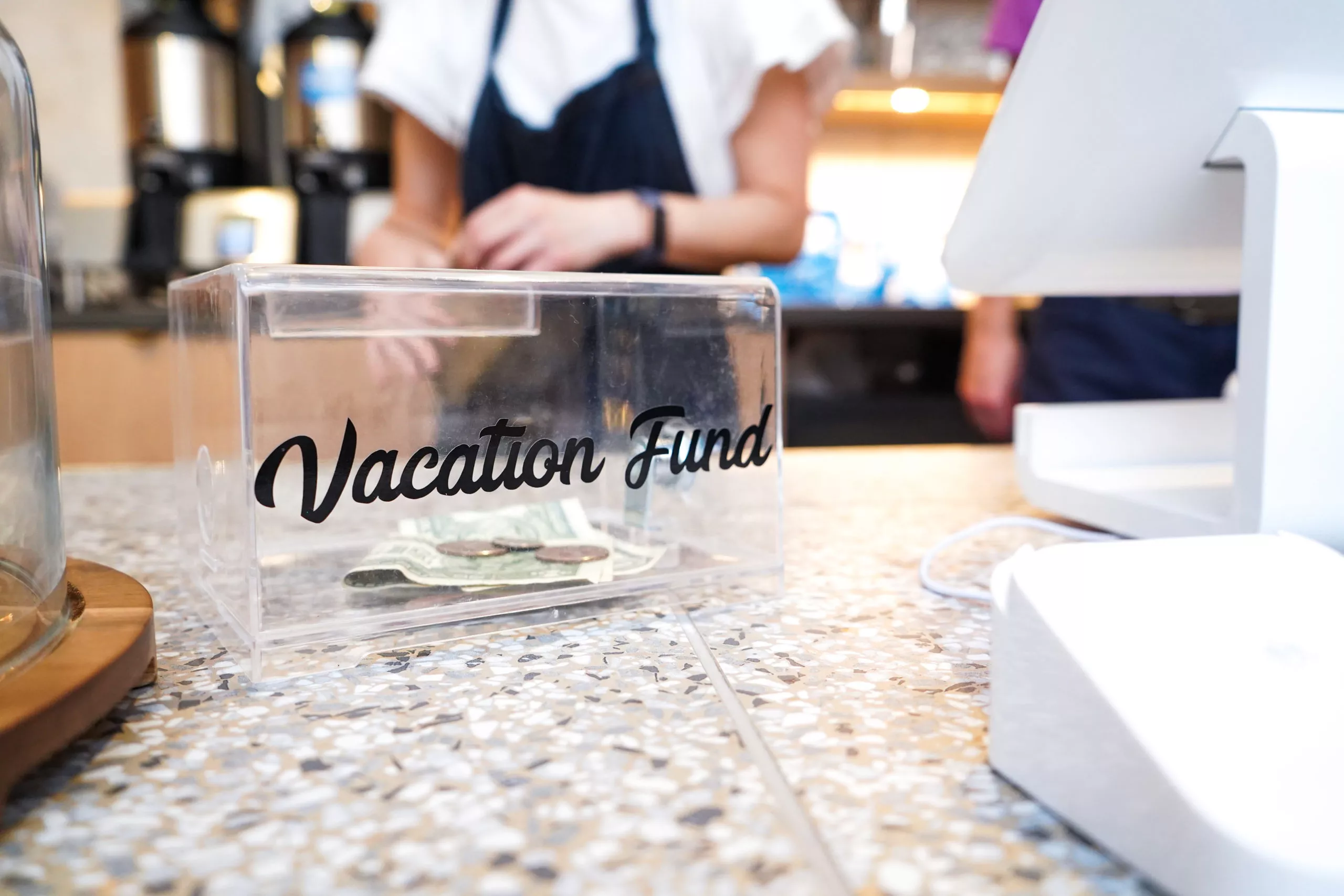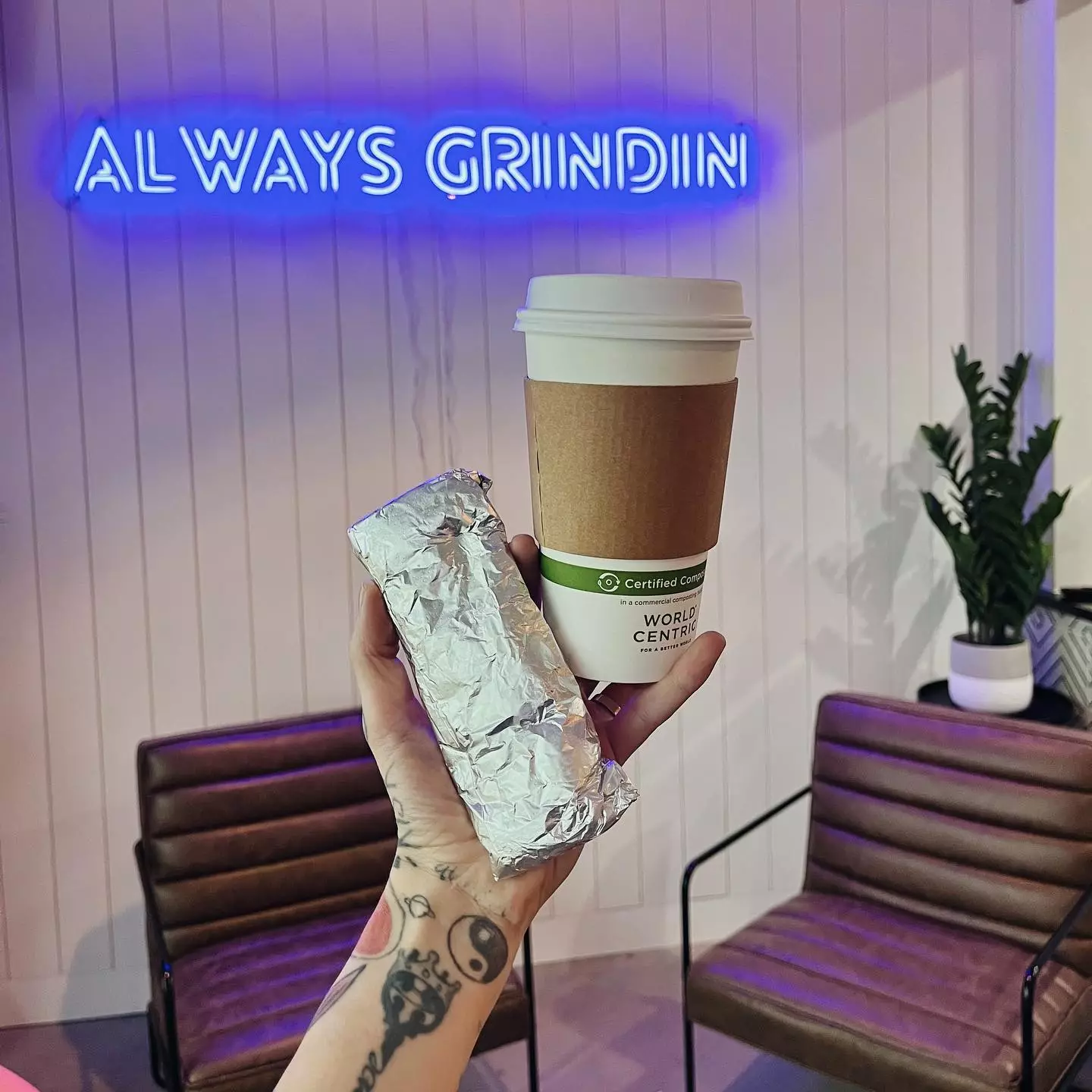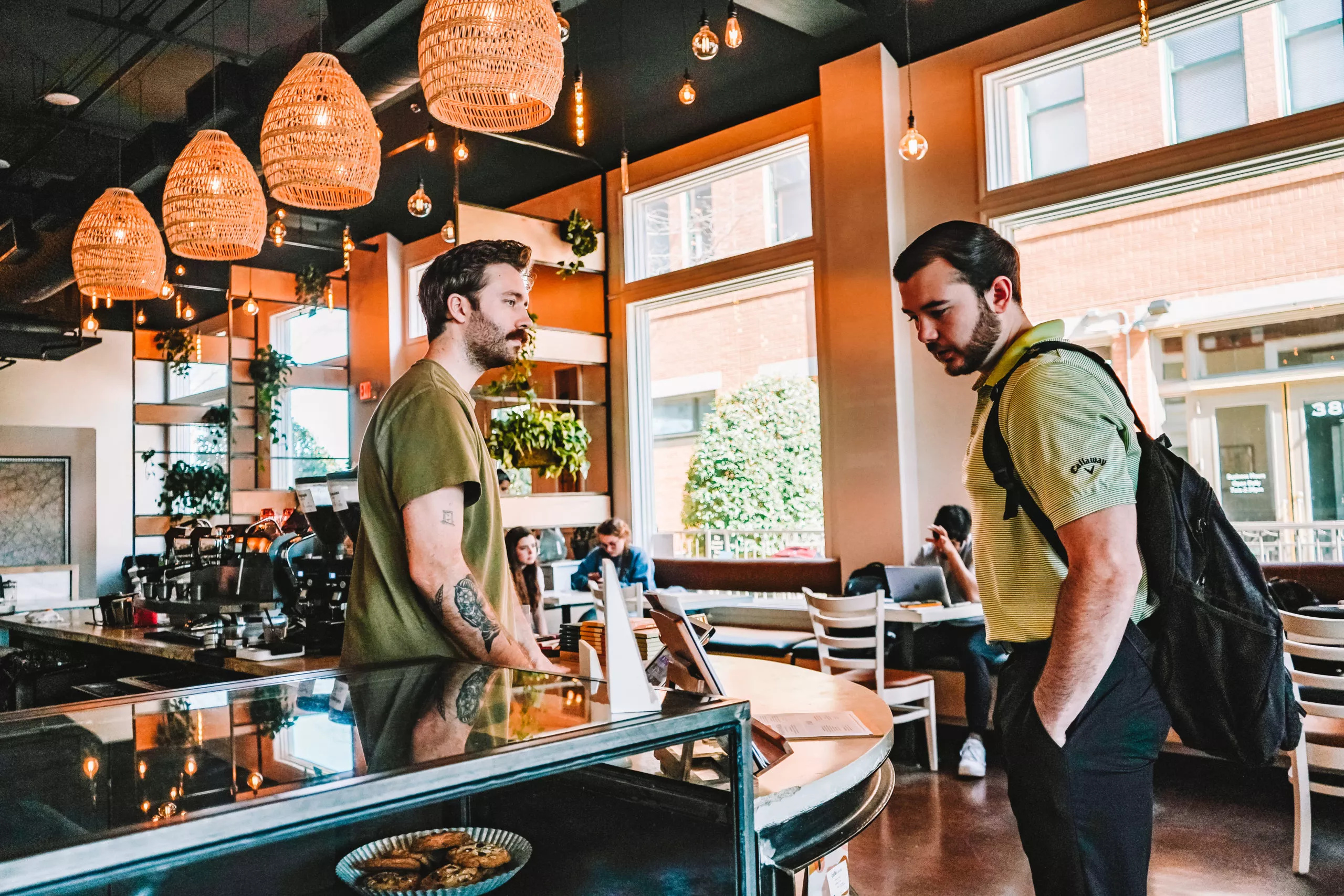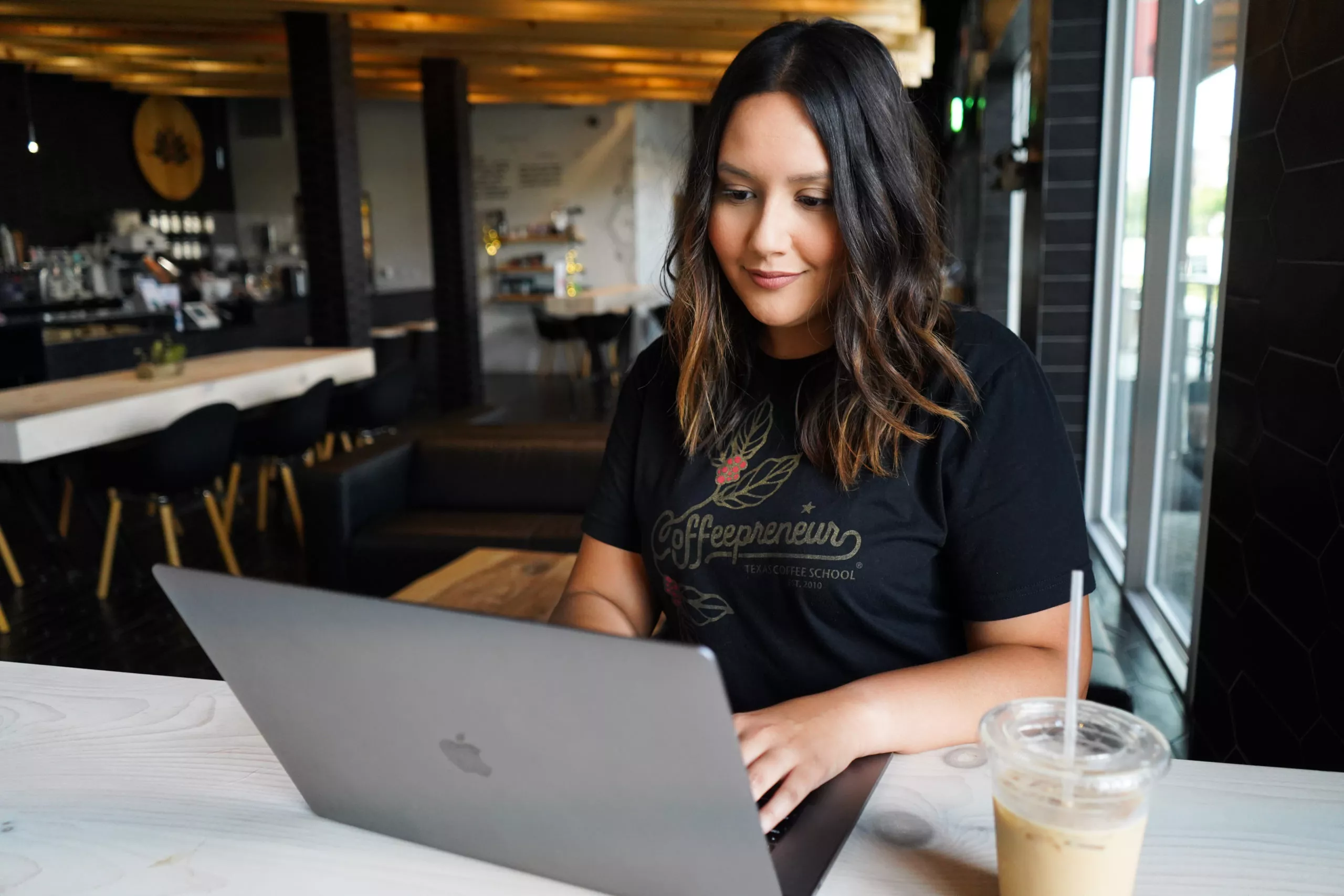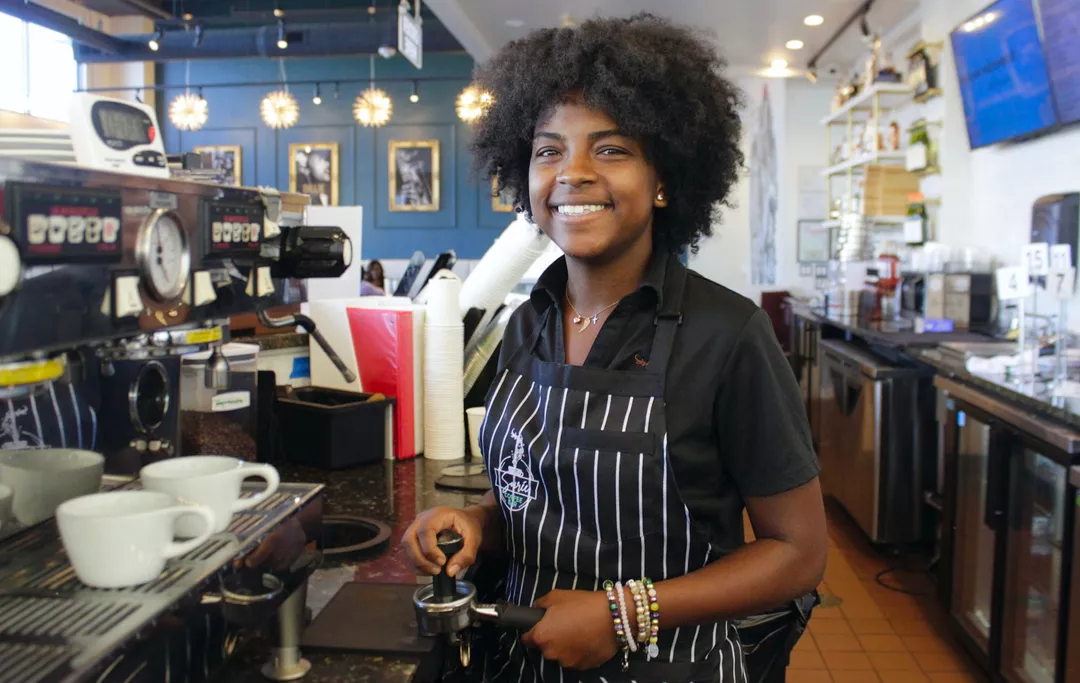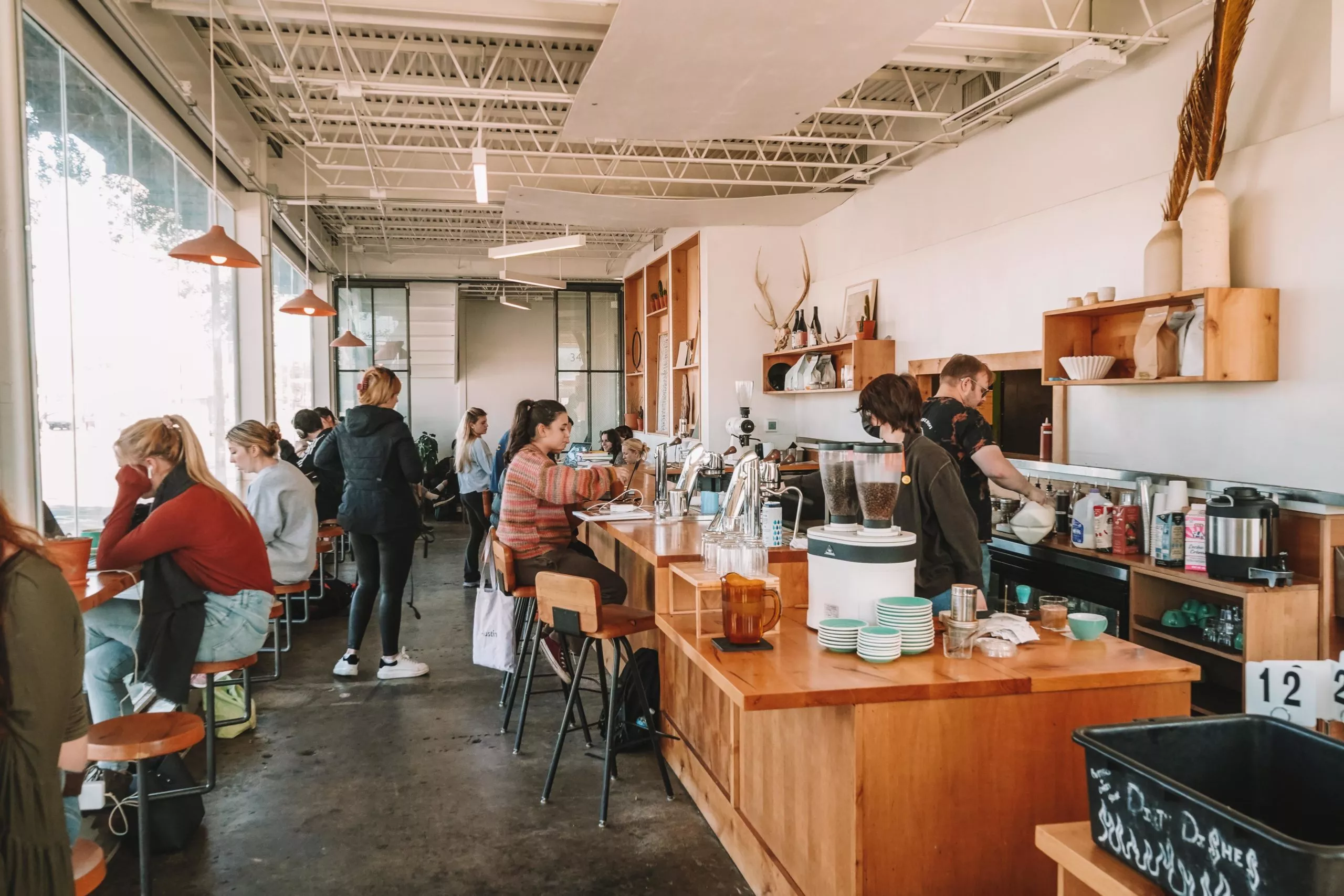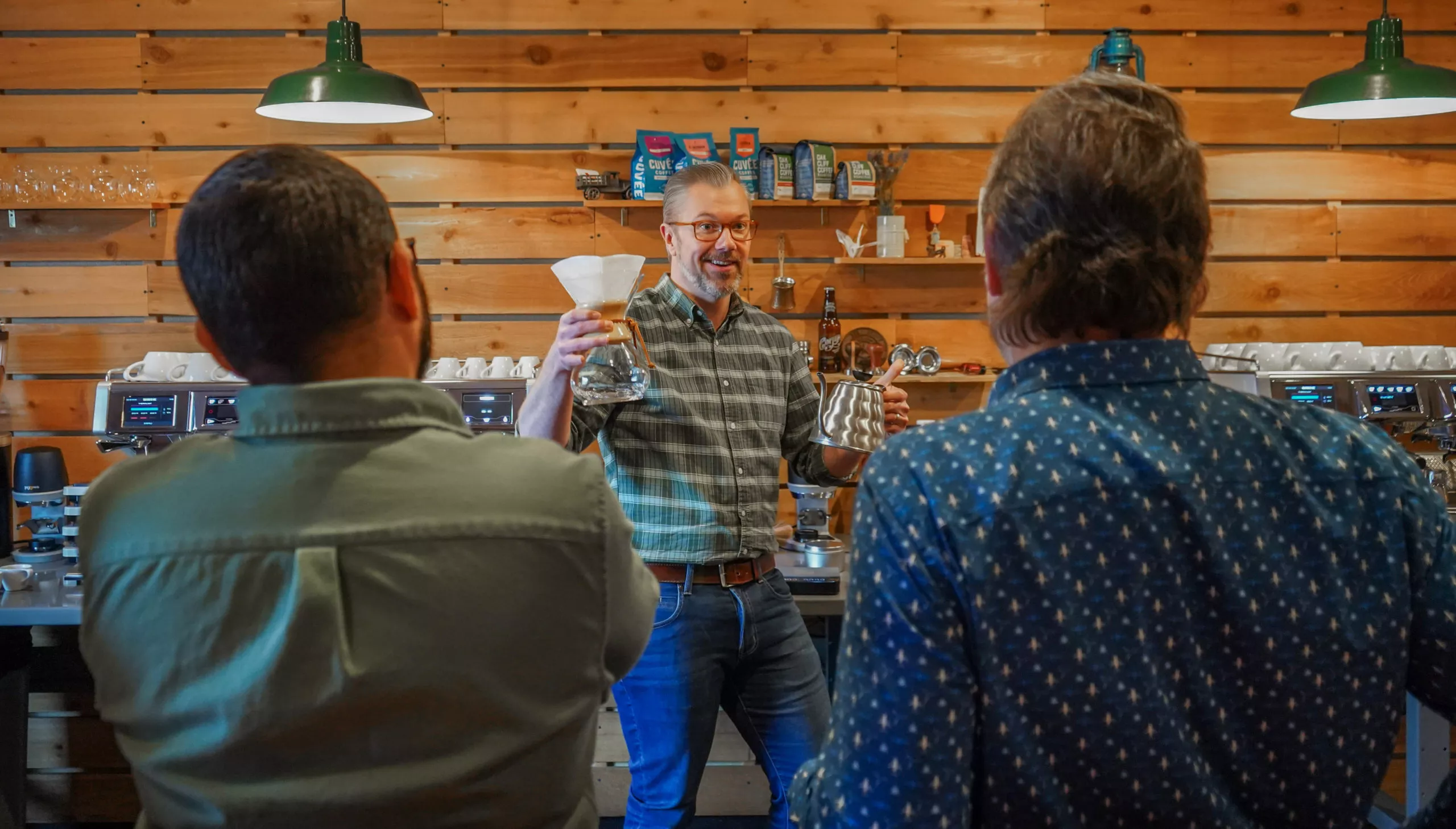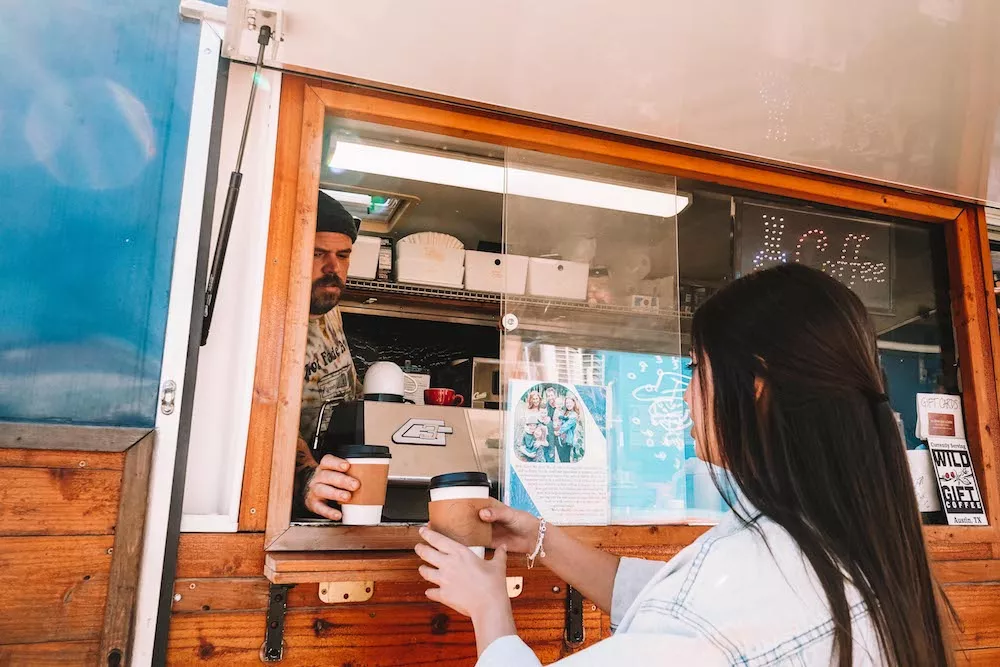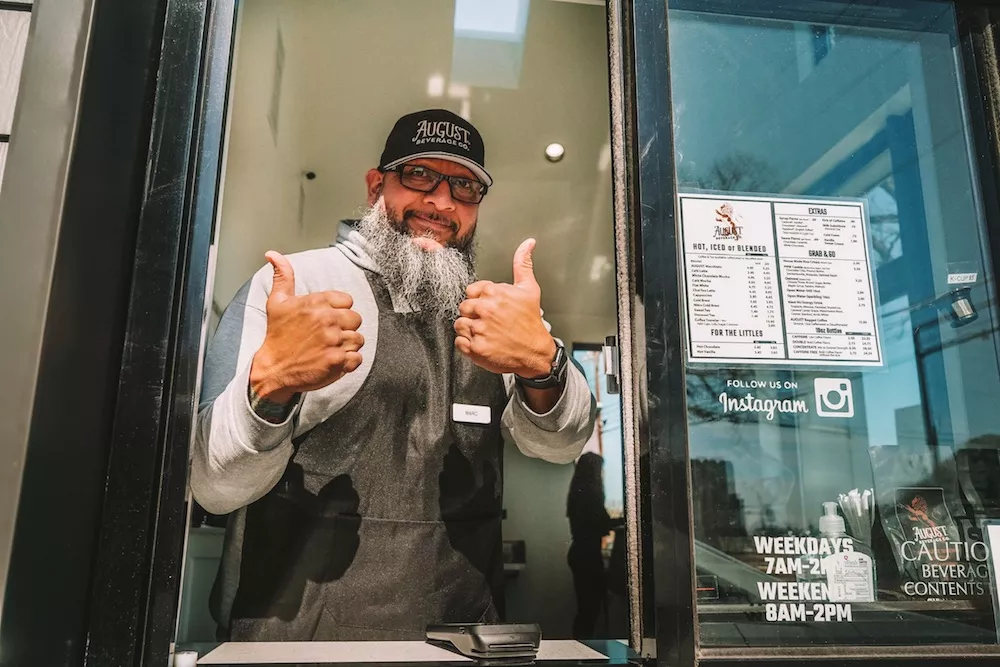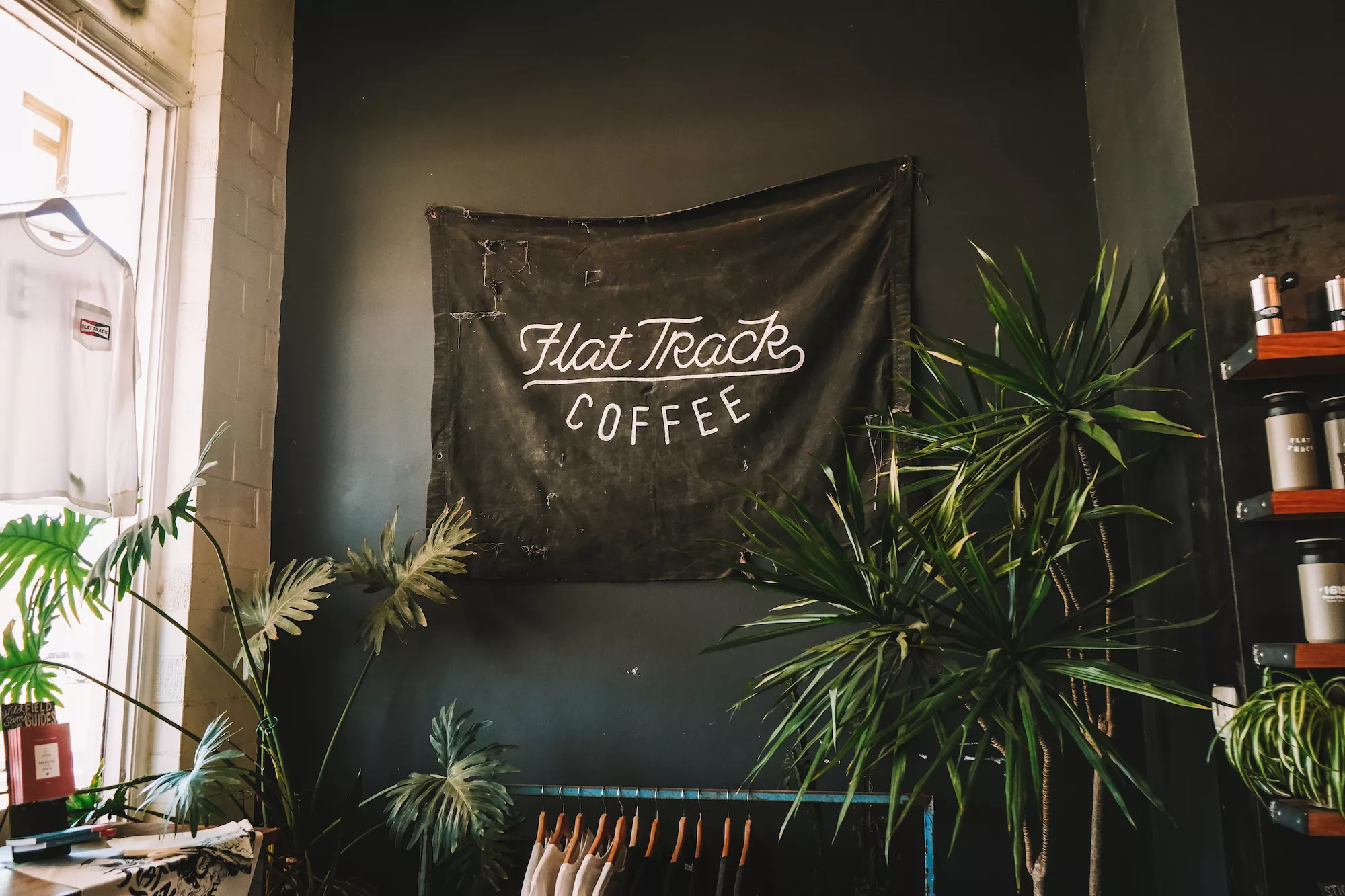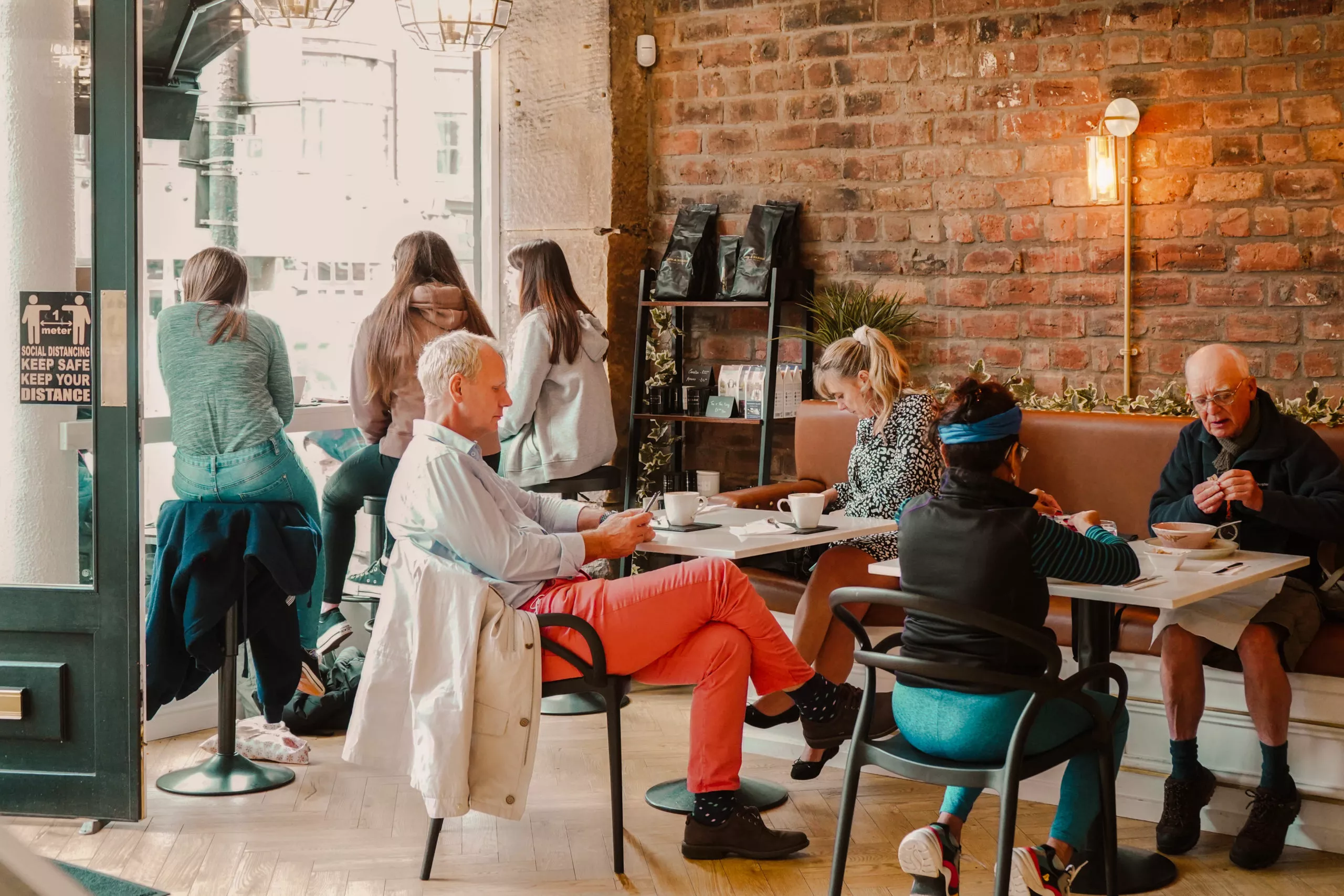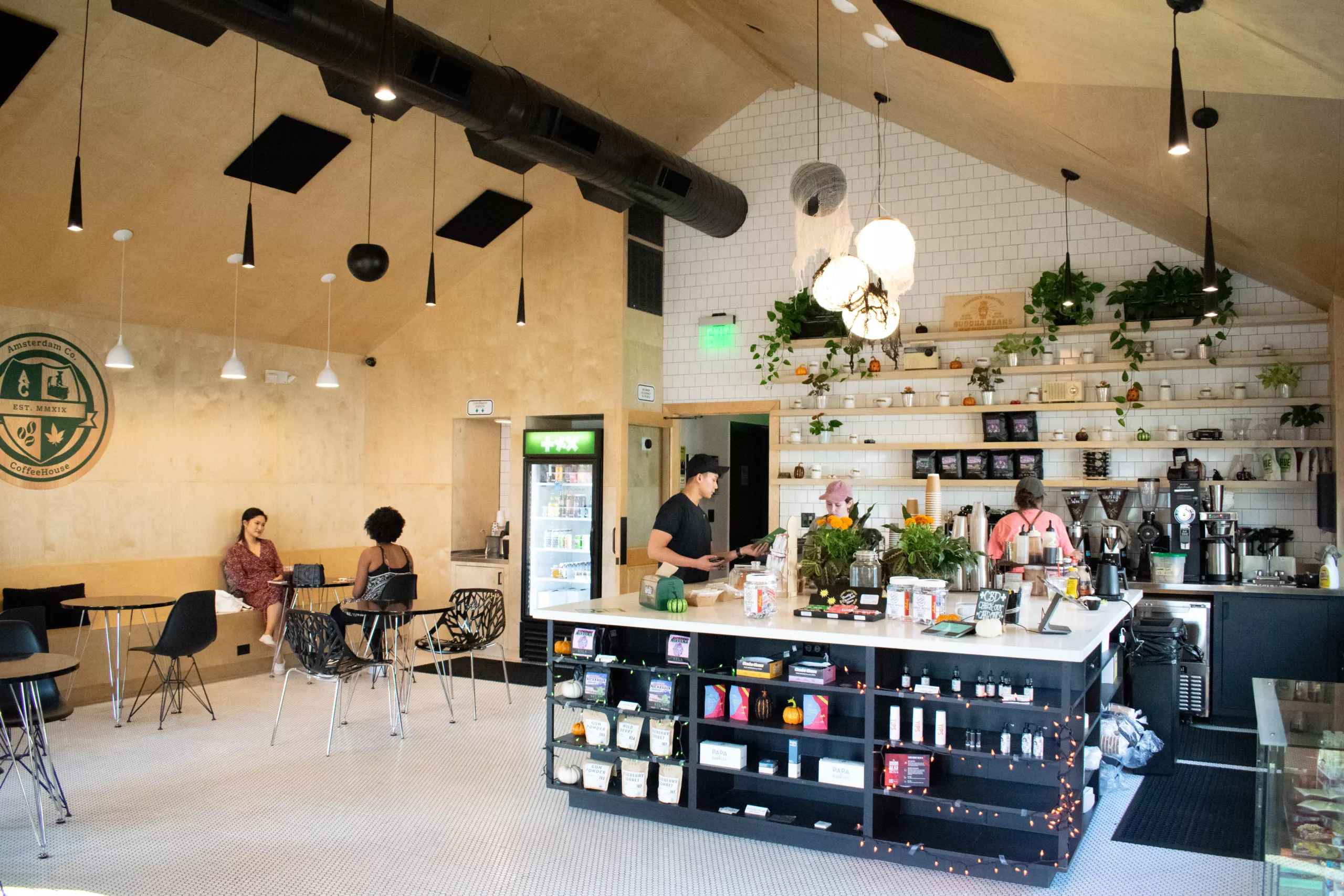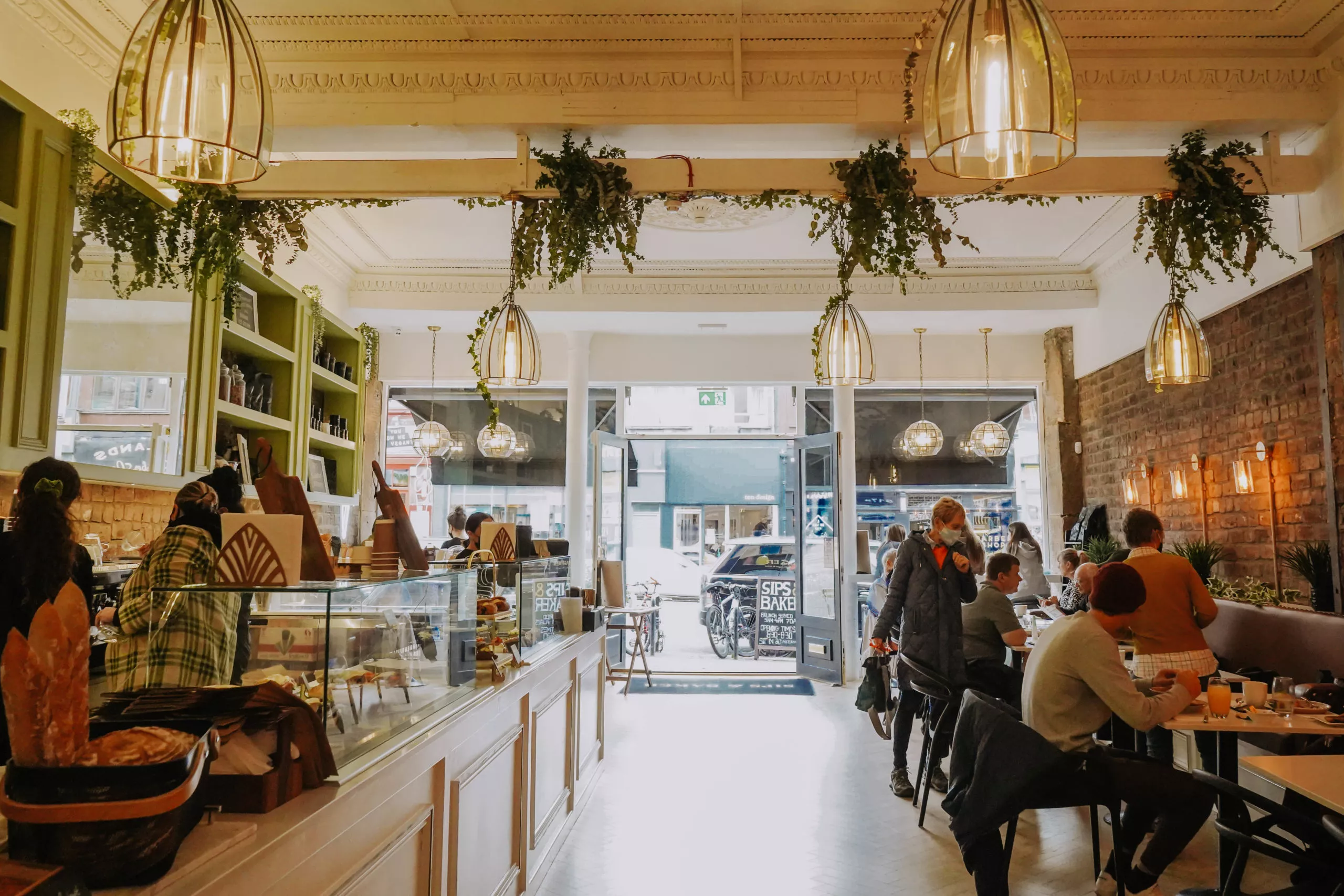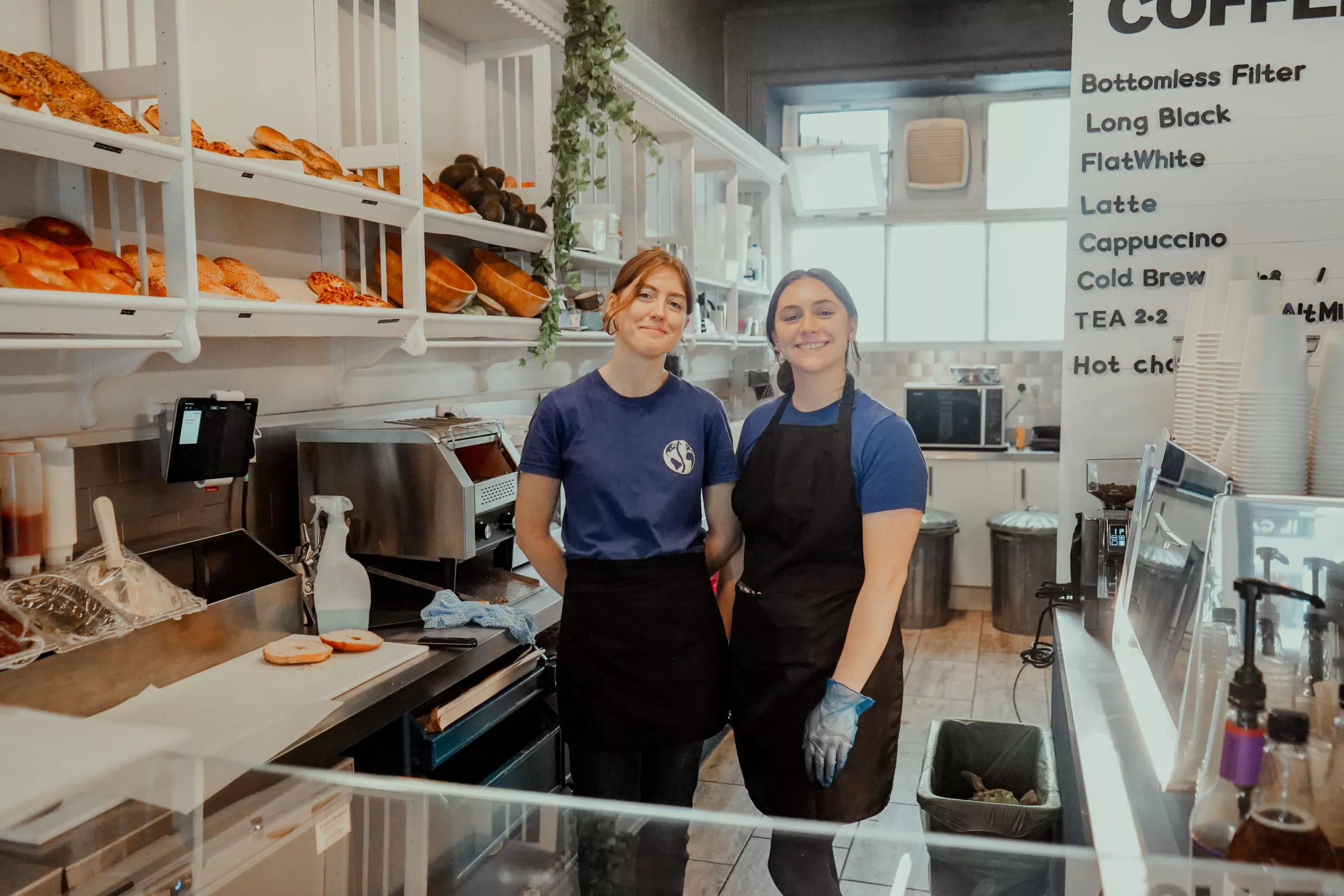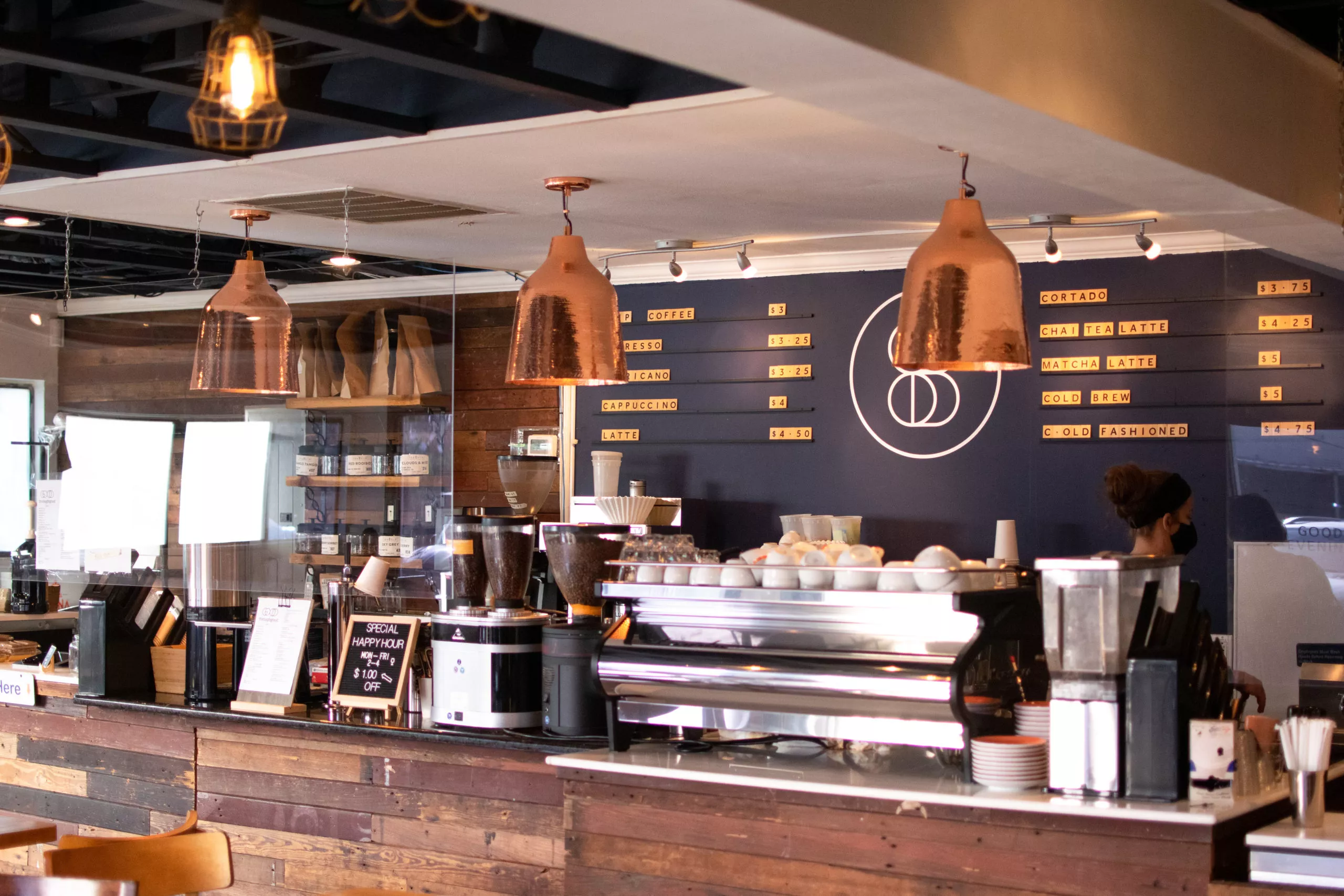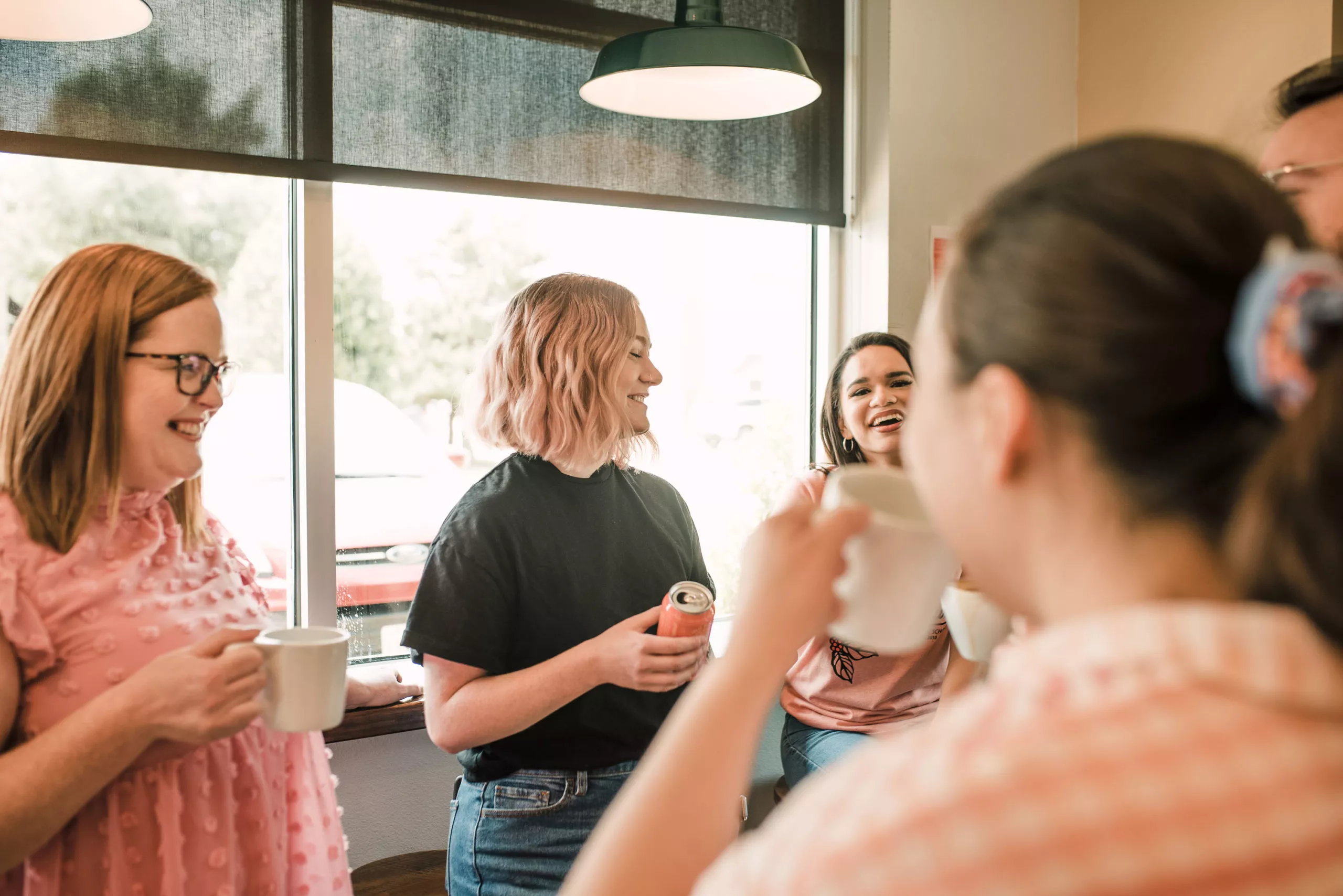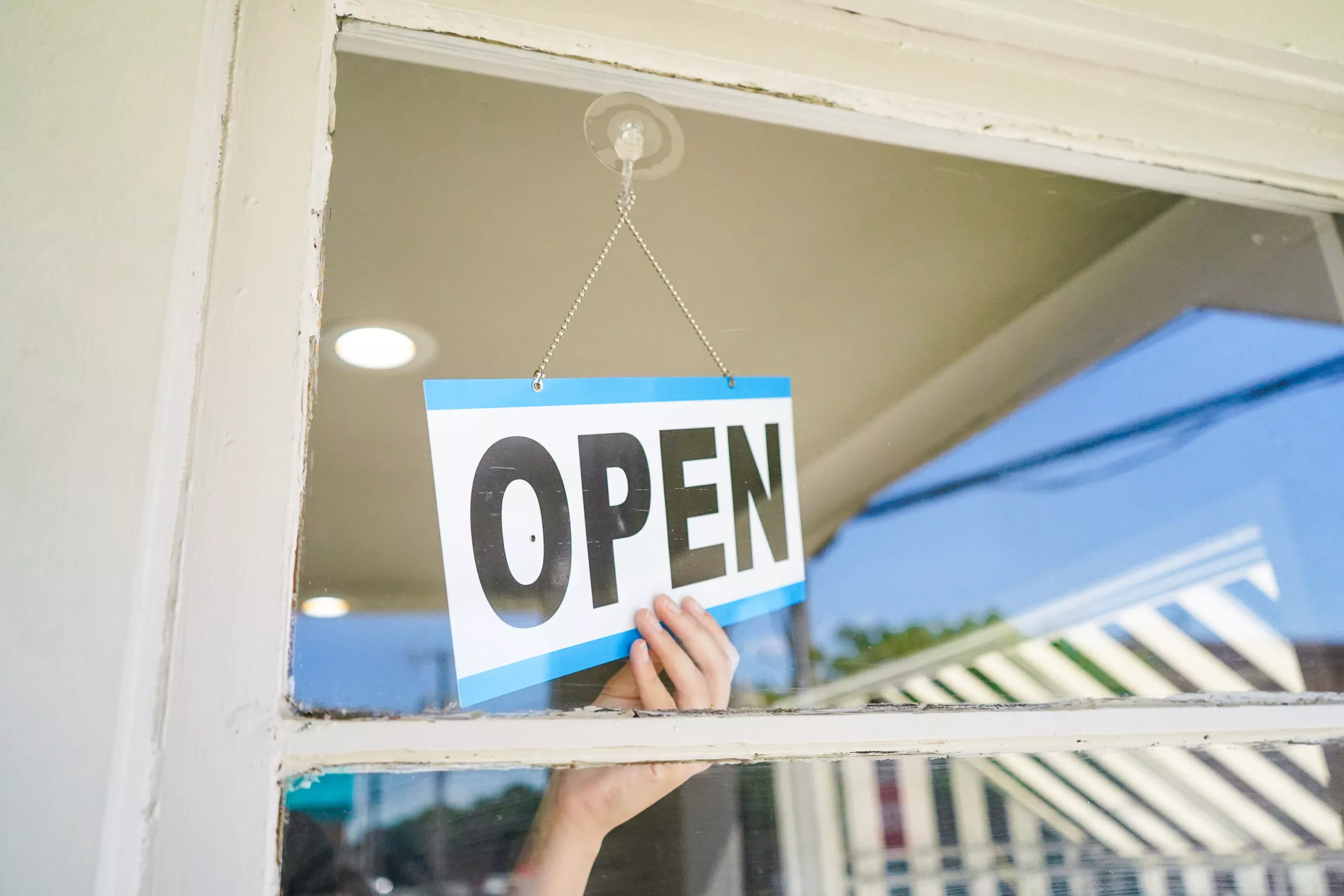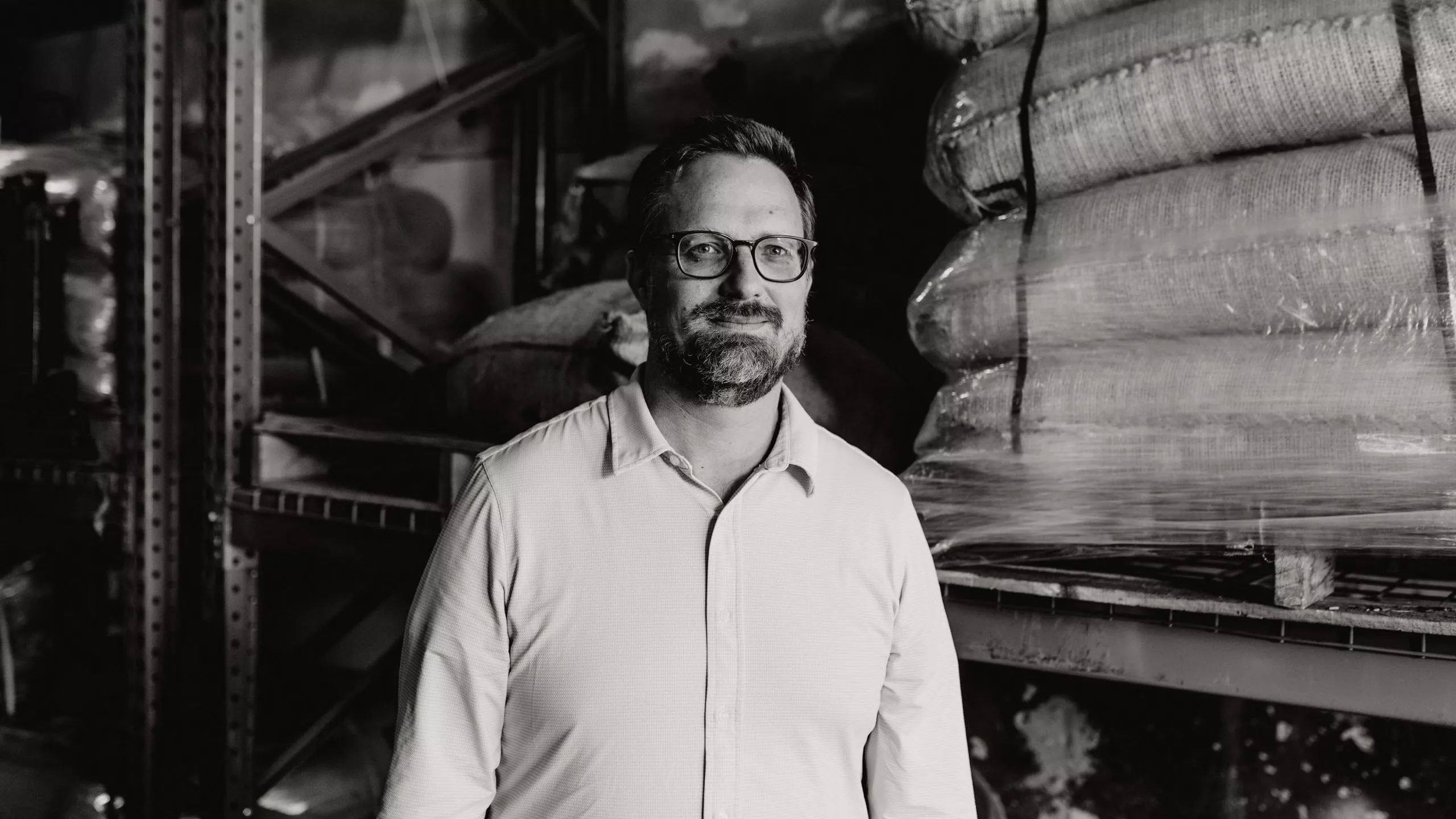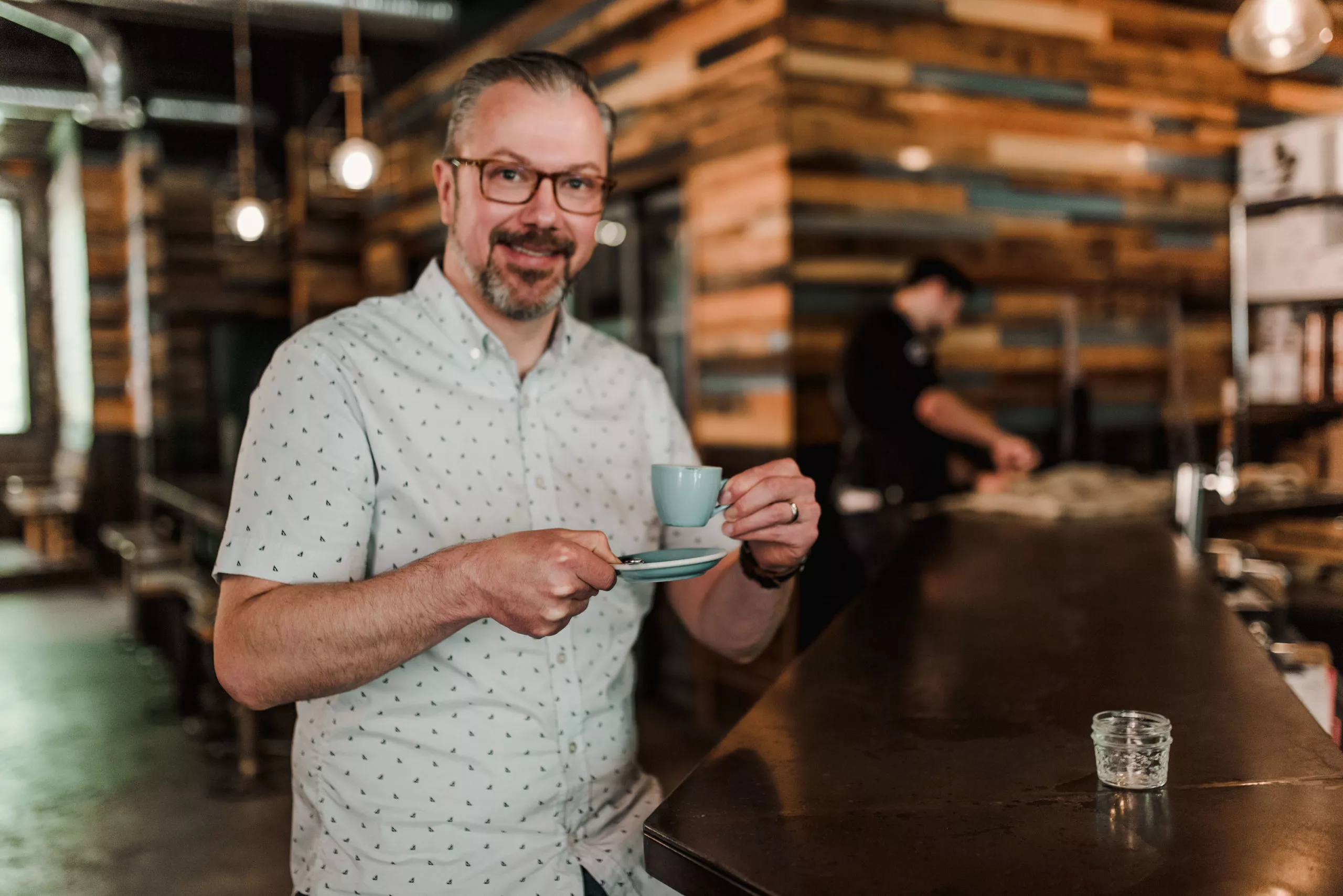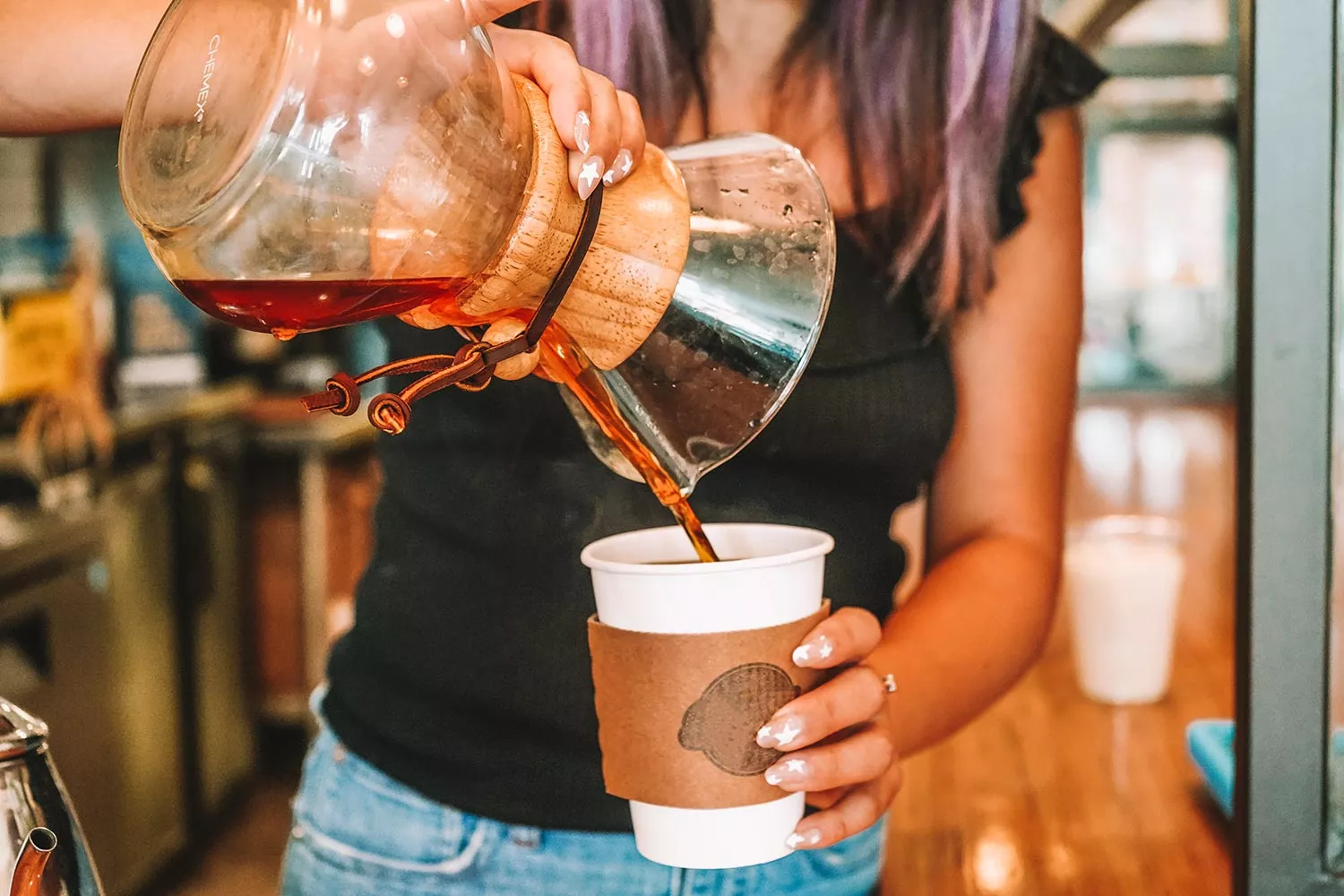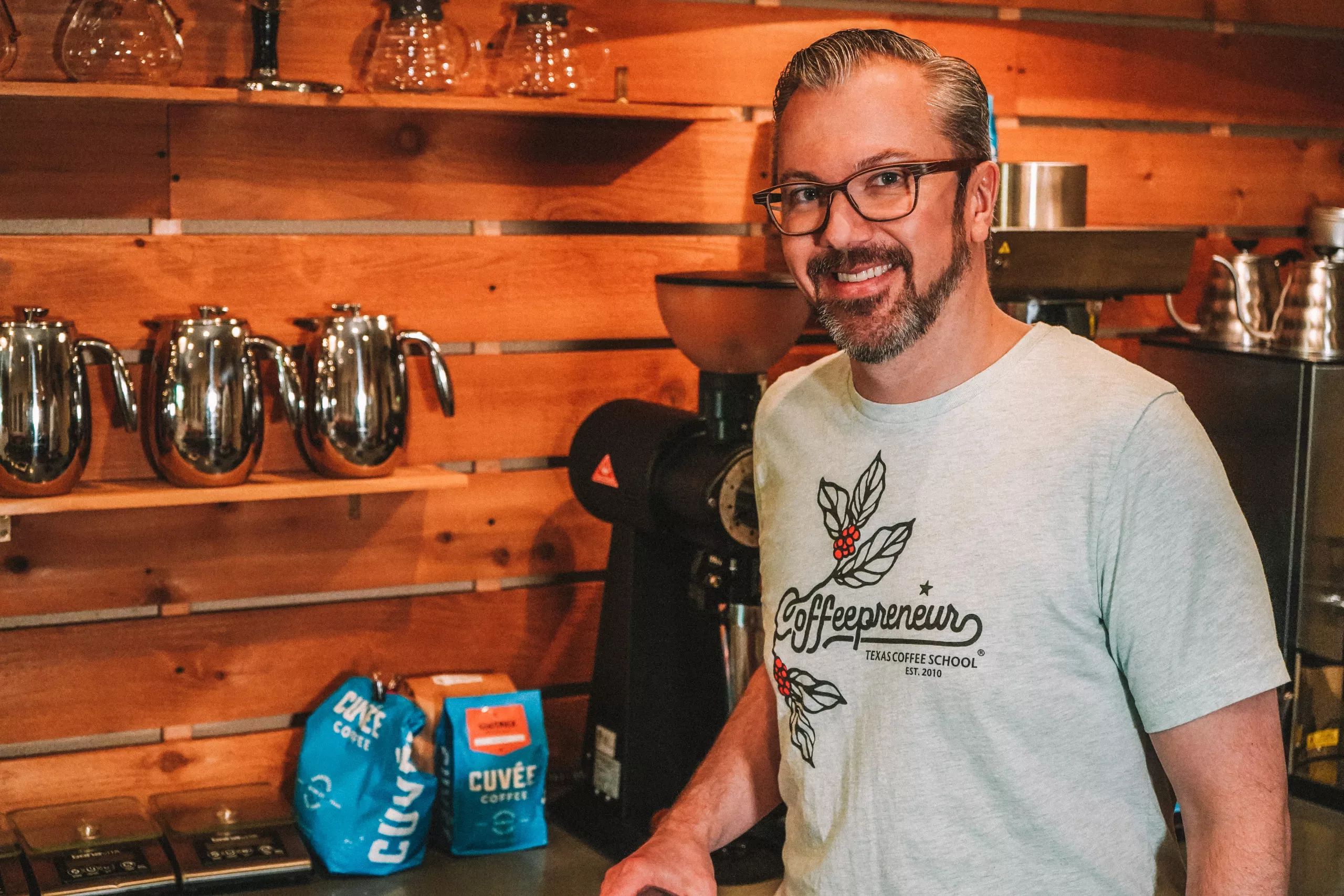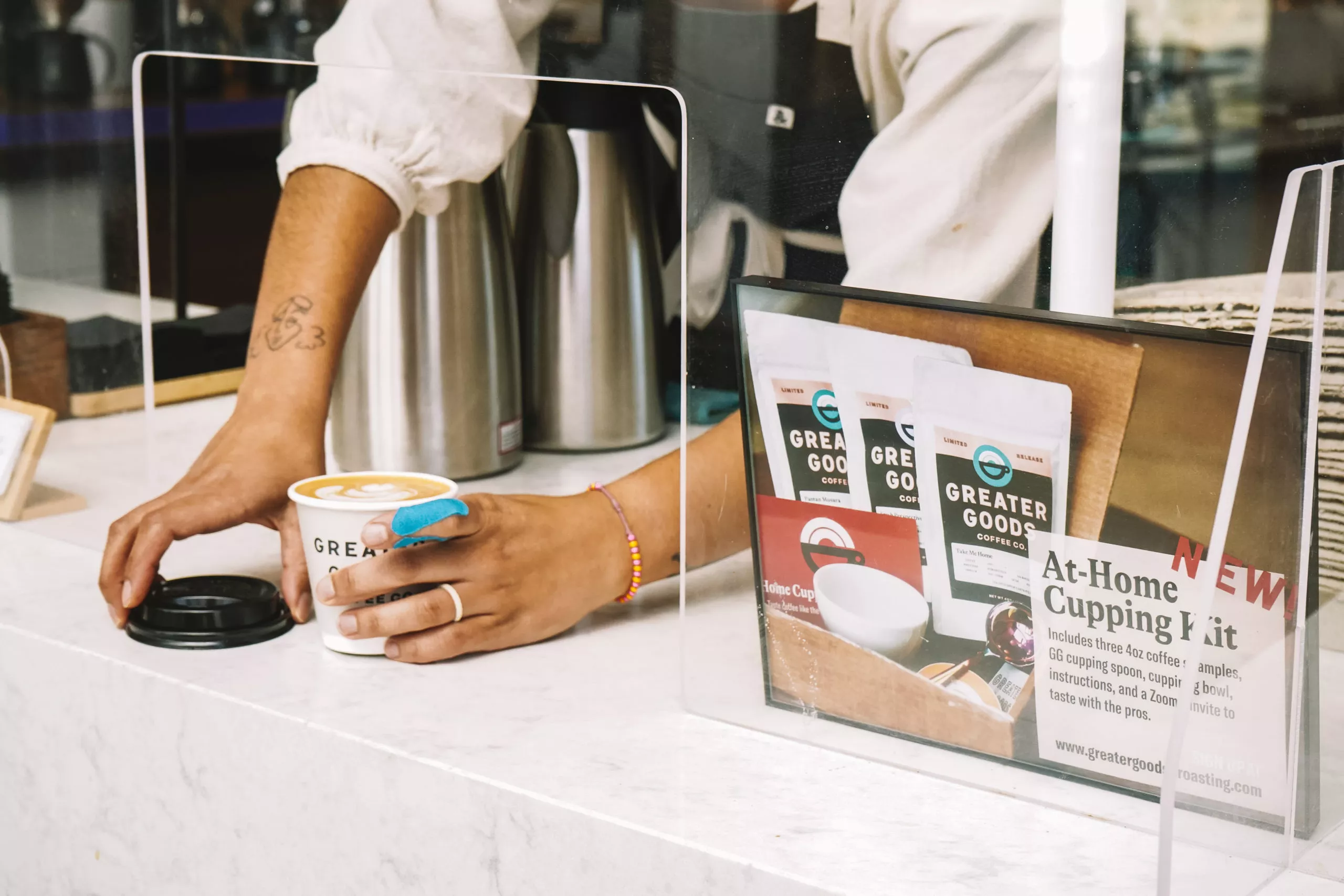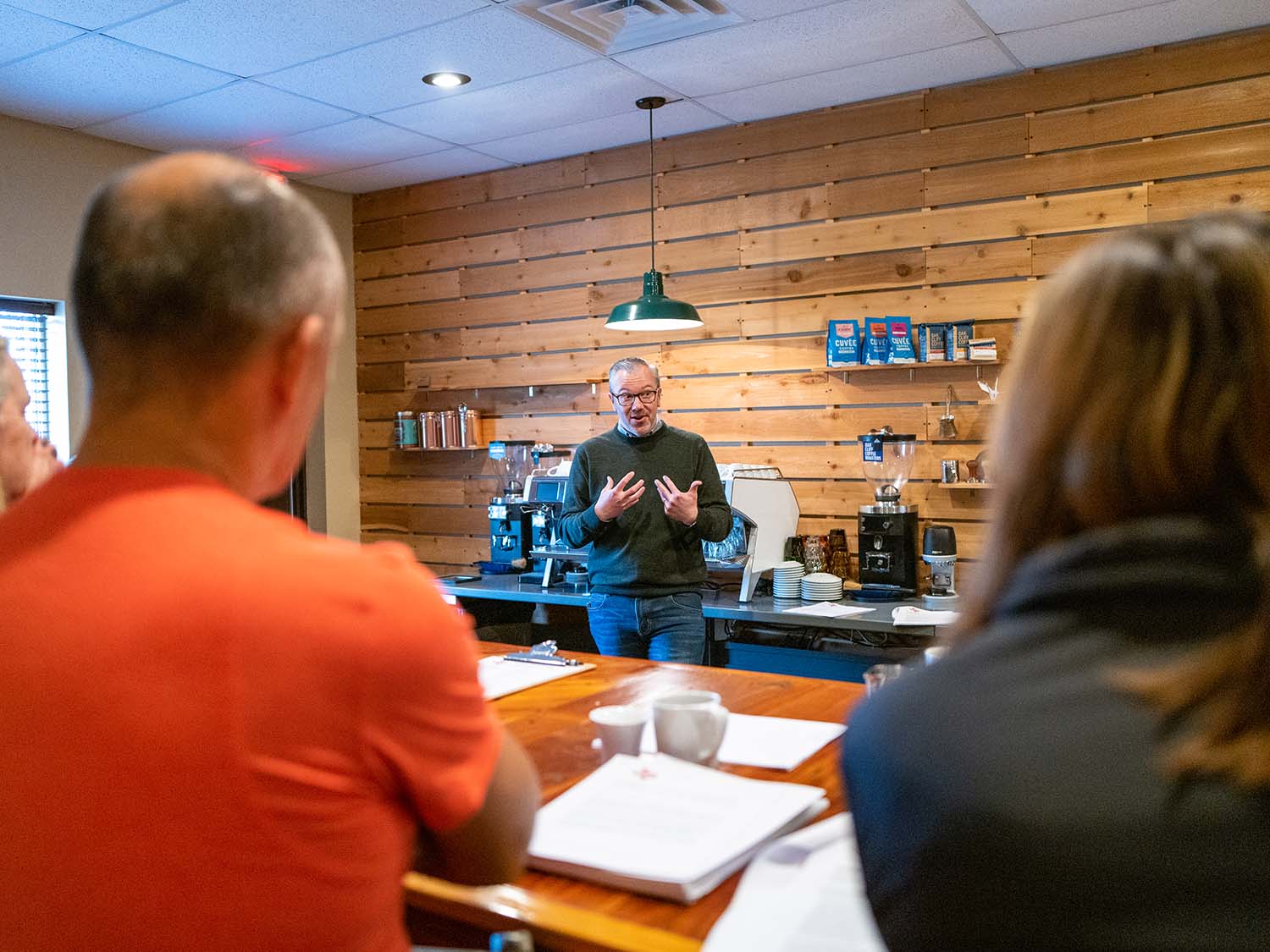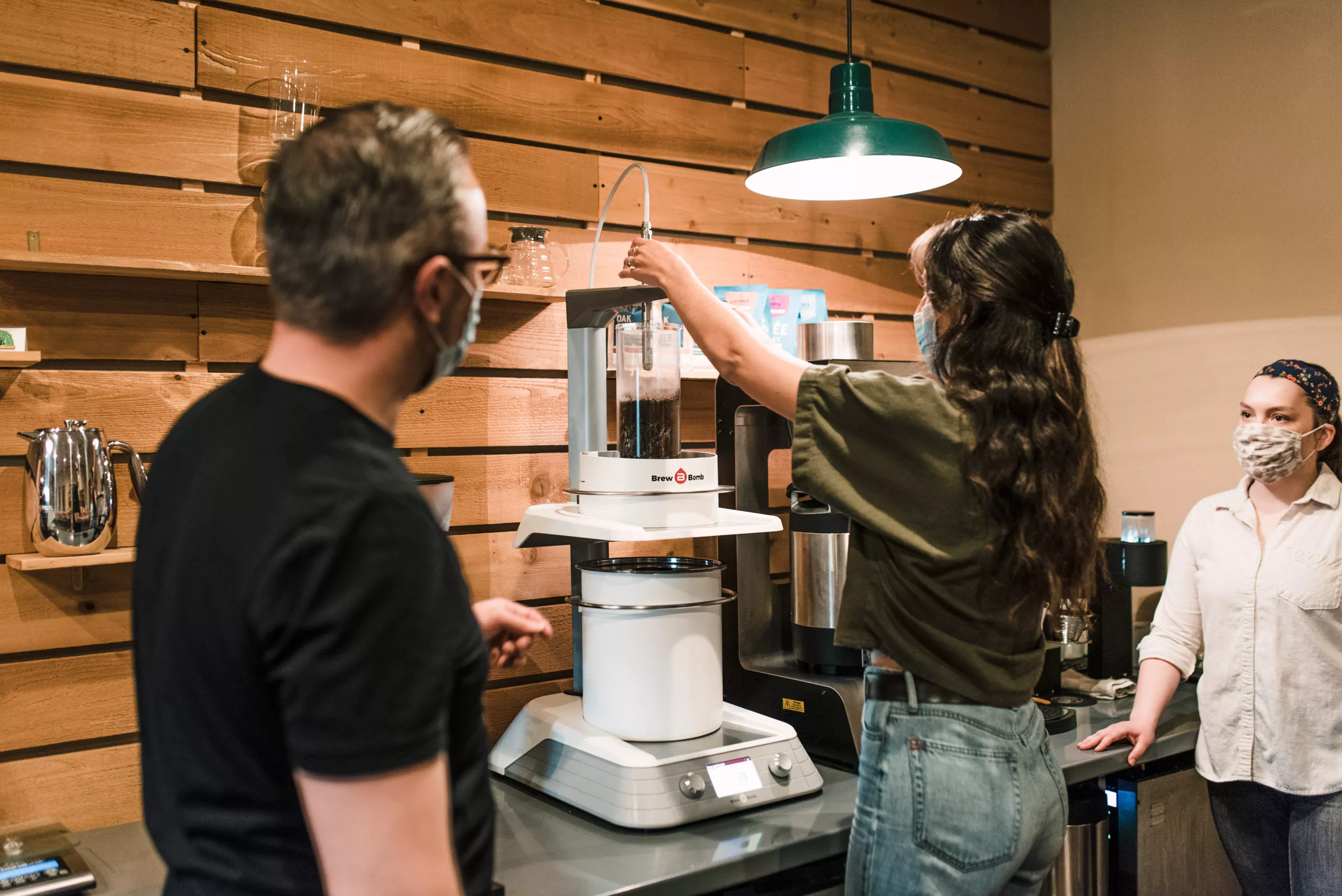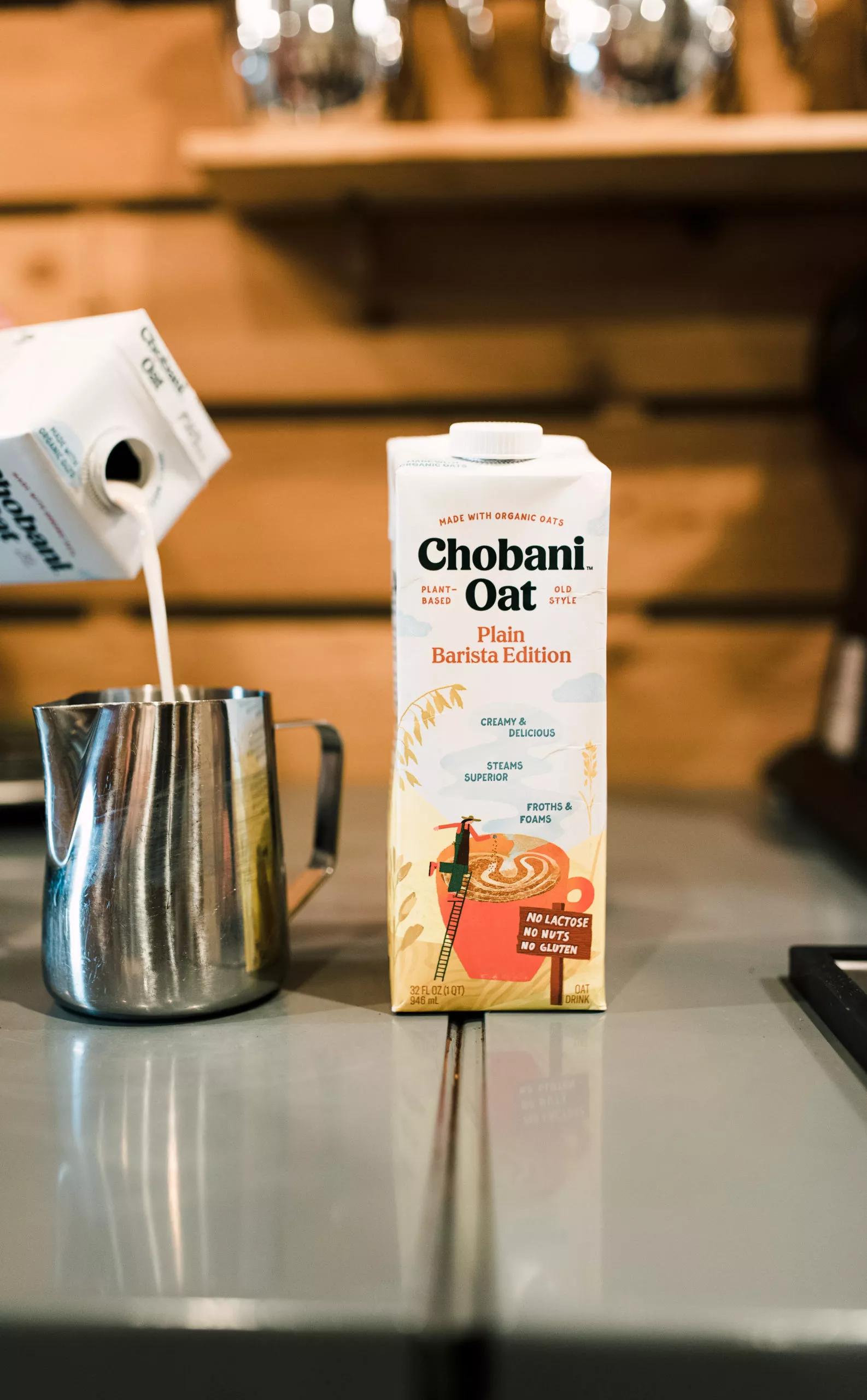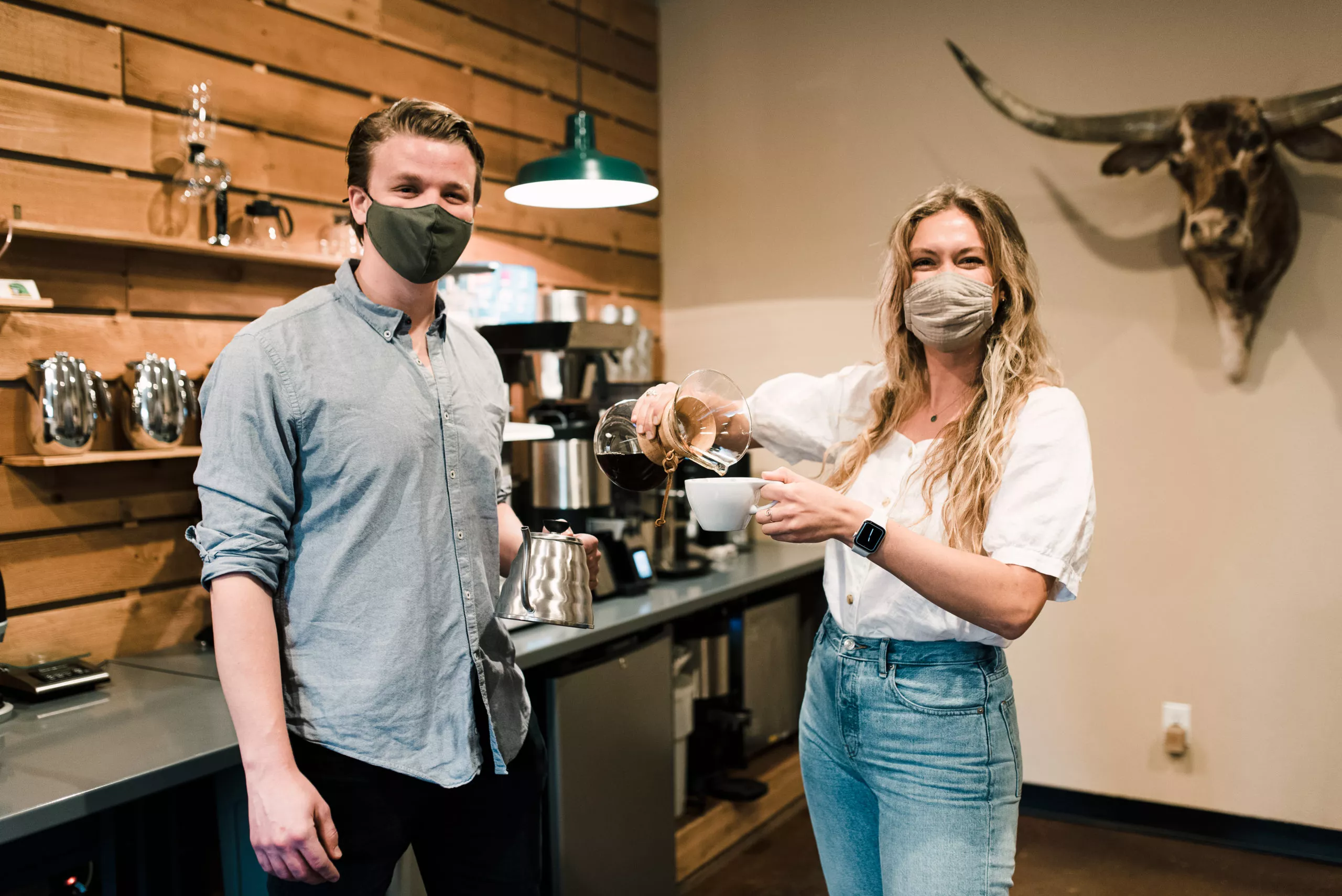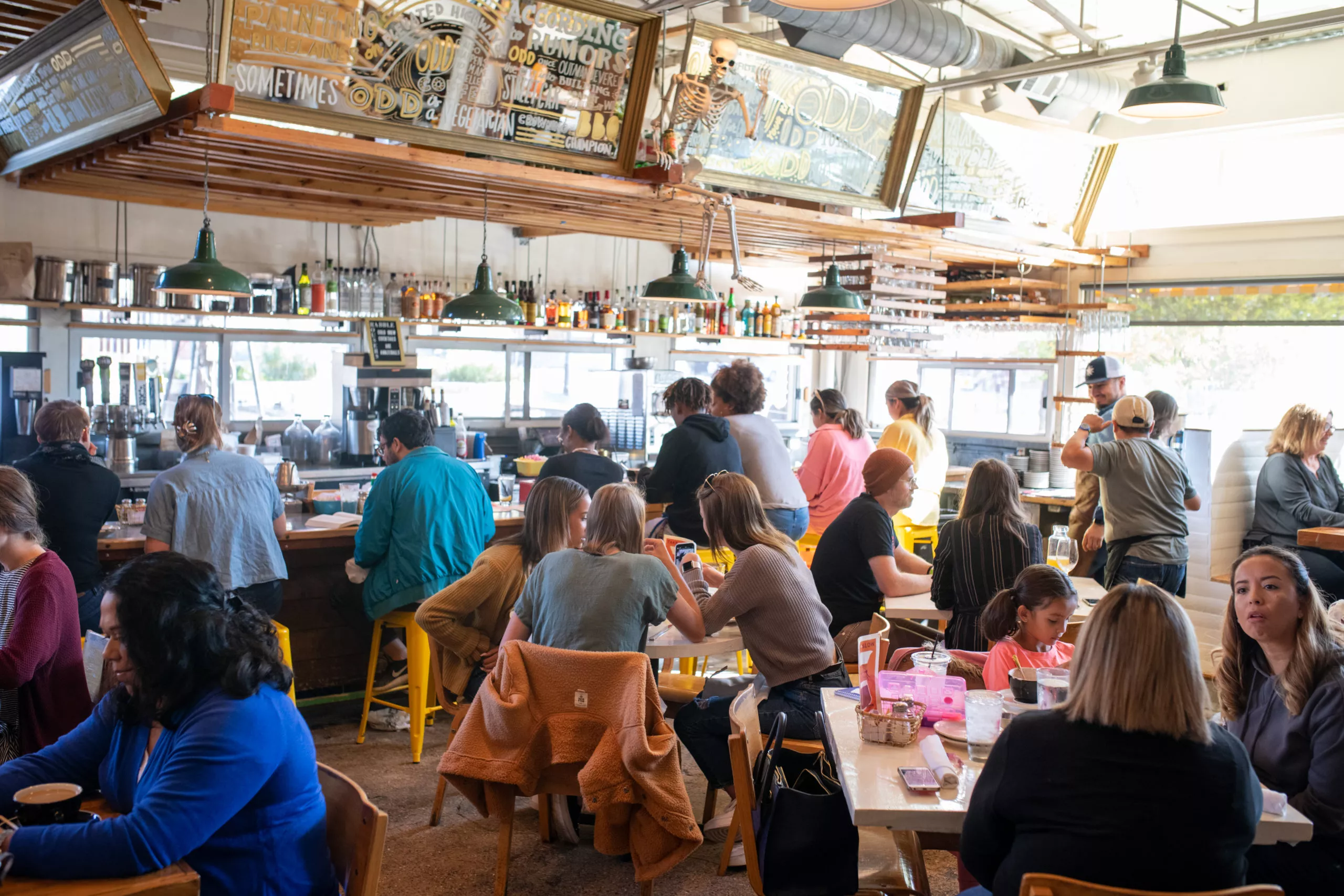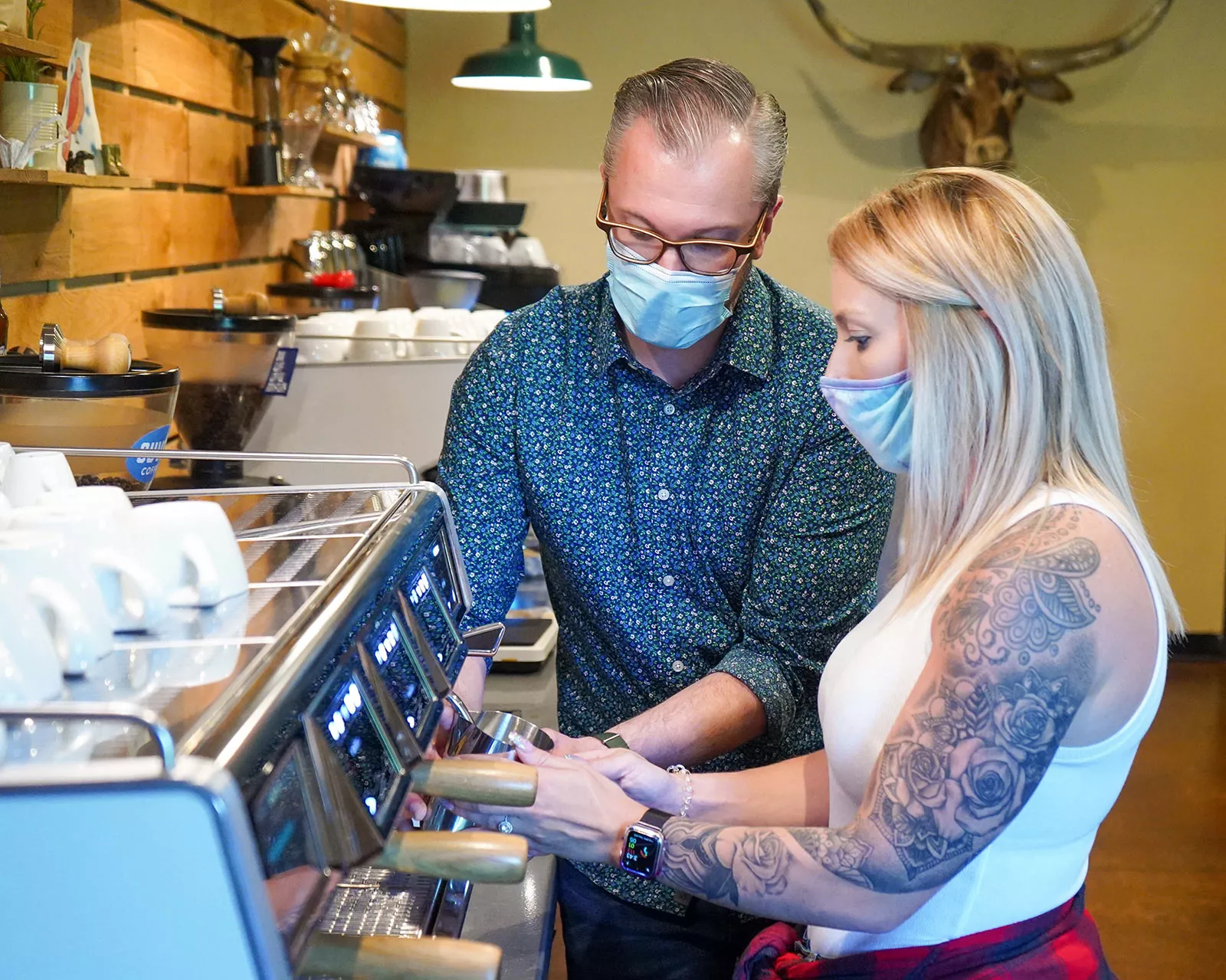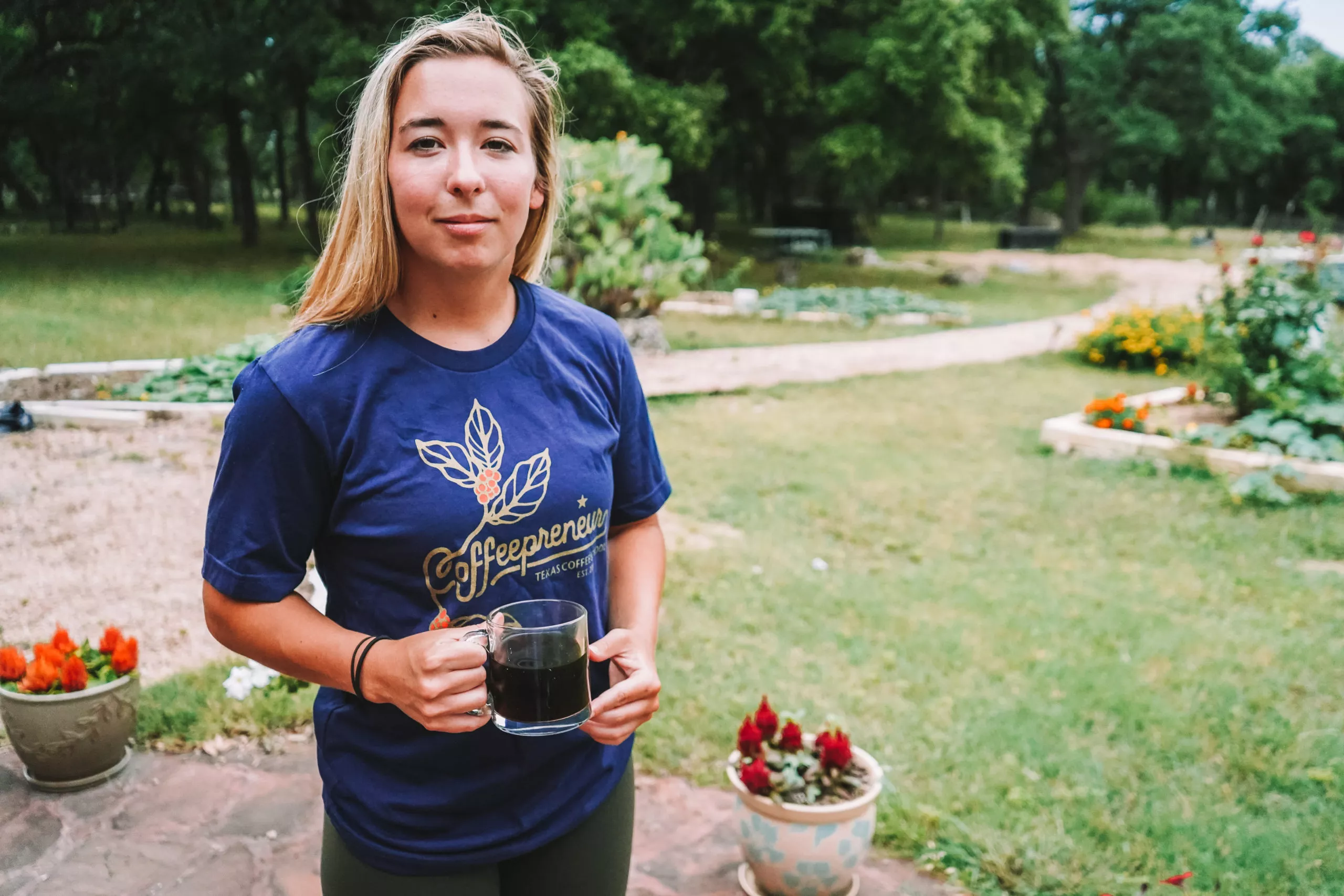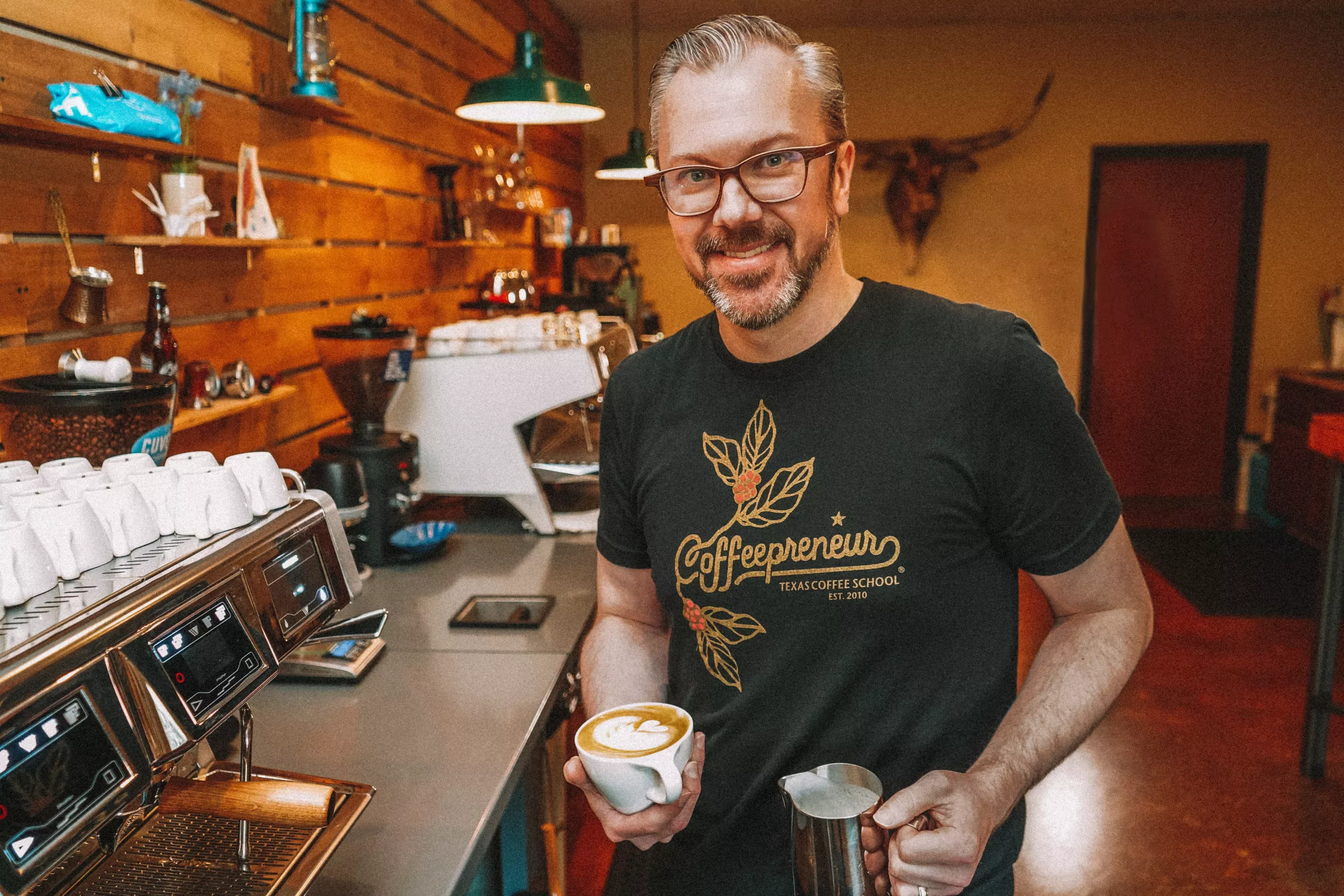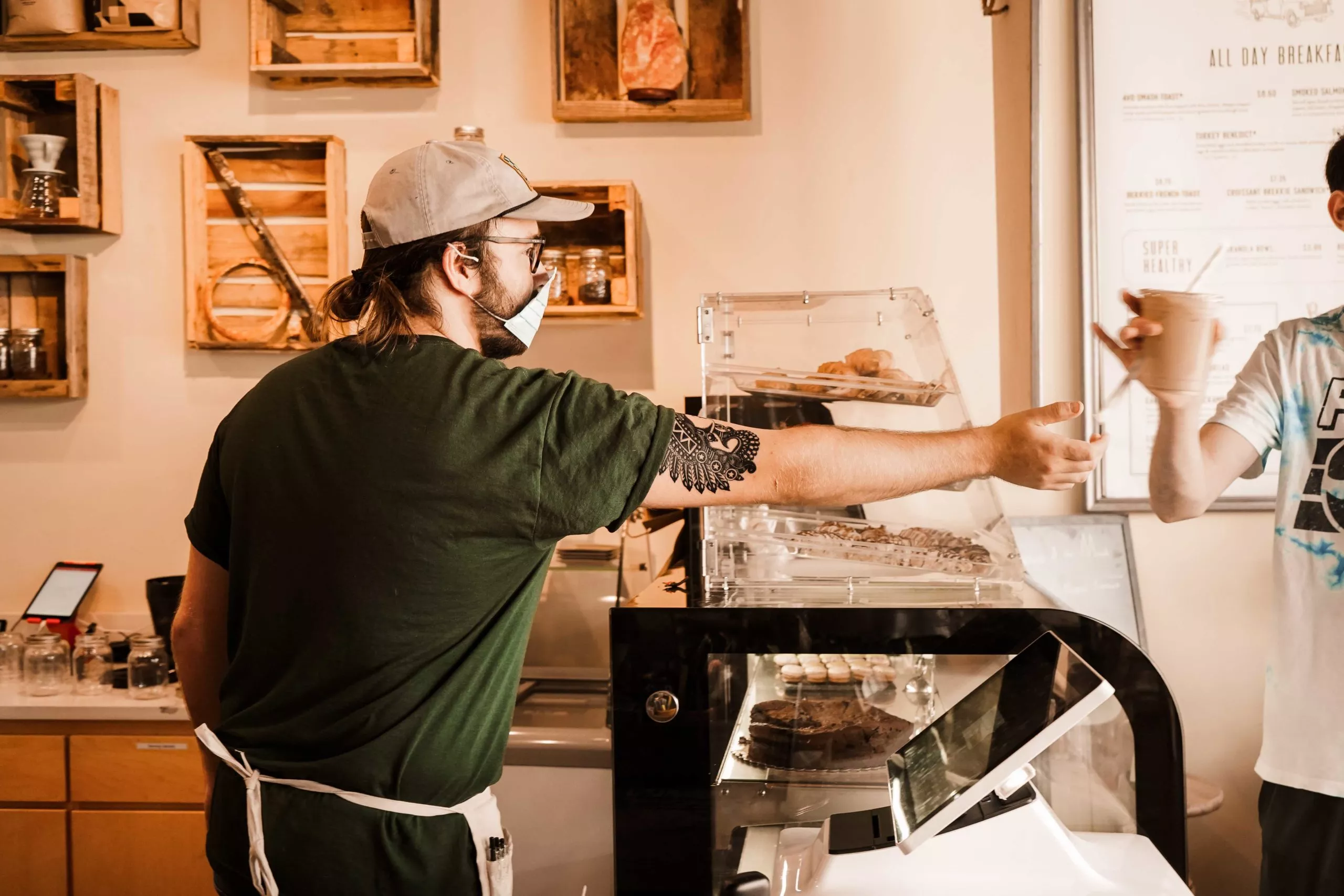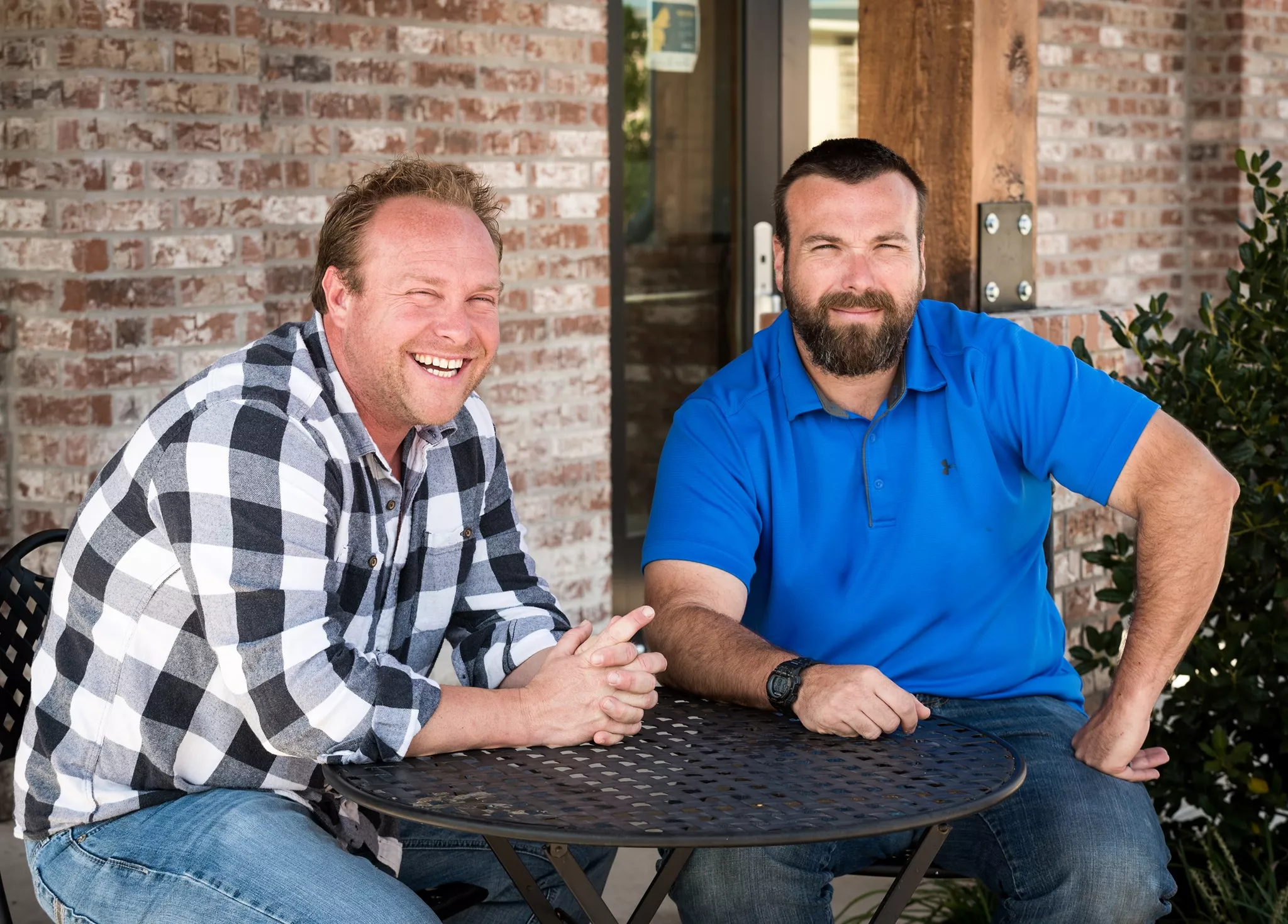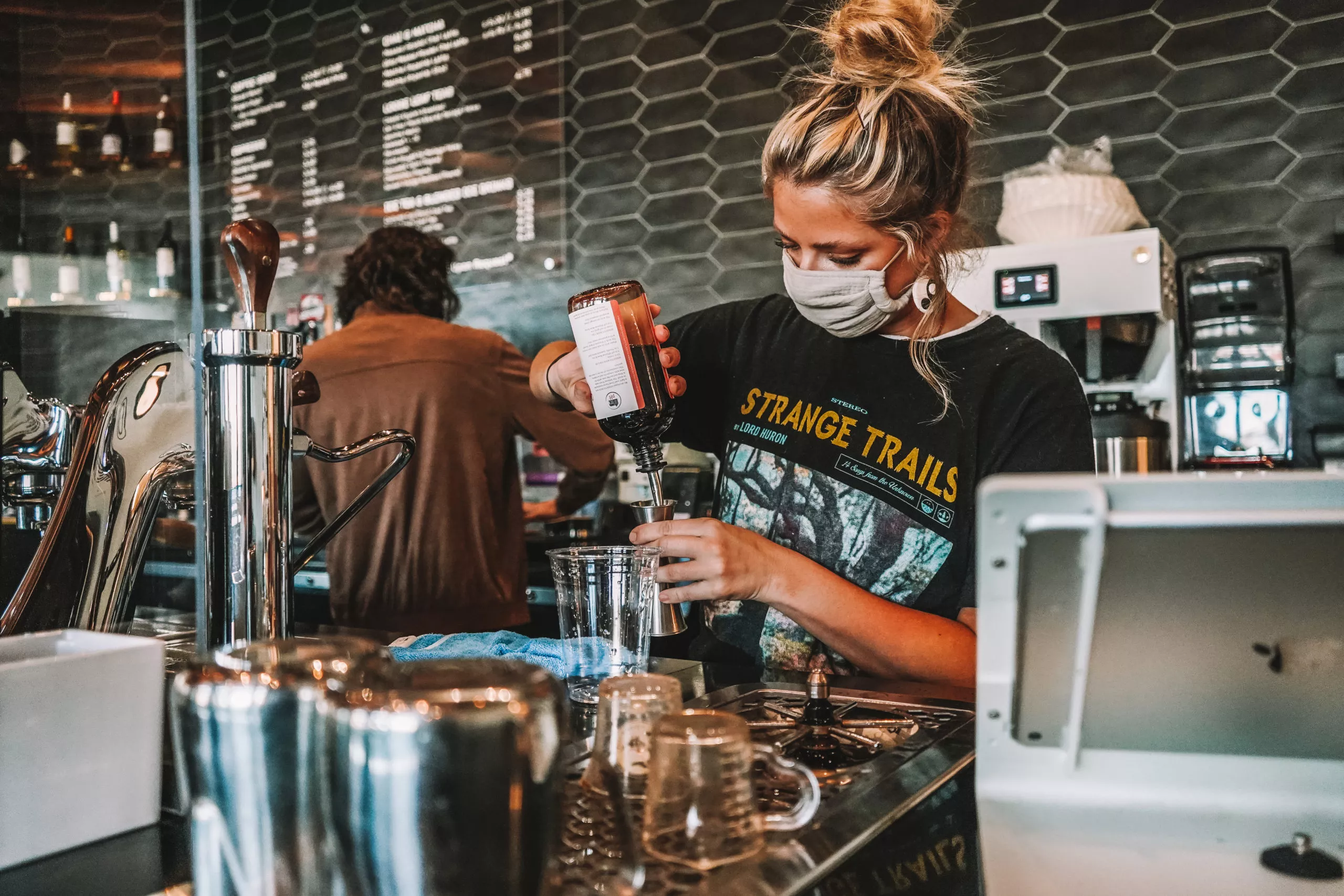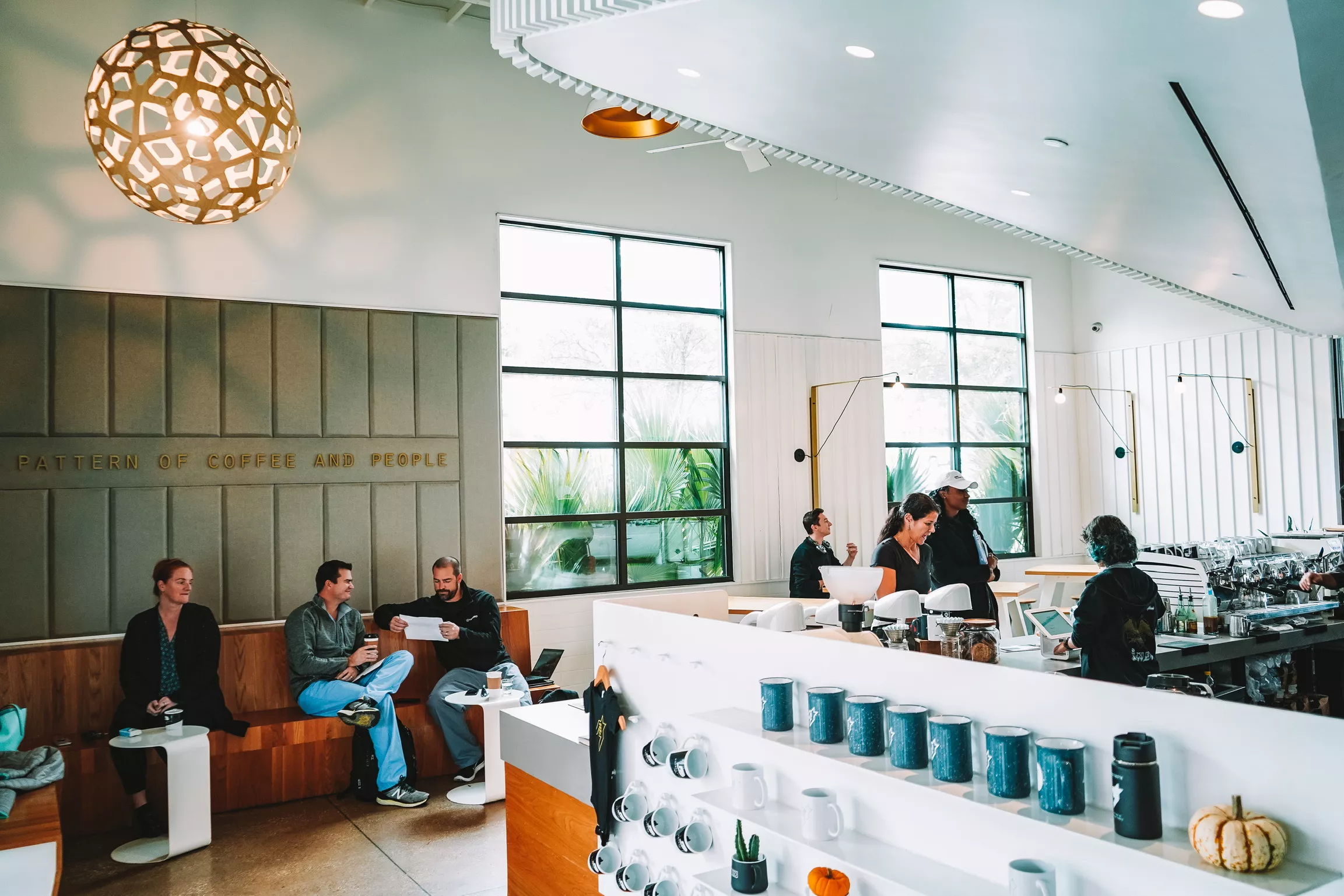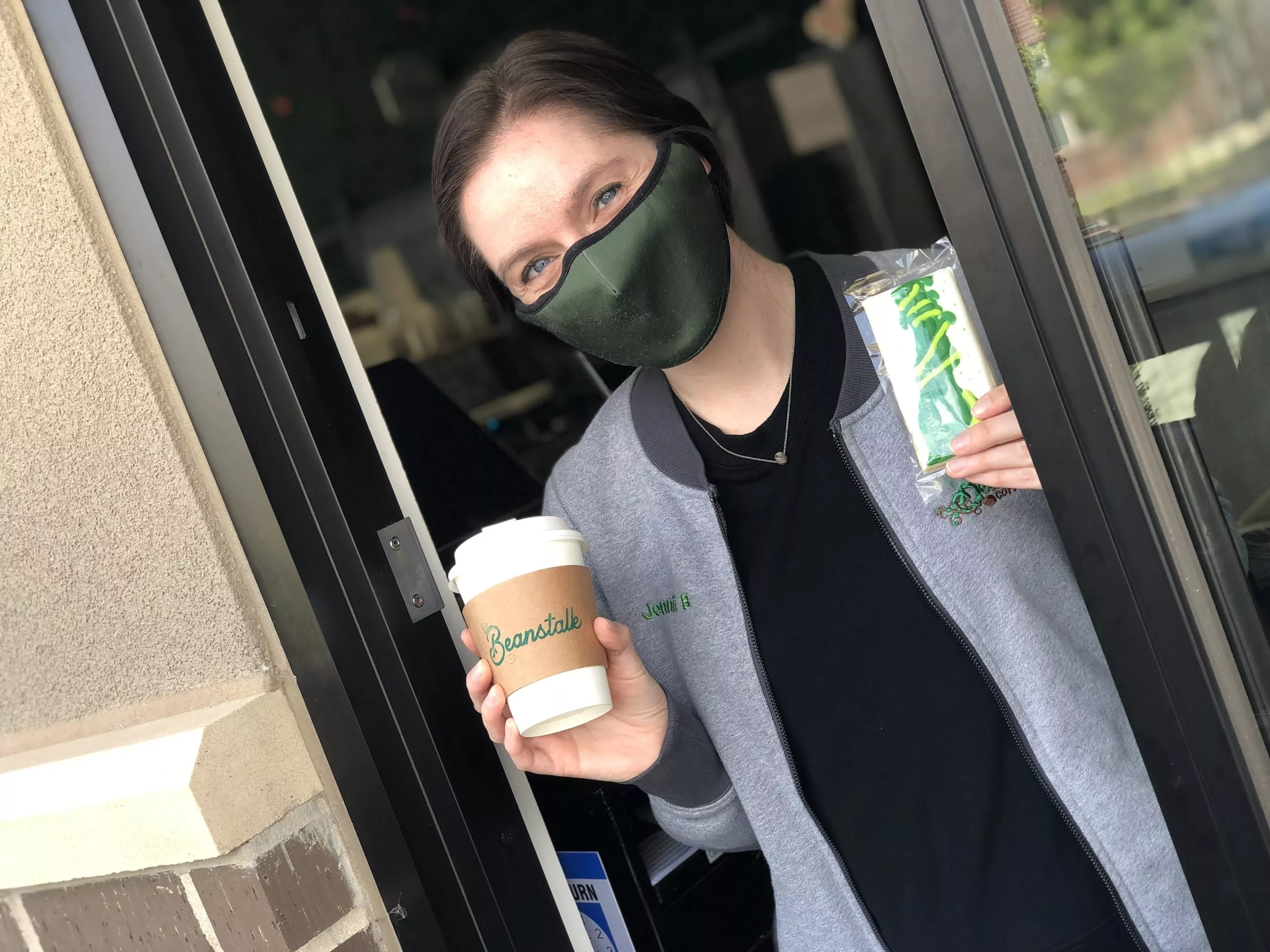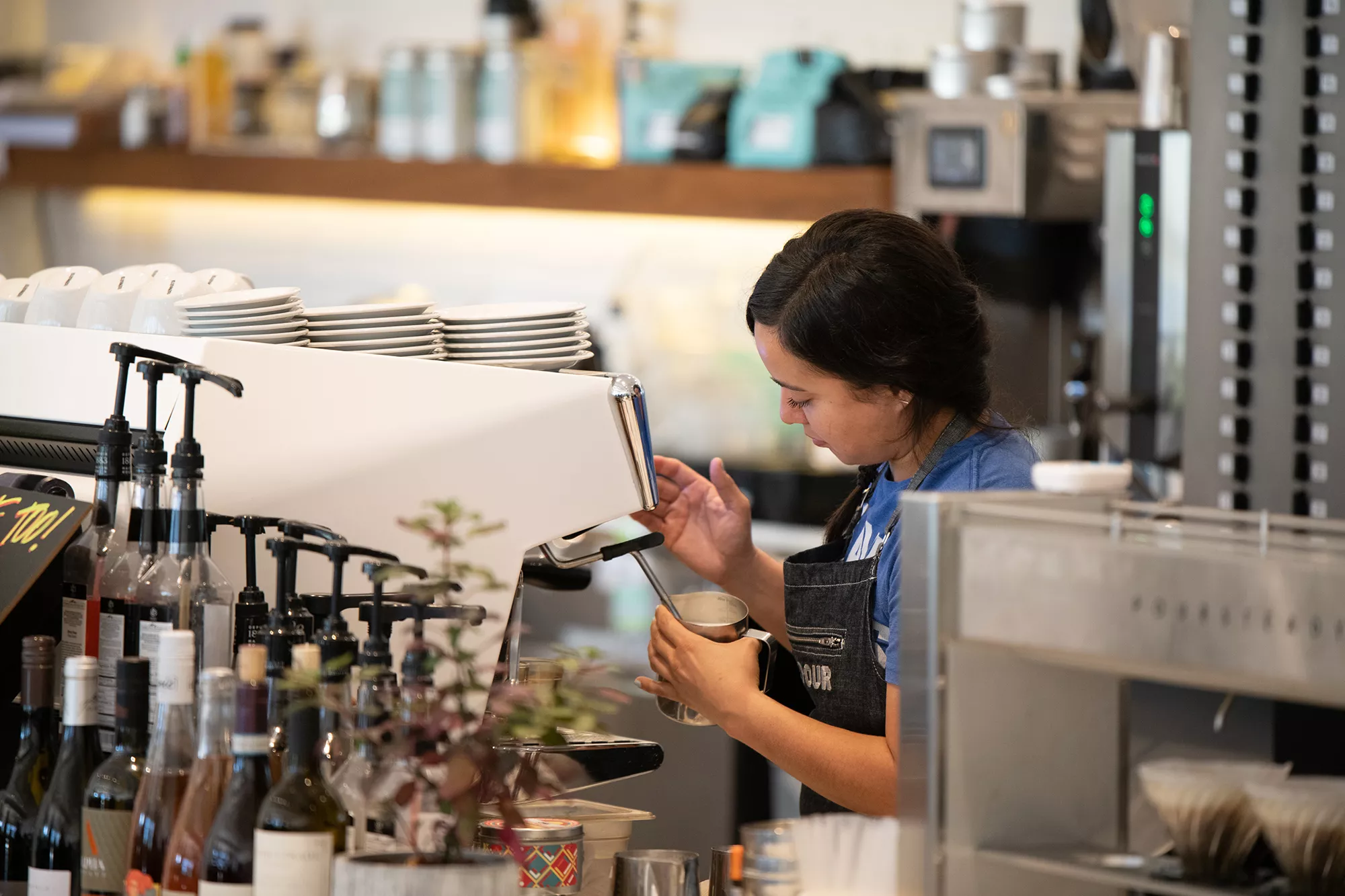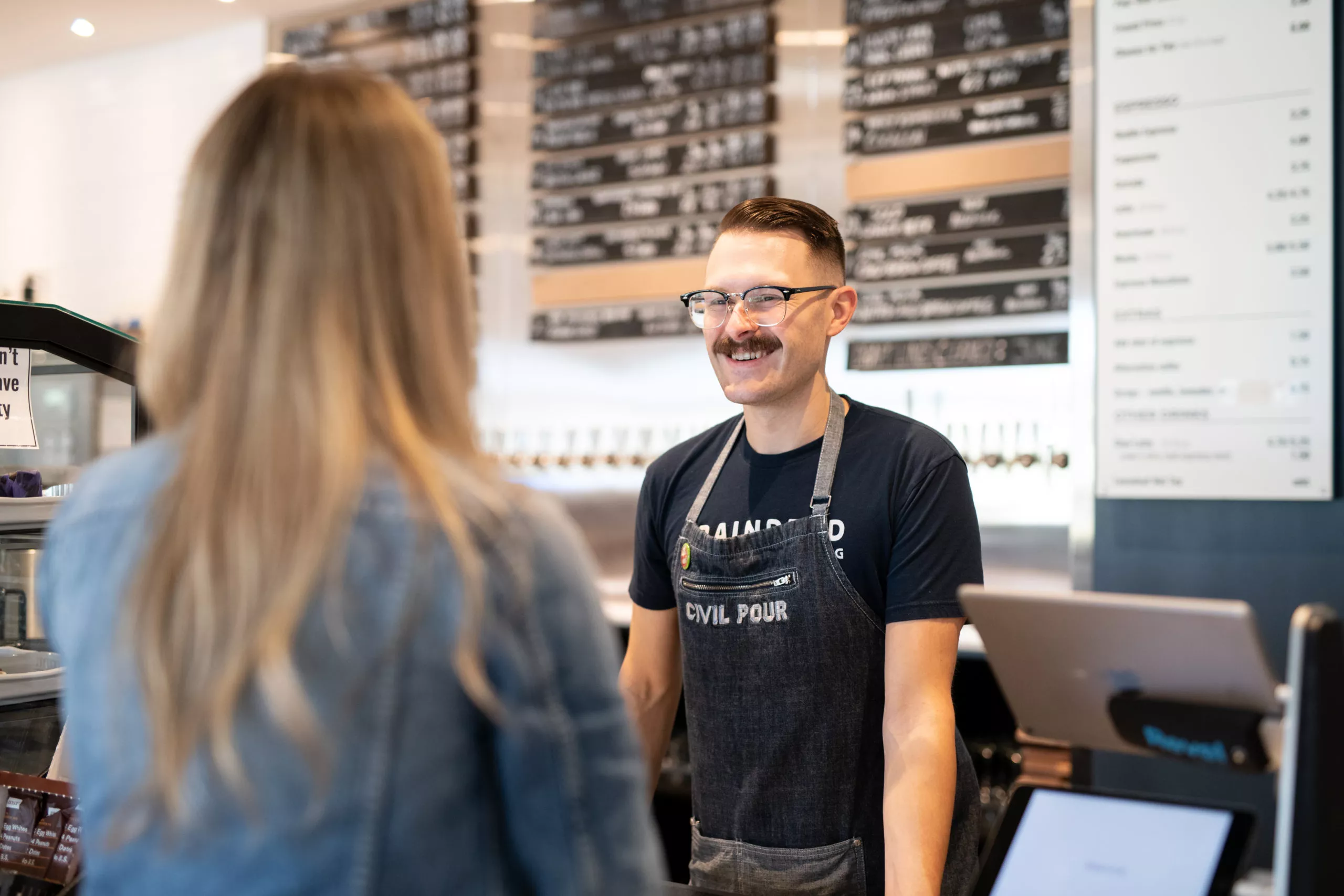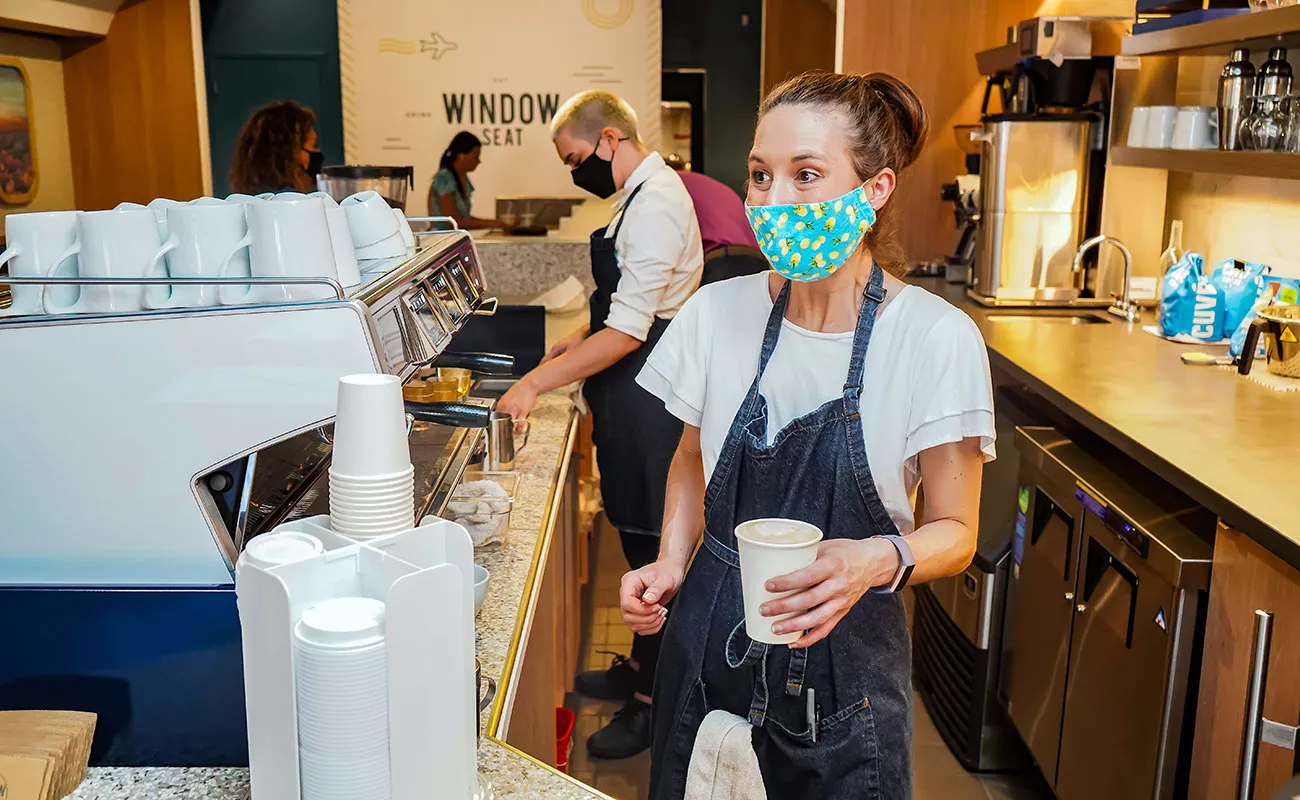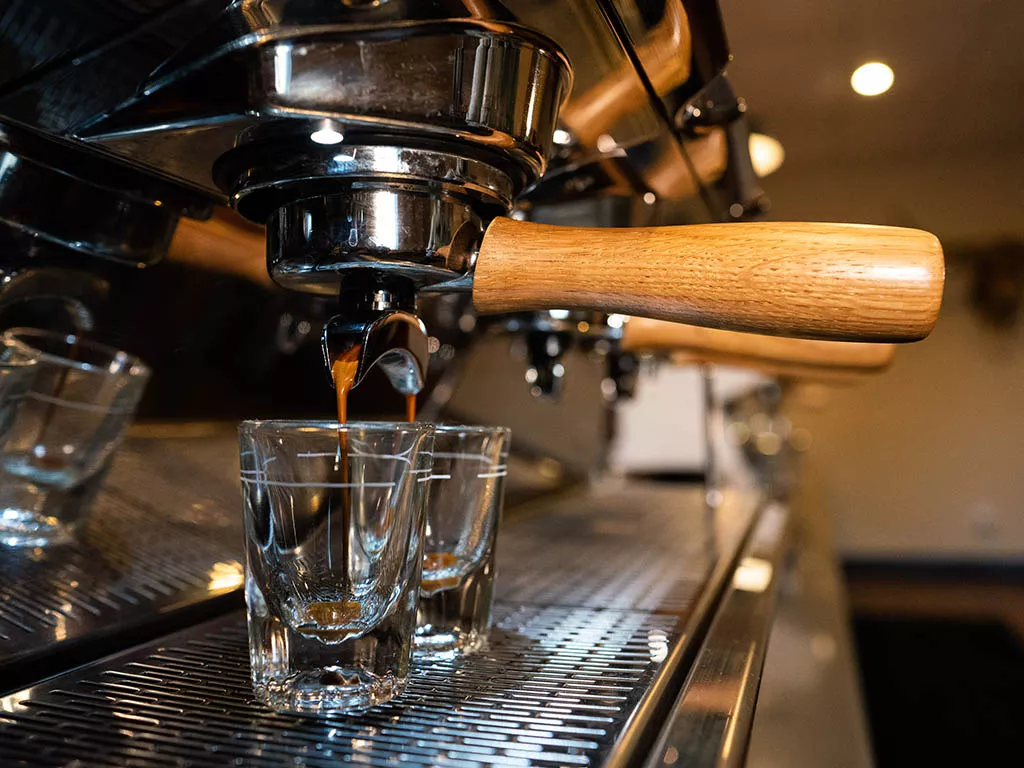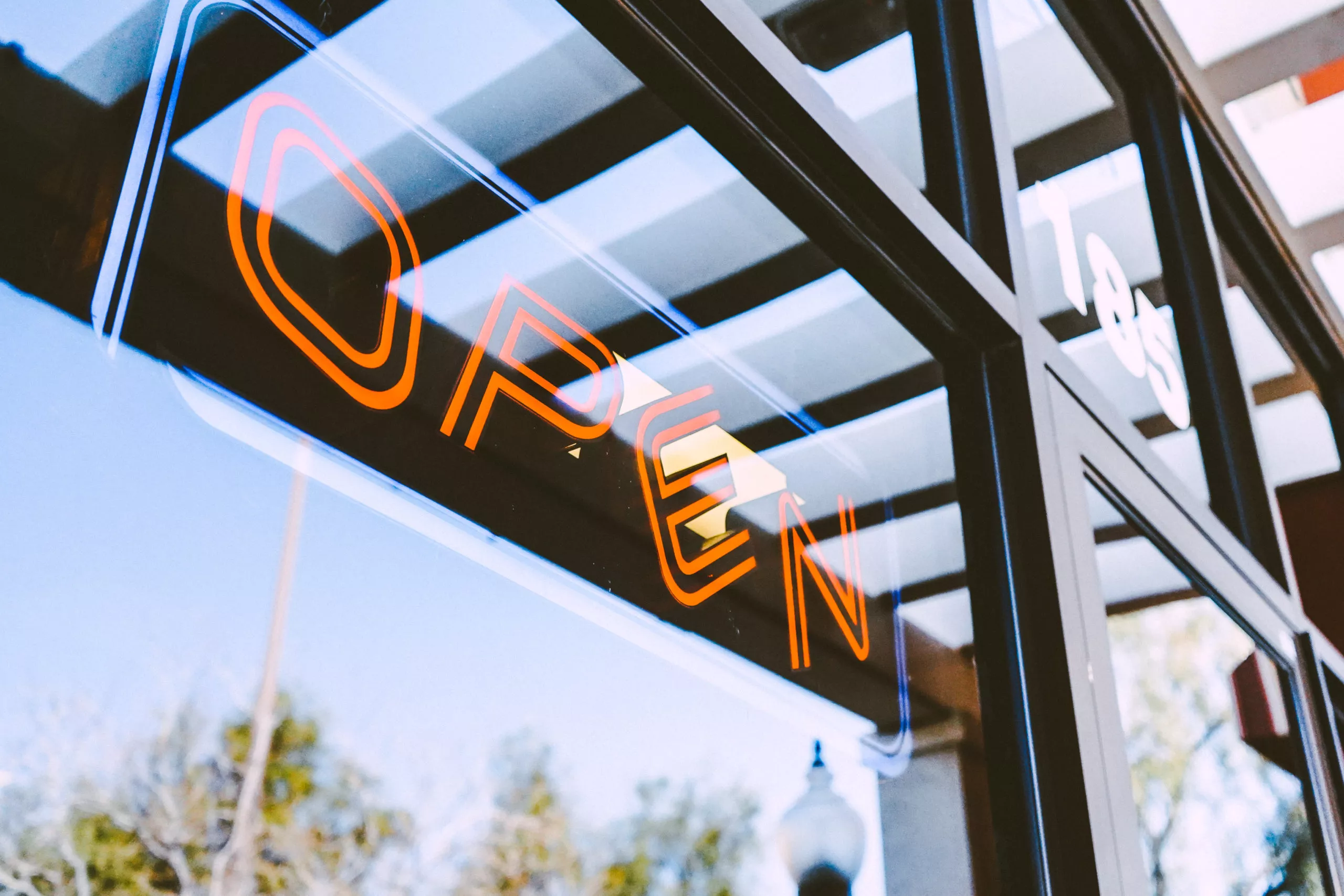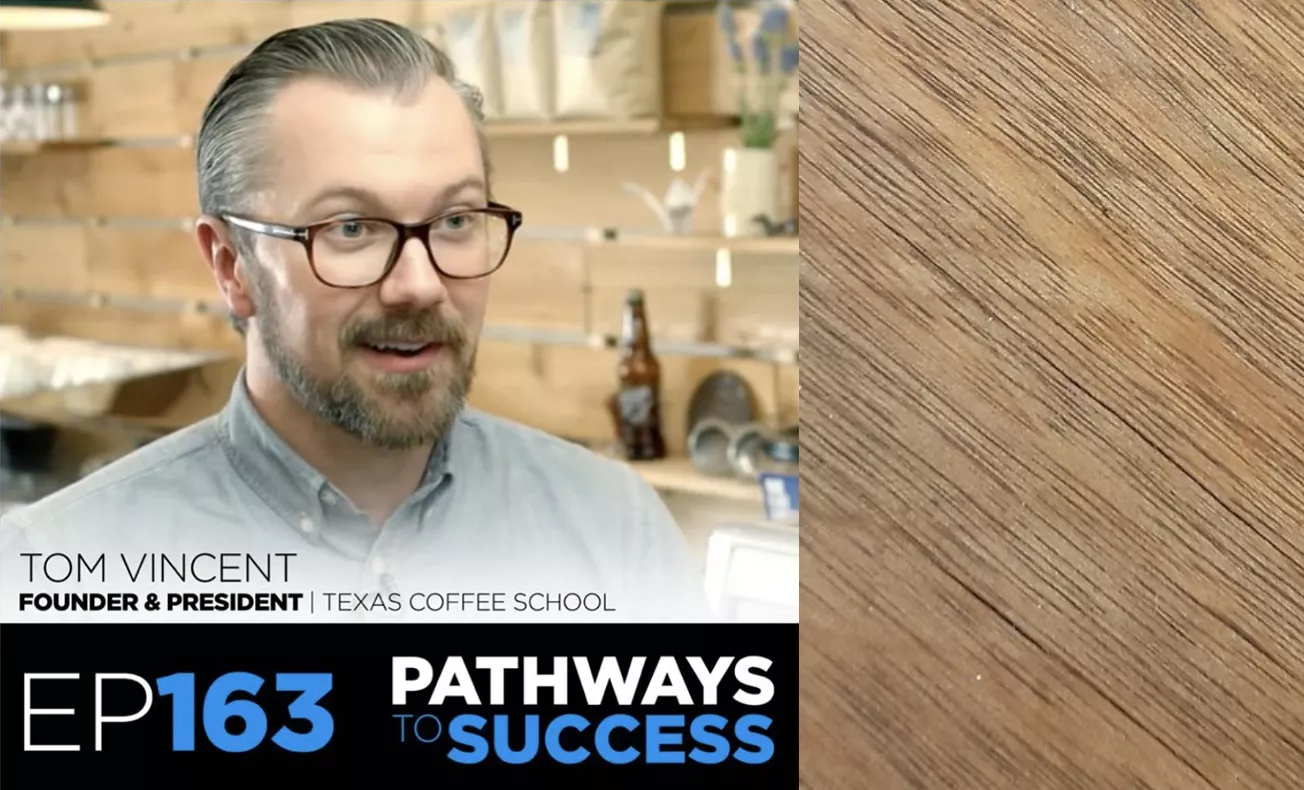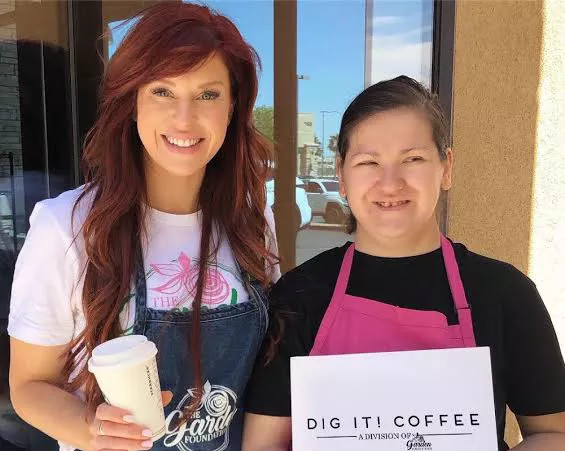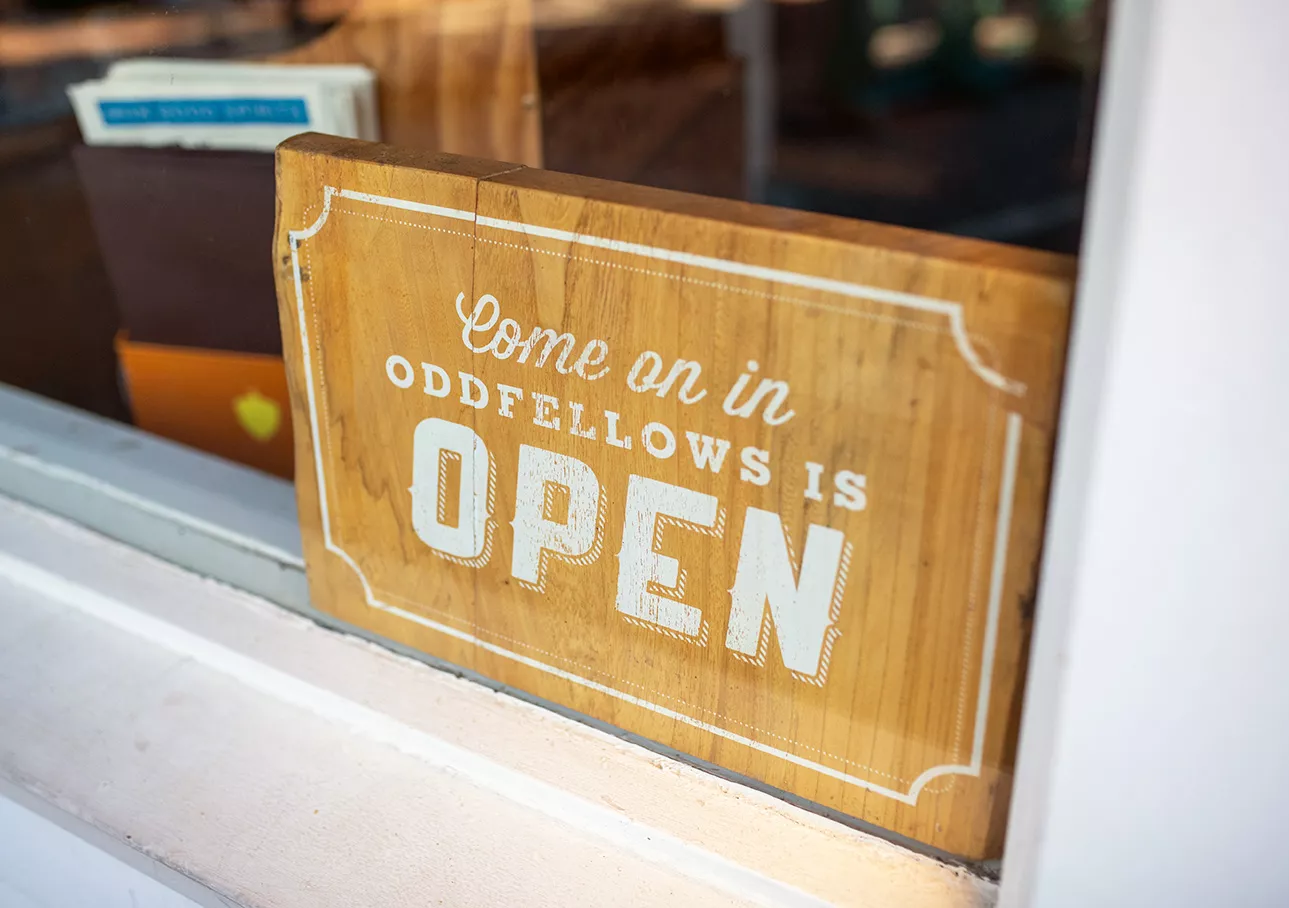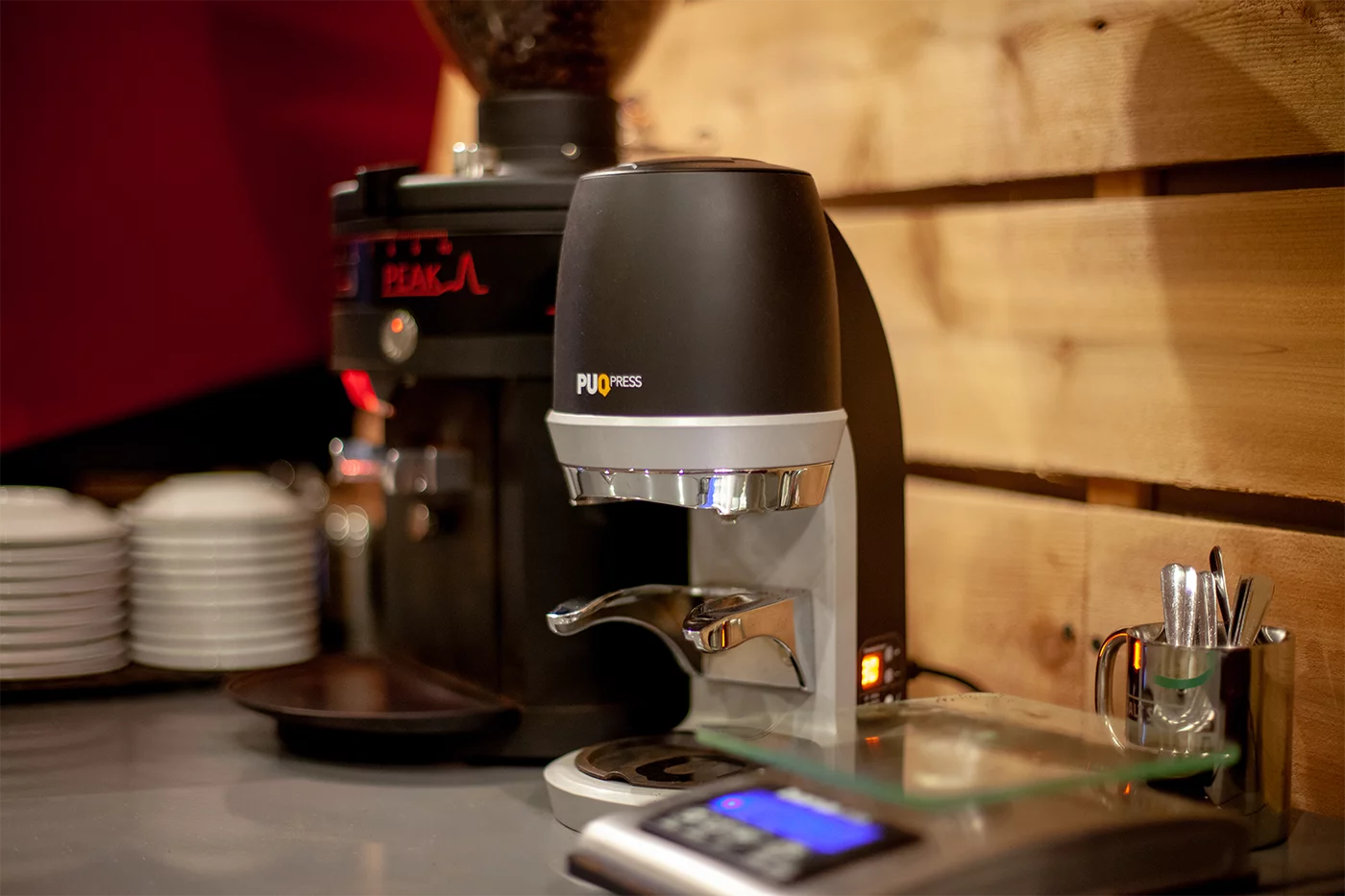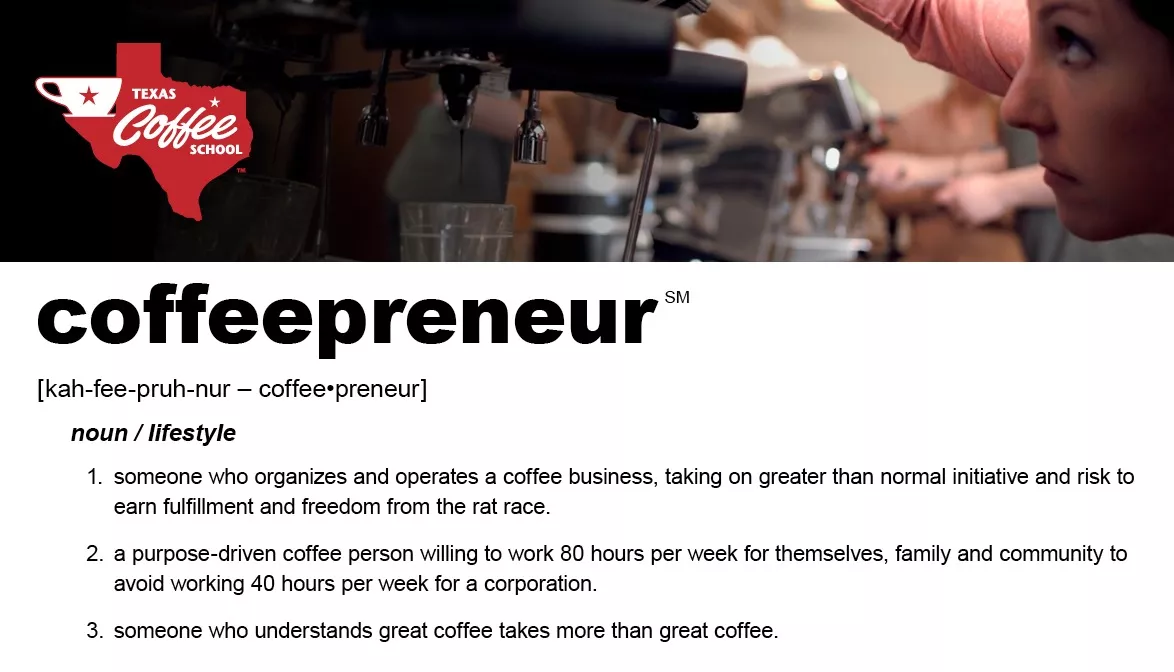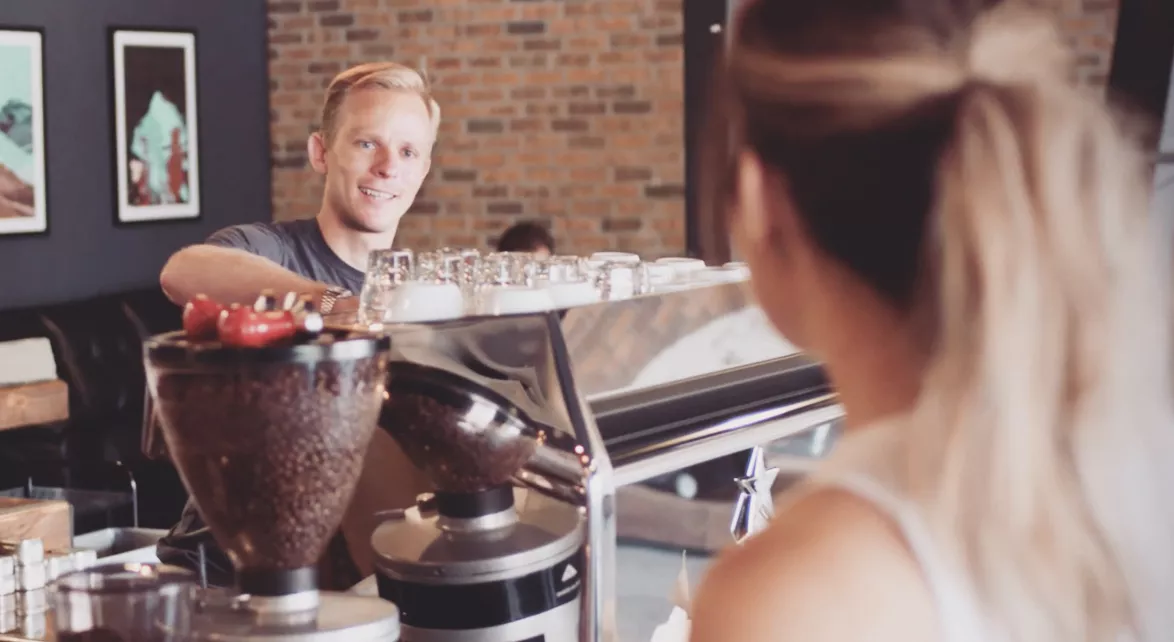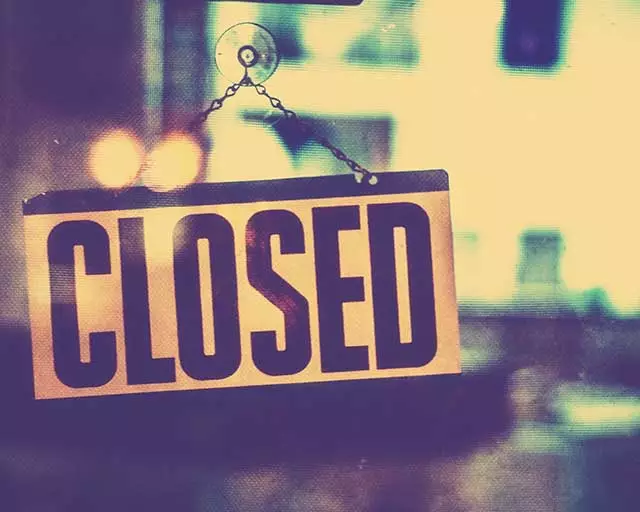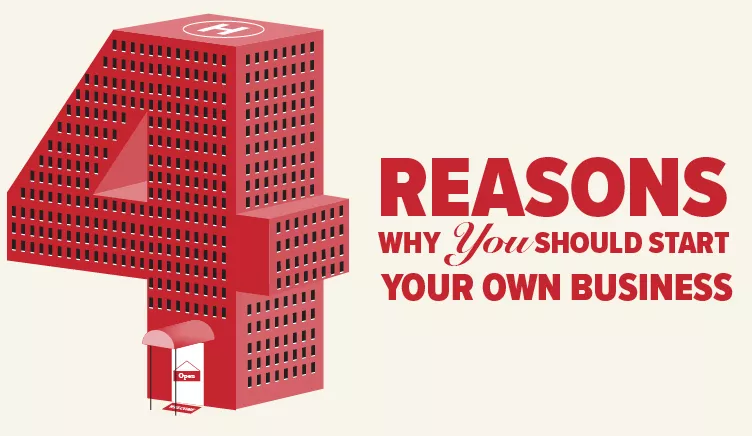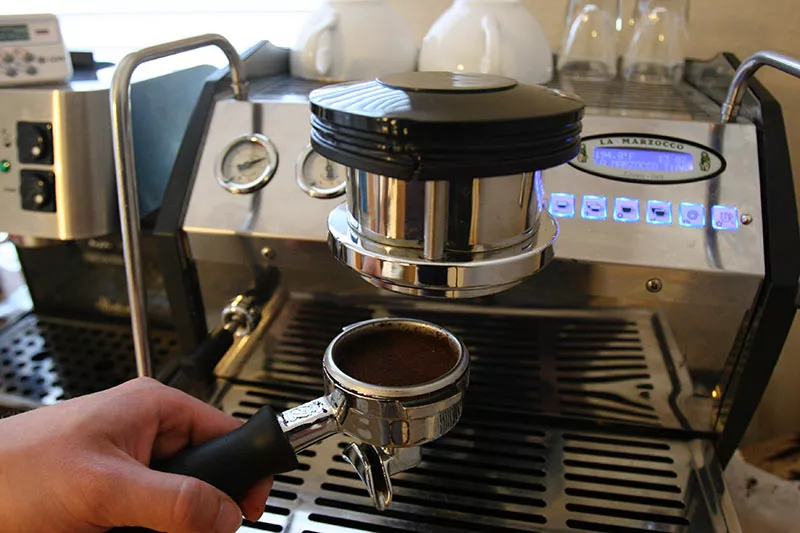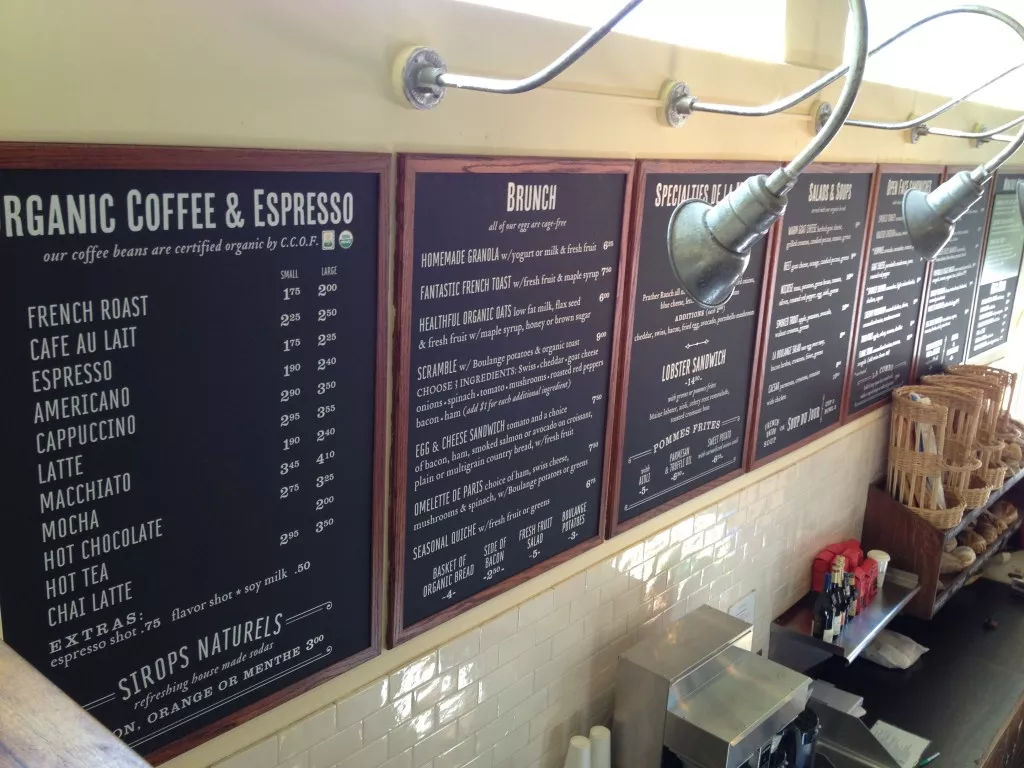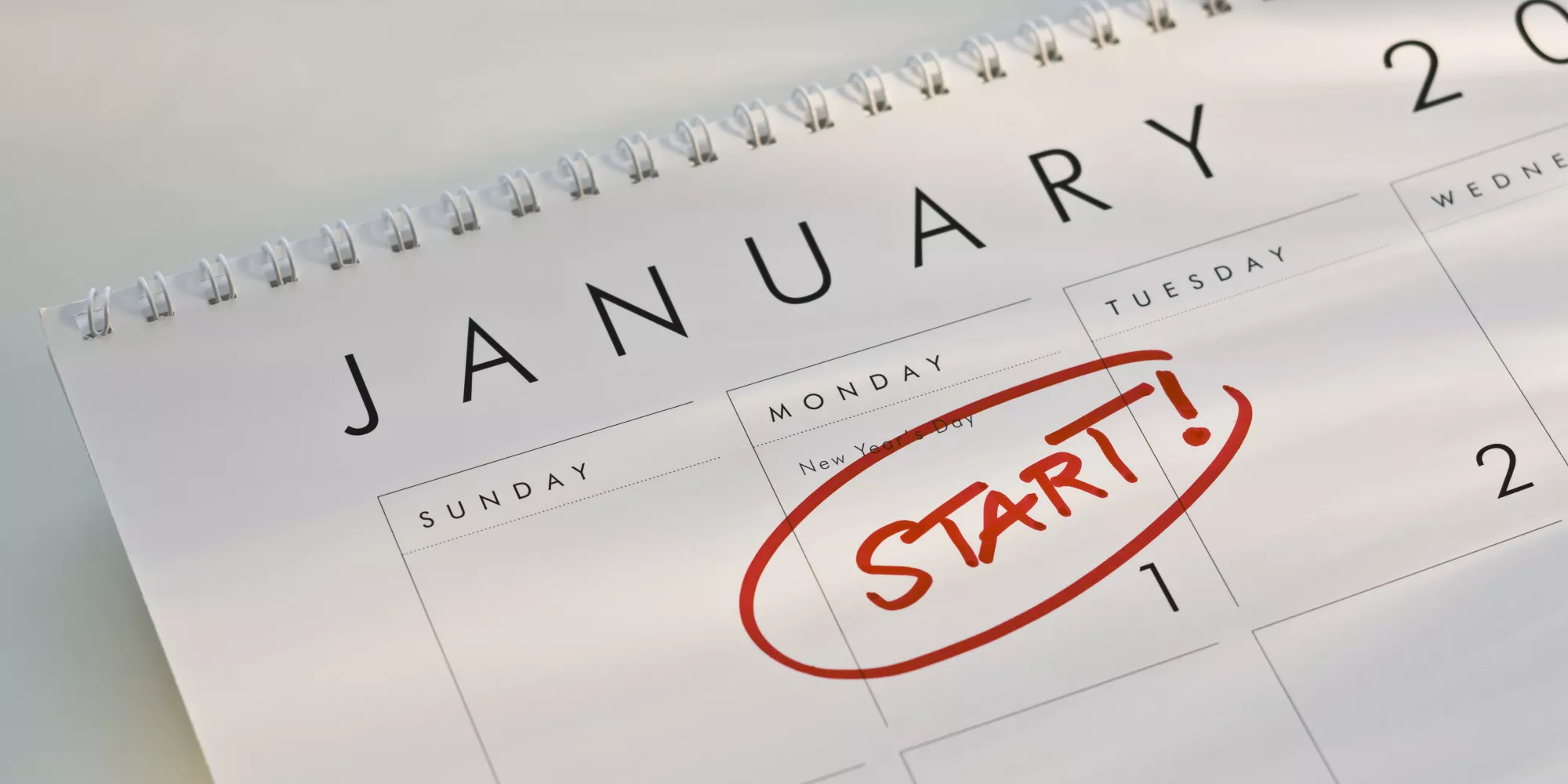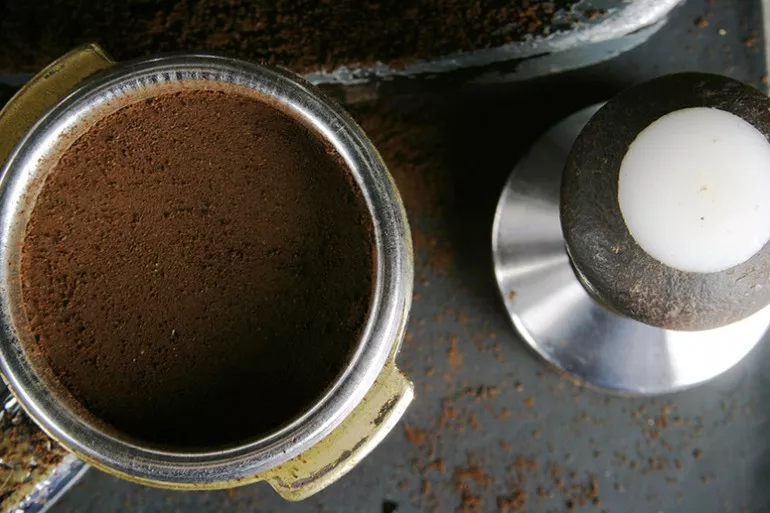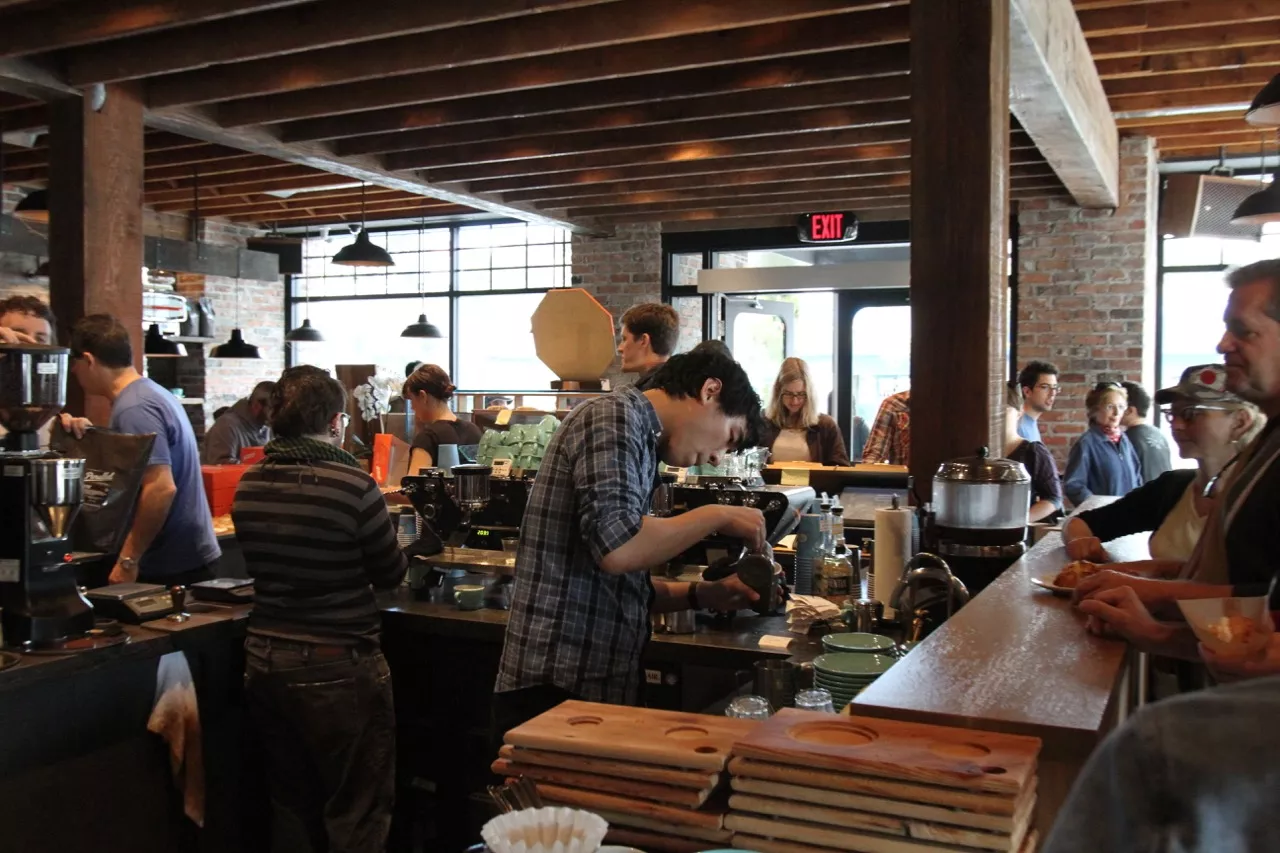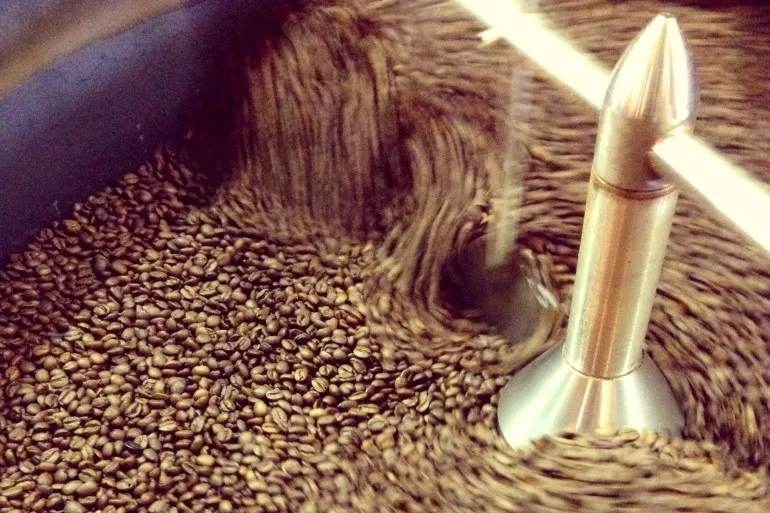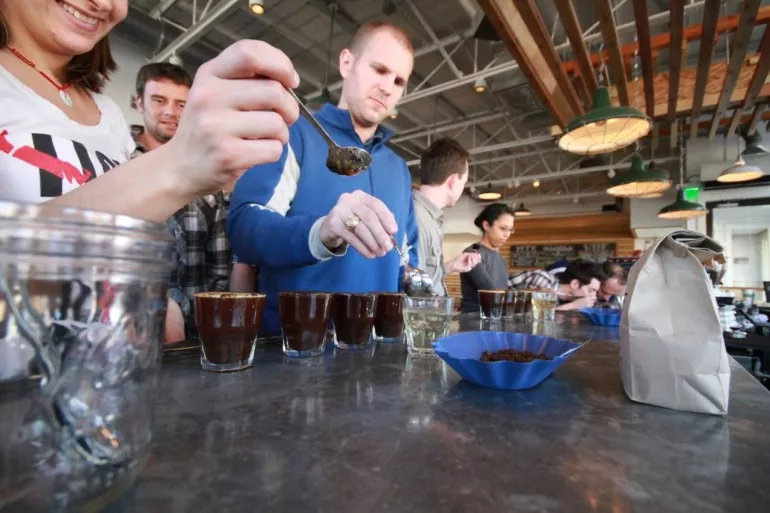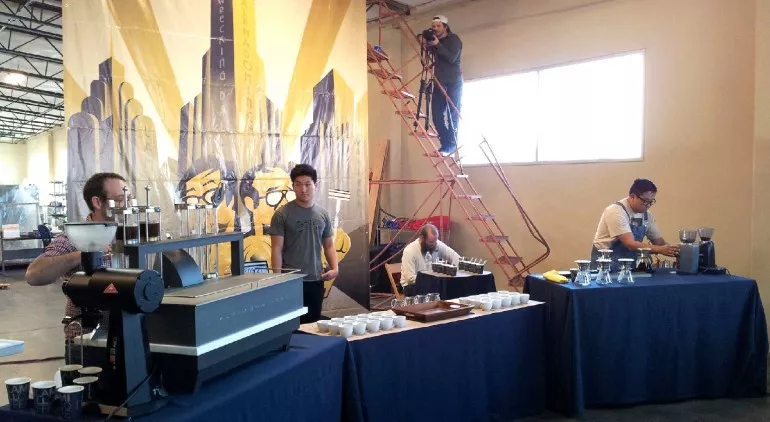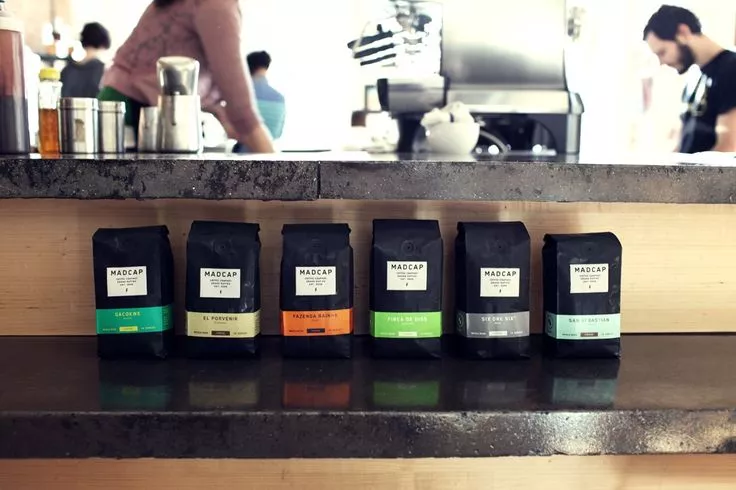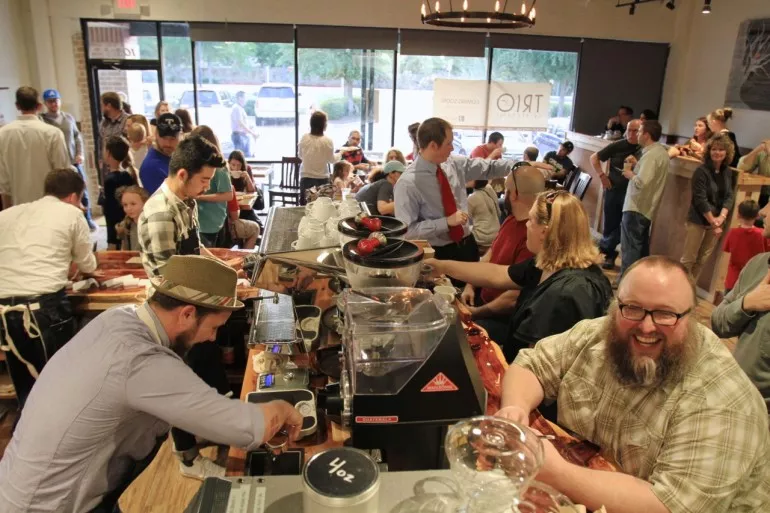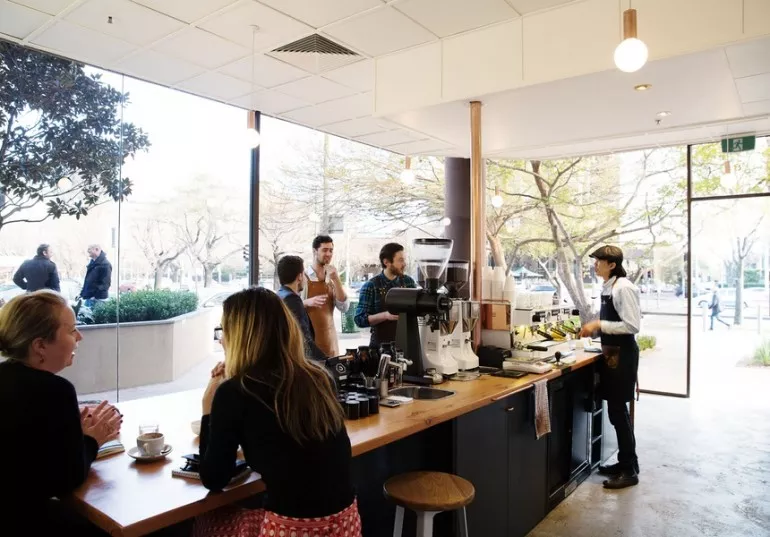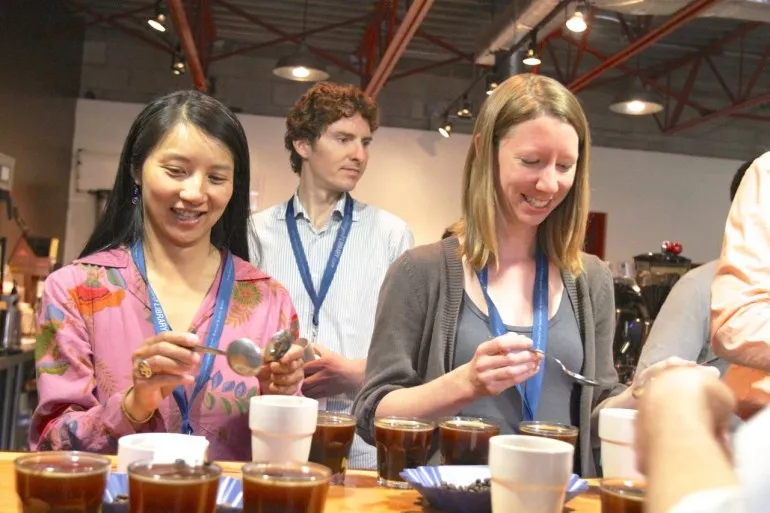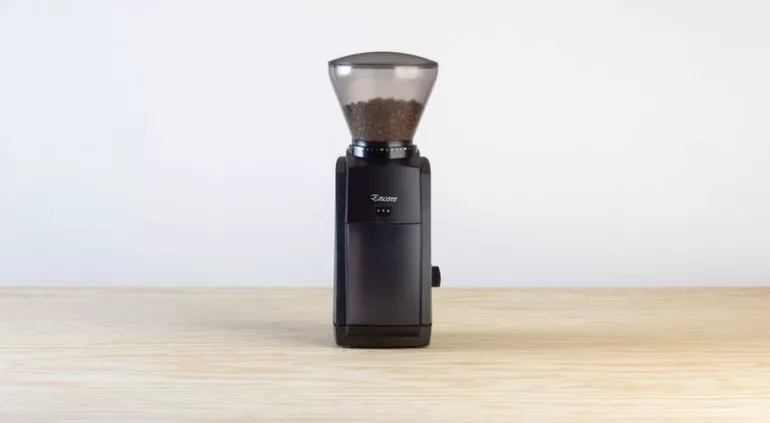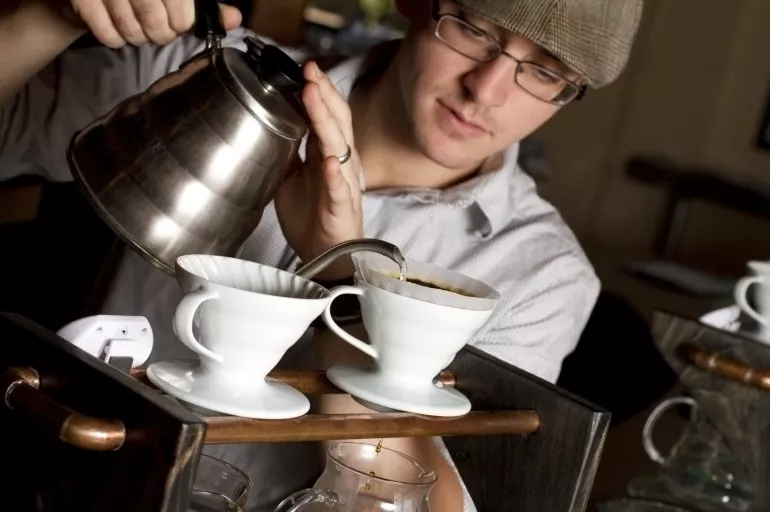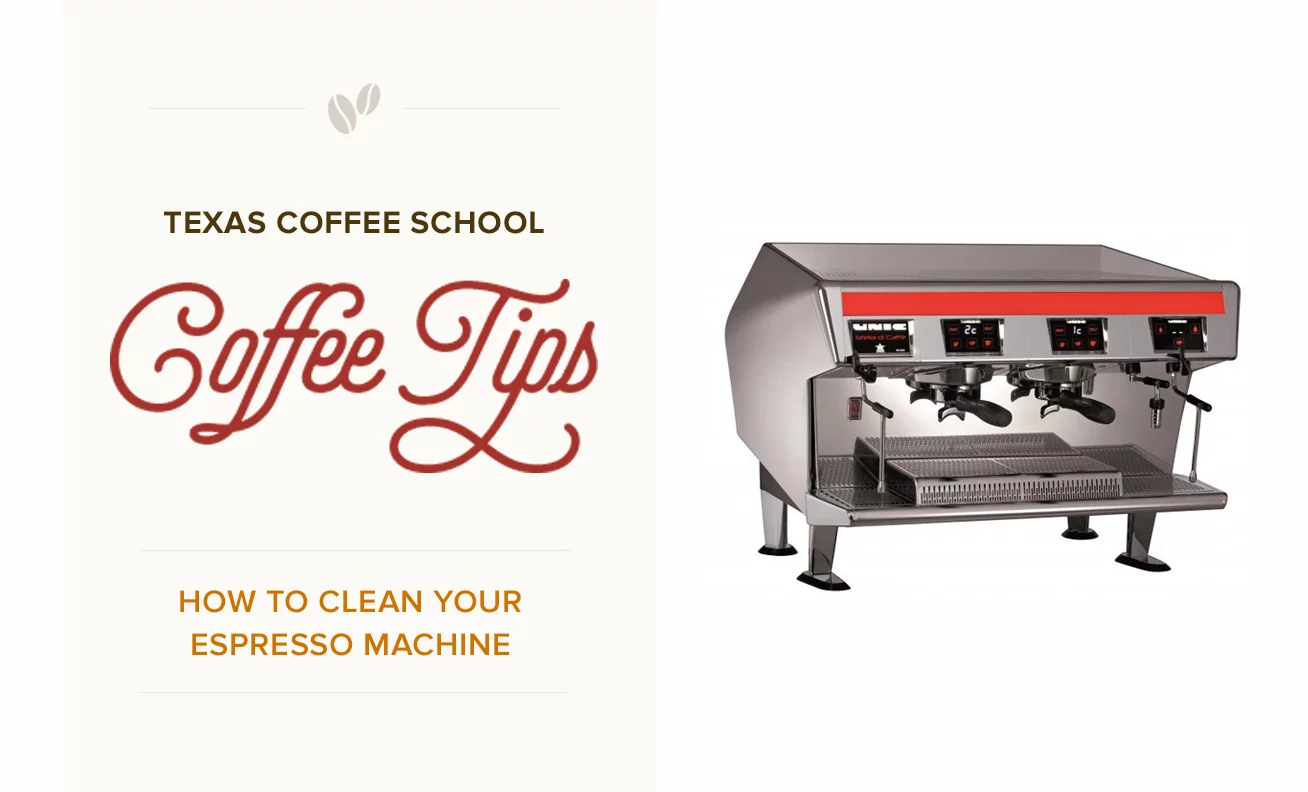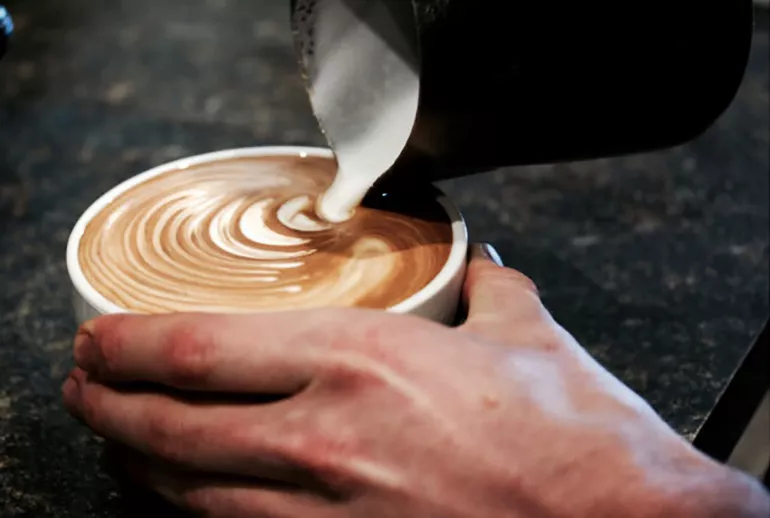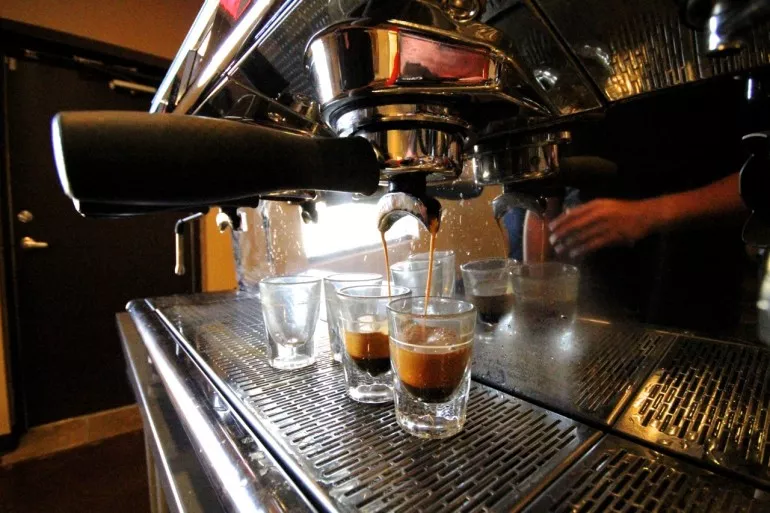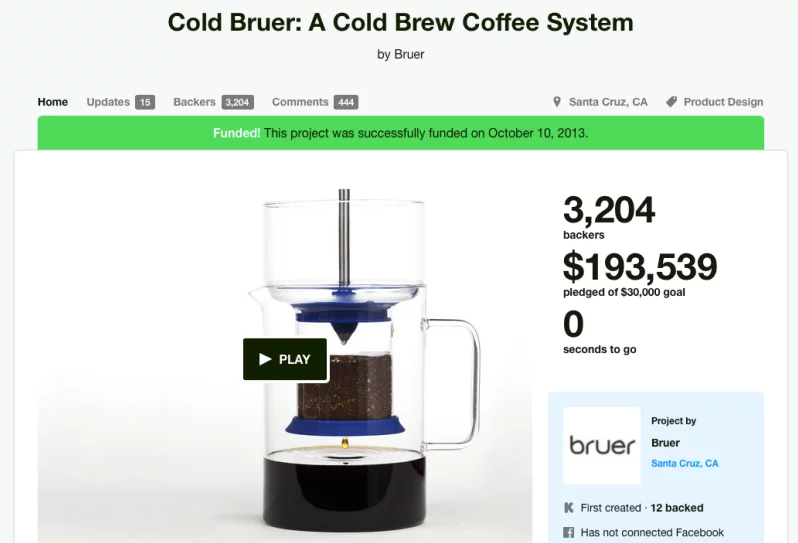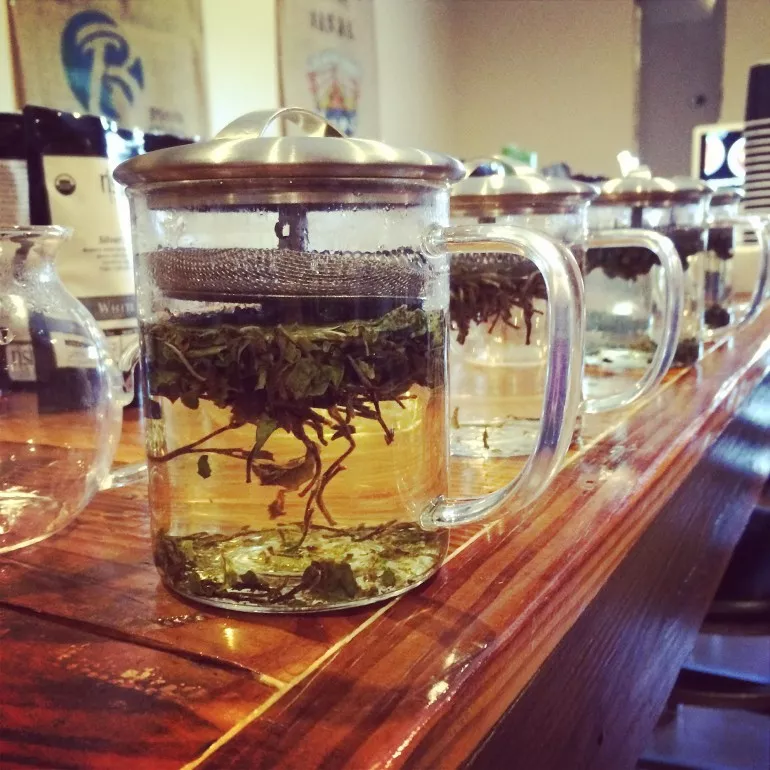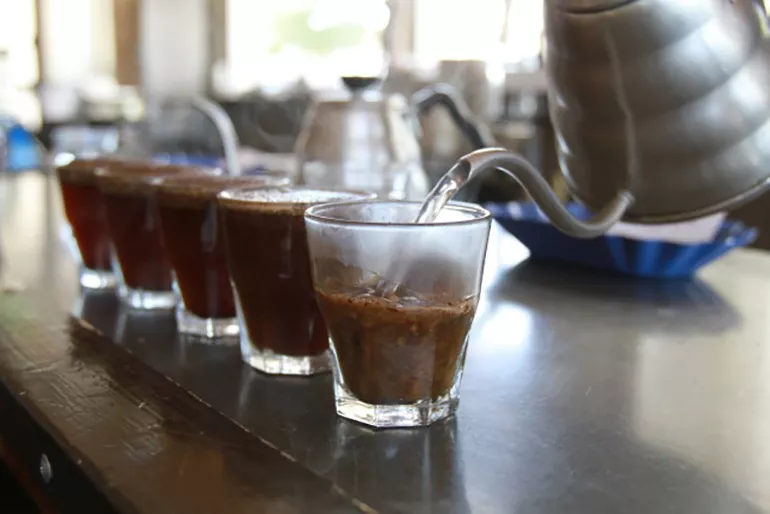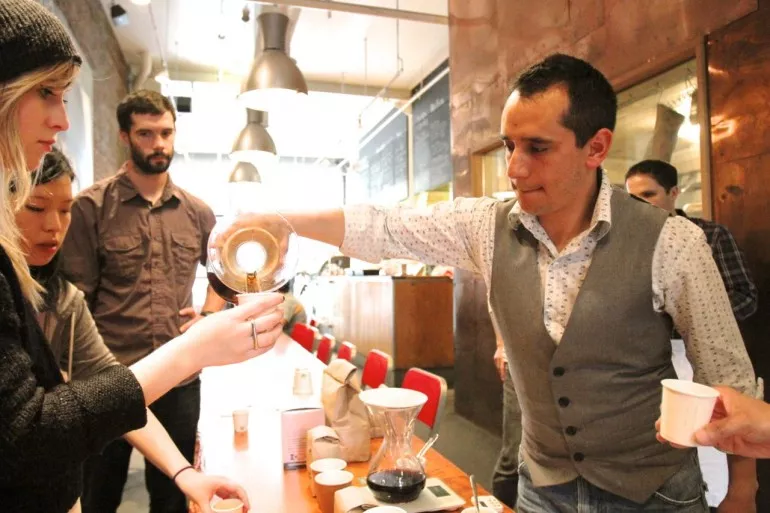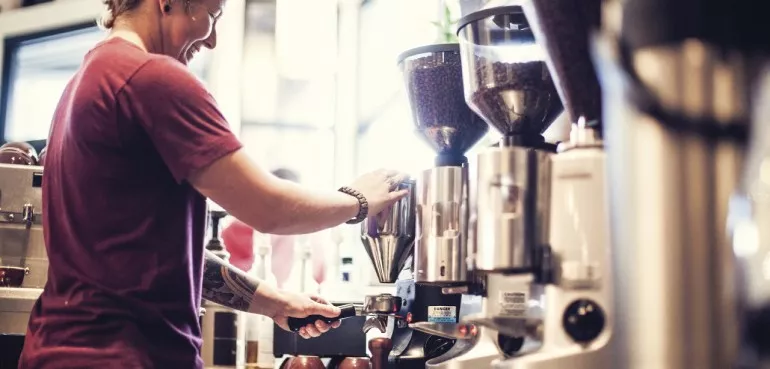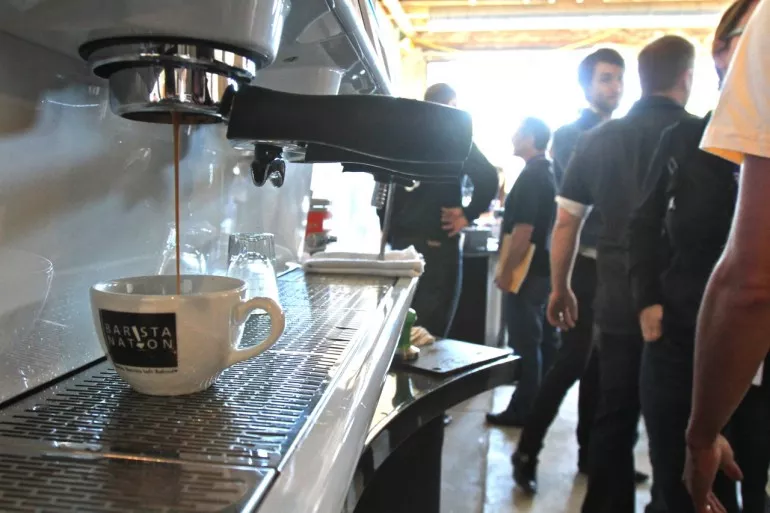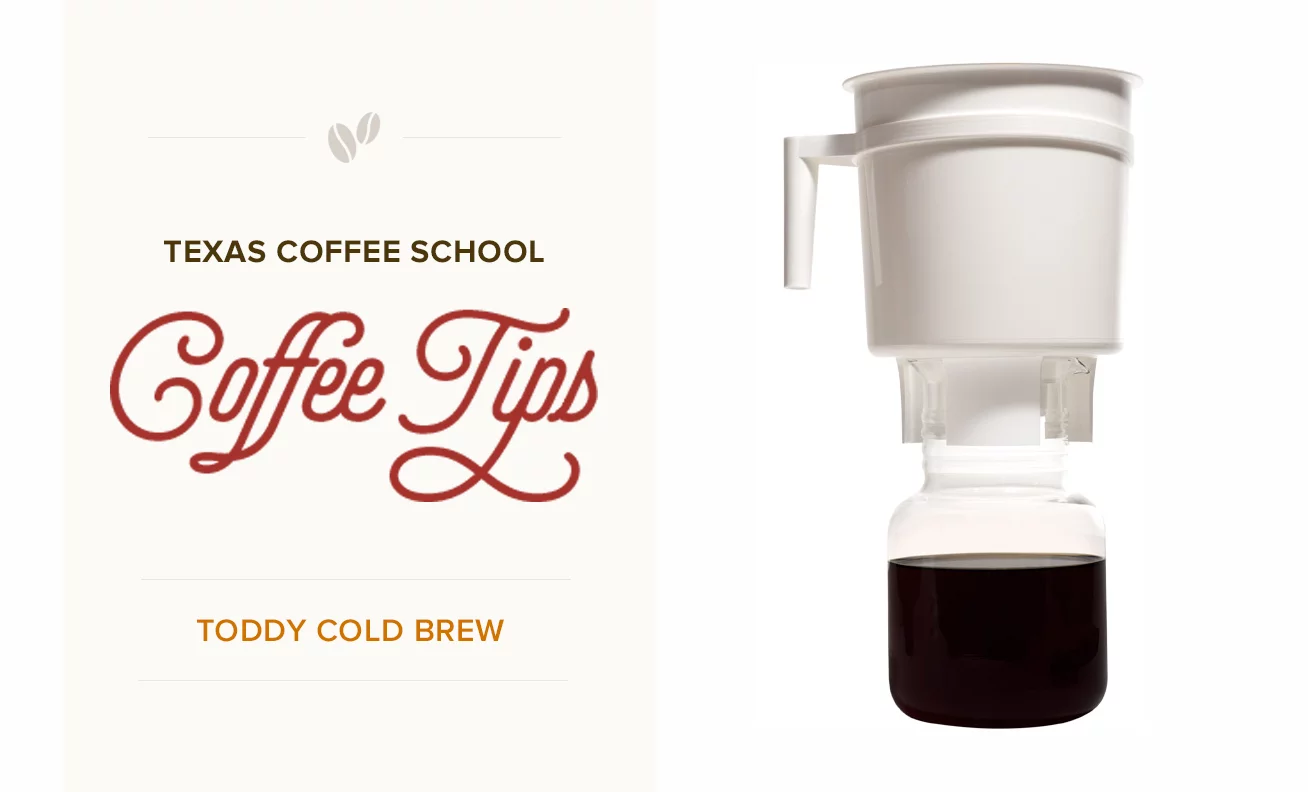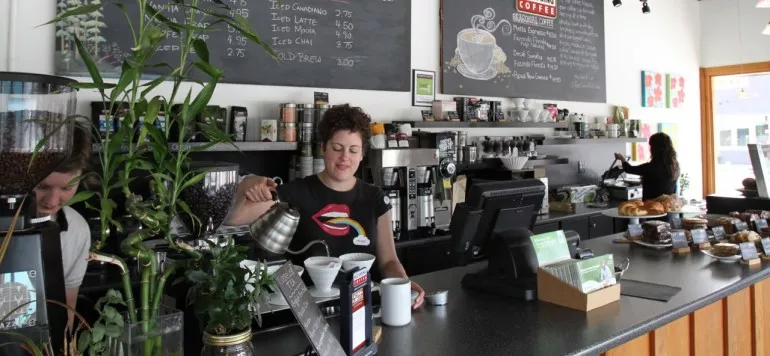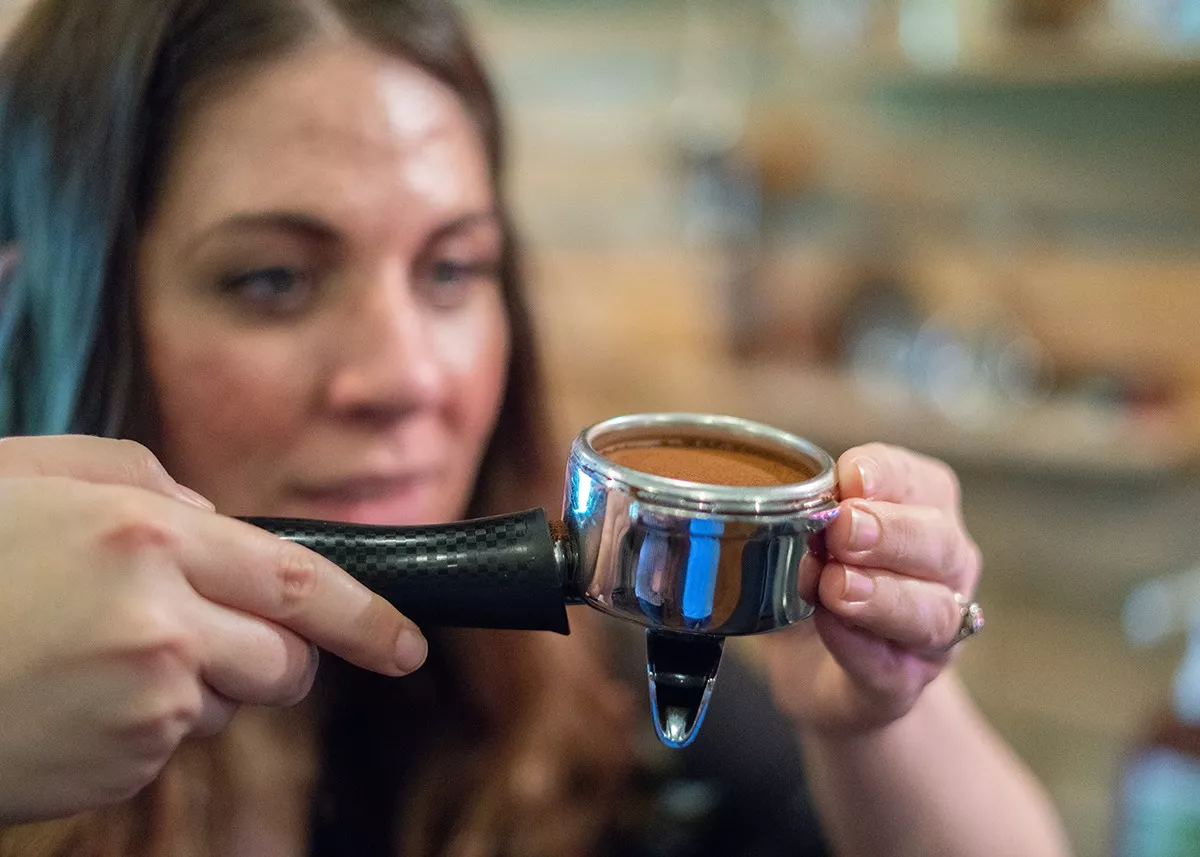
Is Inconsistency Killing Your Coffee Business From Within?
Since you are reading a coffee school blog right now it is probably safe to assume you have visited a certain large chain “green mermaid” coffee shop before. Perhaps even more than once…
Think about your last visit. How did your drink taste? Now think about how all your drinks have ever tasted at every location of this large chain coffee shop. Chances are, you got a pretty consistent experience nearly every visit, regardless of location, or staff on duty.
Consistency is something the big coffee chains have mastered, and it has played a huge role in their worldwide success. You personally may not love their coffee, menu offerings, or methodology, but their numbers are staggering. They are obviously doing something, right. There are many lessons that can be learned, but what is of note here today is that consistency is something that is vital to any and every successful coffee business.
The first step towards consistency is a consistent raw product. If you are a retailer this can easily be accomplished by taking great care to select a coffee roaster that can consistently deliver fresh and delicious whole bean coffee. The next step is to be able to consistently prepare this coffee to quality standards. This step is a little more difficult… This is where quality barista training comes into play.
A common issue many cafes suffer from is having a staff comprised of a few “all-star” baristas and a sizable bunch of “time card punchers,” or people just using this job as a stepping stone. The “all-star” baristas are the ones who are passionate about their jobs, they make an effort to keep learning, and they always strive to serve the best drinks they are able to produce. They do this because it makes them feel good, and it isn’t just a job, it’s a lifestyle choice. The other group do their jobs well enough to get by, but they are usually lacking in passion or long term desire to be in specialty coffee.
You’ll often hear customers in cafes tell their favorite barista “I’m always glad to see you behind the bar when I come in, you make the best drinks.” This may be good for the ego of the barista, but it’s terrible from the coffee business owner’s perspective. What that customer really just said is “The level of consistency from barista to barista in this coffee shop is pretty bad.”
A quality in-house barista training system is the way to remedy this situation. In-house barista training programs in specialty cafes need to be carefully planned and implemented. (You’d be amazed at the number of cafes out there that don’t have any structure to their in-house staff training programs at all.) (And no, telling your new hire to shadow another barista for a couple days does not constitute a quality staff training program).
Here are a few things to consider when pondering how to mold your “other group” into “all-stars”:
OBJECTIVE:
What is your objective in the context of this internal staff training program? Probably something along the lines of “To have the best baristas with the highest level of consistency possible.”
SKILL SETS:
What skill-sets will be required to achieve the goals defined by your objective?
Your baristas will have to know how to:
- Consistently dial in espresso to a specific flavor profile
- Know how to consistently achieve the same (and appropriate) milk texture and temperature for different beverages
- Be able to consistently and accurately follow recipes
- Be able to work as a team
- Be able to consistently execute high-level hospitality and customer service, etc.
TOOLS:
What tools will be required for your baristas to master these skill sets?
The number one tool they will require is a solid foundation of barista training. Third party organizations such as professional coffee schools can be a great way to provide your staff a foundation, but it’s not going to be realistic or economically feasible to send every barista you ever hire for off-site, multi-day barista training (unless, perhaps, you live in the same city as the coffee school). Some coffee shop owners look toward online barista training, but anyone who’s ever been a barista, or has worked in a quality oriented cafe will quickly tell you, “you just can’t learn many of the key aspects of the barista trade by clicking a mouse at your desk, it is a very hands-on learning process.” What you are going to need is an in-house barista trainer. We will touch more on this in a moment.
MEASUREMENT:
How are you going to objectively measure whether or not your staff have mastered these skill sets?
Many cafe owners or managers are hesitant to implement testing or systems to measure knowledge or practical skill in fear of being “too corporate,” staff revolt, or due to flat out laziness. Without a real way to measure the competency of your staff you will never fully understand where your baristas stand in terms of personal development, and there is no real motivation for your staff to want to learn, grow and prove themselves (some people will excel absent any such motivation, however, most will not).
By far the most effective way to achieve your goal of consistency is to implement your own in-house trainer for ongoing staff education and skill assessment. Typically an in-house trainer will be your barista manager.
By having one person responsible for implementing a regimented in-house training system you can ensure everyone is hearing the same information and being taught the same way. By having this trainer be a manger who is also responsible for administering skill-testing and quality control, there will be a transparent chain of command and a high level of accountability within the program.
Characteristics of An Effective In-House Trainer:
There are several key characteristics to consider when selecting a barista manager or in-house trainer:
Is this person QUALIFIED?
This person should have some practical experience already in place, ideally with a foundation of professional barista training from either a coffee school or a trade organization. It is important to remember that just because someone is a good barista, it does not necessarily mean they are, or want to be an effective communicator or teacher. First and foremost be sure this person has an interest in training and has a knack for effective communication. Make sure the person you select for this role is not a know-it-all, or elitist in the way they communicate with others. It is important this person is approachable and is always willing to learn something new themselves.
If you decide to put someone in this role and they have all the personality traits you desire, but perhaps lack in practical experience, it is important to get that person the tools they need to succeed, in this case: formal training from a professional coffee school and/or trade organization.
Is this person PASSIONATE about coffee?
One exceptionally important pre-requisite for a barista trainer role is, you guessed it, a passion for coffee. Someone that lacks passion for coffee and a passion to learn will never excel, no matter how many times they are told or shown the same things. Passion definitely cannot be taught or trained so make sure to hire an individual that is passionate about their craft, and has the ability to focus that passion.
Can this person COMMUNICATE effectively?
Effective communication is another thing that cannot be taught (or at least not easily). Sure, there are public speaking courses out there, but captivating your audience relies heavily on the speaker’s personality and overall ability to keep others engaged. It is one of those things that some people just have. The person responsible for training your staff will be communicating concepts that can be complicated for those that have never been exposed to them before. It is important for your trainer to be able to communicate complex ideas in a simple, meaningful, and accessible manner. Effective communication skills will also enable your trainer to cultivate a relationship of trust with your staff, allowing them to provide critical feedback and correction when needed.
Is this person DETAIL-ORIENTED?
Attention to detail is a vital characteristic for any successful employee. It’s especially important that your trainer be detail oriented. Aside from training the staff, this person will be responsible for ensuring that the concepts and skills communicated are carried out into the store, and are up to the standards of the store. Being able to stay on top of details and ensuring that all standards are being met is going to be one of the most important aspects of maintaining a high level of consistency.
Is this person PATIENT?
Training is an ongoing process. Some people are able to digest new information and acquire new skills more easily than others. An effective trainer is going to have to be able to assess the competencies of various trainees and accommodate for different learning styles, and personalities on the fly. It is important that your trainer be able to adapt, correct, and re-teach the same information until the trainee truly internalizes it without getting frustrated. Learning something new and having to attempt things for the first time in front of others can be difficult for some people and having a patient and empathetic trainer will help broaden the trainees’ comfort zones.
Training the Trainer
The last thing we need to address is the concept of training the trainer. Investing in your trainer is investing in your entire staff. It is imperative that the person shaping your staff is actually equipped with good information. There’s a lot of information about coffee out there, there’s a variety of coffee jobs someone may have had, there’s a lot of videos online, etc. The list goes on. The problem with a lot of this information is that it can range from actual facts, to informed guesses, to flat out wrong. High-level coffee knowledge is a fairly new thing in comparison to the age of the coffee industry as a whole. There’s a lot of outdated and incorrect information floating around out there. The best way to ensure your staff is receiving quality learning is by sponsoring your in-house trainer to get high-quality coffee education from vetted industry pros who have “been there,” “done that,” and have a track record of success backing them up. At Texas Coffee School we have helped literally hundreds of cafes incorporate high level training programs into their businesses and the differences these programs have made has been remarkable. Click here for more information on our coffee education program, barista training classes, coffee business classes.
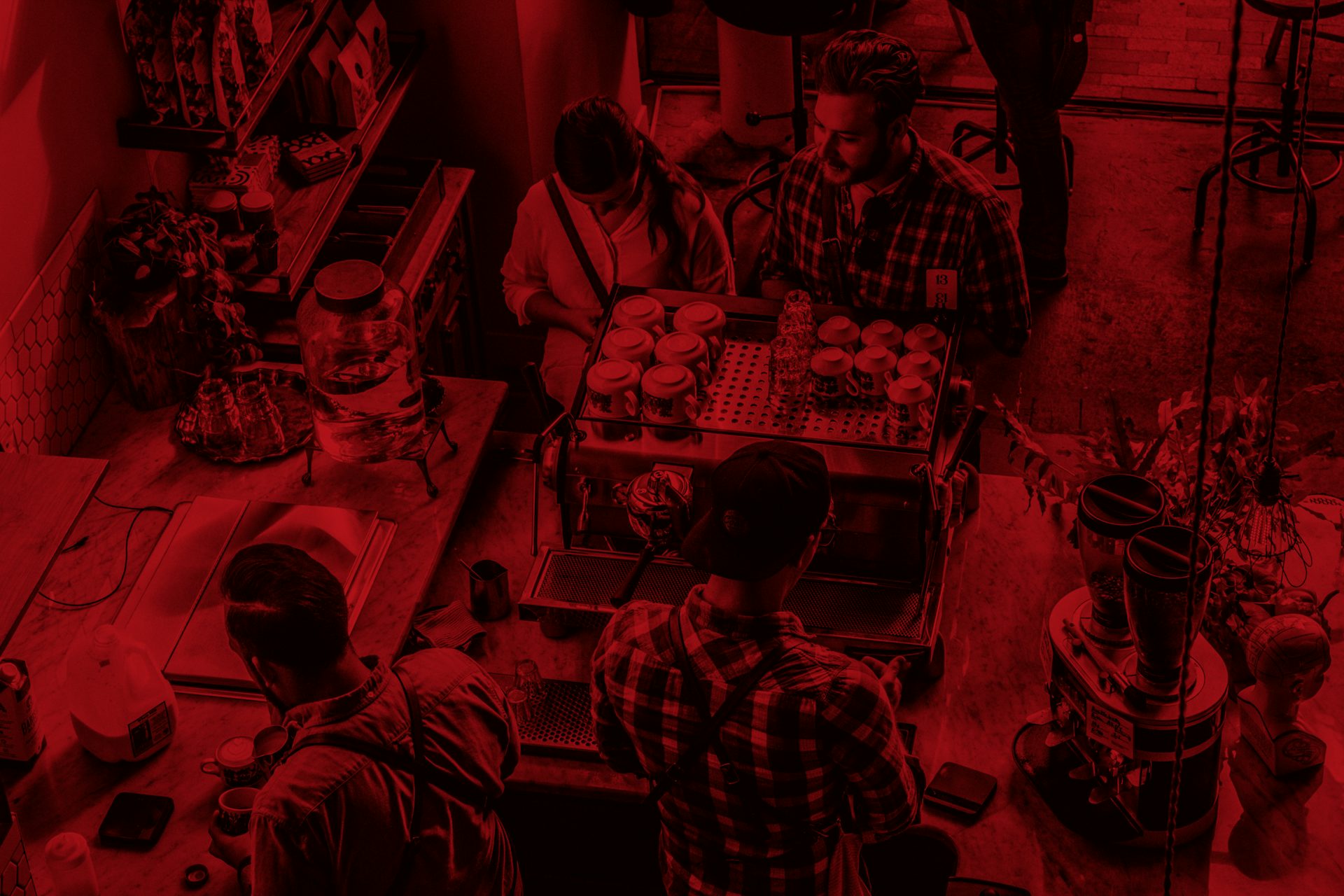
Register for a Coffee Class
The Best Coffee Training Available
We’ve helped hundreds of students successfully launch their own coffee shop businesses. Join us in our 5-Star Rated Coffee Classes, whether you’re an aspiring entrepreneur looking to open a coffee shop, a manager, a barista or home enthusiast looking to sharpen your skills.


